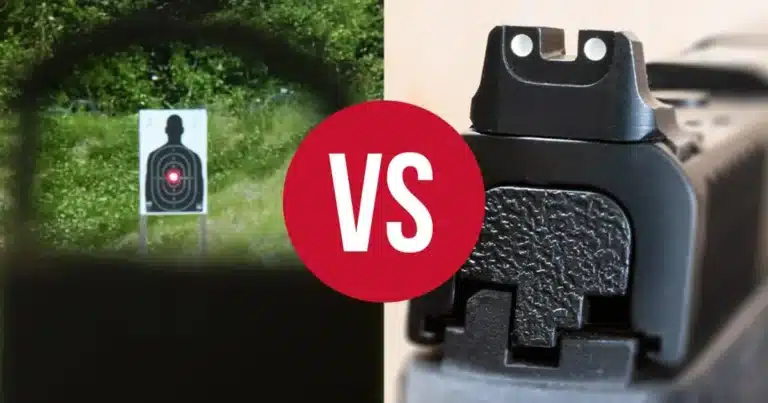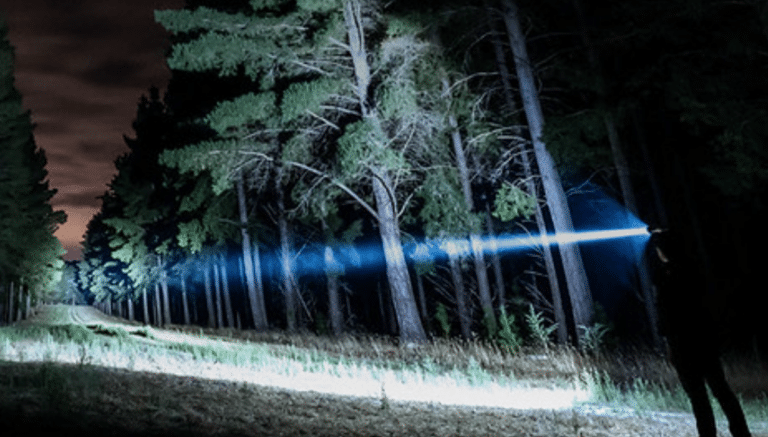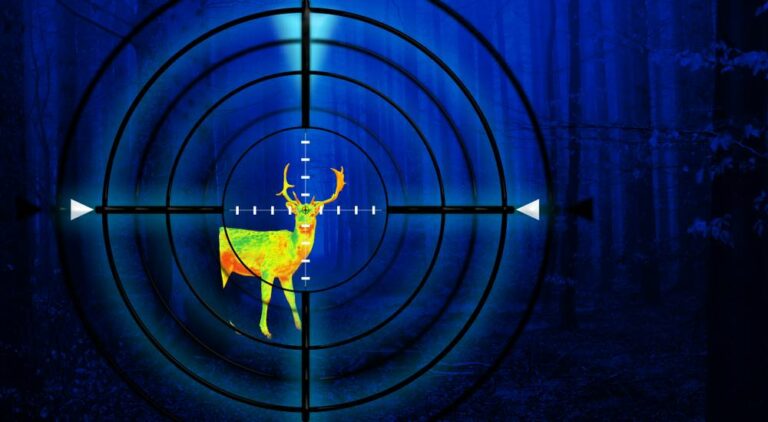As a hunting enthusiast, you know that your success depends on your ability to see your prey. Hunting at night can be an excellent way to increase your chances of a successful hunt, but it requires specialized gear, such as a night vision monocular. In this article, we’ll discuss the pros and cons of using a hunting night vision monocular to help you make an informed decision about whether or not it’s right for you.
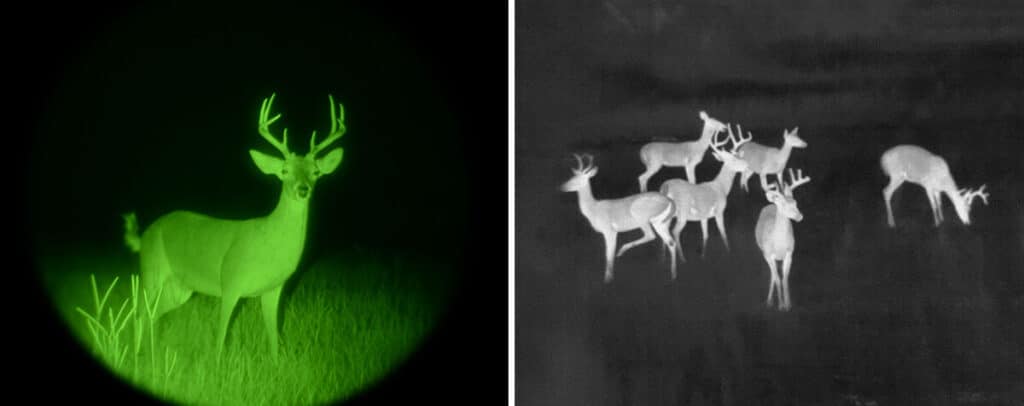
What is a hunting night vision monocular?
A hunting night vision monocular is a device that allows you to see in low-light conditions. It’s a handheld device that typically has one eyepiece and uses an infrared illuminator to help you see in the dark. It works by amplifying the available light and converting it into an image that you can see through the monocular eyepiece.
Pros of using a hunting night vision monocular
Improved night vision
The primary advantage of using a hunting night vision monocular is that it allows you to see in the dark. This is a significant advantage for hunters who want to be able to track and observe their prey in low-light conditions. With a night vision monocular, you can see more clearly and in greater detail than you could with just your naked eye.
Enhanced accuracy
Another advantage of using a hunting night vision monocular is that it can help you aim more accurately. With improved night vision, you’ll be able to see your target more clearly and make more precise shots. This can lead to a higher success rate and fewer missed shots.
Increased safety
Using a hunting night vision monocular can also increase your safety while hunting. It allows you to see obstacles, such as rocks or fallen branches, that could cause you to trip or fall. Additionally, you’ll be able to see any potential hazards, such as other hunters, in your vicinity.
Ability to hunt more efficiently
Hunting at night can be a more efficient use of your time, especially during hunting seasons when prey are most active at night. Using a hunting night vision monocular allows you to hunt during these hours, giving you more opportunities to fill your tags.
Versatility
A hunting night vision monocular is a versatile tool that can be used for more than just hunting. It can be used for camping, hiking, and other outdoor activities that require improved night vision.
Cons of using a hunting night vision monocular
Cost
One of the primary disadvantages of using a hunting night vision monocular is its cost. Night vision technology is still relatively new and can be expensive.
Limited range
Another disadvantage of using a hunting night vision monocular is its limited range. The distance that you can see through a night vision monocular is typically less than what you can see with the naked eye during the day. This can make it challenging to spot targets that are farther away.
Dependence on battery life
A hunting night vision monocular is battery-powered, which means that it’s dependent on battery life. If the battery runs out while you’re hunting, you won’t be able to use the device until you replace the battery or recharge it. This can be inconvenient if you’re in the middle of a hunt and don’t have a spare battery.
Limited field of view
A hunting night vision monocular typically has a limited field of view compared to other night vision devices, such as goggles or scopes. This can make it difficult to spot targets that are outside of your immediate field of view.
Ethical concerns
Using a hunting night vision monocular can raise ethical concerns among some hunters. Some hunters argue that it gives an unfair advantage over the prey and goes against the principle of fair chase. It’s important to consider these ethical concerns before deciding whether or not to use a hunting night vision monocular.
How to choose the right hunting night vision monocular
When choosing a hunting night vision monocular, there are several factors to consider, including:
- Image quality: Look for a device with high resolution and image clarity.
- Range: Choose a device with a range that meets your needs.
- Battery life: Make sure the device has sufficient battery life for your hunting trips.
- Durability: Look for a device that can withstand harsh weather conditions and rough handling.
- Cost: Consider your budget and choose a device that provides the features you need within your price range.
Tips for using a hunting night vision monocular
- Practice using the device before your hunting trip to get familiar with its features and capabilities.
- Use the device in conjunction with other hunting equipment, such as a rifle or bow.
- Be aware of your surroundings and any potential hazards.
- Follow all hunting regulations and ethical guidelines.
Conclusion
Using a hunting night vision monocular can be a useful tool for hunters who want to improve their night vision and increase their chances of a successful hunt. However, it’s important to consider the pros and cons before deciding whether or not to use one. Factors such as cost, range, and ethical concerns should be taken into account when choosing a device.
Frequently asked questions
Is it legal to use a hunting night vision monocular?
It depends on local hunting regulations. Check with your local hunting authorities to ensure that you’re following all applicable laws and regulations.
What is the range of a hunting night vision monocular?
The range can vary depending on the device, but it’s typically less than what you can see with the naked eye during the day.
Can a night vision monocular be used in daylight?
No, a hunting night vision monocular is designed for use in low-light conditions and can be damaged by exposure to bright light.
How long do the batteries last in a night vision monocular?
Battery life can vary depending on the device and usage, but it’s typically several hours to a few days.
Are there any ethical concerns with using a hunting night vision monocular?
Some hunters argue that it goes against the principle of fair chase and gives an unfair advantage over the prey. It’s important to consider these ethical concerns before deciding whether or not to use.

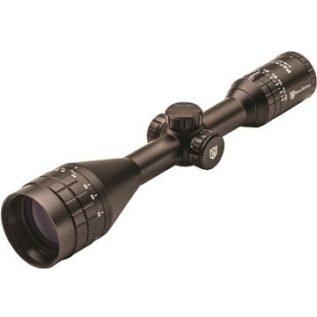 Nikko Stirling Scope - Panamax - 4-12x50mm - HMD
Nikko Stirling Scope - Panamax - 4-12x50mm - HMD 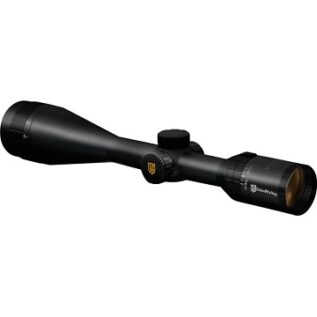 Nikko Stirling Scope - Panamax - 8-24x50mm - HMD
Nikko Stirling Scope - Panamax - 8-24x50mm - HMD 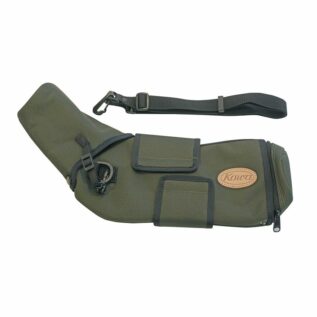 Kowa C-771 TSN-773 Spotting Scope Stay On Case
Kowa C-771 TSN-773 Spotting Scope Stay On Case 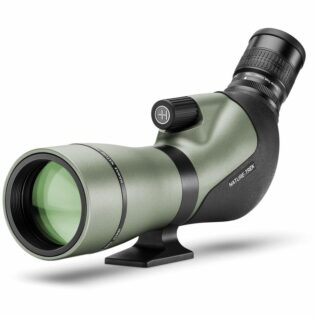 Hawke Nature-Trek 16-48X65 Spotting Scope
Hawke Nature-Trek 16-48X65 Spotting Scope 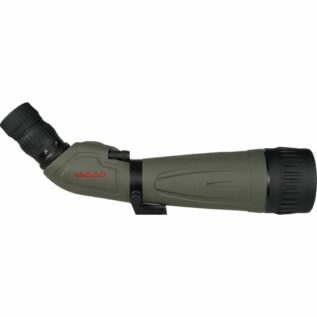 Tasco 20-60x80mm Spotting Scope
Tasco 20-60x80mm Spotting Scope 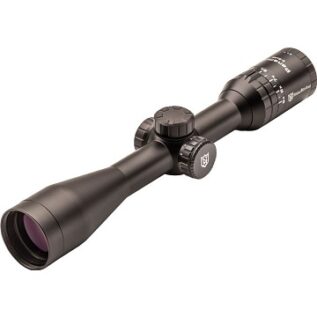 Nikko Stirling Scope - Panamax - 3-9x40mm - HMD
Nikko Stirling Scope - Panamax - 3-9x40mm - HMD 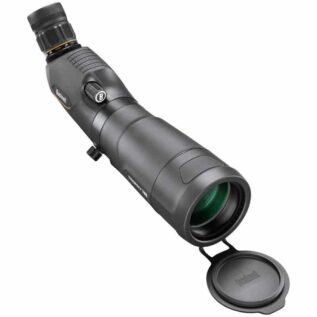 Bushnell Trophy Xtreme 20-60x65 Spotting Scope
Bushnell Trophy Xtreme 20-60x65 Spotting Scope 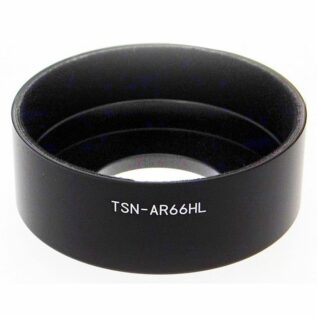 Kowa TSN-AR66HL 50mm Adapter Ring
Kowa TSN-AR66HL 50mm Adapter Ring 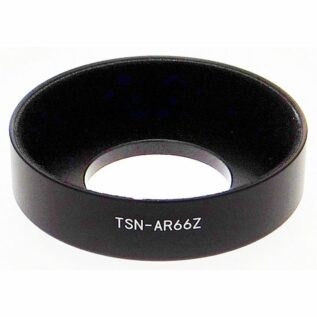 Kowa TSN-AR66Z 50mm Adapter Ring
Kowa TSN-AR66Z 50mm Adapter Ring 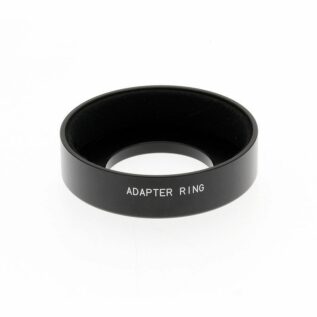 Kowa TSN-AR500 TSN-500 37,5mm Adapter Ring
Kowa TSN-AR500 TSN-500 37,5mm Adapter Ring 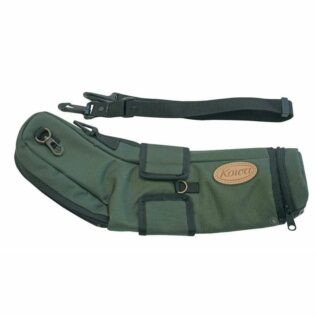 Kowa C-601 TSN-601 Stay On Case
Kowa C-601 TSN-601 Stay On Case 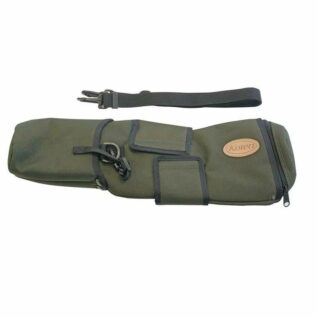 Kowa C-882 TSN-884 Stay On Case
Kowa C-882 TSN-884 Stay On Case 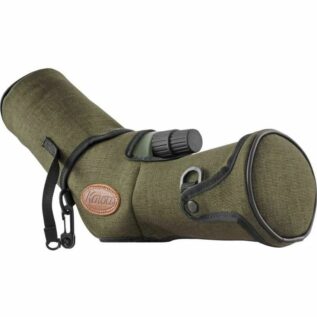 Kowa C-553 TSN-553 Stay On Case
Kowa C-553 TSN-553 Stay On Case 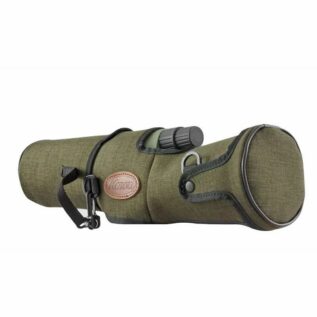 Kowa C-554 TSN-554 Stay On Case
Kowa C-554 TSN-554 Stay On Case 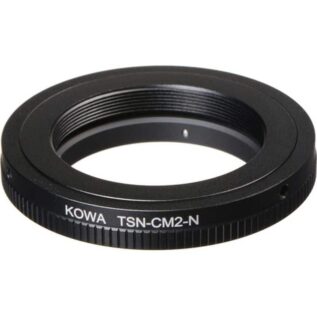 Kowa TSN-CM2 Nikon F Camera Adapter Ring
Kowa TSN-CM2 Nikon F Camera Adapter Ring 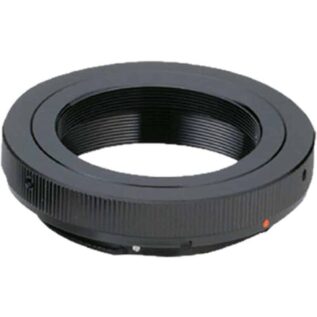 Kowa TSN-CM2 M4/3 Camera Adapter Ring
Kowa TSN-CM2 M4/3 Camera Adapter Ring 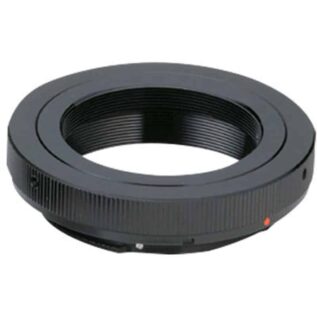 Kowa TSN-CM2-SE Sony SE Camera Adapter Ring
Kowa TSN-CM2-SE Sony SE Camera Adapter Ring 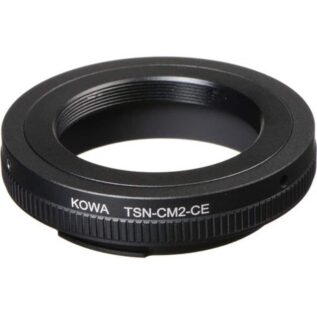 Kowa TSN-CM2 Canon EOS Camera Adapter Ring
Kowa TSN-CM2 Canon EOS Camera Adapter Ring 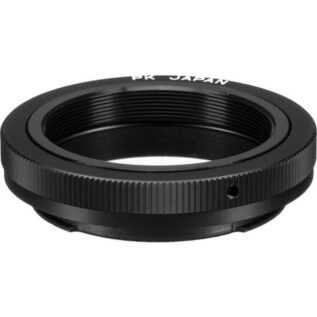 Kowa TSN-CM2 Pentax K Mount Camera Adapter Ring
Kowa TSN-CM2 Pentax K Mount Camera Adapter Ring 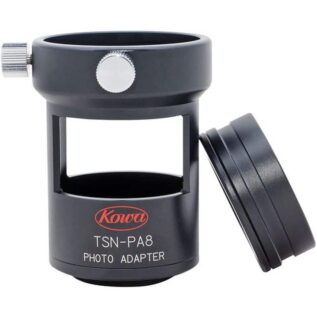 Kowa TSN-PA8 Digiscoping Adapter
Kowa TSN-PA8 Digiscoping Adapter 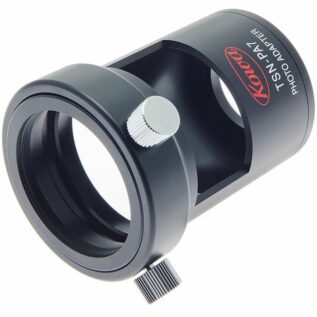 Kowa TSN-PA7A Digiscoping Adapter
Kowa TSN-PA7A Digiscoping Adapter 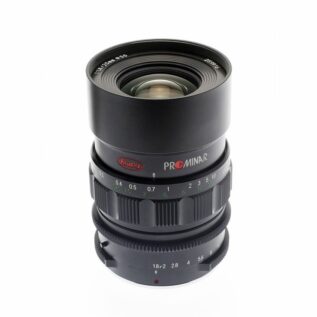 Kowa Prominar MFT 25mm F1.8 Black Lens
Kowa Prominar MFT 25mm F1.8 Black Lens 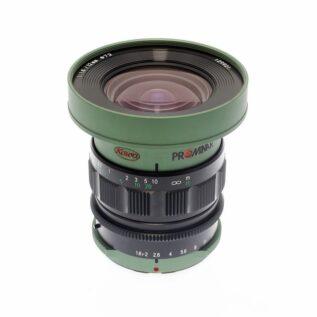 Kowa Prominar MFT 12mm F1.8 Green Lens
Kowa Prominar MFT 12mm F1.8 Green Lens  Kowa Prominar MFT 8.5mm F2.8 Silver Lens
Kowa Prominar MFT 8.5mm F2.8 Silver Lens 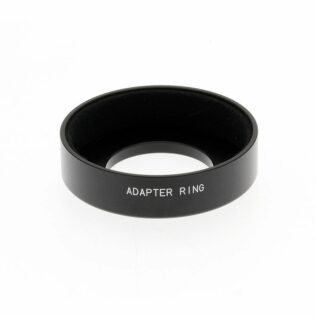 Kowa TSN-AR11WZ 55mm Smartphone Adapter Ring
Kowa TSN-AR11WZ 55mm Smartphone Adapter Ring 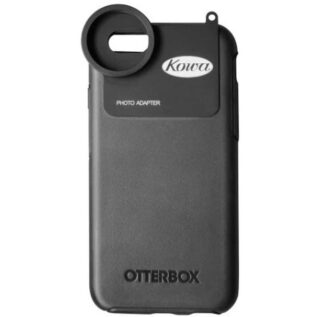 Kowa FW-HSIPX Iphone X Smartphone Adapter
Kowa FW-HSIPX Iphone X Smartphone Adapter 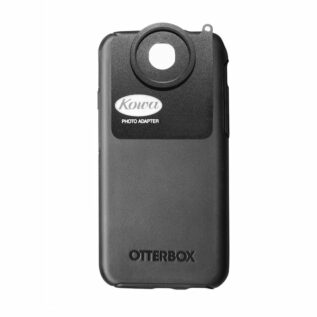 Kowa TSN-GAS10 RP Samsung Galaxy S10 Smartphone Adapter
Kowa TSN-GAS10 RP Samsung Galaxy S10 Smartphone Adapter 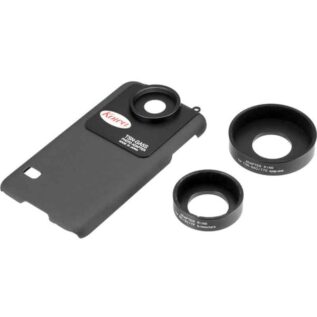 Kowa TSN-GA4S Samsung Galaxy S5 Smartphone Adapter
Kowa TSN-GA4S Samsung Galaxy S5 Smartphone Adapter 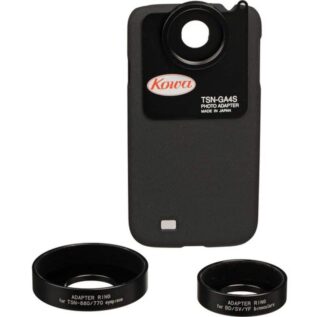 Kowa TSN-GA4S Samsung Galaxy S4 Smartphone Adapter
Kowa TSN-GA4S Samsung Galaxy S4 Smartphone Adapter 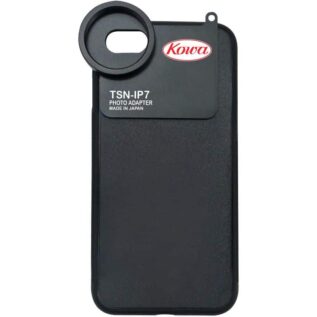 Kowa TSN-IP7 iPhone 7 Smartphone Adapter
Kowa TSN-IP7 iPhone 7 Smartphone Adapter 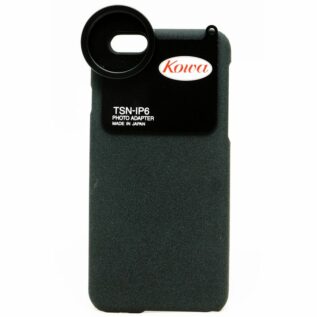 Kowa TSN-IP6 iPhone 6 Smartphone Adapter
Kowa TSN-IP6 iPhone 6 Smartphone Adapter 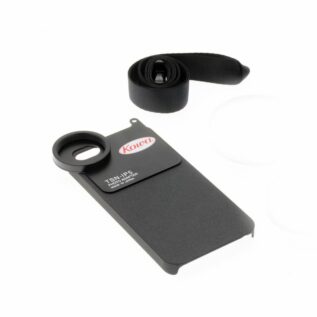 Kowa TSN-IP5 iPhone 5 Smartphone Adapter
Kowa TSN-IP5 iPhone 5 Smartphone Adapter 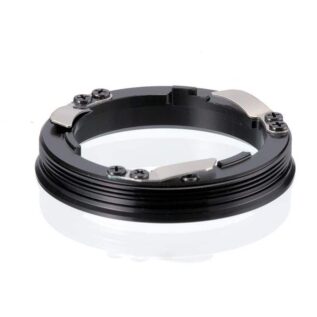 Kowa TSN-EC1A Eyepiece Conversion Ring
Kowa TSN-EC1A Eyepiece Conversion Ring 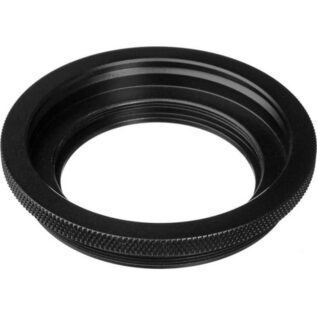 Kowa TSN-CR3 Conversion Ring
Kowa TSN-CR3 Conversion Ring 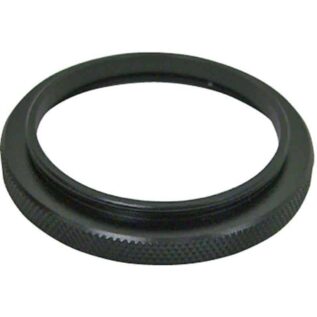 Kowa TSN-VA2-CR Conversion Ring
Kowa TSN-VA2-CR Conversion Ring 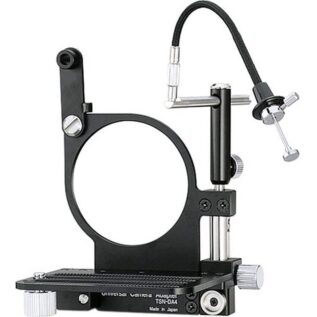 Kowa TSN-DA4 Digiscoping Adapter
Kowa TSN-DA4 Digiscoping Adapter 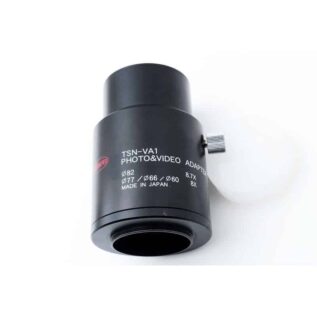 Kowa TSN-VA1 Digiscoping Digital Camera Adapter
Kowa TSN-VA1 Digiscoping Digital Camera Adapter 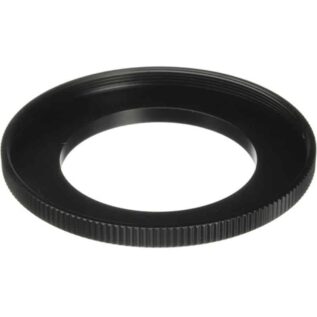 Kowa TSN-AR Series 43mm Camera Adapter Ring
Kowa TSN-AR Series 43mm Camera Adapter Ring 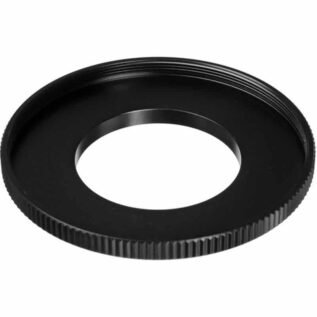 Kowa TSN-AR Series 37mm Camera Adapter Ring
Kowa TSN-AR Series 37mm Camera Adapter Ring 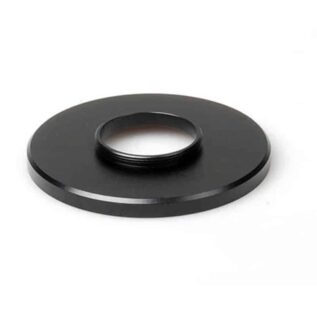 Kowa TSN-AR Series 28mm Camera Adapter Ring
Kowa TSN-AR Series 28mm Camera Adapter Ring 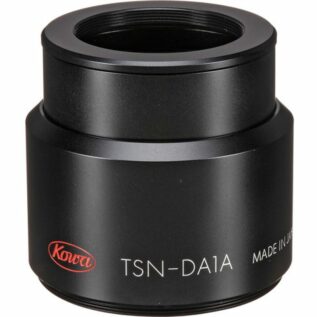 Kowa TSN-DA1 Digiscoping Digital Camera Adapter
Kowa TSN-DA1 Digiscoping Digital Camera Adapter 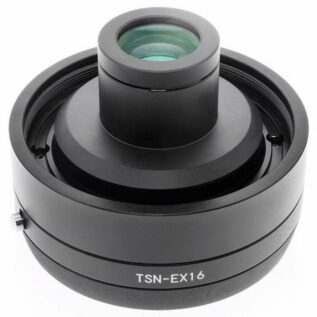 Kowa TSN-EX16 1.6x Eyepiece Extender
Kowa TSN-EX16 1.6x Eyepiece Extender 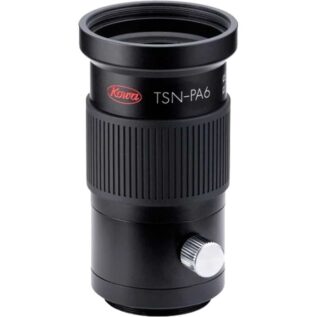 Kowa TSN-PA6 DSLR Camera Digiscoping Adapter
Kowa TSN-PA6 DSLR Camera Digiscoping Adapter 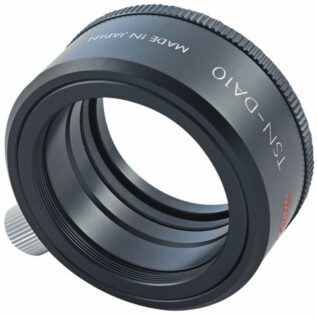 Kowa TSN-DA10 Digiscoping Adapter For TSN-99/88/880/770
Kowa TSN-DA10 Digiscoping Adapter For TSN-99/88/880/770 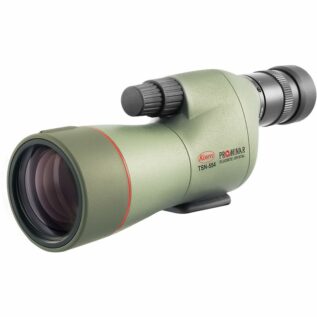 Kowa TSN-554 15-45x Straight Spotting Scope
Kowa TSN-554 15-45x Straight Spotting Scope 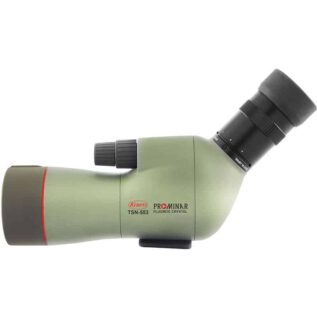 Kowa TSN-553 15-45x Angled Spotting Scope
Kowa TSN-553 15-45x Angled Spotting Scope 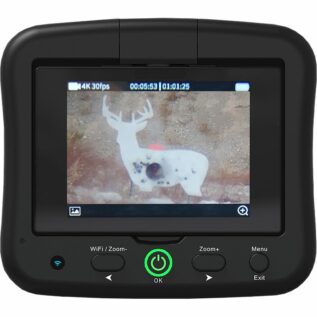 Tactacam Spotter LR Spotting Scope Camera
Tactacam Spotter LR Spotting Scope Camera 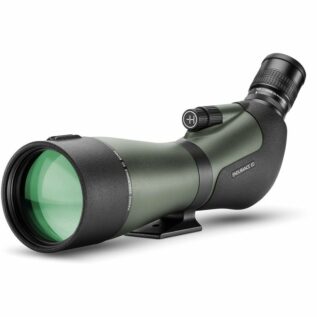 Hawke Endurance ED 25-75X85 Spotting Scope
Hawke Endurance ED 25-75X85 Spotting Scope 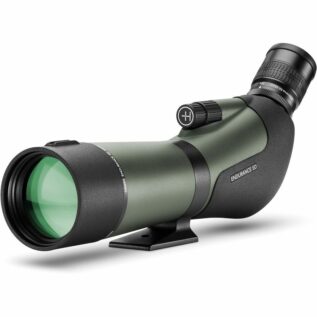 Hawke Endurance ED 20-60X68 Spotting Scope
Hawke Endurance ED 20-60X68 Spotting Scope 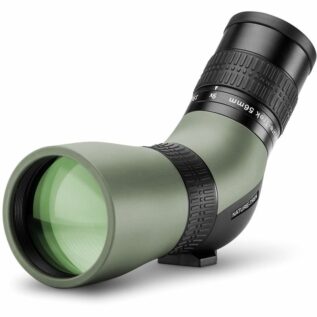 Hawke Nature-Trek 9-27x56 Spotting Scope
Hawke Nature-Trek 9-27x56 Spotting Scope 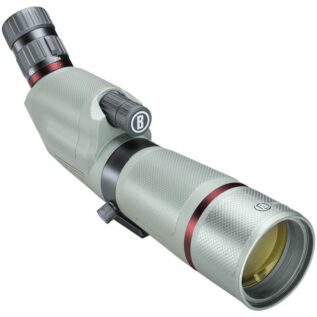 Bushnell 20-60x65 Nitro Spotting Scope
Bushnell 20-60x65 Nitro Spotting Scope 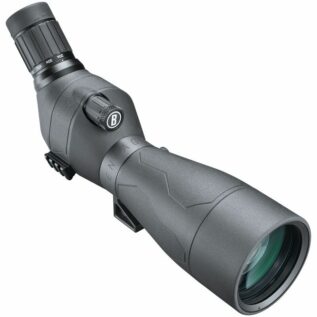 Bushnell 20-60x80 Engage DX Spotting Scope
Bushnell 20-60x80 Engage DX Spotting Scope 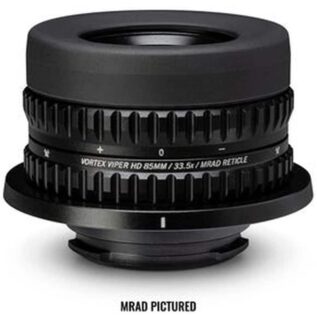 Vortex Viper HD Reticle Eyepiece - Ranging MRAD Reticle
Vortex Viper HD Reticle Eyepiece - Ranging MRAD Reticle 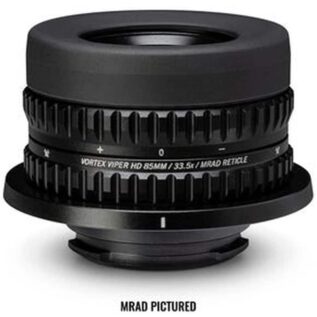 Vortex Viper HD Reticle Eyepiece - Ranging MOA Reticle
Vortex Viper HD Reticle Eyepiece - Ranging MOA Reticle 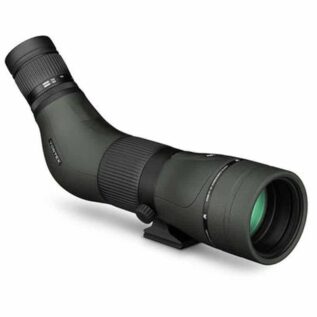 Vortex Diamondback HD 16-48x65 Spotting Scope - Angled
Vortex Diamondback HD 16-48x65 Spotting Scope - Angled 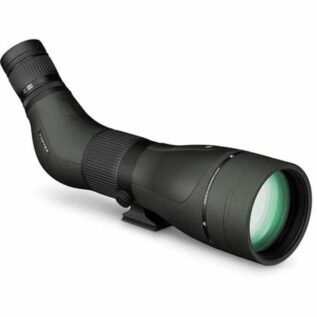 Vortex Diamondback HD 20-60x85 Spotting Scope - Angled
Vortex Diamondback HD 20-60x85 Spotting Scope - Angled 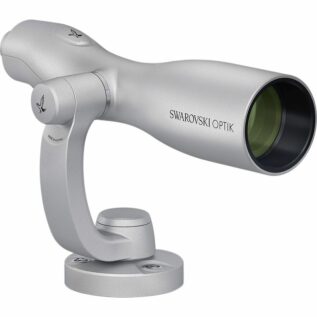 Swarovski ST Vista 30x95mm Spotting Scope
Swarovski ST Vista 30x95mm Spotting Scope 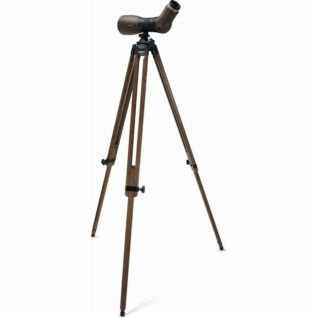 Swarovski ATX Interior 25-60x85mm Spotting Scope with Wooden Tripod
Swarovski ATX Interior 25-60x85mm Spotting Scope with Wooden Tripod 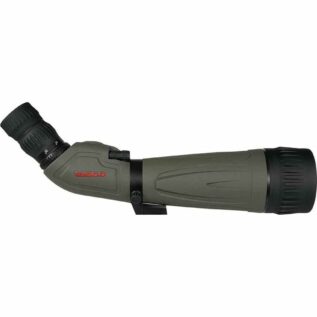 Tasco 20-60x60mm Spotting Scope
Tasco 20-60x60mm Spotting Scope 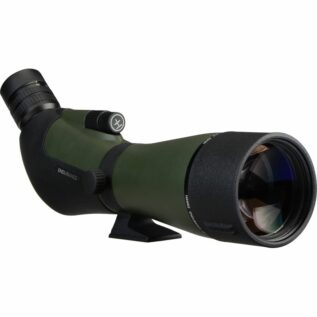 Hawke Endurance 20-60x85mm Spotting Scope
Hawke Endurance 20-60x85mm Spotting Scope 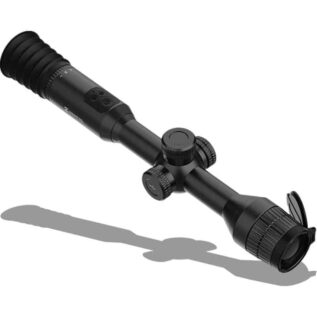 HikMicro Stellar SH35 35mm Thermal Scope
HikMicro Stellar SH35 35mm Thermal Scope 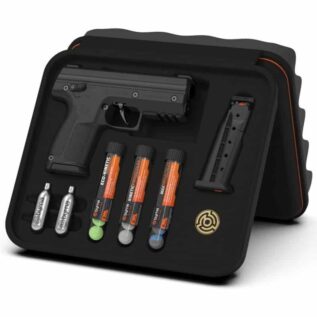 BYRNA Black SD Non Lethal Pistol Ready Kit
BYRNA Black SD Non Lethal Pistol Ready Kit 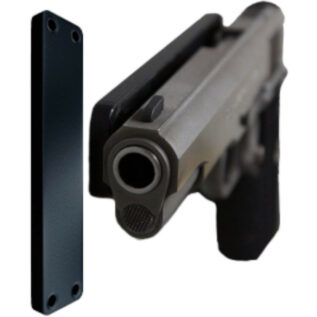 DEFCON Tactical Magnetic Gun Mount - 20KG Gun Magnet
DEFCON Tactical Magnetic Gun Mount - 20KG Gun Magnet 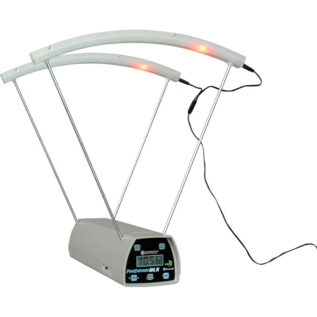 ProChrono DLX Chronograph
ProChrono DLX Chronograph 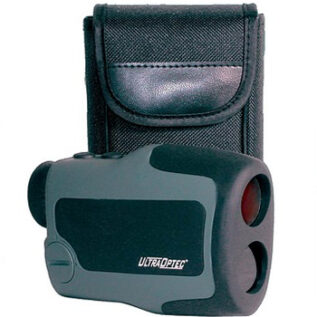 UltraOptec LR1 Laser Rangefinder
UltraOptec LR1 Laser Rangefinder 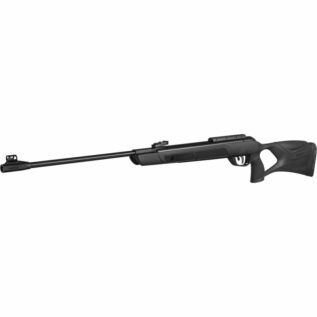 Gamo G-Magnum 1250 5.5mm Air Rifle
Gamo G-Magnum 1250 5.5mm Air Rifle 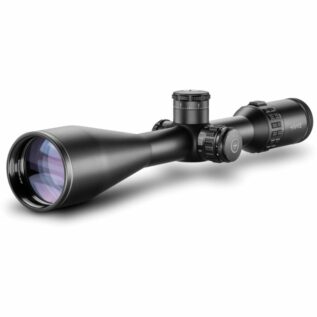 Hawke Sidewinder 30 SF 8-32x56 SR Pro II Riflescope
Hawke Sidewinder 30 SF 8-32x56 SR Pro II Riflescope 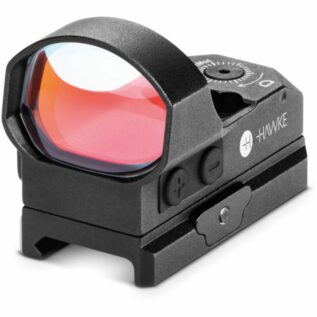 Hawke Reflex 3 MOA Wide View Weaver Red Dot Sight
Hawke Reflex 3 MOA Wide View Weaver Red Dot Sight 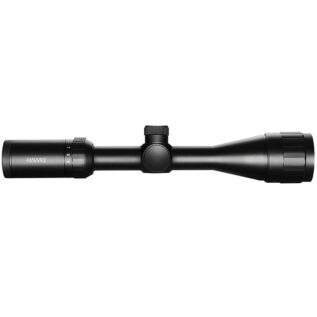 Hawke Vantage 4-12x40 AO Mil Dot Riflescope
Hawke Vantage 4-12x40 AO Mil Dot Riflescope 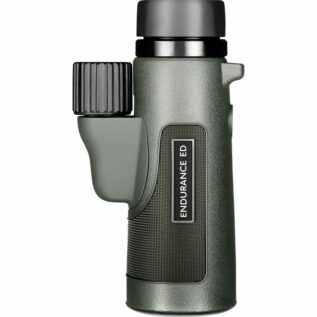 Hawke Endurance 10x42mm ED Monocular
Hawke Endurance 10x42mm ED Monocular 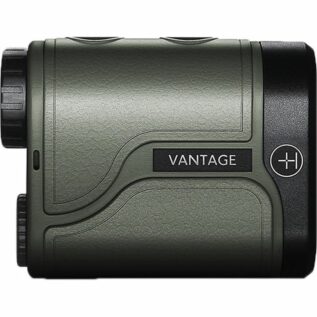 Hawke Vantage 900 Laser Rangefinder
Hawke Vantage 900 Laser Rangefinder 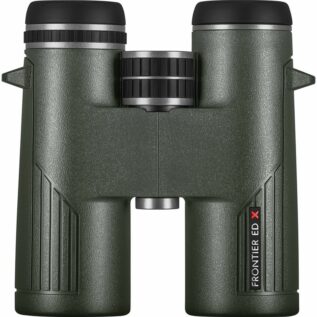 Hawke Green Frontier 10x42mm ED-X Binocular
Hawke Green Frontier 10x42mm ED-X Binocular 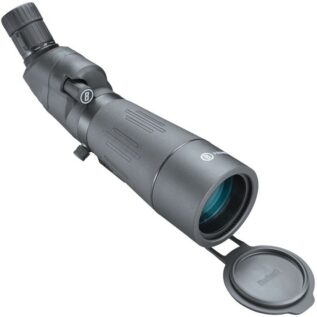 Bushnell Black Prime 20-60x65mm Angled Spotting Scope
Bushnell Black Prime 20-60x65mm Angled Spotting Scope 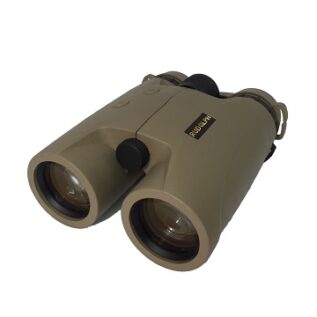 Rudolph Binocular - Rangefinder 8x42
Rudolph Binocular - Rangefinder 8x42 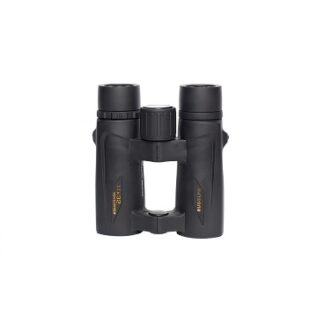 Rudolph Binocular - HD 8x32
Rudolph Binocular - HD 8x32 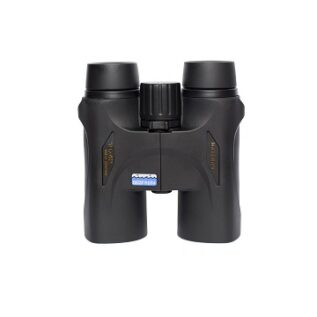 Rudolph Binocular - HD 10x42
Rudolph Binocular - HD 10x42 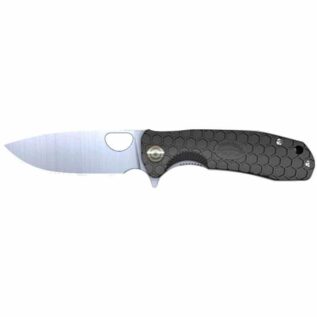 Honey Badger Leaf Folding Knife - Large/Black
Honey Badger Leaf Folding Knife - Large/Black 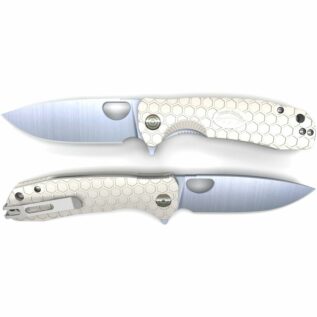 Honey Badger Flipper Folding Knife - White/Large
Honey Badger Flipper Folding Knife - White/Large 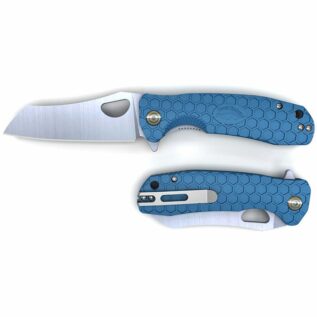 Honey Badger Wharncleaver Folding Knife - Blue/Medium
Honey Badger Wharncleaver Folding Knife - Blue/Medium 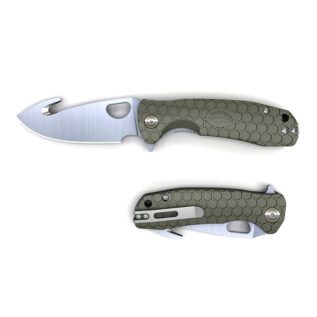 Honey Badger Hook Folding Knife - Green/Large
Honey Badger Hook Folding Knife - Green/Large 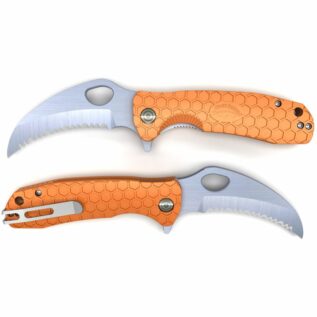 Honey Badger Claw Serrated Folding Knife - Orange/Large
Honey Badger Claw Serrated Folding Knife - Orange/Large  Honey Badger Large Hook Folding Knife - White
Honey Badger Large Hook Folding Knife - White 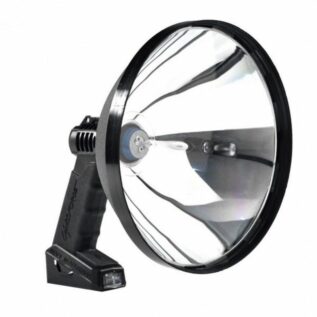 Lightforce Handheld Spotlight - Enforcer Halogen - 240mm - 100W
Lightforce Handheld Spotlight - Enforcer Halogen - 240mm - 100W 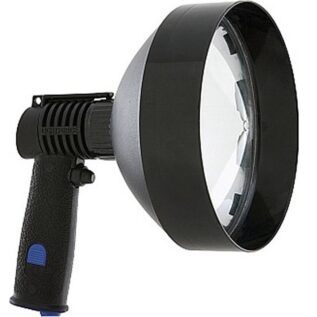 LightForce SpotLight - Hand Held Marine Striker 170 12V 100W
LightForce SpotLight - Hand Held Marine Striker 170 12V 100W 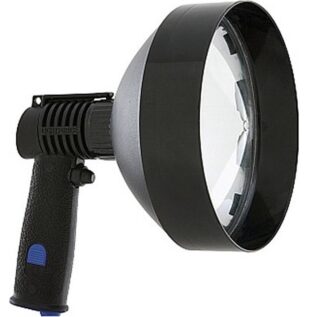 LightForce SpotLight - Hand Held Marine Lance 10 12V 75W
LightForce SpotLight - Hand Held Marine Lance 10 12V 75W 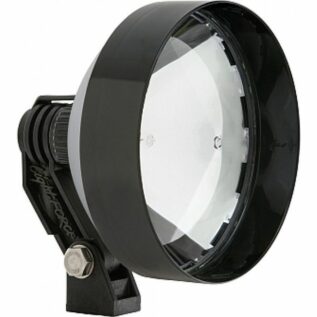 LightForce SpotLight - Blitz Remote Mounted 240mm With 12V 100W Xenophot Lamp
LightForce SpotLight - Blitz Remote Mounted 240mm With 12V 100W Xenophot Lamp 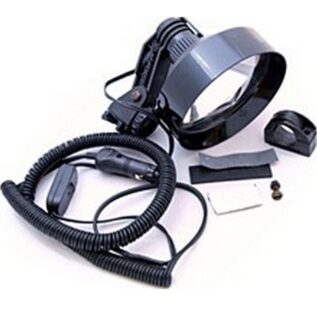 LightForce SpotLight - Nighthunter Scope Mounted 170mm With 12V 100W Xenophot Lamp
LightForce SpotLight - Nighthunter Scope Mounted 170mm With 12V 100W Xenophot Lamp 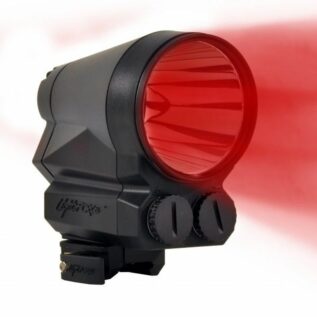 LightForce SpotLight - Hand Held or Firearm Mounting - LED Flashlight Red
LightForce SpotLight - Hand Held or Firearm Mounting - LED Flashlight Red 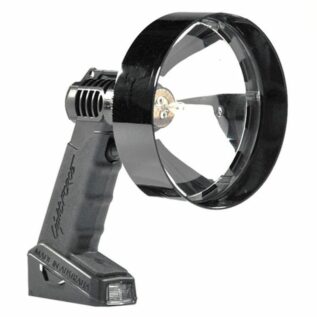 LightForce SpotLight - Hand Held Enforcer Variable Power 240mm 100W with Coiled Cord
LightForce SpotLight - Hand Held Enforcer Variable Power 240mm 100W with Coiled Cord 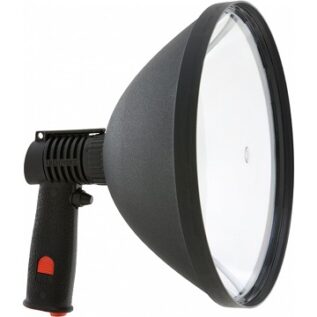 Lightforce Spotlight - SL240 Blitz - Handheld
Lightforce Spotlight - SL240 Blitz - Handheld 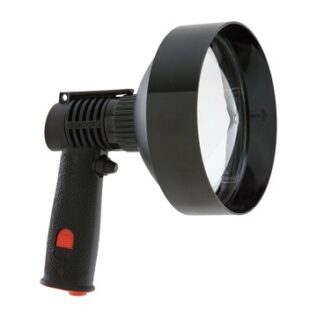 Lightforce Spotlight - SL170 Striker - Handheld
Lightforce Spotlight - SL170 Striker - Handheld  Sticky Holsters Holster - SM-3
Sticky Holsters Holster - SM-3  Sticky Holsters Holster - MD-4
Sticky Holsters Holster - MD-4 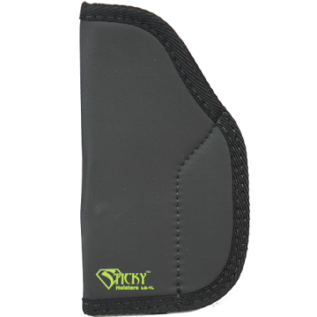 Sticky Holsters Holster - LG-1 (Long)
Sticky Holsters Holster - LG-1 (Long) 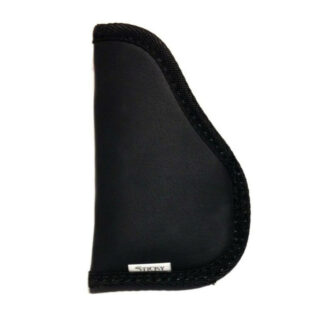 Sticky Holsters Large Kydex Sleeve
Sticky Holsters Large Kydex Sleeve 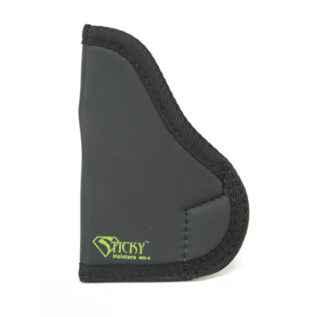 Sticky Holsters MD-4 Gen 1 Holster
Sticky Holsters MD-4 Gen 1 Holster  Sticky Holsters Holster - MD-4 (Modified for Laser)
Sticky Holsters Holster - MD-4 (Modified for Laser) 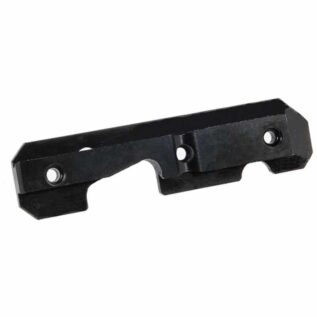 Leapers UTG AK47 Steel Dovetail Side Plate
Leapers UTG AK47 Steel Dovetail Side Plate 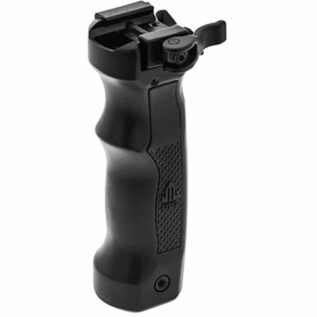 Leapers UTG D Grip Quick Release Deployable Bipod - Black
Leapers UTG D Grip Quick Release Deployable Bipod - Black 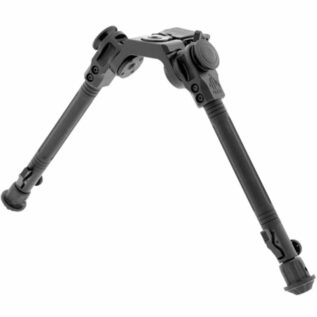 Leapers UTG Picatinny Over Bore Bipod - 7"-11"
Leapers UTG Picatinny Over Bore Bipod - 7"-11" 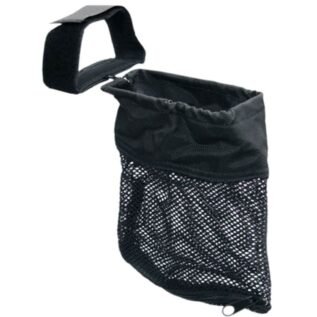 Leapers UTG AR15 Shell Catcher
Leapers UTG AR15 Shell Catcher 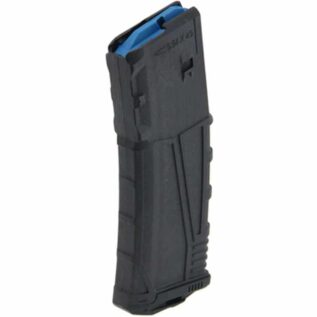 Leapers UTG PRO .223/5.56 AR15 30 Round Polymer Magazine - Black
Leapers UTG PRO .223/5.56 AR15 30 Round Polymer Magazine - Black 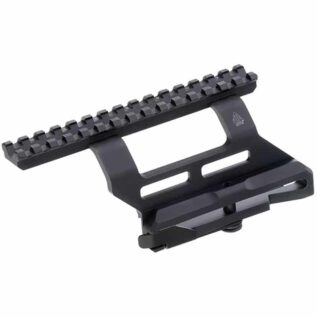 Leapers UTG PRO Quick-detachable AK Side Mount
Leapers UTG PRO Quick-detachable AK Side Mount 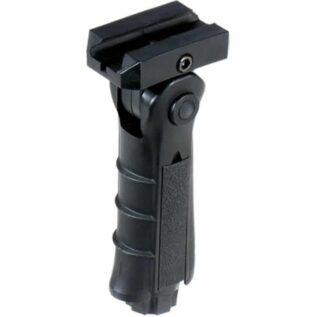 Leapers UTG Ambidextrous 5-position Foldable Foregrip - Black
Leapers UTG Ambidextrous 5-position Foldable Foregrip - Black 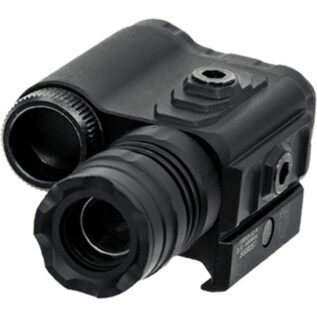 Leapers UTG Instant Target Aiming BULLDOT Compact Laser - Green
Leapers UTG Instant Target Aiming BULLDOT Compact Laser - Green 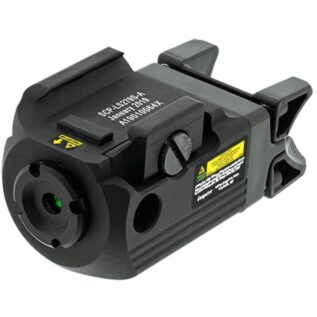 Leapers UTG Ambidextrous Compact Pistol Laser - Green
Leapers UTG Ambidextrous Compact Pistol Laser - Green 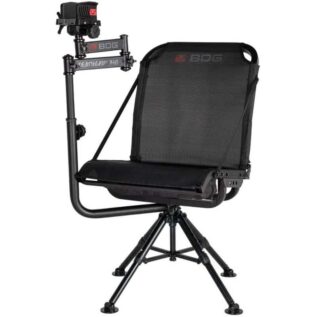 BOGgear DeathGrip 360 Shooting Chair
BOGgear DeathGrip 360 Shooting Chair 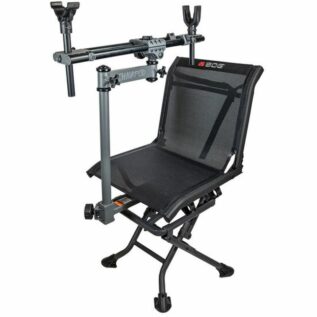 BOGgear Chair Pod Hunting Rest
BOGgear Chair Pod Hunting Rest 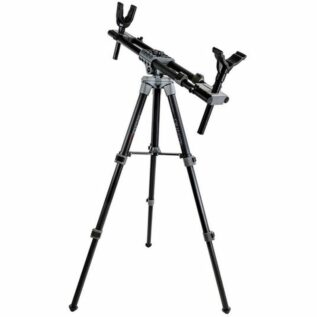 BOGgear Field Pod Hunting Rest
BOGgear Field Pod Hunting Rest 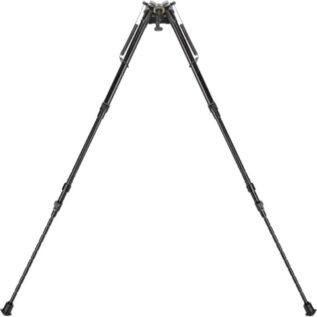 Caldwell 13.5-27" XLA Sling Swivel Stud Pivot Bipod
Caldwell 13.5-27" XLA Sling Swivel Stud Pivot Bipod 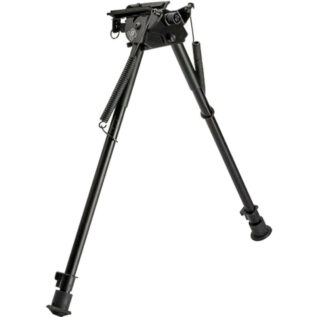 Buffalo River 9-13" Harris Swivel Style Bipod
Buffalo River 9-13" Harris Swivel Style Bipod 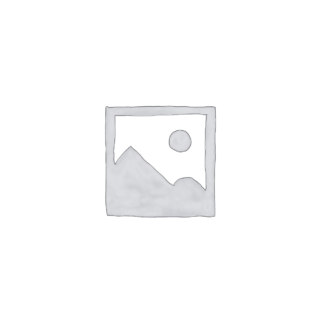 Ampro Bipod Picatinny Adaptor
Ampro Bipod Picatinny Adaptor 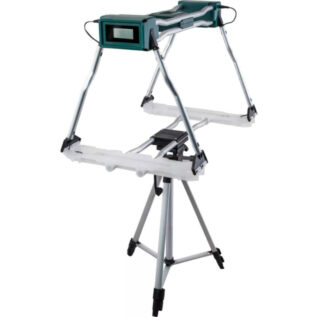 Caldwell Gen2 Ballistic Precision Chronograph
Caldwell Gen2 Ballistic Precision Chronograph 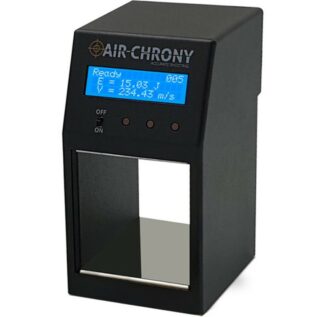 Air Chrony MK3 Ballistic Chronograph
Air Chrony MK3 Ballistic Chronograph 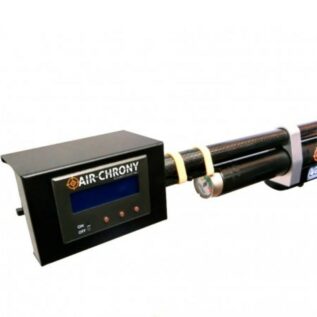 Air Chrony MK1 Ballistic Chronograph
Air Chrony MK1 Ballistic Chronograph 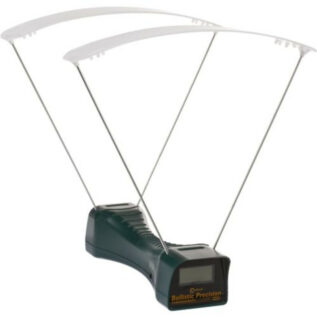 Caldwell Ballistic Precision Chronograph
Caldwell Ballistic Precision Chronograph 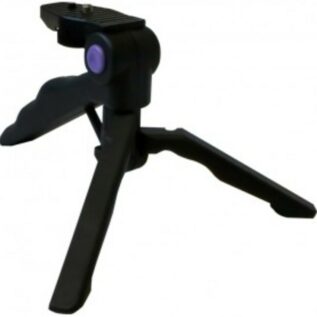 Air Chrony Star 42 Tripod
Air Chrony Star 42 Tripod 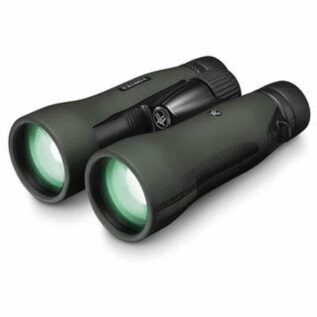 Vortex Diamondback HD 15x56 Binoculars
Vortex Diamondback HD 15x56 Binoculars 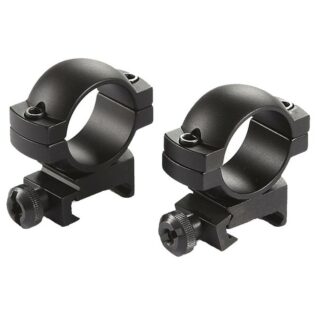 Vortex Hunter Rings 1 Inch - Medium
Vortex Hunter Rings 1 Inch - Medium 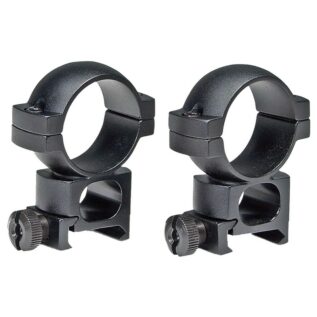 Vortex Hunter Rings 1 Inch - High
Vortex Hunter Rings 1 Inch - High 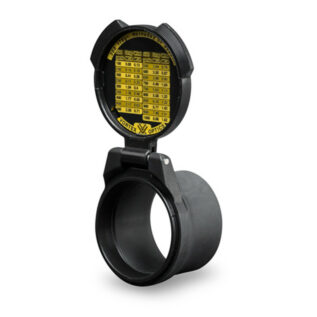 Vortex 40-46mm Defender Flip Cap Eyepiece Cover
Vortex 40-46mm Defender Flip Cap Eyepiece Cover 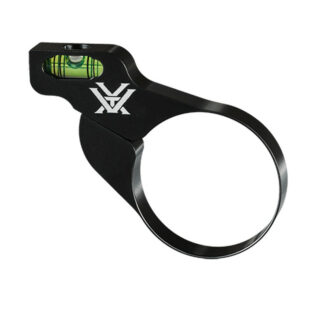 Vortex 34mm Lo Pro Scope Bubble Level
Vortex 34mm Lo Pro Scope Bubble Level 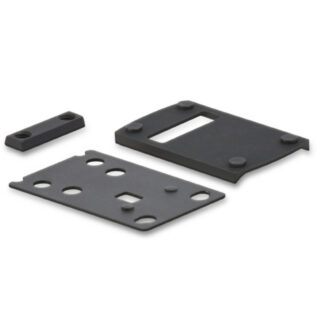 Vortex Razor Red Dot Glock 9mm Dovetail Mount
Vortex Razor Red Dot Glock 9mm Dovetail Mount 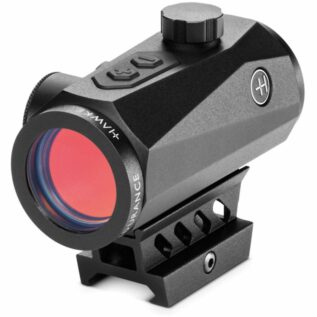 Hawke Endurance MOA 1x30 Weaver Red Dot Sight
Hawke Endurance MOA 1x30 Weaver Red Dot Sight 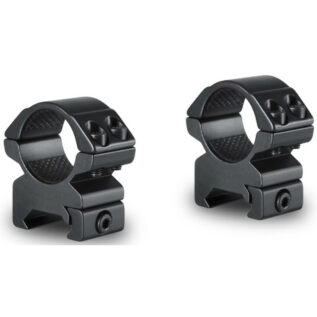 Hawke Match Mount 2 Piece Weaver 25mm Medium
Hawke Match Mount 2 Piece Weaver 25mm Medium 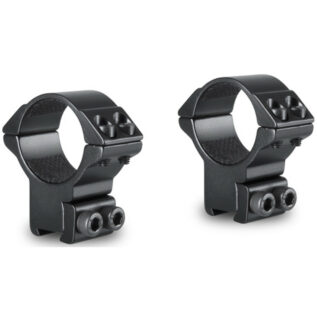 Hawke Match Mount 2 Piece(9-11mm) 30mm High
Hawke Match Mount 2 Piece(9-11mm) 30mm High 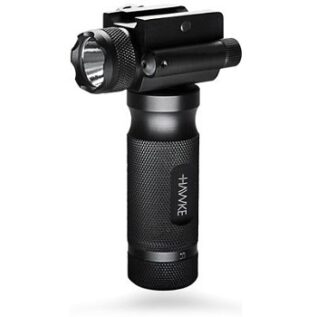 Hawke Laser and LED Flashlight - Foregrip
Hawke Laser and LED Flashlight - Foregrip 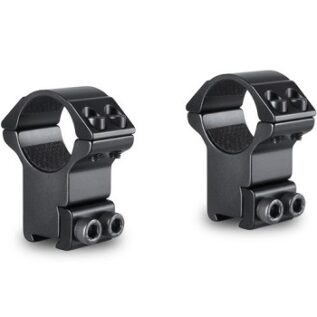 Hawke Mount - 9-11mm - High (2 Piece)
Hawke Mount - 9-11mm - High (2 Piece) 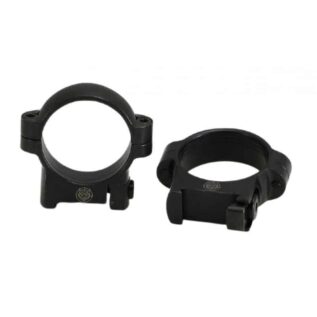 Lynx 5134N 1" .22 High Ringset
Lynx 5134N 1" .22 High Ringset 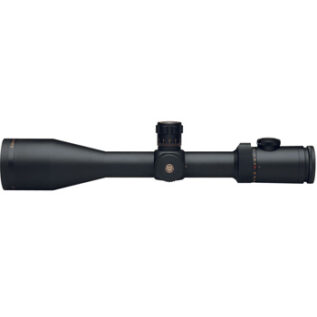 Lynx Riflescope - LX2 - 5-20x50 - M20
Lynx Riflescope - LX2 - 5-20x50 - M20 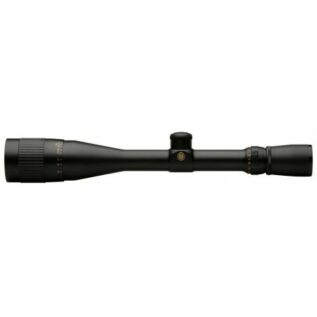 Lynx Riflescope - LX 6-24x42D - Hold-Over
Lynx Riflescope - LX 6-24x42D - Hold-Over 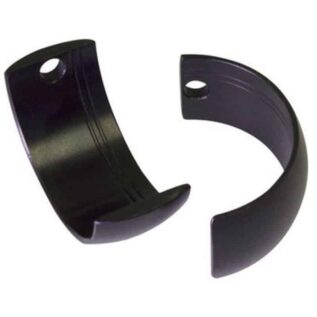 Lynx RS3420 34mm 20MOA Taper Spacers
Lynx RS3420 34mm 20MOA Taper Spacers 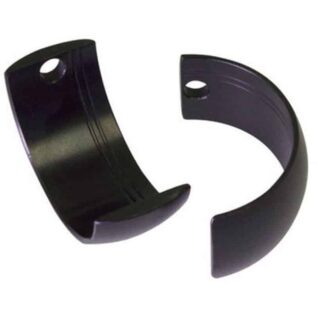 Lynx RS3410 34mm 10MOA Taper Spacers
Lynx RS3410 34mm 10MOA Taper Spacers 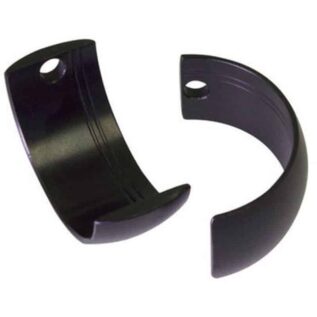 Lynx RS3400 34mm Zero Taper Spacers
Lynx RS3400 34mm Zero Taper Spacers 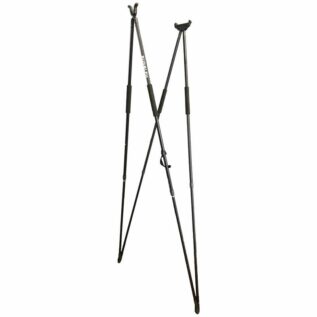 Rudolph PH Shooting Sticks
Rudolph PH Shooting Sticks 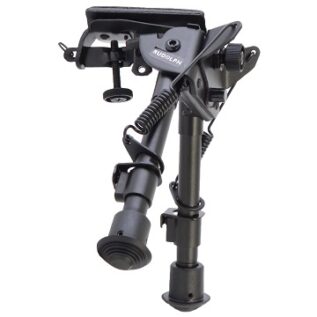 Rudolph Pivot Bipod - 6-9"
Rudolph Pivot Bipod - 6-9" 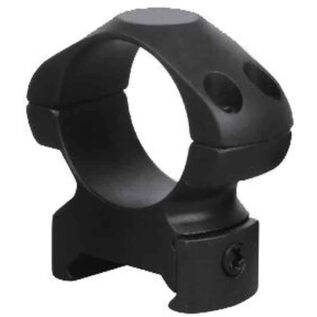 Rudolph 30mm Medium Steel Ring Set
Rudolph 30mm Medium Steel Ring Set 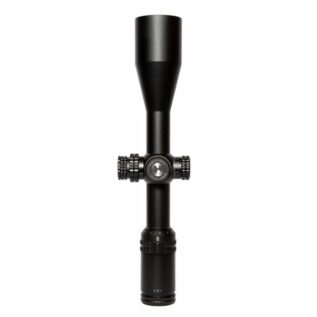 Rudolph V1 2.5-15x50mm D2 IR Riflescope
Rudolph V1 2.5-15x50mm D2 IR Riflescope 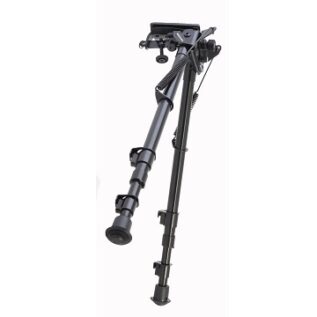 Rudolph Pivot Bipod - 13-27"
Rudolph Pivot Bipod - 13-27" 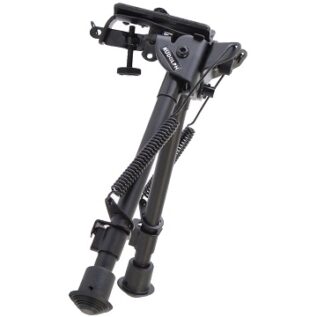 Rudolph Pivot Bipod - 9-13"
Rudolph Pivot Bipod - 9-13" 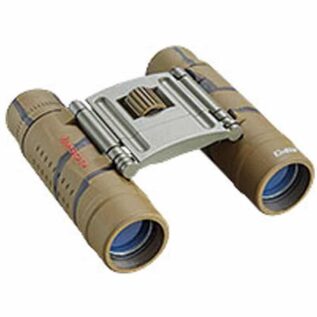 Tasco Essentials 10x25 Compact Roof Binoculars - Brown Camo
Tasco Essentials 10x25 Compact Roof Binoculars - Brown Camo 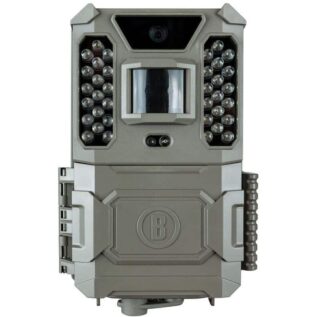 Bushnell Prime Low Glow Trail Camera
Bushnell Prime Low Glow Trail Camera 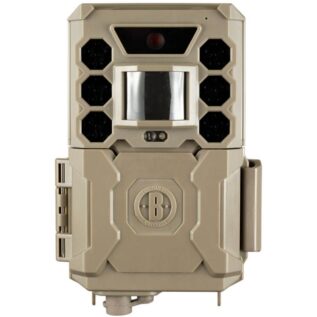 Bushnell Core 24MP No Glow Brown Trail Camera
Bushnell Core 24MP No Glow Brown Trail Camera 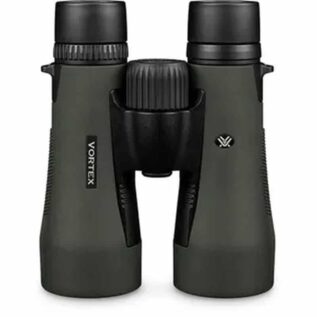 Vortex Diamondback HD 10x50 Binoculars
Vortex Diamondback HD 10x50 Binoculars 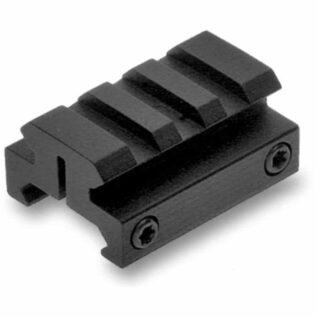 Burris 1/2-Inch Picatinny Riser
Burris 1/2-Inch Picatinny Riser 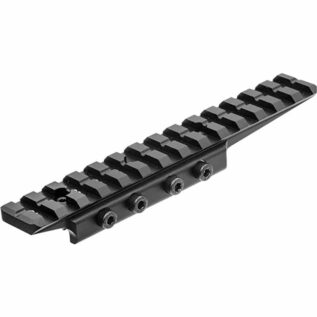 Leapers UTG Universal Dovetail to Picatinny/Weaver Rail Adaptor
Leapers UTG Universal Dovetail to Picatinny/Weaver Rail Adaptor 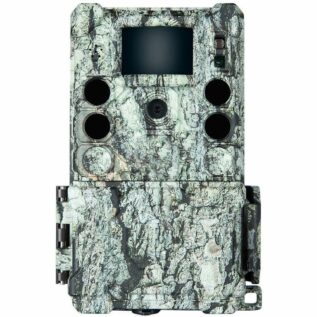 Bushnell Core S-4k No Glow Trail Camera
Bushnell Core S-4k No Glow Trail Camera 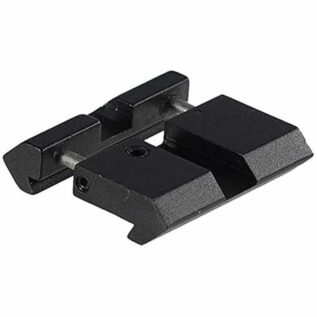 Leapers UTG .22/Airgun to Picatinny/Weaver Low Pro Snap-in Adaptor
Leapers UTG .22/Airgun to Picatinny/Weaver Low Pro Snap-in Adaptor 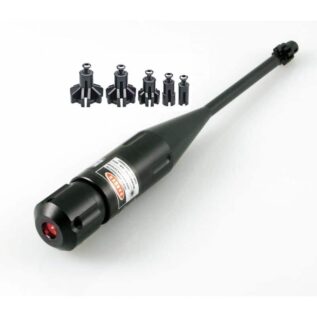 Bushnell Laser Bore Sighter .22-.50 Caliber
Bushnell Laser Bore Sighter .22-.50 Caliber 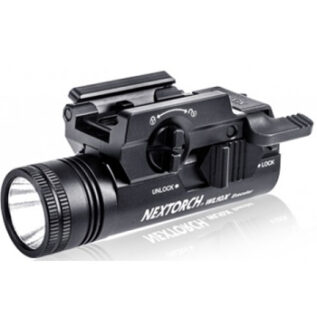 Nextorch WL10X Gunlight
Nextorch WL10X Gunlight  Hornady 99128 Bino Case
Hornady 99128 Bino Case 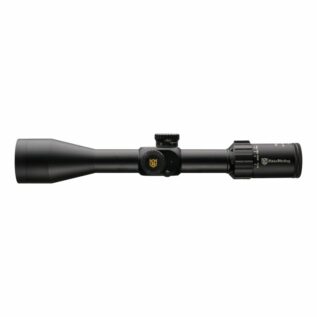 Nikko Stirling Diamond Long Range 6-24x50
Nikko Stirling Diamond Long Range 6-24x50 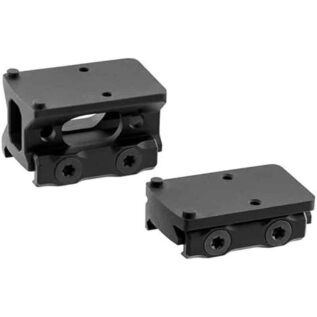 Leapers UTG Absolute Co-Witness Super Slim Picatinny RMR Mount
Leapers UTG Absolute Co-Witness Super Slim Picatinny RMR Mount 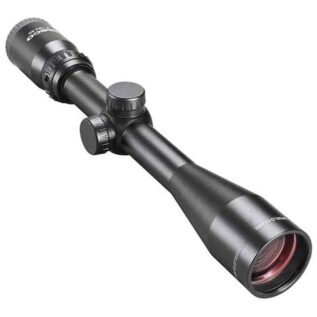 Tasco World Class 4-12X40 30/30 Aiming Riflescope
Tasco World Class 4-12X40 30/30 Aiming Riflescope 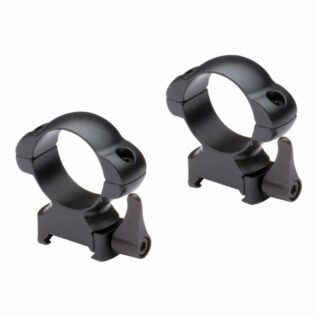 Nikko Stirling 30mm Medium Weaver Steel Mount
Nikko Stirling 30mm Medium Weaver Steel Mount 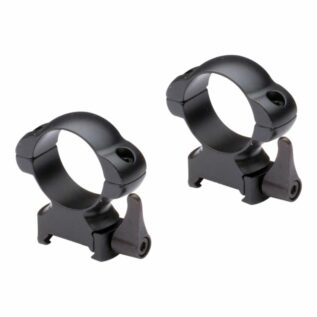 Nikko Stirling 1" Low Weaver Steel Mount
Nikko Stirling 1" Low Weaver Steel Mount 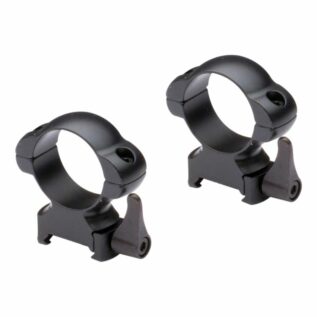 Nikko Stirling 1" Medium Weaver Steel Mount
Nikko Stirling 1" Medium Weaver Steel Mount 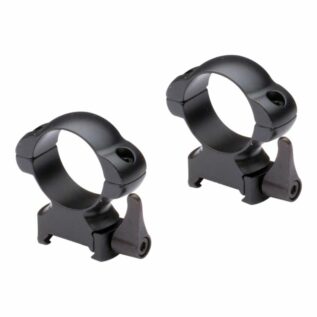 Nikko Stirling 1" High Weaver Steel Mount
Nikko Stirling 1" High Weaver Steel Mount 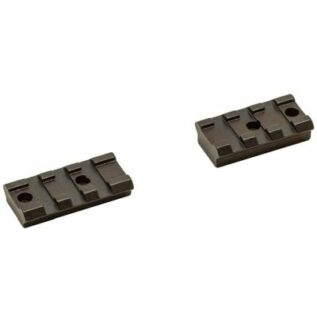 Nikko Stirling 2 Piece Steel Picatinny
Nikko Stirling 2 Piece Steel Picatinny 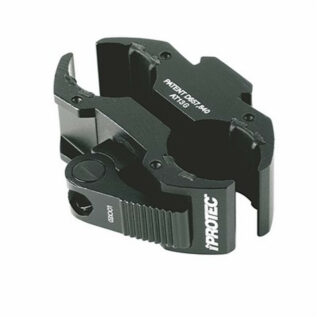 iProtec IP6108 Universal Gun Light Clamp Mount
iProtec IP6108 Universal Gun Light Clamp Mount 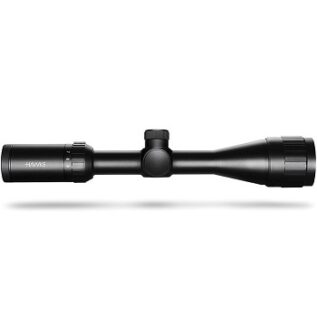 Hawke Riflescope - Vantage - 3-9x40 - 30/30
Hawke Riflescope - Vantage - 3-9x40 - 30/30 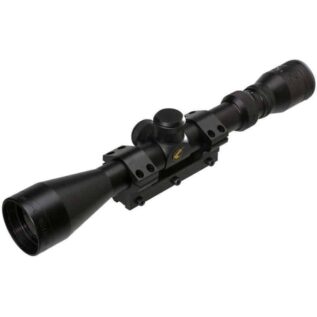 Gamo G3-9x40 WR 1PM Riflescope
Gamo G3-9x40 WR 1PM Riflescope 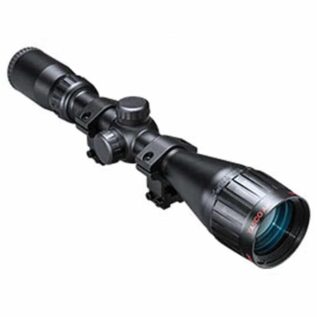 Tasco 3-9X40 AO Riflescope
Tasco 3-9X40 AO Riflescope 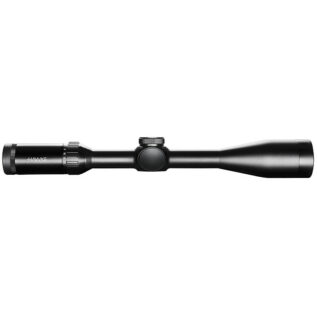 Hawke Vantage SF 3-12x44 1/2 Mil Dot Riflescope
Hawke Vantage SF 3-12x44 1/2 Mil Dot Riflescope 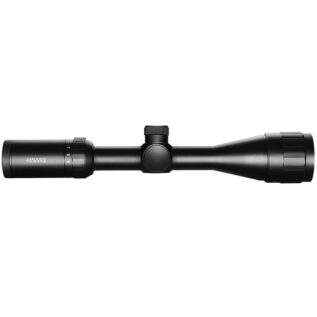 Hawke Vantage 3-9x50 AO Mil Dot Riflescope
Hawke Vantage 3-9x50 AO Mil Dot Riflescope 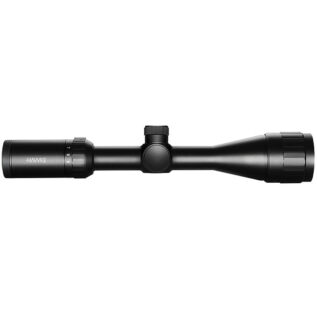 Hawke Vantage 3-9x40 AO Mil Dot Riflescope
Hawke Vantage 3-9x40 AO Mil Dot Riflescope 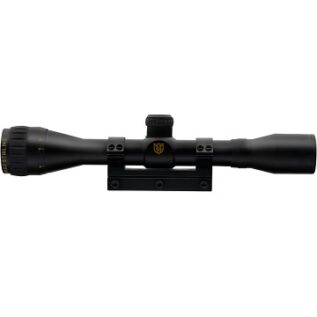 Nikko Stirling Riflescope - Airking 4x32 AO
Nikko Stirling Riflescope - Airking 4x32 AO 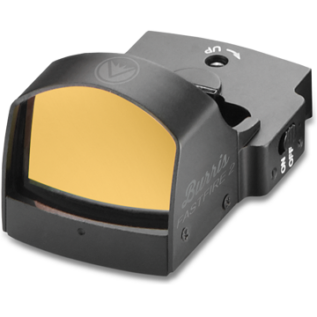 Burris Red Dot Sights - FastFire 2 - 21mm x 15mm
Burris Red Dot Sights - FastFire 2 - 21mm x 15mm 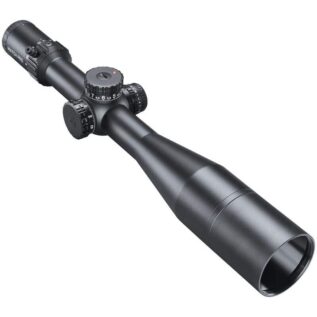 Bushnell Match Pro ED 5-30x56 Riflescope
Bushnell Match Pro ED 5-30x56 Riflescope 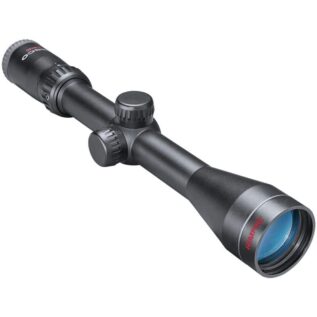 Tasco Rimfire 3–9x40mm Riflescope
Tasco Rimfire 3–9x40mm Riflescope 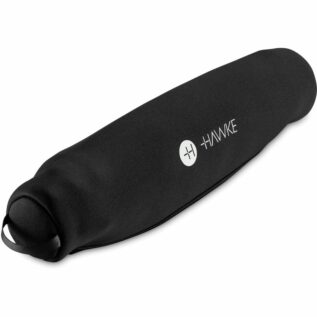 Hawke 11” Neoprene Scope Cover
Hawke 11” Neoprene Scope Cover 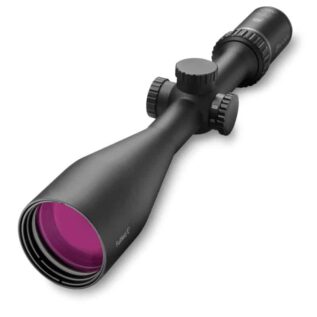 Burris Fullfield E1 6.5-20x50mm SFP Riflescope - Ballistic Plex
Burris Fullfield E1 6.5-20x50mm SFP Riflescope - Ballistic Plex 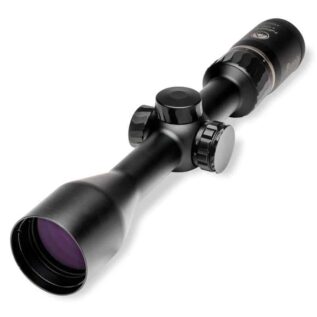 Burris Fullfield IV 3-12x42mm SFP Riflescope - Ballistic E3
Burris Fullfield IV 3-12x42mm SFP Riflescope - Ballistic E3 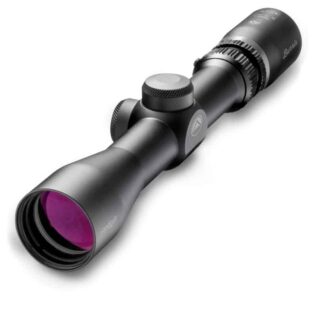 Burris 2-7x32mm MOA SFP Handgun Scope - Ballistic Plex
Burris 2-7x32mm MOA SFP Handgun Scope - Ballistic Plex 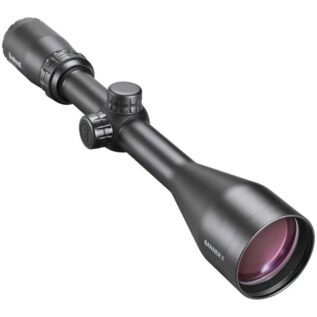 Bushnell Banner 2 3-9x50 SFP Riflescope - DOA QBR
Bushnell Banner 2 3-9x50 SFP Riflescope - DOA QBR 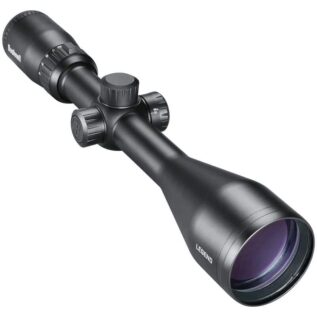 Bushnell Legend 6-18x50 Riflescope - DOA QBR
Bushnell Legend 6-18x50 Riflescope - DOA QBR 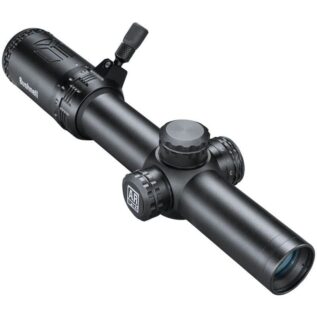 Bushnell AR Optics 1-8x24 SFP Riflescope - Illuminated BDC
Bushnell AR Optics 1-8x24 SFP Riflescope - Illuminated BDC 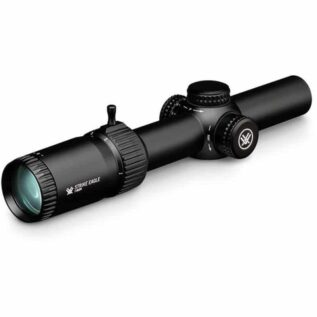 Vortex Strike Eagle 1-6X24 Riflescope - AR-BDC3 MOA
Vortex Strike Eagle 1-6X24 Riflescope - AR-BDC3 MOA 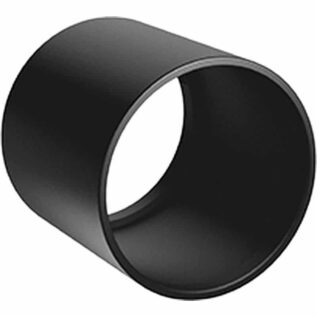 Kahles Riflescope Sunshield - 56mm
Kahles Riflescope Sunshield - 56mm 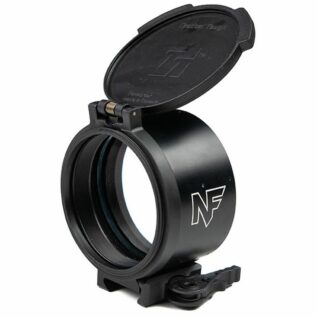 Nightforce 100 MOA/29 MRAD Wedge Prism Assembly
Nightforce 100 MOA/29 MRAD Wedge Prism Assembly 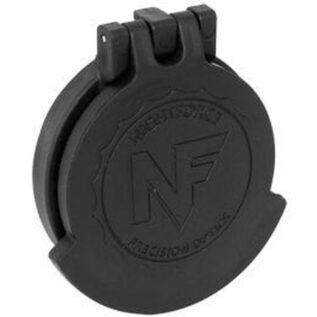 Nightforce 56mm Objective Flip Up Lens Caps
Nightforce 56mm Objective Flip Up Lens Caps 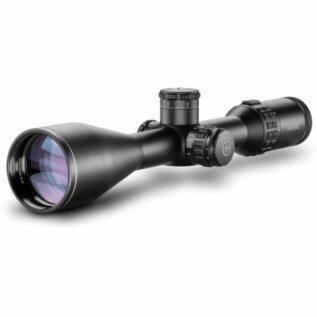 Hawke Sidewinder 30 SF 6-24x56 20x Half Mil Riflescope
Hawke Sidewinder 30 SF 6-24x56 20x Half Mil Riflescope 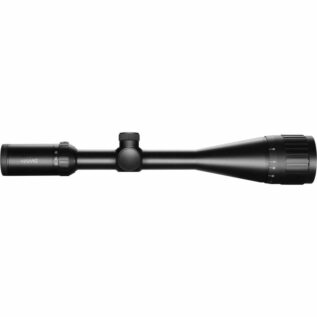 Hawke Vantage 4-12x50mm AO Mil Dot IR Riflescope
Hawke Vantage 4-12x50mm AO Mil Dot IR Riflescope 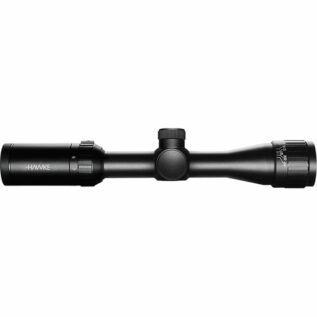 Hawke Vantage 2-7x32mm AO Mil Dot Riflescope
Hawke Vantage 2-7x32mm AO Mil Dot Riflescope 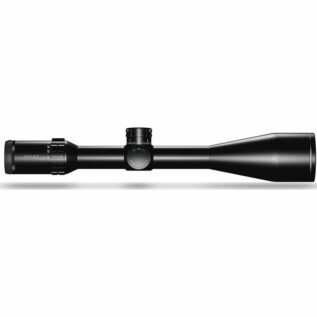 Hawke Frontier 5-30x56 SF IR Mil Pro 20x Riflescope
Hawke Frontier 5-30x56 SF IR Mil Pro 20x Riflescope 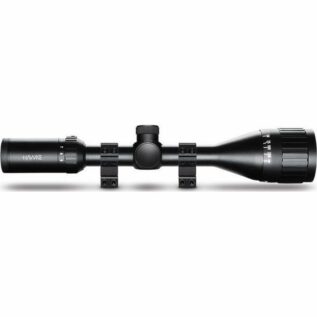 Hawke Fast Mount 3-9x40 AO Mil Dot Riflescope
Hawke Fast Mount 3-9x40 AO Mil Dot Riflescope 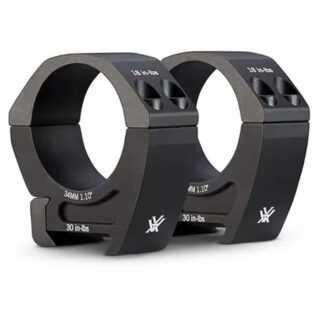 Vortex 34mm Medium 1.10-Inch Riflescope Pro Rings
Vortex 34mm Medium 1.10-Inch Riflescope Pro Rings 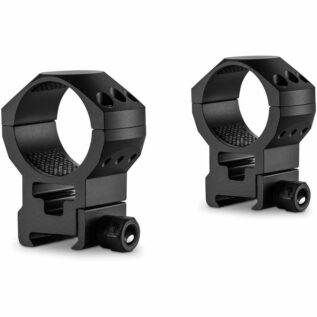 Hawke Tactical Match 34mm 2 Piece Weaver High Ring Mounts
Hawke Tactical Match 34mm 2 Piece Weaver High Ring Mounts 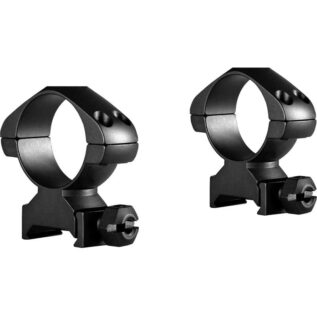 Hawke Precision Steel 30mm 2 Piece Weaver High Ring Mounts
Hawke Precision Steel 30mm 2 Piece Weaver High Ring Mounts 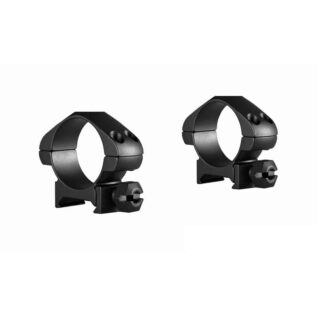 Hawke Precision Steel 30mm 2 Piece Weaver Low Ring Mounts
Hawke Precision Steel 30mm 2 Piece Weaver Low Ring Mounts 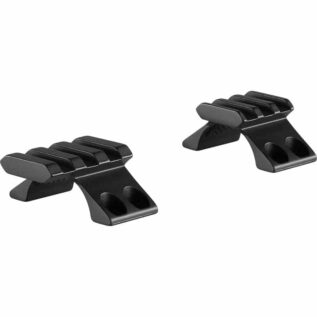 Hawke 30mm Picatinny Ring Caps
Hawke 30mm Picatinny Ring Caps 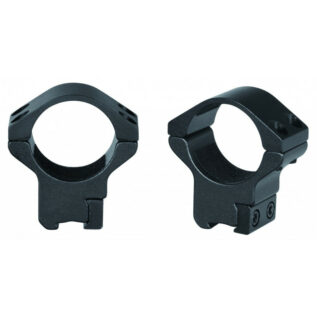 Gamo TS-300 30mm Medium 2 Piece Mount
Gamo TS-300 30mm Medium 2 Piece Mount 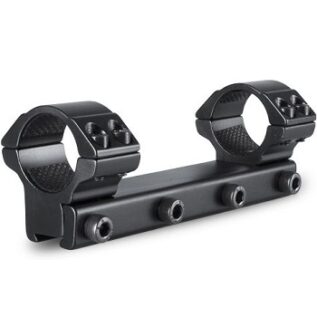 Hawke Mount - 9-11mm - Medium (1 Piece)
Hawke Mount - 9-11mm - Medium (1 Piece) 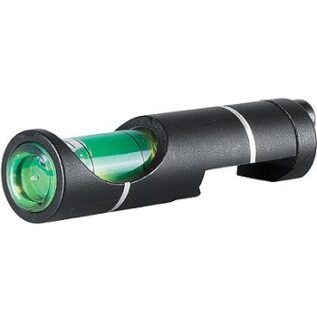 Hawke Bubble Level - Weaver
Hawke Bubble Level - Weaver 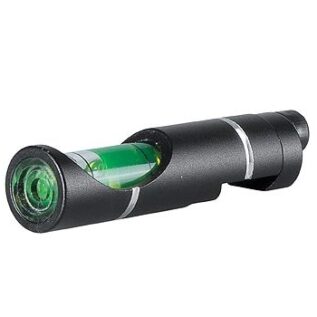 Hawke Bubble Level - Universal Airgun - 9mm-11mm
Hawke Bubble Level - Universal Airgun - 9mm-11mm 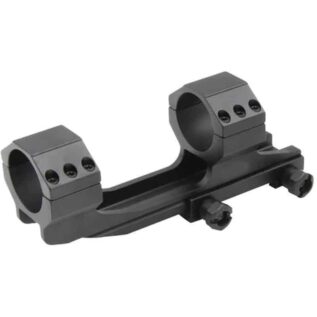 Rudolph 30mm Extended Aluminum Mount
Rudolph 30mm Extended Aluminum Mount 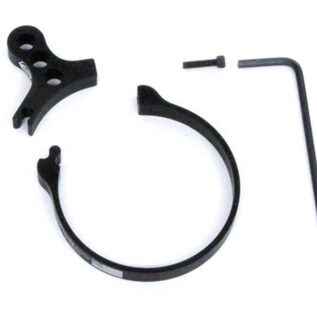 Warne #SV172-176 Switchview Quick Adjustment Lever
Warne #SV172-176 Switchview Quick Adjustment Lever 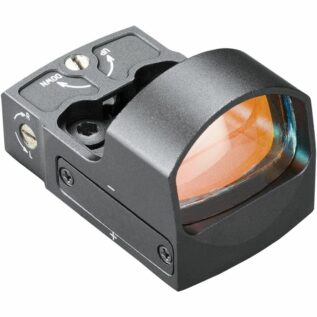 Tasco Propoint 1x25mm Reflex Sight
Tasco Propoint 1x25mm Reflex Sight 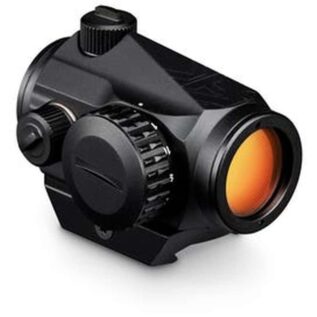 Vortex Crossfire Red Dot Sight
Vortex Crossfire Red Dot Sight 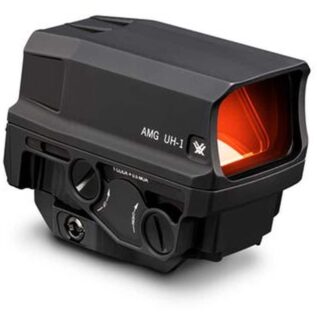 Vortex AMG UH-1 Gen II Holographic Sight
Vortex AMG UH-1 Gen II Holographic Sight 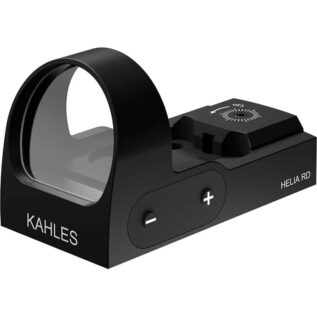 Kahles Helia RD Red Dot Sight - Picatinny Mount
Kahles Helia RD Red Dot Sight - Picatinny Mount 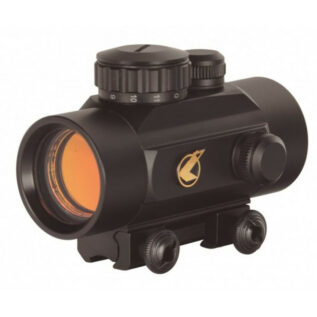 Gamo 30mm Quick Shot BZ Red Dot Sight
Gamo 30mm Quick Shot BZ Red Dot Sight 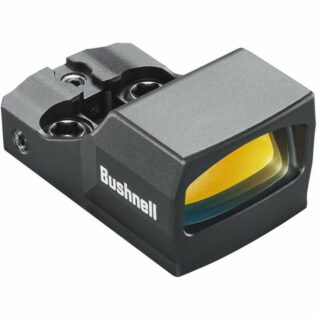 Bushnell RXU-200 Ultra-Compact Reflex Sight
Bushnell RXU-200 Ultra-Compact Reflex Sight 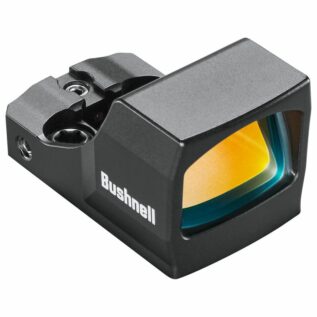 Bushnell RXC-200 Compact Reflex Sight
Bushnell RXC-200 Compact Reflex Sight 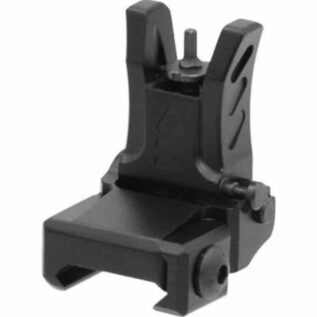 Leapers UTG Model 4 Low Profile Handguard Flip-Up Front Sight
Leapers UTG Model 4 Low Profile Handguard Flip-Up Front Sight 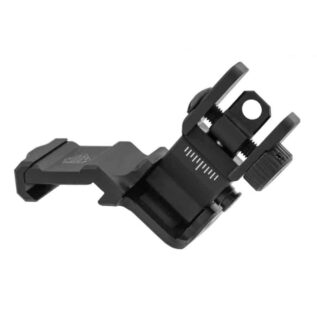 Leapers Accu-Sync 45 Degree Angle Flip Up Rear Sight
Leapers Accu-Sync 45 Degree Angle Flip Up Rear Sight 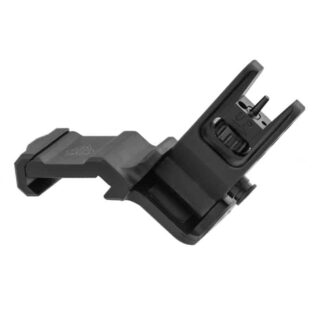 Leapers Accu-Sync 45 Degree Angle Flip Up Front Sight
Leapers Accu-Sync 45 Degree Angle Flip Up Front Sight 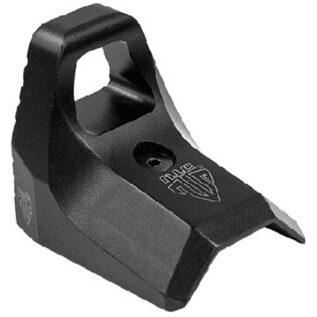 Leapers UTG Super Slim Keymod Hand Stop/Barricade Rest Kit
Leapers UTG Super Slim Keymod Hand Stop/Barricade Rest Kit 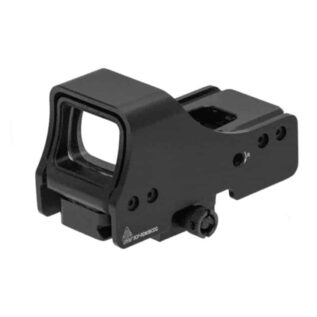 UTG 3.9" Red/Green Circle Dot Reflex Sight
UTG 3.9" Red/Green Circle Dot Reflex Sight 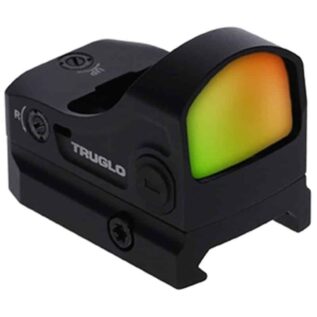 TruGlo XR24 3MOA 24x17mm Micro Red Dot Sight
TruGlo XR24 3MOA 24x17mm Micro Red Dot Sight 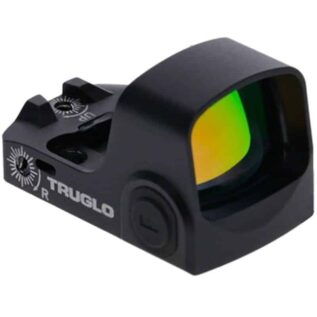 TruGlo XR21 3MOA 21x16mm Micro Red Dot Sight
TruGlo XR21 3MOA 21x16mm Micro Red Dot Sight 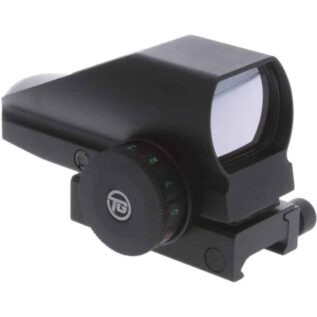 TruGlo TruBrite Multi-Reticle Dual-Colour Open Dot Sight
TruGlo TruBrite Multi-Reticle Dual-Colour Open Dot Sight 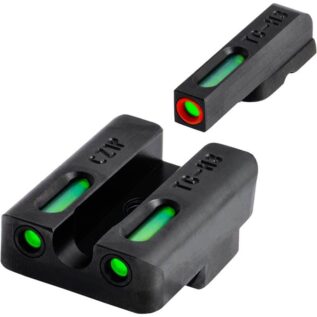 TruGlo TFX Pro Tritium CZ 75 Orange Focus Lock Sight Set
TruGlo TFX Pro Tritium CZ 75 Orange Focus Lock Sight Set 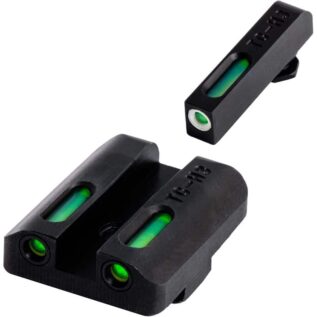 TruGlo TFX Tritium Glock White Focus Lock Sight Set
TruGlo TFX Tritium Glock White Focus Lock Sight Set 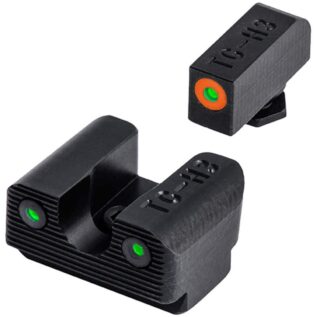 TruGlo Tritium Glock Orange Focus Lock Sight Set
TruGlo Tritium Glock Orange Focus Lock Sight Set 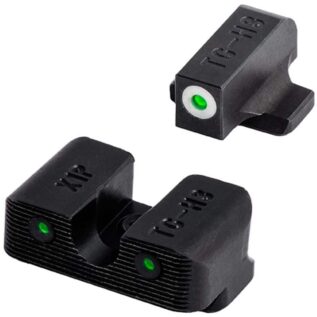 TruGlo Tritium Glock White Focus Lock Sight Set
TruGlo Tritium Glock White Focus Lock Sight Set 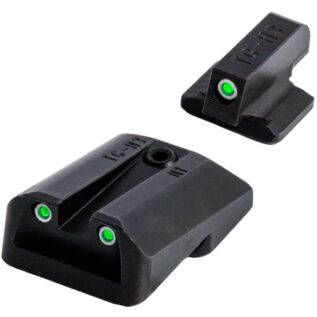 TruGlo Tritium Glock 42/43 Sight
TruGlo Tritium Glock 42/43 Sight 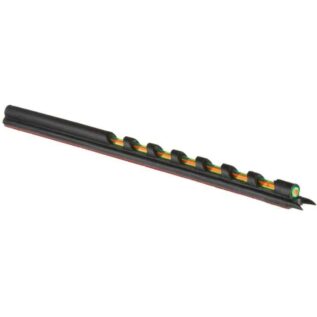 TruGlo Glo-Dot Pro Dual Colour Universal Fibre Optic Sight
TruGlo Glo-Dot Pro Dual Colour Universal Fibre Optic Sight 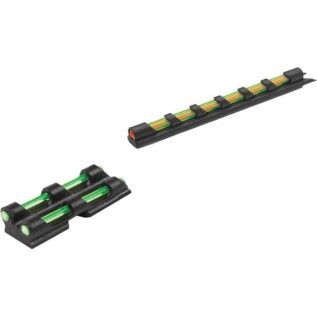 TruGlo Gobble-Dot Dual Colour Universal Fibre Optic Sight
TruGlo Gobble-Dot Dual Colour Universal Fibre Optic Sight 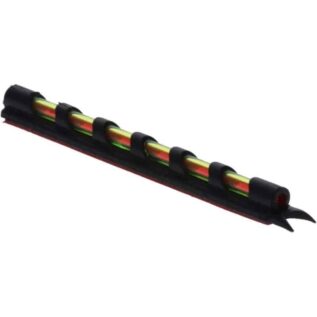 TruGlo Glo-Dot Dual Colour Universal Fibre Optic Sight
TruGlo Glo-Dot Dual Colour Universal Fibre Optic Sight 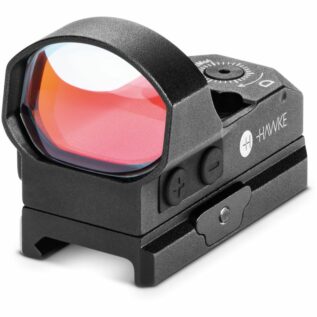 Hawke Wide View Weaver Reflex Sight - Circle Dot Reticle
Hawke Wide View Weaver Reflex Sight - Circle Dot Reticle 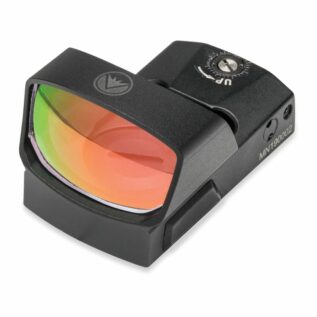 Burris FastFire IV Reflex Multi Reticle Red Dot Sight
Burris FastFire IV Reflex Multi Reticle Red Dot Sight 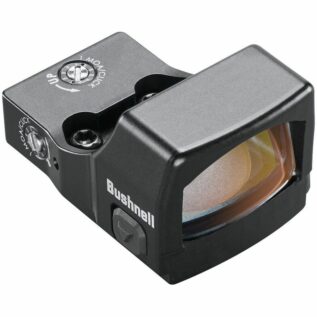 Bushnell RXS-250 Reflex Sight - 4 MOA Dot
Bushnell RXS-250 Reflex Sight - 4 MOA Dot 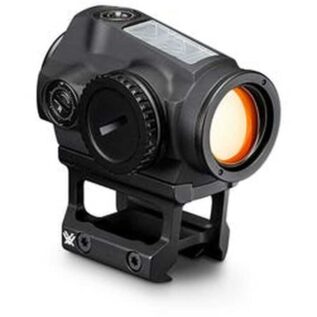 Vortex SPARC Solar Red Dot Sight
Vortex SPARC Solar Red Dot Sight 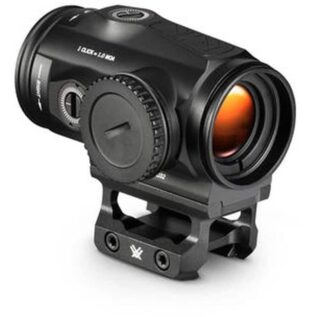 Vortex Spitfire HD Gen II 3x Prism Red Dot Sight
Vortex Spitfire HD Gen II 3x Prism Red Dot Sight 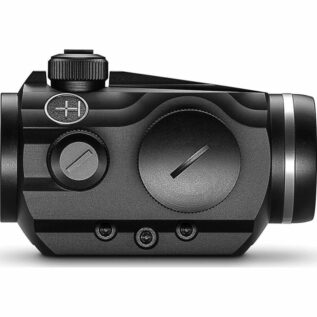 Hawke Vantage 1x30 Weaver Red Dot Sight
Hawke Vantage 1x30 Weaver Red Dot Sight 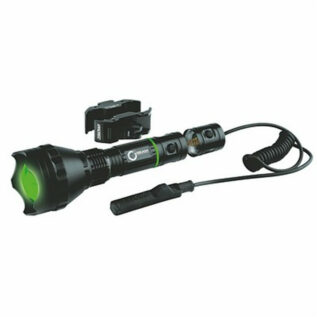 iProtec IP6008 O2 Green Laser Sight Kit
iProtec IP6008 O2 Green Laser Sight Kit 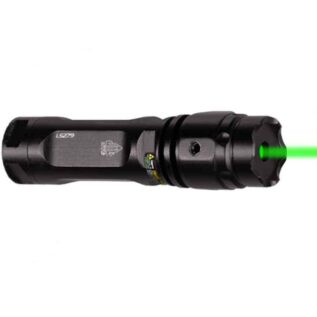 Leapers UTG W/E Adjustable Compact Green Laser With Rings
Leapers UTG W/E Adjustable Compact Green Laser With Rings 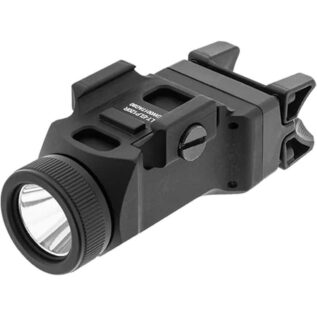 Leapers UTG Sub-Compact 200 Lumen Picatinny Pistol Light
Leapers UTG Sub-Compact 200 Lumen Picatinny Pistol Light 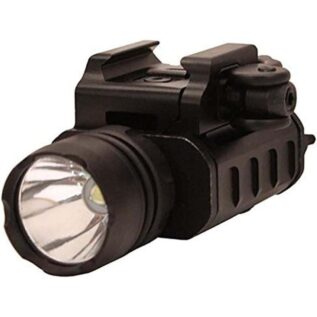 Leapers UTG 400 Lumen Compact LED QD Weapon Light
Leapers UTG 400 Lumen Compact LED QD Weapon Light 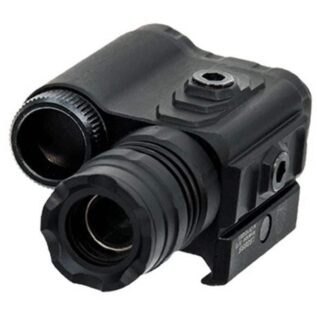 Leapers UTG Instant Target Aiming BullDot Compact Green Laser
Leapers UTG Instant Target Aiming BullDot Compact Green Laser 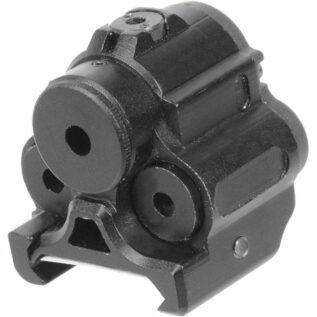 Leapers UTG Sub-Compact Red Laser
Leapers UTG Sub-Compact Red Laser 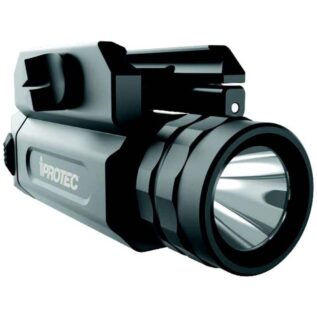 iProtec RM230 Rail-Mount Firearm Light
iProtec RM230 Rail-Mount Firearm Light 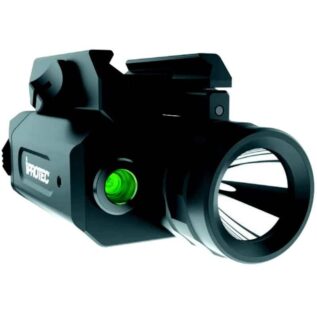 iProtec RM230LSG 230L Green Laser Light
iProtec RM230LSG 230L Green Laser Light 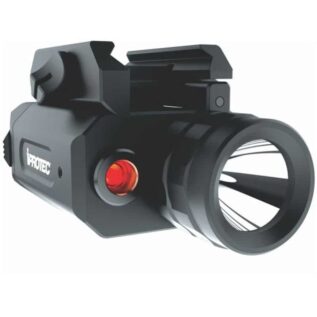 iProtec RM230LSR Rail-Mount Red Laser Light
iProtec RM230LSR Rail-Mount Red Laser Light 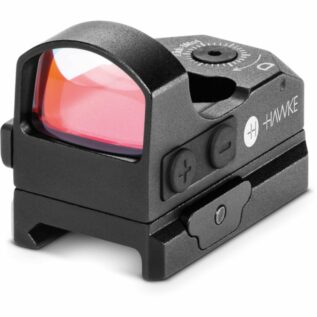 Hawke Micro Reflex 3 MOA Weaver Red Dot Sight
Hawke Micro Reflex 3 MOA Weaver Red Dot Sight 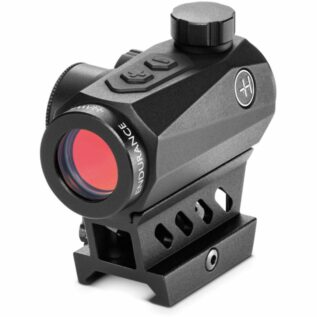 Hawke Endurance MOA 1x25 Weaver Red Dot Sight
Hawke Endurance MOA 1x25 Weaver Red Dot Sight 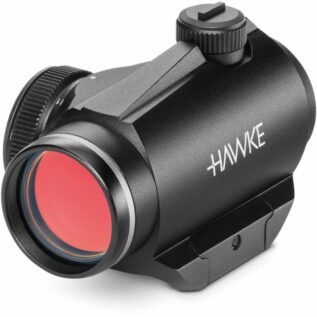 Hawke Vantage MOA 1x20 Weaver Red Dot Sight
Hawke Vantage MOA 1x20 Weaver Red Dot Sight 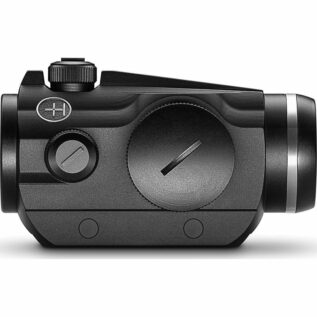 Hawke Vantage 1x25 9-11 Red Dot Sight
Hawke Vantage 1x25 9-11 Red Dot Sight 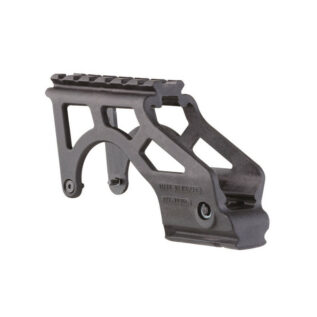 Fobus Glock Polymer Scope Mount
Fobus Glock Polymer Scope Mount 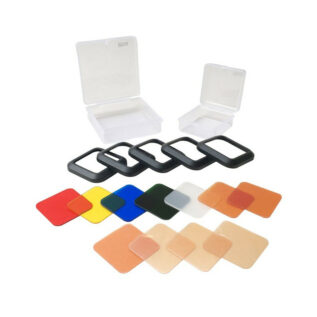 Litra Filter Set
Litra Filter Set 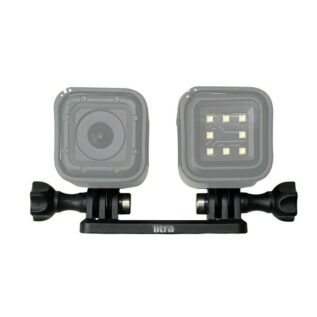 Litra Double Mount
Litra Double Mount 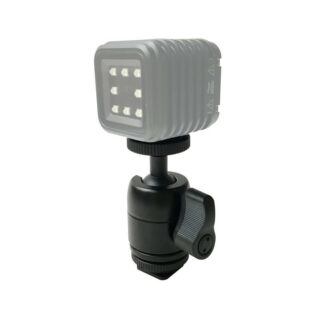 Litra Cold Shoe Ball Mount
Litra Cold Shoe Ball Mount 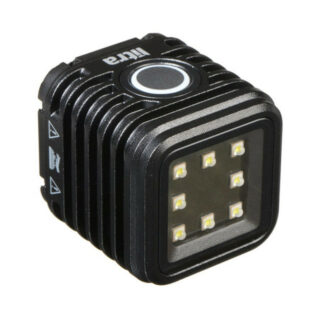 Litra Flashlight
Litra Flashlight 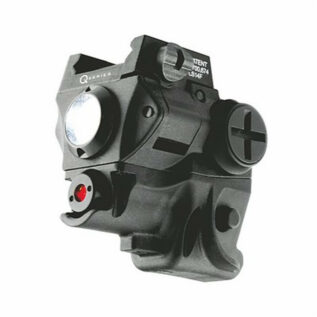 iProtec IP6119 Q-Series Subcompact Pistol Red Laser Sight and LED Light
iProtec IP6119 Q-Series Subcompact Pistol Red Laser Sight and LED Light 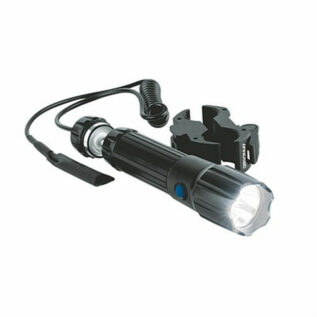 iProtec IP6105 Elite 110 Gun Light with Laser
iProtec IP6105 Elite 110 Gun Light with Laser 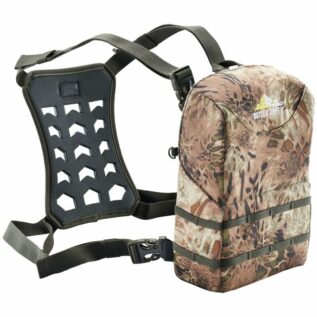 Bushnell 16130 Large Featherlight Bino Case
Bushnell 16130 Large Featherlight Bino Case 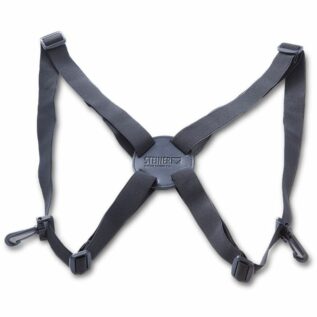 Steiner Comfort Binocular Harness
Steiner Comfort Binocular Harness 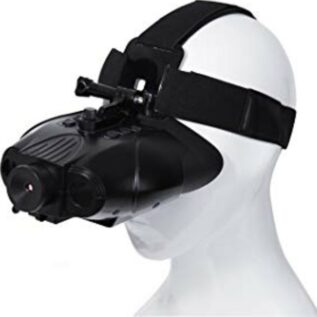 XVision Hands Free Deluxe Night Vision Binoculars
XVision Hands Free Deluxe Night Vision Binoculars 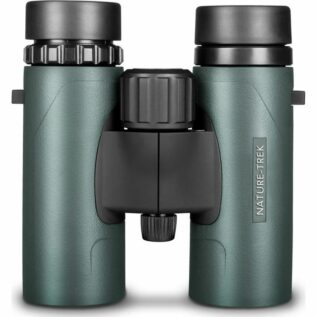 Hawke Nature-Trek 10x25mm Compact Binocular
Hawke Nature-Trek 10x25mm Compact Binocular 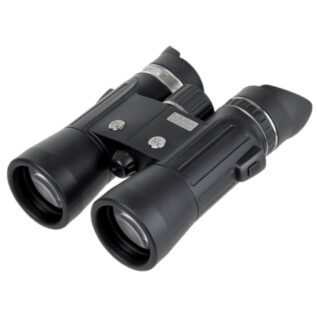 Steiner Wildlife 10x42mm Binoculars
Steiner Wildlife 10x42mm Binoculars 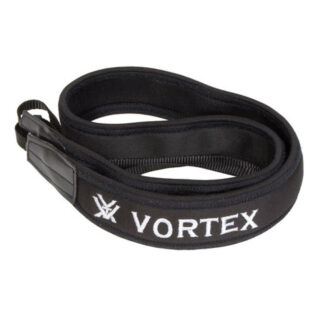 Vortex Archer's Binocular Strap
Vortex Archer's Binocular Strap 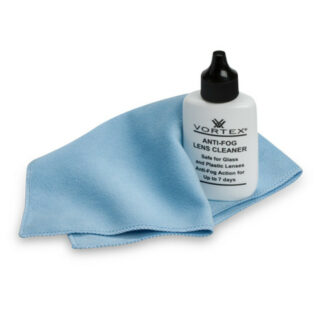 Vortex Lens Cleaning Kit
Vortex Lens Cleaning Kit 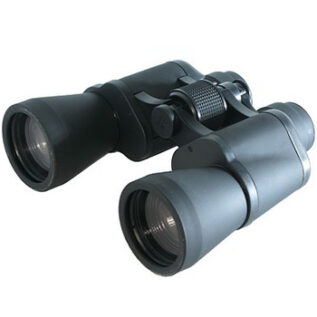 UltraOptec Series 1 10x50 Binoculars
UltraOptec Series 1 10x50 Binoculars 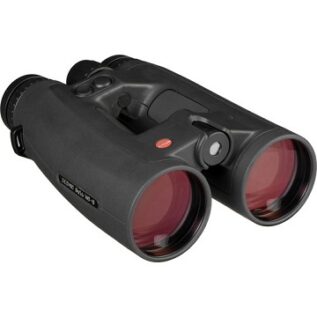 Leica Binocular - Geovid 8x56 HD-B
Leica Binocular - Geovid 8x56 HD-B 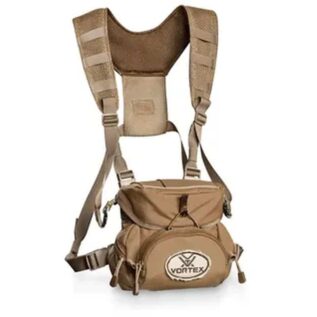 Vortex Guide BinoPack Binocular Case
Vortex Guide BinoPack Binocular Case 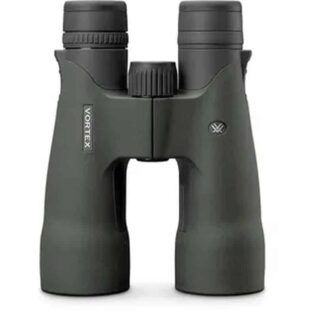 Vortex Razor UHD 10x50 Binoculars
Vortex Razor UHD 10x50 Binoculars 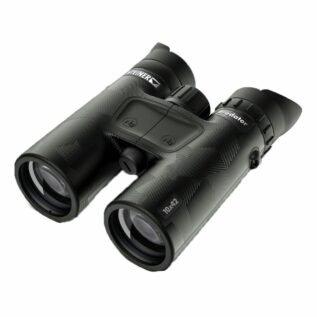 Steiner Predator 10x42 Binocular
Steiner Predator 10x42 Binocular 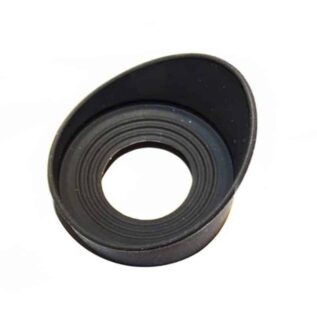 Steiner Binocular Eye Piece
Steiner Binocular Eye Piece 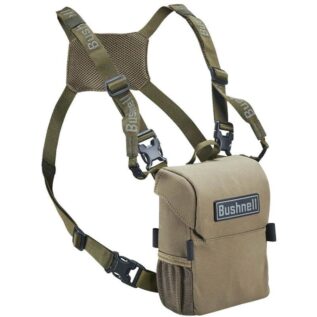 Bushnell Vault Modular Optics Protection System Binocular Pack
Bushnell Vault Modular Optics Protection System Binocular Pack 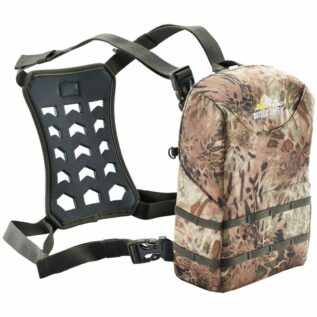 Butler Creek XX-Large Featherlight Bino Case
Butler Creek XX-Large Featherlight Bino Case 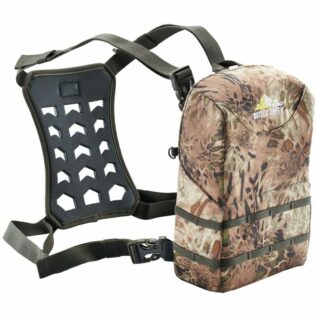 Butler Creek X-Large Featherlight Bino Case
Butler Creek X-Large Featherlight Bino Case 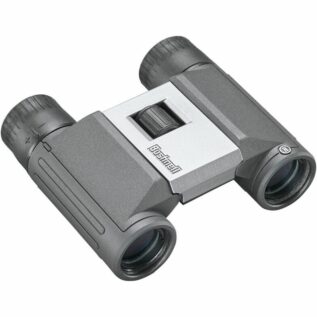 Bushnell Powerview 2 8x21 Binoculars
Bushnell Powerview 2 8x21 Binoculars 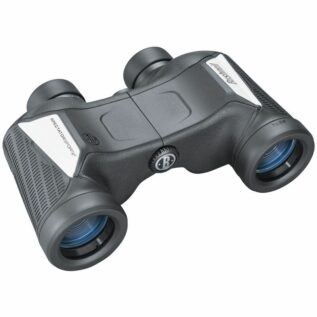 Bushnell 7x35 Spectator Sport Binoculars
Bushnell 7x35 Spectator Sport Binoculars 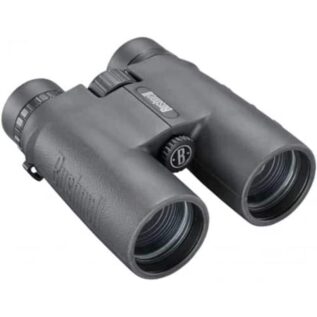 Bushnell Pacifica Guide 10x42 Binocular
Bushnell Pacifica Guide 10x42 Binocular 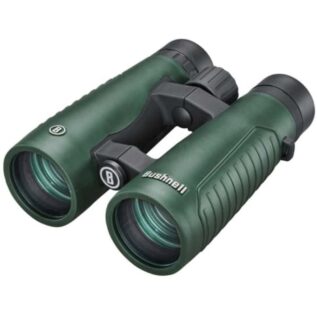 Bushnell Excursion 10x42 Binoculars
Bushnell Excursion 10x42 Binoculars 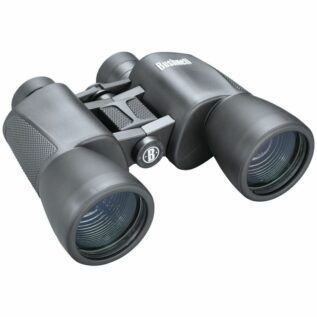 Bushnell Powerview 10x50 Binoculars With Harness
Bushnell Powerview 10x50 Binoculars With Harness 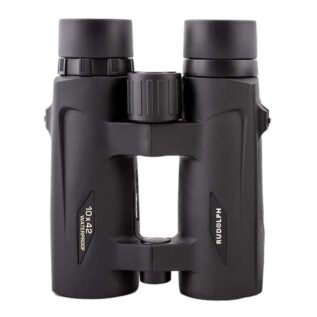 Rudolph 10x42mm HD Binocular
Rudolph 10x42mm HD Binocular 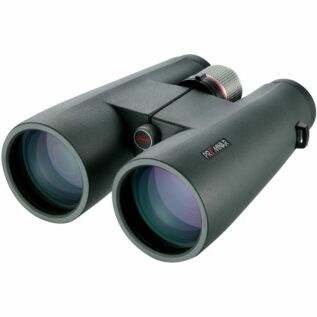 Kowa BD56-12XD 12x56mm Binocular
Kowa BD56-12XD 12x56mm Binocular 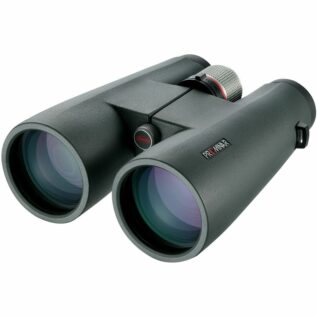 Kowa BD56-8XD 8x56mm Binocular
Kowa BD56-8XD 8x56mm Binocular 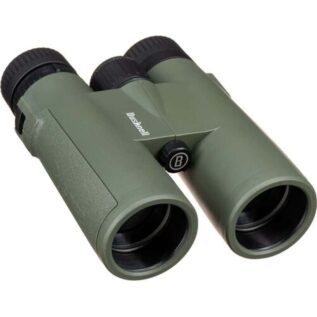 Bushnell 210142RG 10x42 All-Purpose Binoculars
Bushnell 210142RG 10x42 All-Purpose Binoculars 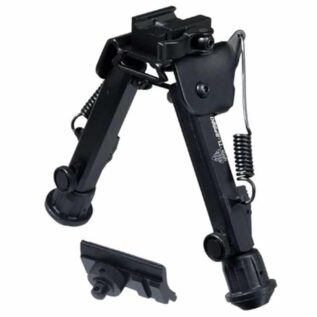 Leapers UTG Quick Detach Super Duty Bipod - 6.0"- 8.5"
Leapers UTG Quick Detach Super Duty Bipod - 6.0"- 8.5" 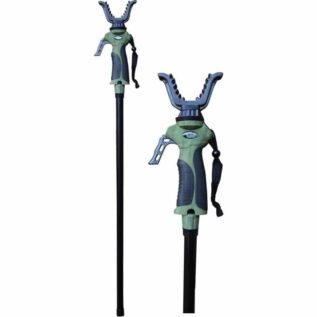 Ram Gen 3 Trigger Stick Monopod - 1.65M
Ram Gen 3 Trigger Stick Monopod - 1.65M 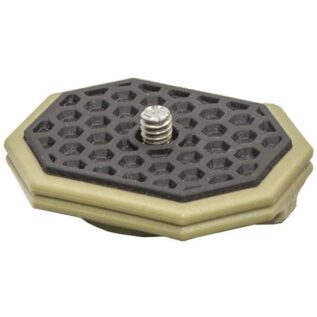 Primos Camera Mount Plate For Gen 3 Trigger Sticks
Primos Camera Mount Plate For Gen 3 Trigger Sticks  Hawke 6-9" Swivel Tilt Bipod
Hawke 6-9" Swivel Tilt Bipod 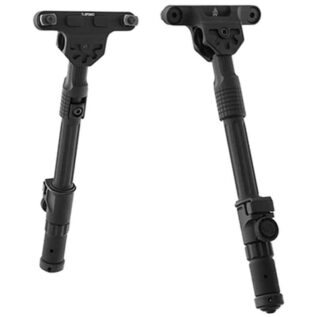 Leapers UTG Recon Flex II M-LOK Bipod - 7"-9"
Leapers UTG Recon Flex II M-LOK Bipod - 7"-9" 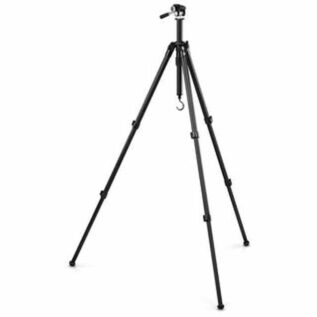 Vortex High Country II Aluminium Tripod - Pan Head
Vortex High Country II Aluminium Tripod - Pan Head 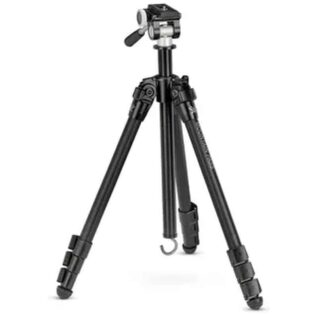 Vortex Mountain Pass Tripod Kit
Vortex Mountain Pass Tripod Kit 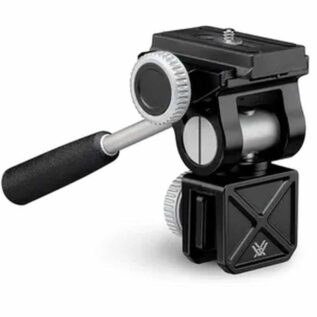 Vortex Pro Car Window Mount
Vortex Pro Car Window Mount 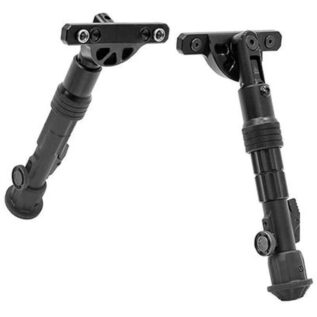 Leapers UTG 5.7"-8" Recon Flex KeyMod Bipod
Leapers UTG 5.7"-8" Recon Flex KeyMod Bipod 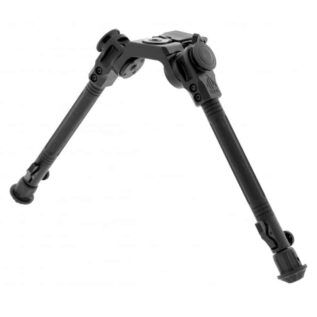 Leapers UTG 7"-11" Picatinny Over Bore Bipod
Leapers UTG 7"-11" Picatinny Over Bore Bipod 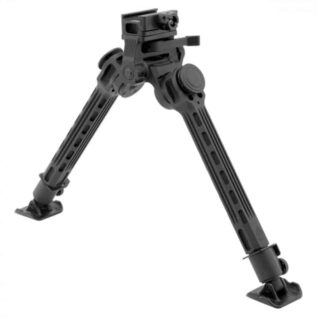 Leapers UTG 9"-14" Big Bore Full Stability Bipod
Leapers UTG 9"-14" Big Bore Full Stability Bipod 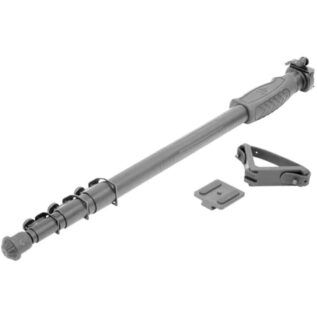 UTG 20.5"-58.75" All-Purpose Monopod
UTG 20.5"-58.75" All-Purpose Monopod 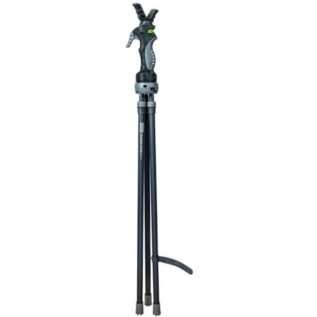 Primos Trigger Stick GEN 3 Trigger Stick Tall Tripod
Primos Trigger Stick GEN 3 Trigger Stick Tall Tripod 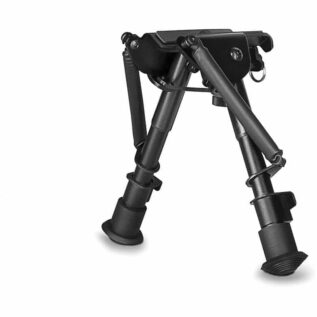 Hawke 6-9" Fixed Bipod
Hawke 6-9" Fixed Bipod 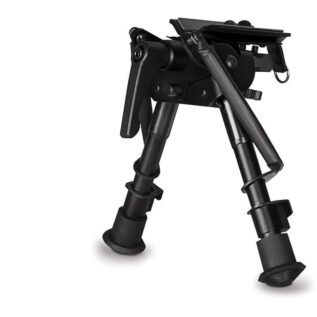 Hawke 6-9" Tilt Bipod
Hawke 6-9" Tilt Bipod 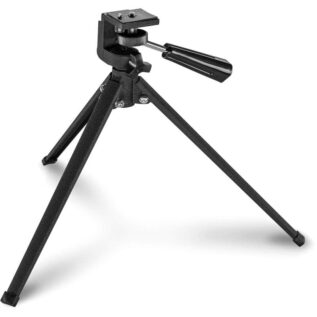 Hawke Table Top Tripod
Hawke Table Top Tripod 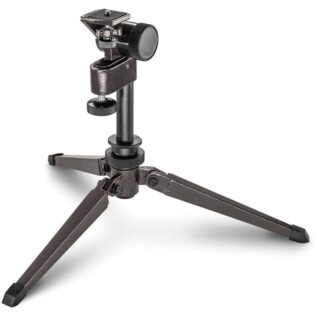 Hawke Adjustable Table Top Tripod
Hawke Adjustable Table Top Tripod 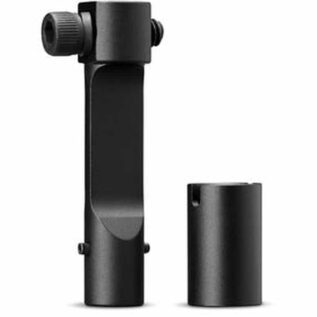 Vortex Arca-Swiss Quick Release Plate
Vortex Arca-Swiss Quick Release Plate 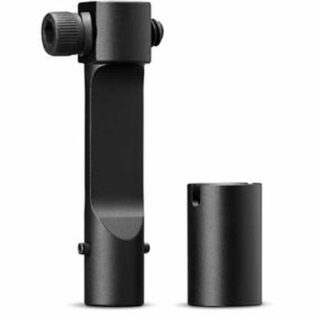 Vortex Sport Binocular Adapter
Vortex Sport Binocular Adapter 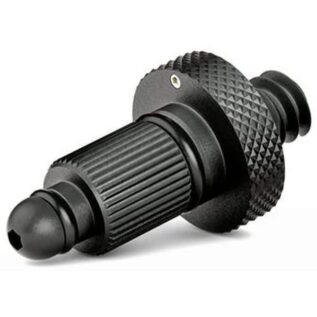 Vortex Pro Binocular Adapter Stud Only
Vortex Pro Binocular Adapter Stud Only 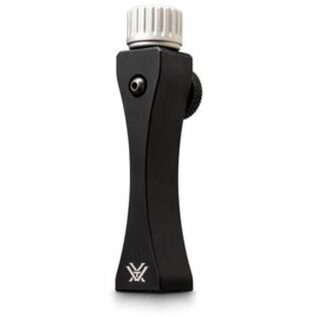 Vortex Pro Binocular Adapter
Vortex Pro Binocular Adapter 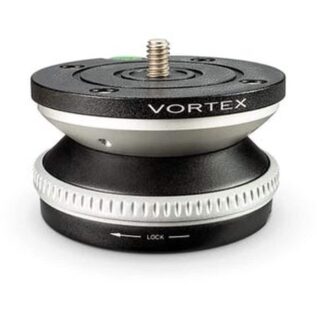 Vortex Pro Leveling Head
Vortex Pro Leveling Head 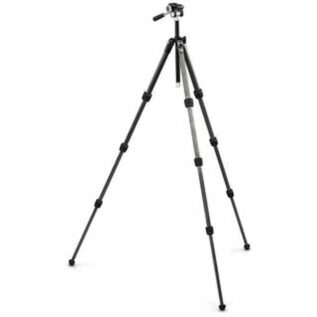 Vortex Summit Carbon II Tripod - Carbon Fiber/Pan
Vortex Summit Carbon II Tripod - Carbon Fiber/Pan 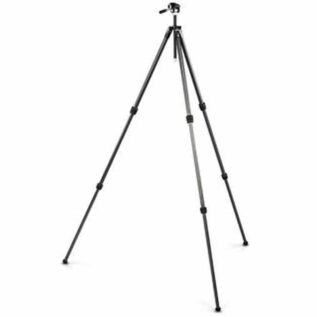 Vortex Ridgeview Carbon Tripod Kit - Carbon Fiber/Pan
Vortex Ridgeview Carbon Tripod Kit - Carbon Fiber/Pan 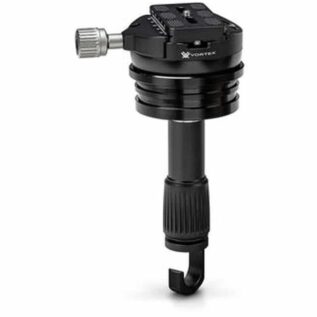 Vortex Radian Leveling Head
Vortex Radian Leveling Head 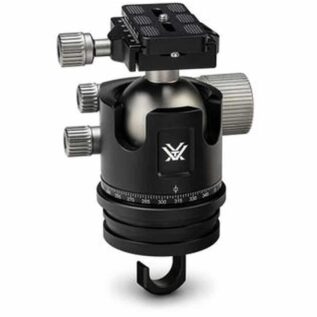 Vortex Radian Ball Head
Vortex Radian Ball Head 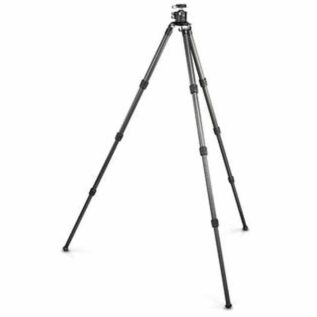 Vortex Radian Carbon Leveling Head Carbon Fiber Tripod
Vortex Radian Carbon Leveling Head Carbon Fiber Tripod 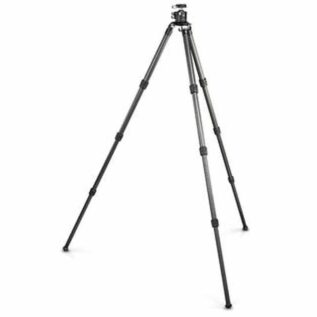 Vortex Radian Carbon Ball Head Carbon Fiber Tripod
Vortex Radian Carbon Ball Head Carbon Fiber Tripod 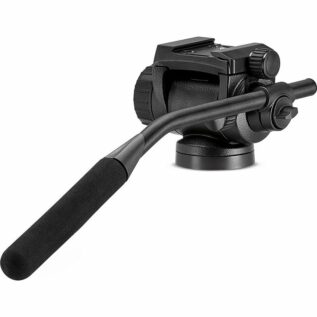 Swarovski Compact Tripod Head
Swarovski Compact Tripod Head 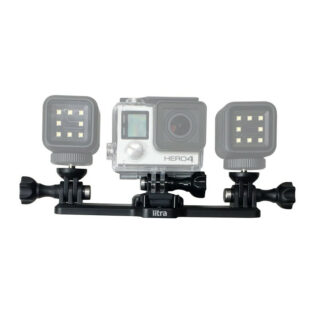 Litra Triple Mount
Litra Triple Mount 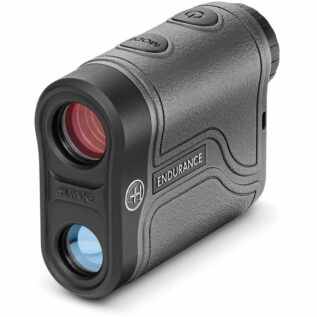 Hawke Endurance 1500 6X21mm Rangefinder
Hawke Endurance 1500 6X21mm Rangefinder 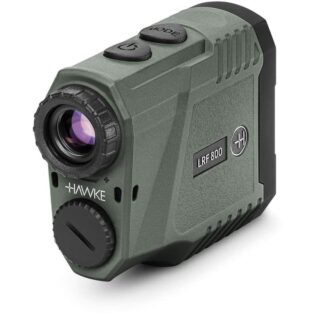 Hawke 800 Laser Rangefinder
Hawke 800 Laser Rangefinder 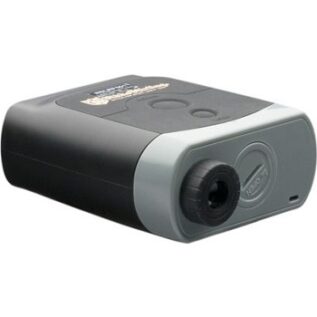 Nikko Stirling Range Finder - Laser - 5-800m
Nikko Stirling Range Finder - Laser - 5-800m 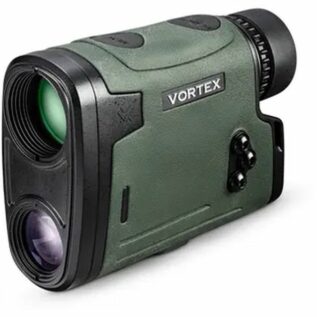 Vortex Viper HD 3000 Laser Rangefinder
Vortex Viper HD 3000 Laser Rangefinder 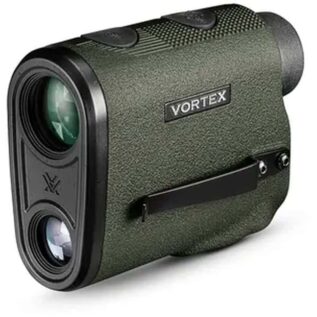 Vortex Diamondback HD 2000 Laser Rangefinder
Vortex Diamondback HD 2000 Laser Rangefinder 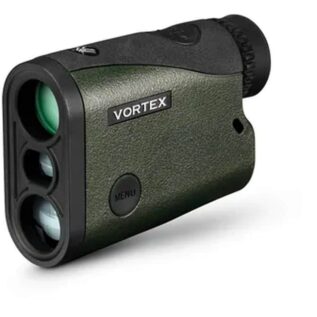 Vortex Crossfire HD 1400 Laser Rangefinder
Vortex Crossfire HD 1400 Laser Rangefinder 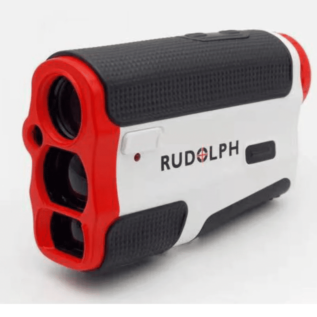 Rudolph Rangefinder - RF 1200H
Rudolph Rangefinder - RF 1200H 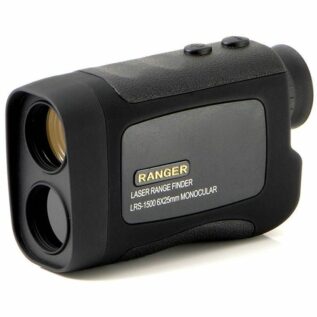 Lynx Ranger Laser Rangefinder
Lynx Ranger Laser Rangefinder 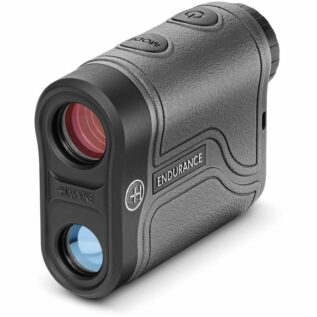 Hawke Endurance LRF1000 6X21mm Rangefinder
Hawke Endurance LRF1000 6X21mm Rangefinder 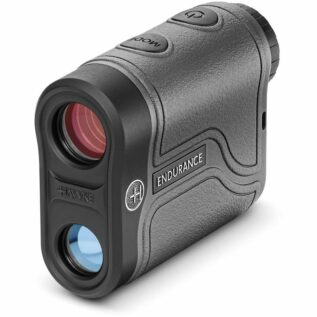 Hawke Endurance LRF700 6x21mm Rangefinder
Hawke Endurance LRF700 6x21mm Rangefinder 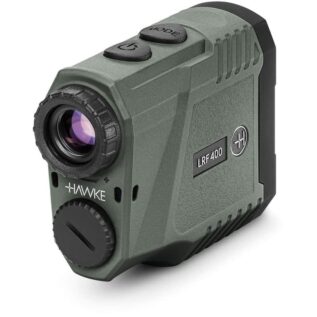 Hawke 400 Laser Rangefinder
Hawke 400 Laser Rangefinder 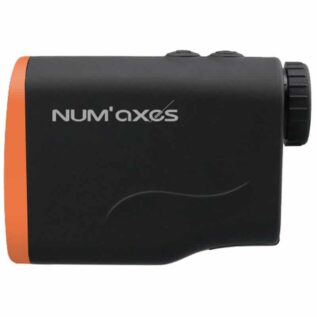 Num’axes TEL1050 Hunting Laser Rangefinder
Num’axes TEL1050 Hunting Laser Rangefinder 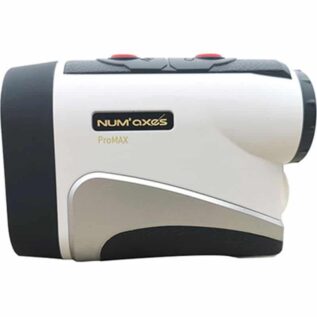 Num'axes Pro Max Laser Rangefinder
Num'axes Pro Max Laser Rangefinder 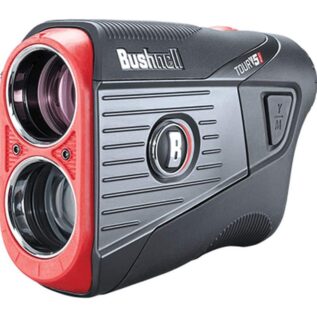 Bushnell Tour V5 Shift 2021 Laser Rangefinder
Bushnell Tour V5 Shift 2021 Laser Rangefinder 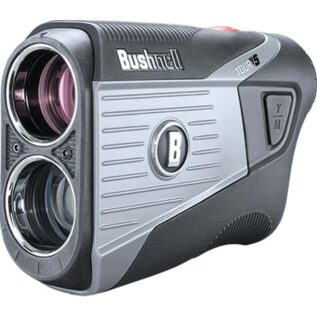 Bushnell Tour V5 Jolt Golf Rangefinder
Bushnell Tour V5 Jolt Golf Rangefinder 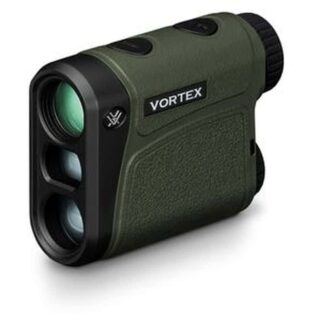 Vortex Impact 1000 Rangefinder
Vortex Impact 1000 Rangefinder 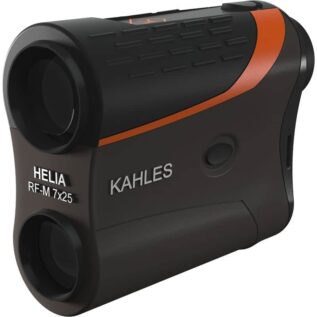 Kahles Helia RF-M 7x25 Rangefinder
Kahles Helia RF-M 7x25 Rangefinder 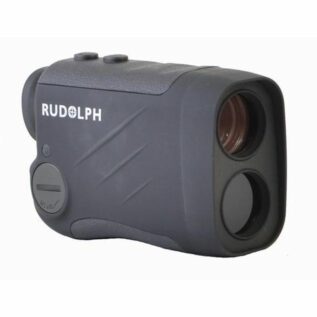 Rudolph RF-1000 6x25mm Rangefinder
Rudolph RF-1000 6x25mm Rangefinder 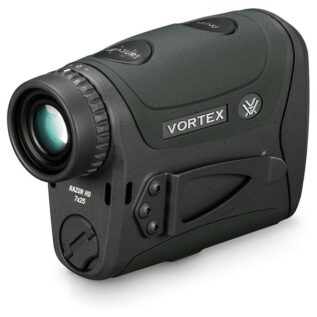 Vortex Razor HD 4000 Rangefinder
Vortex Razor HD 4000 Rangefinder 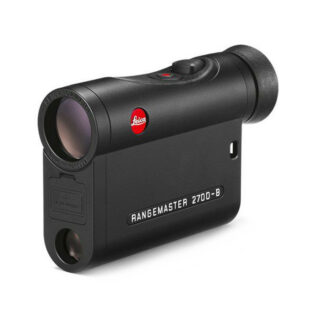 Leica Rangemaster CRF 2700-B Rangefinder
Leica Rangemaster CRF 2700-B Rangefinder 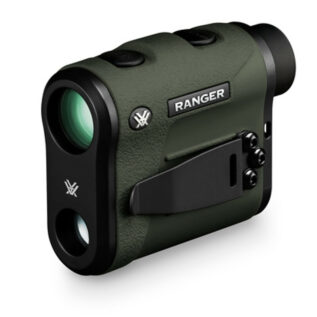 Vortex Ranger 1800 Rangefinder
Vortex Ranger 1800 Rangefinder 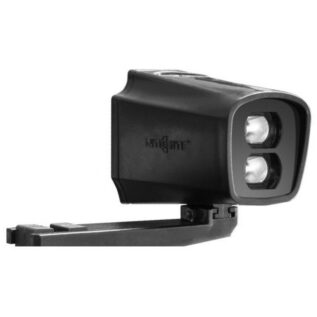 NiteSite Rangefinder Scope Mounted Night Vision
NiteSite Rangefinder Scope Mounted Night Vision 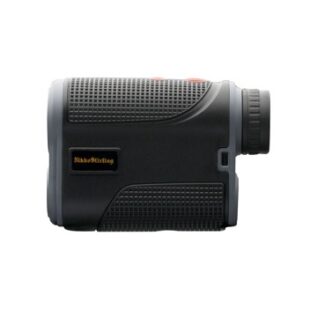 Nikko Stirling Rangefinder - 5-1200m
Nikko Stirling Rangefinder - 5-1200m 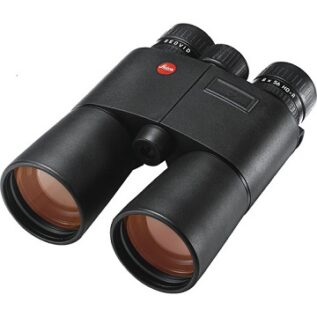 Leica Binocular - Geovid 8x56 HD-R
Leica Binocular - Geovid 8x56 HD-R 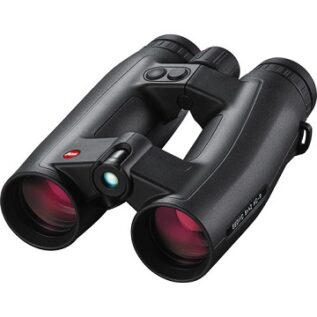 Leica Binocular - Geovid 8x42 HD-R
Leica Binocular - Geovid 8x42 HD-R 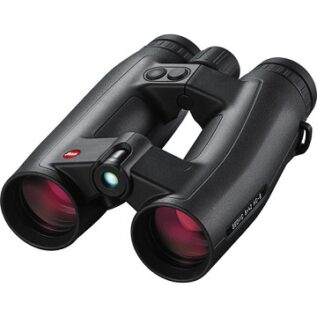 Leica Binocular - Geovid 8x42 HD-B
Leica Binocular - Geovid 8x42 HD-B 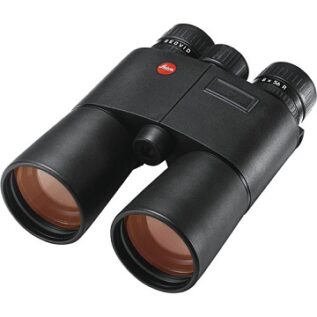 Leica Binocular - Geovid 15x56
Leica Binocular - Geovid 15x56 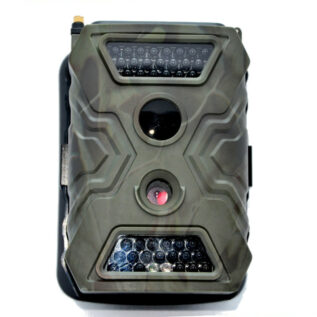 Nikko Stirling 2.1MP Trail Camera
Nikko Stirling 2.1MP Trail Camera 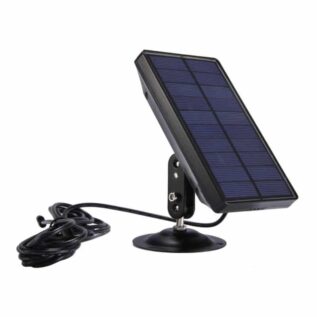 Num’axes 6V Trail Camera Solar Panel With Built-In Battery
Num’axes 6V Trail Camera Solar Panel With Built-In Battery 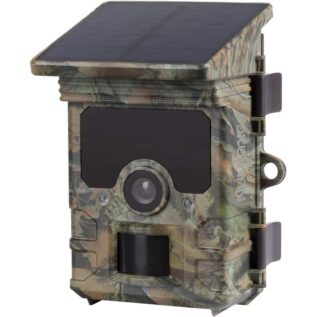 Num'Axes PIE1060 WiFi Solar Trail Camera
Num'Axes PIE1060 WiFi Solar Trail Camera 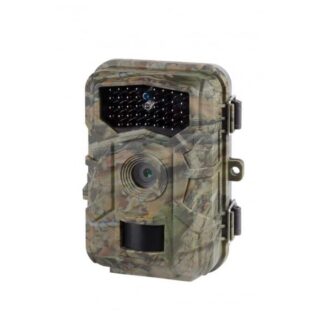 Num'Axes PIE1059 Trail Camera
Num'Axes PIE1059 Trail Camera 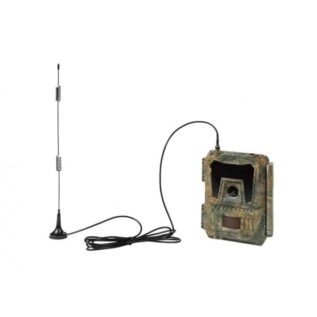 Num'Axes PIE1052 4G Trail Camera
Num'Axes PIE1052 4G Trail Camera 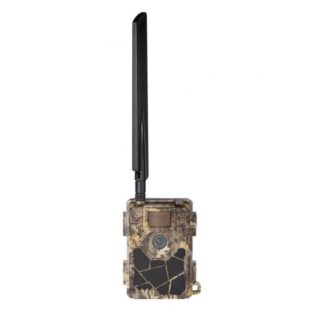 Num'Axes PIE1051 4G Trail Camera
Num'Axes PIE1051 4G Trail Camera 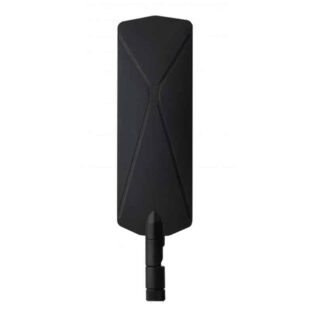 Num'Axes 4G Antenna For PIE1046 Trail Camera
Num'Axes 4G Antenna For PIE1046 Trail Camera 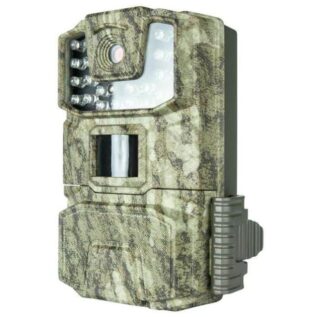 Bushnell 18MP Spot On Tree Bark Camo Trail Camera
Bushnell 18MP Spot On Tree Bark Camo Trail Camera 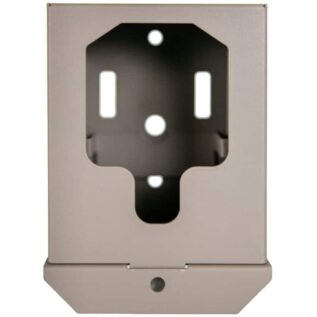 Bushnell 119950C Trail Cam Security Box
Bushnell 119950C Trail Cam Security Box 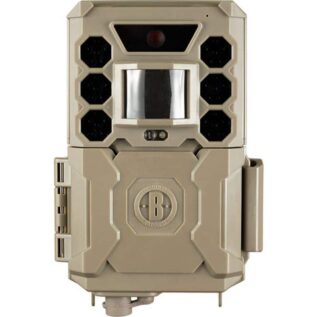 Bushnell Core No-Glow Trail Camera
Bushnell Core No-Glow Trail Camera 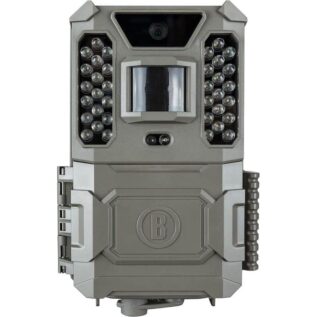 Bushnell 24MP Prime Low Glow Trail Camera
Bushnell 24MP Prime Low Glow Trail Camera 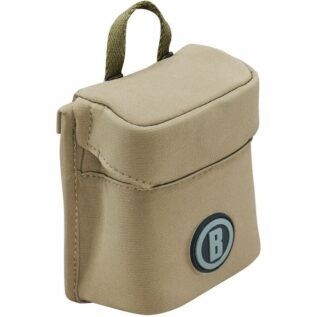 Bushnell Vault Modular Optics Protection System LRF Pouch
Bushnell Vault Modular Optics Protection System LRF Pouch 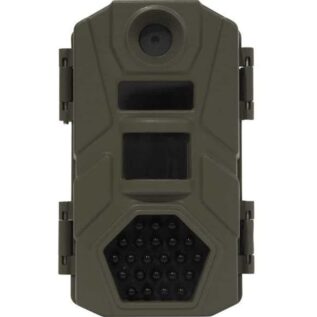 Tasco 8MP Low Glow Tan Trail Camera
Tasco 8MP Low Glow Tan Trail Camera 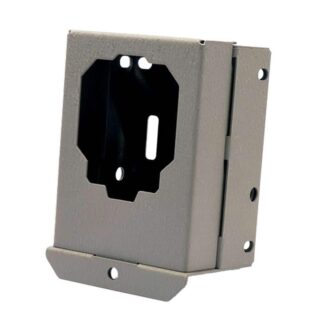 Stealth Cam Large Brown Security / Bear Box
Stealth Cam Large Brown Security / Bear Box 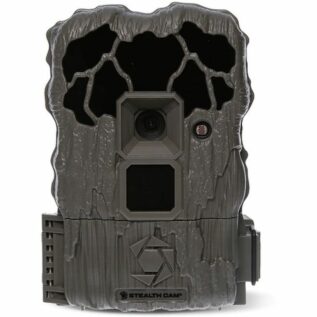 Stealth Cam QS20 Trail Camera
Stealth Cam QS20 Trail Camera 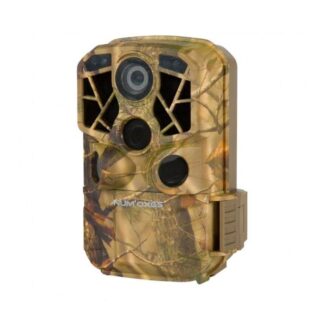 Num’axes PIE1044 Trail Camera
Num’axes PIE1044 Trail Camera 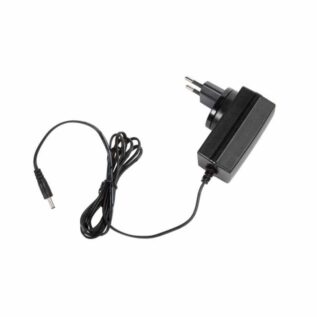 Num’axes PIE1023/PIE1037/PIE1046/PIE1051/PIE1052 Trail Camera 12V Power Pack
Num’axes PIE1023/PIE1037/PIE1046/PIE1051/PIE1052 Trail Camera 12V Power Pack 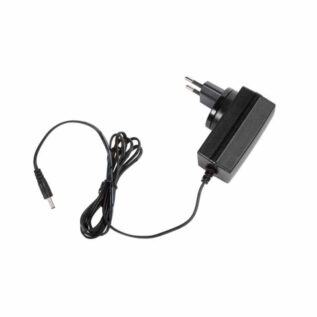 Num’axes PIE1044/PIE1045/PIE1048 6V Trail Camera Power Pack
Num’axes PIE1044/PIE1045/PIE1048 6V Trail Camera Power Pack  Num’axes PIE1037 Trail Camera Metal Cap
Num’axes PIE1037 Trail Camera Metal Cap 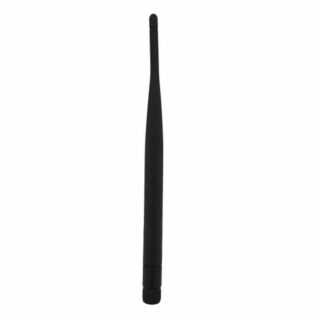 Num’axes PIE1023 Trail Camera Antenna
Num’axes PIE1023 Trail Camera Antenna 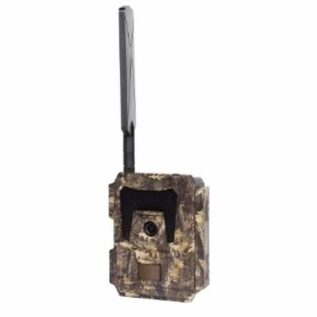 Num'axes PIE1046 4G Trail Camera
Num'axes PIE1046 4G Trail Camera 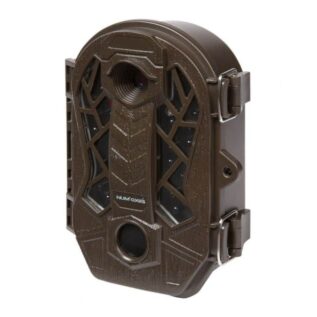 Num'axes PIE1035 Trail Camera
Num'axes PIE1035 Trail Camera 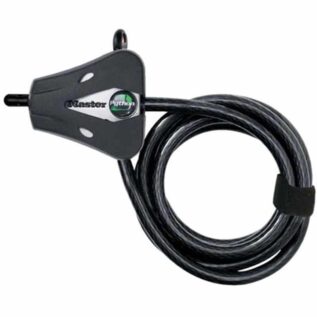 Bushnell 1.8m Trail Camera Cable Lock – Python Adjustable
Bushnell 1.8m Trail Camera Cable Lock – Python Adjustable 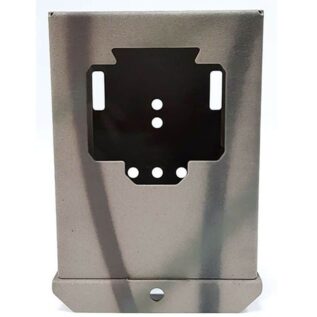 Bushnell Camlockbox Prime Low Glow Trail Camera Security Box
Bushnell Camlockbox Prime Low Glow Trail Camera Security Box 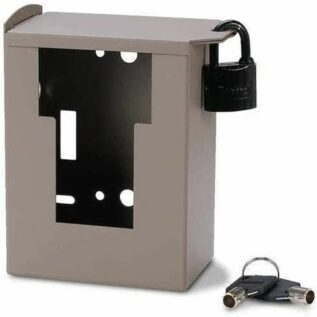 Bushnell Bear Safe Security Case For Trophy Cam Trail Cameras
Bushnell Bear Safe Security Case For Trophy Cam Trail Cameras 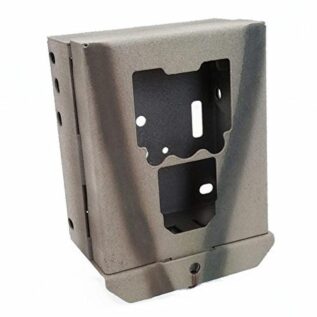 Bushnell Camlockbox Security Box - 119774C/119776C Trail Camera
Bushnell Camlockbox Security Box - 119774C/119776C Trail Camera 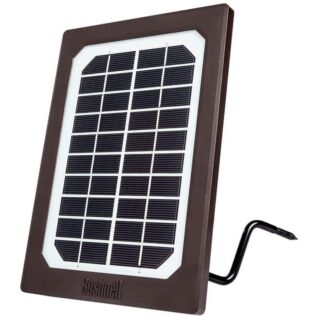 Bushnell Trail Camera Solar Panel
Bushnell Trail Camera Solar Panel 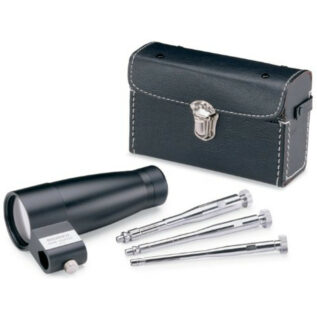 Bushnell Boresighter Kit
Bushnell Boresighter Kit 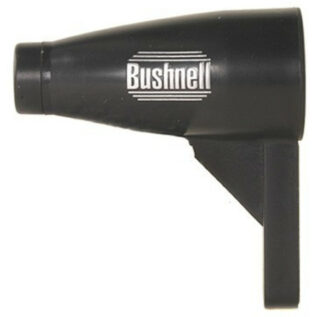 Bushnell Magnetic Boresighter
Bushnell Magnetic Boresighter 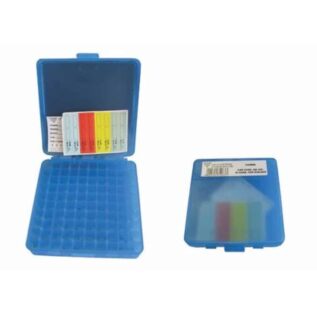 Ram 9mm Cartridge Storage Box - 100
Ram 9mm Cartridge Storage Box - 100 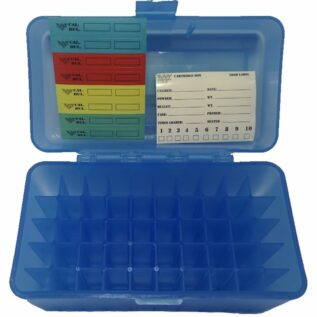 Ram .223 Cartridge Storage Box - 50
Ram .223 Cartridge Storage Box - 50 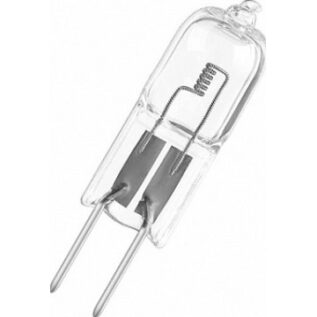 Lightforce Replacement Bulb for SL170 / SL240 - 12V - 100W
Lightforce Replacement Bulb for SL170 / SL240 - 12V - 100W 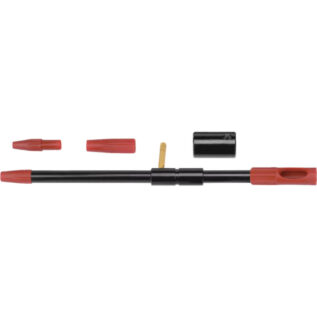 Tipton Universal Bore Guide Kit
Tipton Universal Bore Guide Kit 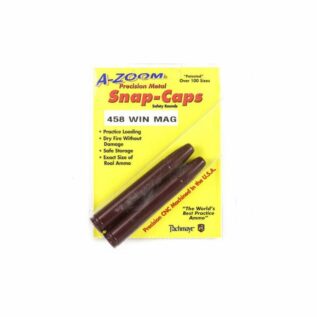 A-Zoom .458 WM Snap Cap - 2 Pack
A-Zoom .458 WM Snap Cap - 2 Pack 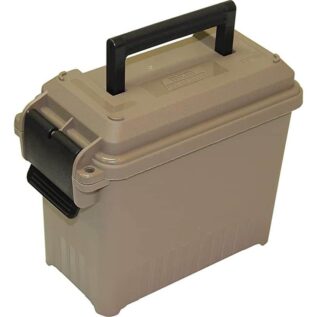 MTM AC15-72 Plastic Mini Ammo Can
MTM AC15-72 Plastic Mini Ammo Can 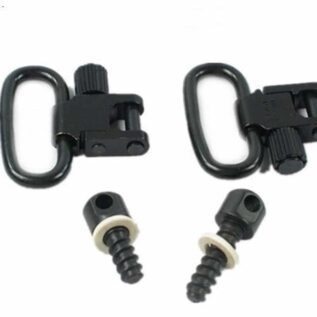 Ram 1″ QD Wood Screw Sling Swivels - Long & Short
Ram 1″ QD Wood Screw Sling Swivels - Long & Short 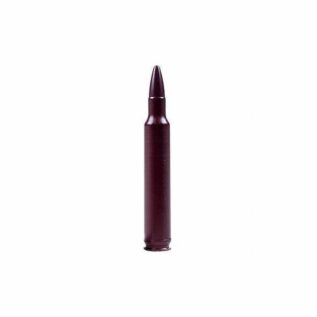 A-Zoom .375 H&H Snap Cap - 2 Pack
A-Zoom .375 H&H Snap Cap - 2 Pack 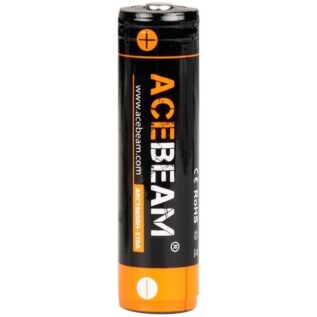 AceBeam 18650 Rechargeable Battery - 3100mAh 3.6V 20A
AceBeam 18650 Rechargeable Battery - 3100mAh 3.6V 20A 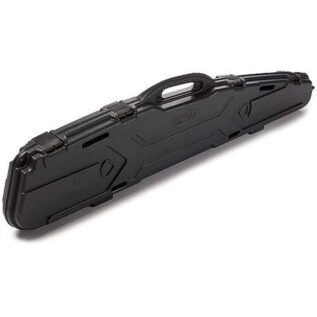 Plano Pro-Max PillarLock Contoured Scoped Rifle Case
Plano Pro-Max PillarLock Contoured Scoped Rifle Case 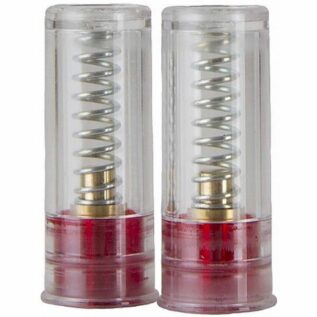 Ram 12G Snap Caps - 2
Ram 12G Snap Caps - 2 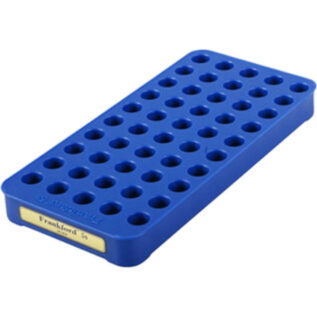 Frankford Arsenal 50 Round Universal Reloading Tray
Frankford Arsenal 50 Round Universal Reloading Tray 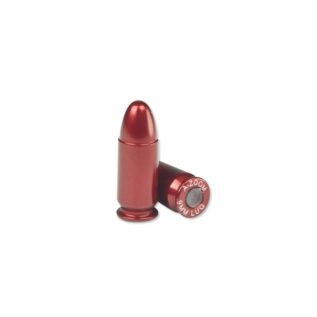 A-Zoom 9mm Snap Cap - 5 Pack
A-Zoom 9mm Snap Cap - 5 Pack 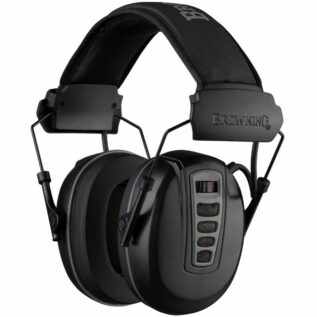 Browning Cadence Electronic Hearing Protector - Black
Browning Cadence Electronic Hearing Protector - Black 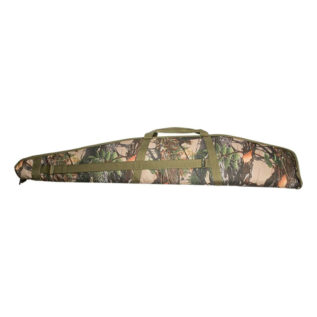 Buffalo River 48" Camo Carry PRO Deluxe II Scoped Gun Bag
Buffalo River 48" Camo Carry PRO Deluxe II Scoped Gun Bag 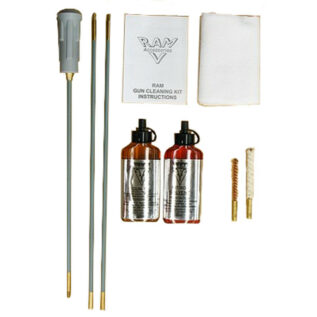 Ram .458 3 Piece Rifle Cleaning Kit
Ram .458 3 Piece Rifle Cleaning Kit 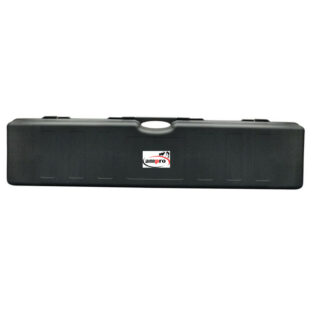 Ampro TUFF-D1370F Double Rifle Case
Ampro TUFF-D1370F Double Rifle Case 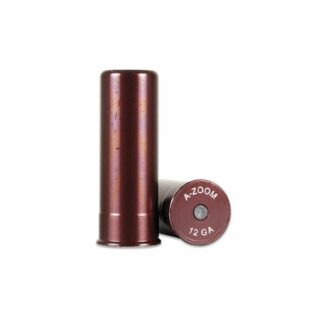 A-Zoom 12 Gauge Snap Cap - 2 Pack
A-Zoom 12 Gauge Snap Cap - 2 Pack 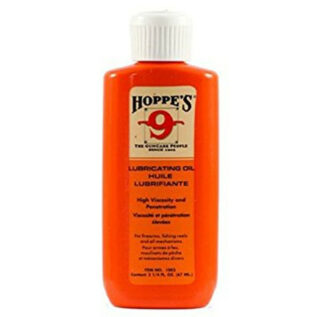 Hoppes 21/4oz Squeeze Bottle Gun Lubricating Oil
Hoppes 21/4oz Squeeze Bottle Gun Lubricating Oil  Hoppes No. 9 5oz Gun Bore Cleaner
Hoppes No. 9 5oz Gun Bore Cleaner 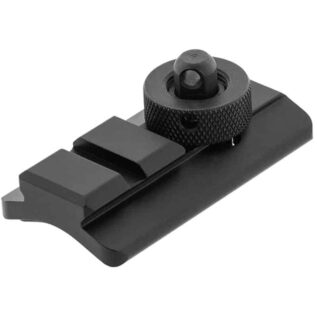 Leapers UTG Swivel Stud to Picatinny Adaptor
Leapers UTG Swivel Stud to Picatinny Adaptor 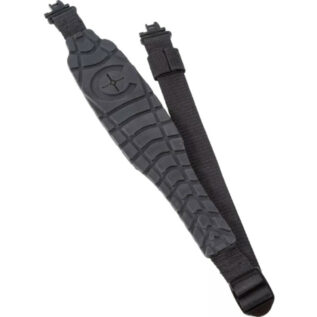 Caldwell Black Max Grip Rifle Sling with Swivels
Caldwell Black Max Grip Rifle Sling with Swivels  Bore Tech 1-1/2" Round Patches - 1000 Pack
Bore Tech 1-1/2" Round Patches - 1000 Pack 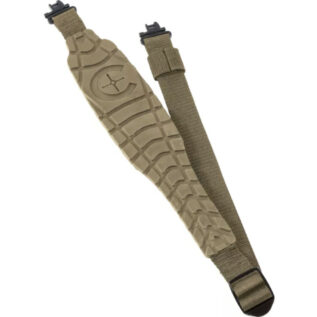 Caldwell Flat Dark Earth Max Grip Rifle Sling with Swivels
Caldwell Flat Dark Earth Max Grip Rifle Sling with Swivels 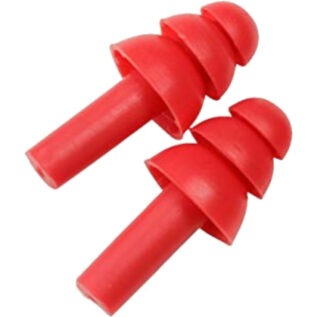 SportEar Silicone Earplugs
SportEar Silicone Earplugs 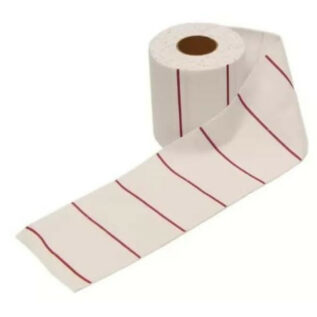 Yale 10m Roll 2x4 Flannelettes
Yale 10m Roll 2x4 Flannelettes 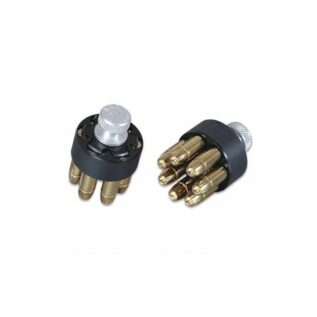 HKS 6 Shot S&W N Frame Speedloader
HKS 6 Shot S&W N Frame Speedloader 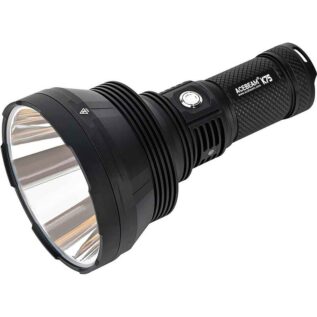 Acebeam K75 Flashlight - 6300 Lumens - 2500m
Acebeam K75 Flashlight - 6300 Lumens - 2500m 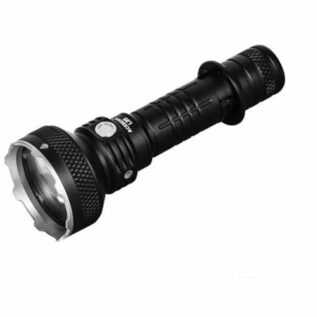 Acebeam L35 LED 5000 Lumen Tactical Flashlight
Acebeam L35 LED 5000 Lumen Tactical Flashlight 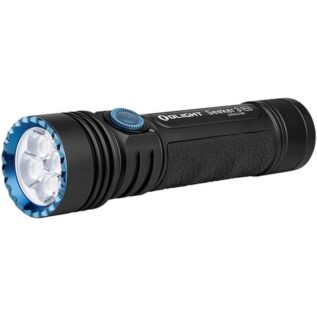 Olight Seeker 3 Pro Flashlight
Olight Seeker 3 Pro Flashlight 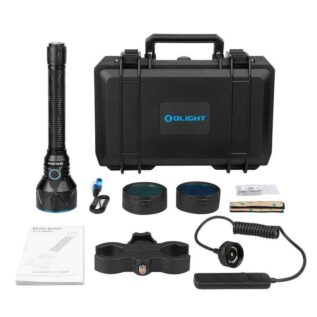 Olight Javelot Pro 2 Kit
Olight Javelot Pro 2 Kit 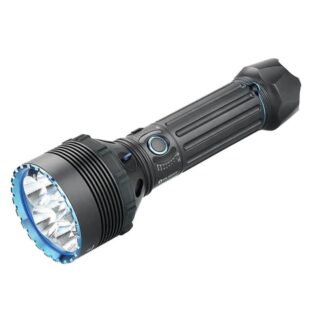 Olight X9R Marauder 25000 Lumen Flashlight
Olight X9R Marauder 25000 Lumen Flashlight 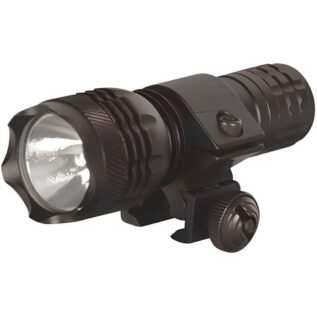 Gamo Tactical Flashlight
Gamo Tactical Flashlight 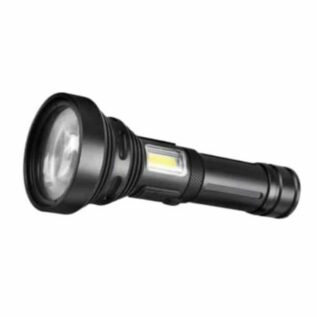 Zartek ZA-815 Laser LED Flashlight
Zartek ZA-815 Laser LED Flashlight 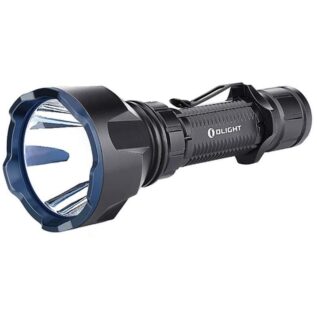 Olight Warrior X Turbo Flashlight
Olight Warrior X Turbo Flashlight 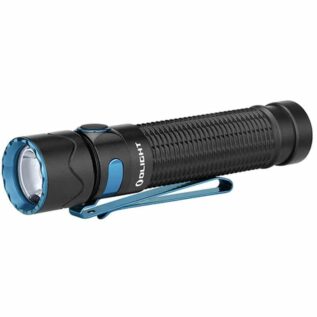 Olight Warrior Mini 2 Flashlight
Olight Warrior Mini 2 Flashlight 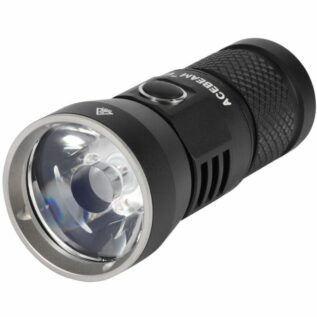 Acebeam E10 Osram 760 Lumen LED Flashlight
Acebeam E10 Osram 760 Lumen LED Flashlight 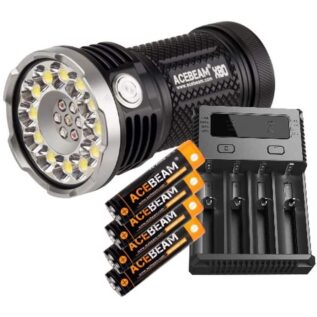 Acebeam X80 25000 Lumen LED Flashlight Combo
Acebeam X80 25000 Lumen LED Flashlight Combo 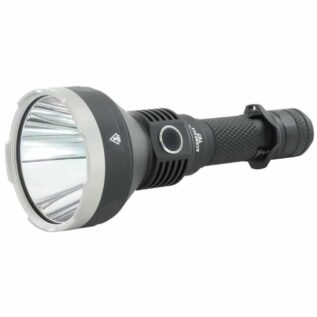 Acebeam T27 IR Illuminator 2500 Lumen LED Flashlight
Acebeam T27 IR Illuminator 2500 Lumen LED Flashlight 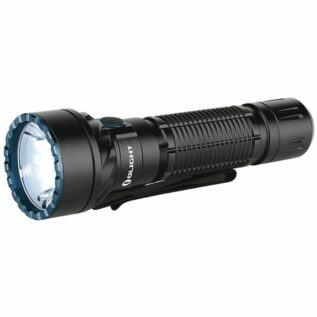 Olight Freyr Dual-Switch Flashlight
Olight Freyr Dual-Switch Flashlight 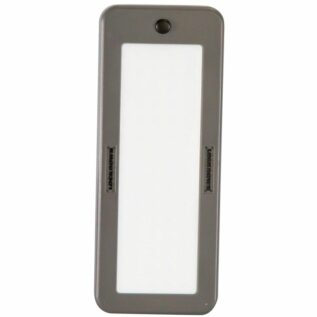 Tipton Lockdown Cordless 75 LED Vault Light
Tipton Lockdown Cordless 75 LED Vault Light 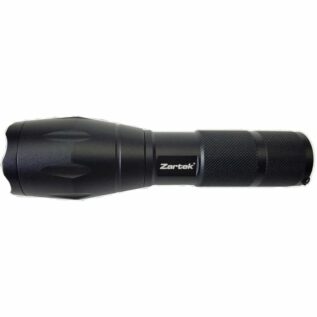 Zartek ZA-416 Rechargeable LED Flashlight
Zartek ZA-416 Rechargeable LED Flashlight 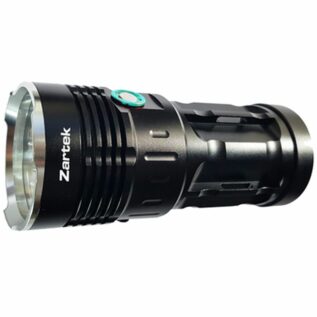 Zartek ZA-417 Extreme Bright Rechargeable Flashlight
Zartek ZA-417 Extreme Bright Rechargeable Flashlight 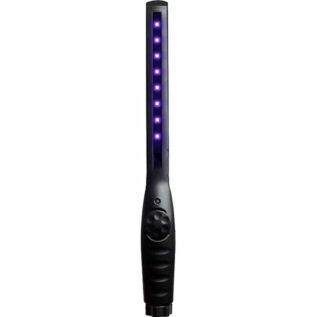 Zartek ZA-498 Rechargeable UV-C Sterilizing LED Wand
Zartek ZA-498 Rechargeable UV-C Sterilizing LED Wand 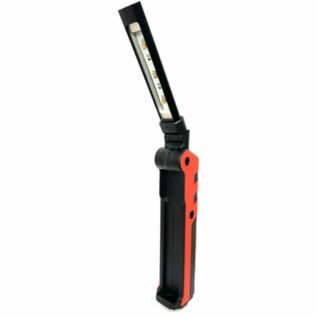 Zartek ZA-497 Sterilizing UV-C Rechargeable LED Light
Zartek ZA-497 Sterilizing UV-C Rechargeable LED Light 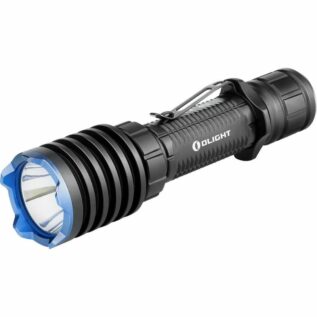 Olight Warrior X Pro Rechargeable LED Flashlight
Olight Warrior X Pro Rechargeable LED Flashlight 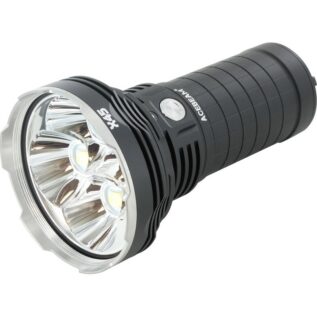 Acebeam X45 Flashlight - 18000 Lumens - 635m
Acebeam X45 Flashlight - 18000 Lumens - 635m 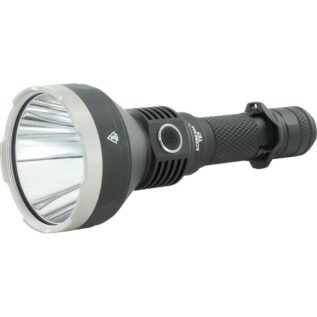 Acebeam T27 Flashlight - 2500 Lumens - 1180m
Acebeam T27 Flashlight - 2500 Lumens - 1180m 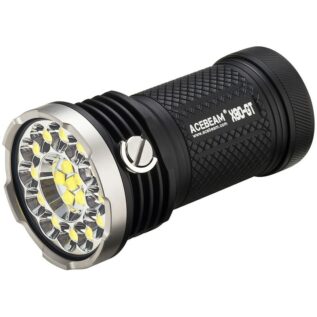 AceBeam X80-GT Flashlight - 32500 Lumens - 369m
AceBeam X80-GT Flashlight - 32500 Lumens - 369m 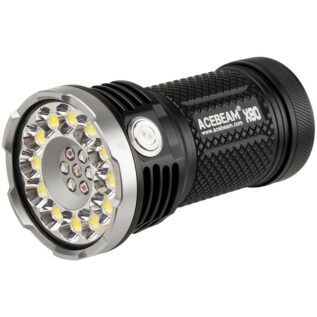 AceBeam X80 Flashlight - 25000 Lumens - 332m
AceBeam X80 Flashlight - 25000 Lumens - 332m 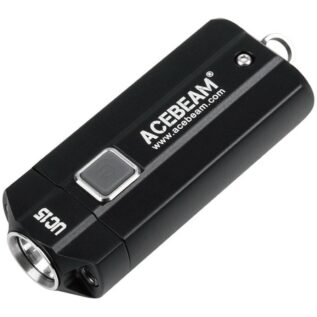 AceBeam UC15 Mini Keyring Flashlight - 1000 Lumens - 107m
AceBeam UC15 Mini Keyring Flashlight - 1000 Lumens - 107m 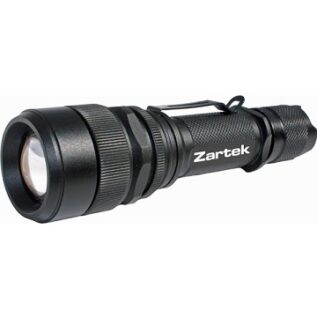 Zartek ZA-457 LED Flashlight
Zartek ZA-457 LED Flashlight 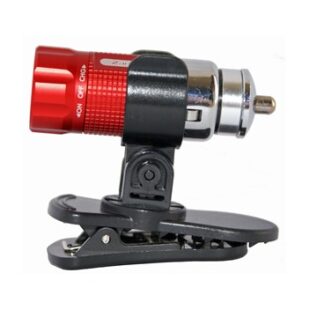 Zartek ZA-455 12V Rechargeable Flashlight
Zartek ZA-455 12V Rechargeable Flashlight 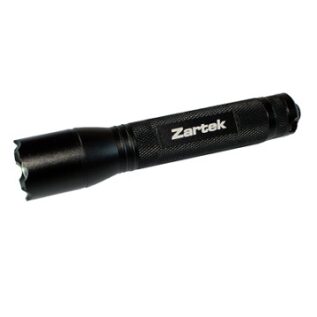 Zartek ZA-456 LED Flashlight
Zartek ZA-456 LED Flashlight 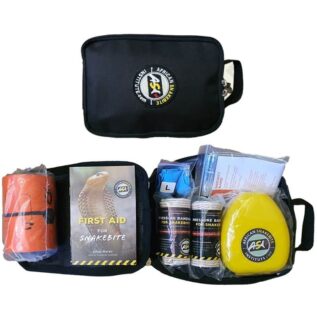 ASI Budget Hiker’s Snakebite First Aid Kit
ASI Budget Hiker’s Snakebite First Aid Kit 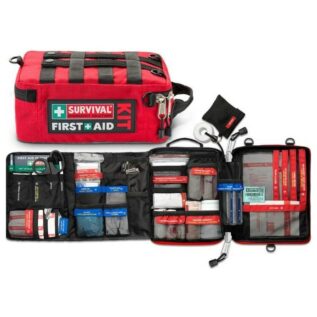 Survival Workplace First Aid Kit
Survival Workplace First Aid Kit 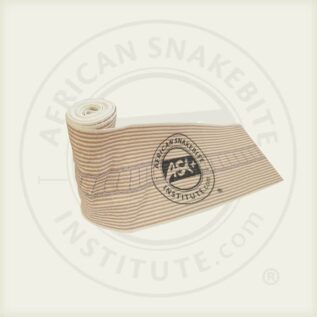 ASI Snakebite Bandage
ASI Snakebite Bandage 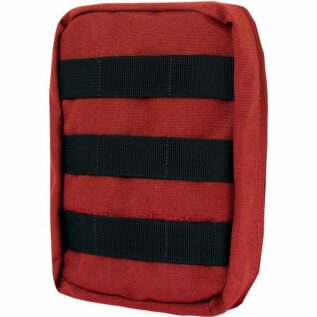 Condor EMT Pouch - Red
Condor EMT Pouch - Red 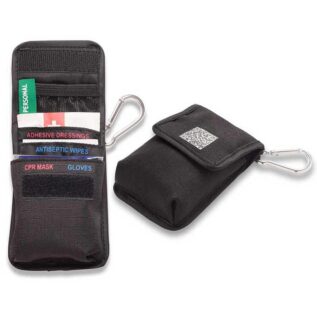 Pocket 1st Aid Kit
Pocket 1st Aid Kit 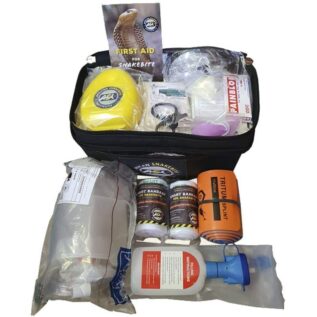 ASI Snakebite First Aid Kit
ASI Snakebite First Aid Kit 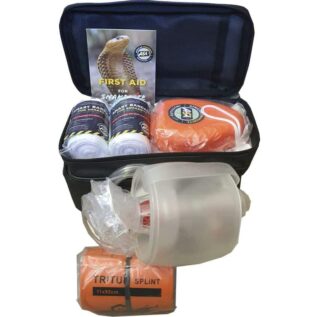 ASI Essential Snakebite First Aid Kit
ASI Essential Snakebite First Aid Kit 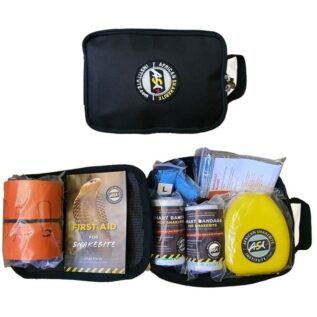 ASI Hiker’s Snakebite First Aid Kit
ASI Hiker’s Snakebite First Aid Kit 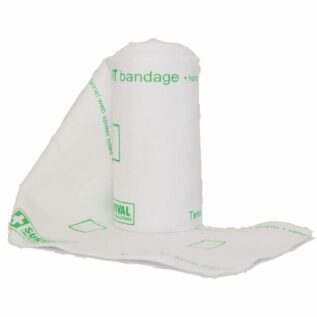 ASI Smart Pressure Bandage
ASI Smart Pressure Bandage 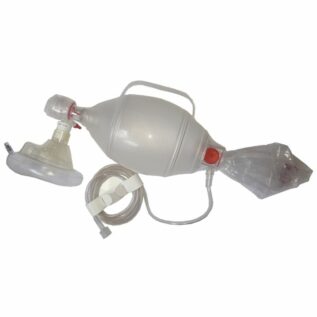 ASI Adult Resuscitator
ASI Adult Resuscitator 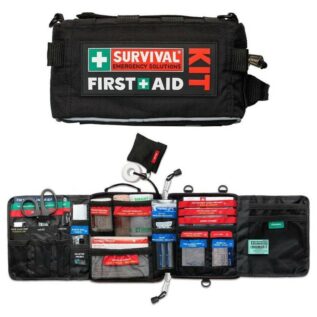 Survival Vehicle First Aid Kit
Survival Vehicle First Aid Kit 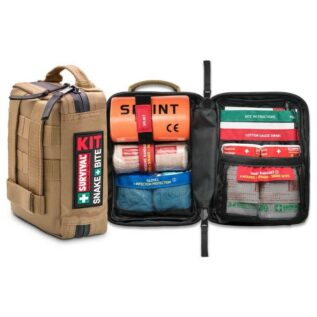 Survival Snake Bite Kit
Survival Snake Bite Kit 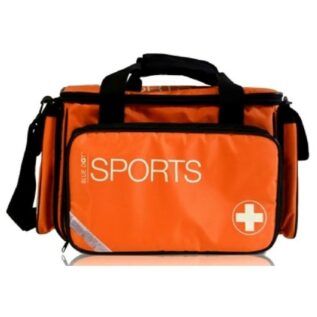 Blue Dot Premium Advanced Sports First Aid Kit - Orange
Blue Dot Premium Advanced Sports First Aid Kit - Orange  MTM AC11 Plastic Dry Box
MTM AC11 Plastic Dry Box 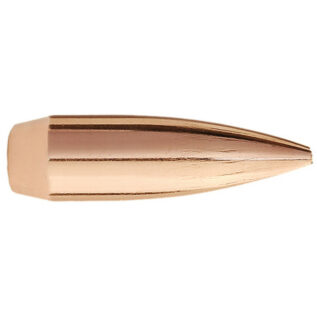 Sierra .30 135gr HPBT Bullet
Sierra .30 135gr HPBT Bullet 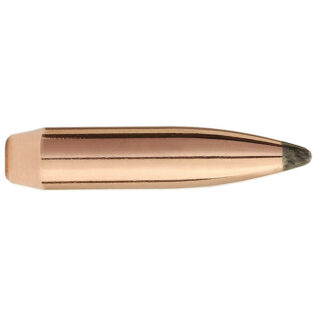 Sierra 6.5mm 140gr SBT Bullet
Sierra 6.5mm 140gr SBT Bullet 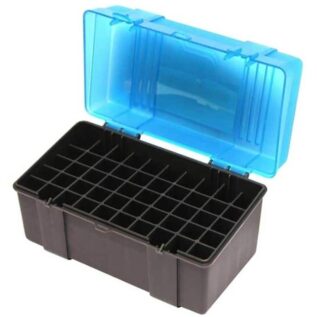 Plano 30-06 To 340 Wby Ammo Case - 50 Rounds
Plano 30-06 To 340 Wby Ammo Case - 50 Rounds 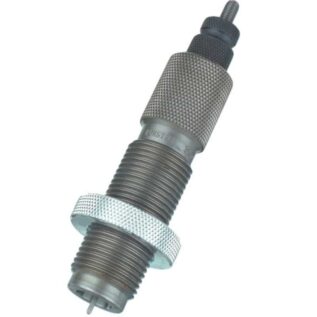 Forster 7mm Rem Saum Full Length Sizing Die
Forster 7mm Rem Saum Full Length Sizing Die 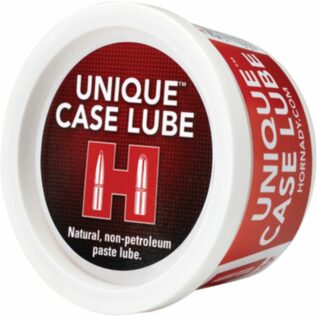 Hornady 393299 Unique Case Lube
Hornady 393299 Unique Case Lube 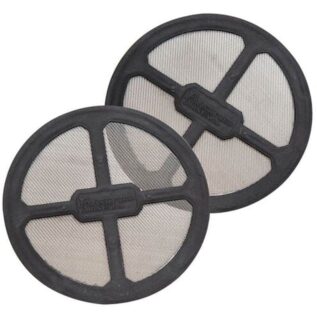 Frankford Arsenal Rotary Tumbler Straining Caps
Frankford Arsenal Rotary Tumbler Straining Caps 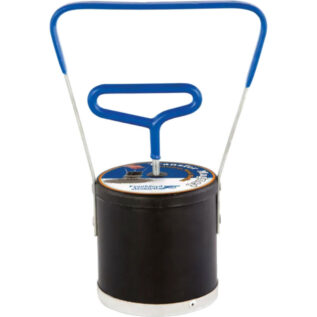 Frankford Arsenal Stainless Steel Media Transfer Magnet
Frankford Arsenal Stainless Steel Media Transfer Magnet 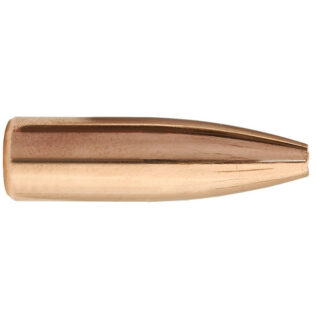 Sierra 6.5mm 100gr Hollow Point Bullet
Sierra 6.5mm 100gr Hollow Point Bullet 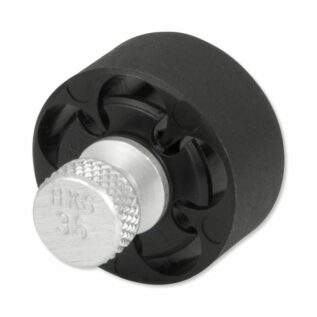 HKS 5 Cartridge Revolver Speedloader
HKS 5 Cartridge Revolver Speedloader 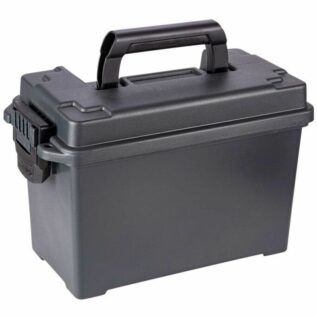 Plano 1712P Medium Field Ammo Box
Plano 1712P Medium Field Ammo Box 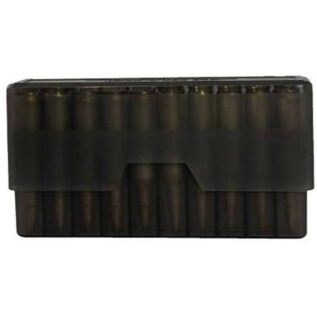 Berry's .270-.30-06 20 Round Slip-Top Ammo Box - Smoke
Berry's .270-.30-06 20 Round Slip-Top Ammo Box - Smoke 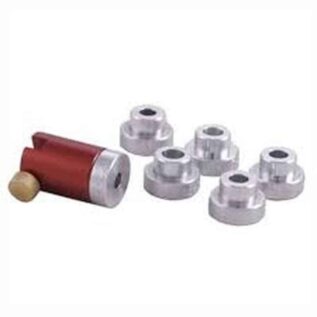 Hornady B234 Bullet Comparator – Basic Set
Hornady B234 Bullet Comparator – Basic Set 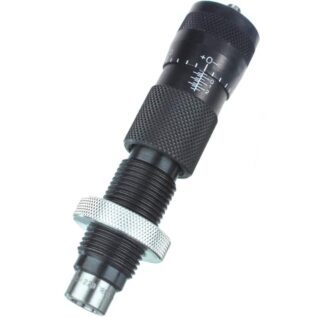 Forster 25-06 Rem Ultra Micrometer Seater Die
Forster 25-06 Rem Ultra Micrometer Seater Die 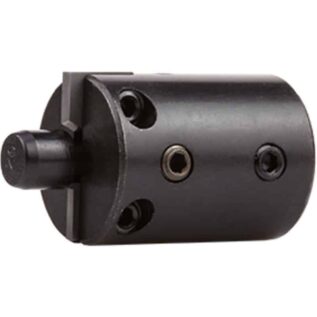 Forster .224 3-in-1 Case Mouth Cutter
Forster .224 3-in-1 Case Mouth Cutter 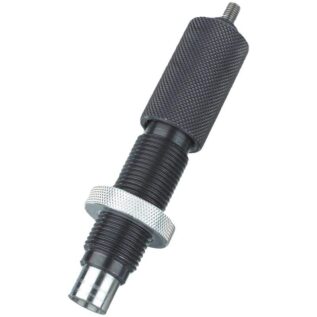 Forster .243 Win Seater Chamber Die
Forster .243 Win Seater Chamber Die 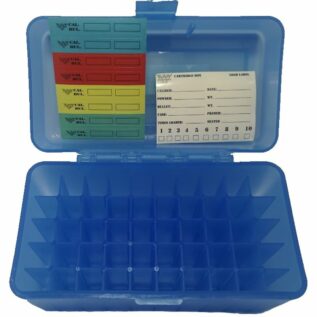 Ram .270 Cartridge Storage Box - 50
Ram .270 Cartridge Storage Box - 50 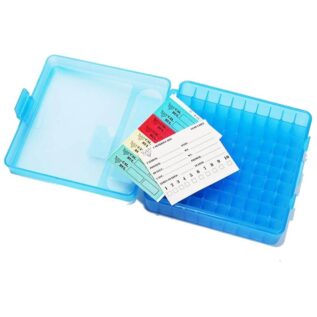 Ram .38 Cartridge Storage Box - 100
Ram .38 Cartridge Storage Box - 100 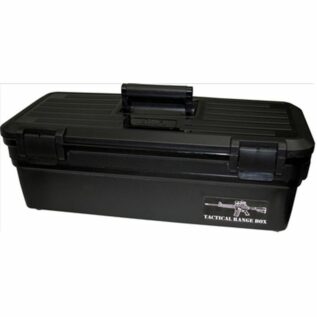 MTM TRB-40 Tactical Range Box
MTM TRB-40 Tactical Range Box 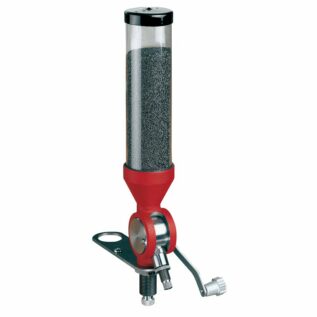 Hornady 50069 Lock-N-Load Powder Measure
Hornady 50069 Lock-N-Load Powder Measure 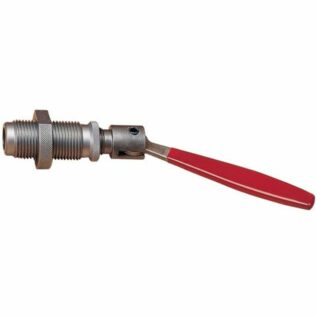 Hornady Cam Lock Bullet Puller
Hornady Cam Lock Bullet Puller 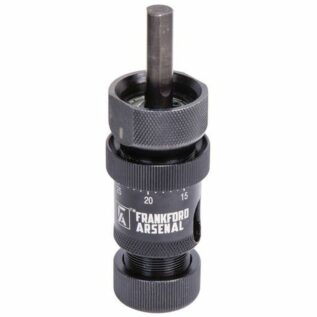 Frankford Universal Precision Case Trimmer
Frankford Universal Precision Case Trimmer 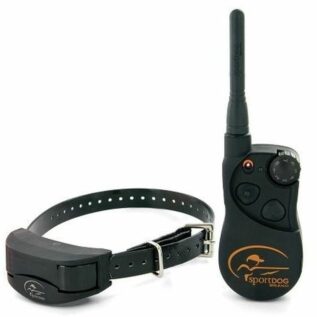 SportDOG 1600m SportTrainer 1825 Remote Trainer
SportDOG 1600m SportTrainer 1825 Remote Trainer 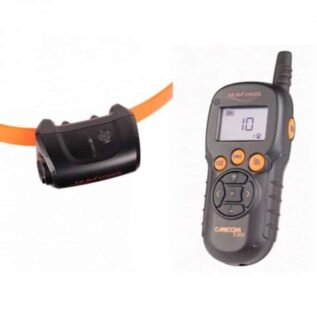 Num'Axes Canicom 5.500 Remote Training Collar
Num'Axes Canicom 5.500 Remote Training Collar 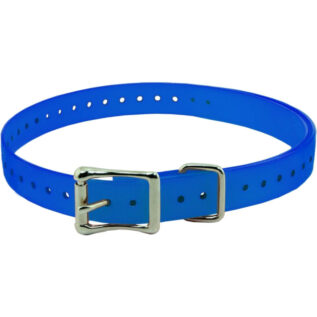 SportDOG Blue Replacement Collar Strap
SportDOG Blue Replacement Collar Strap 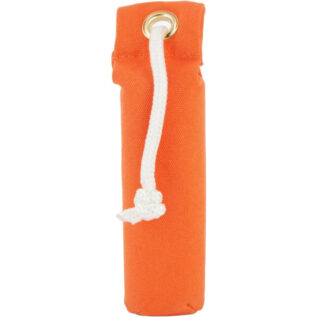 SportDOG 3-Pack Orange Canvas Puppy Dummy Trainer
SportDOG 3-Pack Orange Canvas Puppy Dummy Trainer 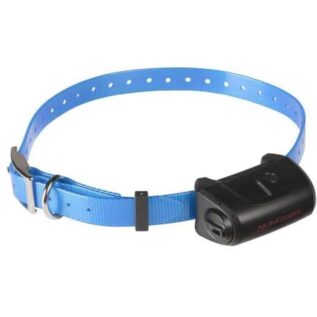 Num'Axes Canicom 5 Blue Strap Receiver Collar
Num'Axes Canicom 5 Blue Strap Receiver Collar 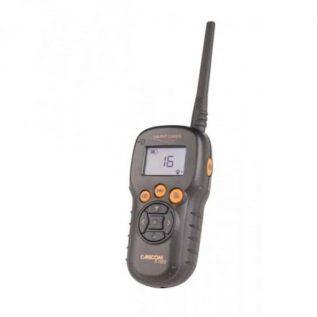 Num'Axes Canicom 5.1500 Replacement Remote Control
Num'Axes Canicom 5.1500 Replacement Remote Control 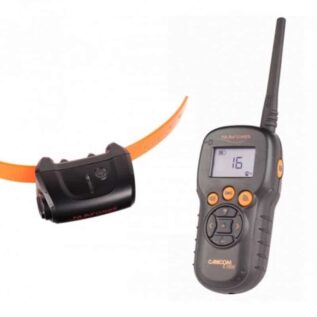 Num'Axes Canicom 5.1500 Remote Training Collar
Num'Axes Canicom 5.1500 Remote Training Collar 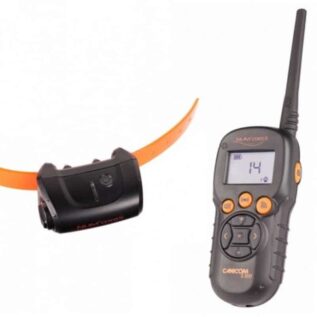 Num'Axes Canicom 5.800 Remote Training Collar
Num'Axes Canicom 5.800 Remote Training Collar 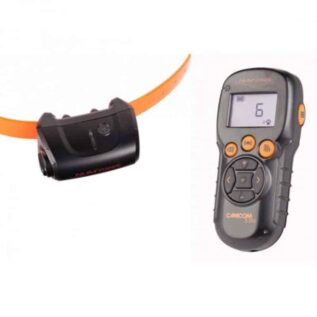 Num'Axes Canicom 5.202 Remote Training Collar
Num'Axes Canicom 5.202 Remote Training Collar 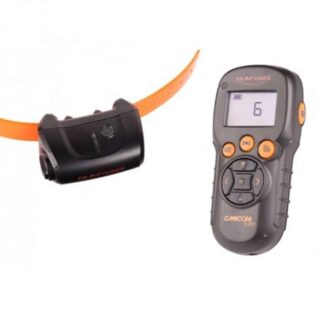 Num'Axes Canicom 5.201 Remote Training Collar
Num'Axes Canicom 5.201 Remote Training Collar 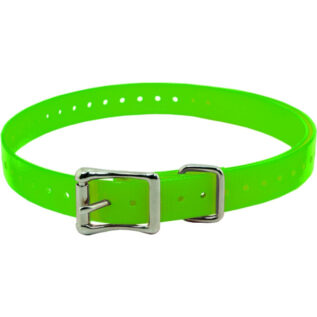 SportDOG Green Replacement Collar Strap
SportDOG Green Replacement Collar Strap 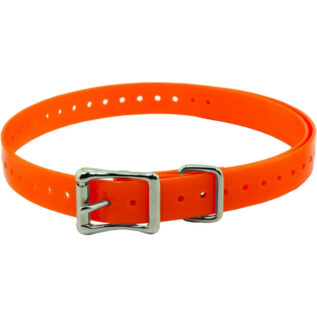 SportDOG Orange Replacement Collar Strap
SportDOG Orange Replacement Collar Strap 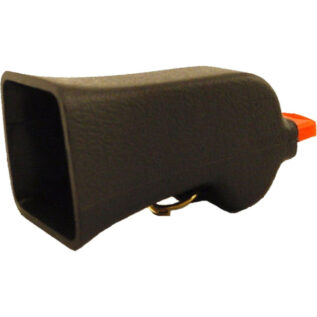 SportDOG Roy Gonia Mega Whistle
SportDOG Roy Gonia Mega Whistle 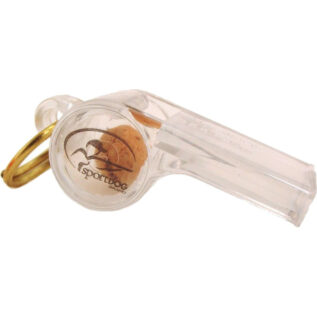 SportDOG Roy Gonia Clear Competition Whistle
SportDOG Roy Gonia Clear Competition Whistle 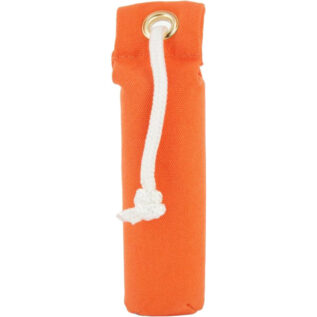 SportDOG Orange Canvas Puppy Dummy Trainer
SportDOG Orange Canvas Puppy Dummy Trainer 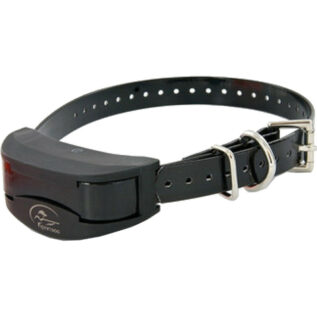 SportDOG Sporttrainer 1200m / 1600m Add-A-Dog Collar
SportDOG Sporttrainer 1200m / 1600m Add-A-Dog Collar 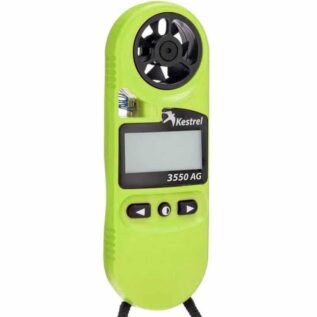 Kestrel 3550AG Weather Meter For Spray Applications
Kestrel 3550AG Weather Meter For Spray Applications 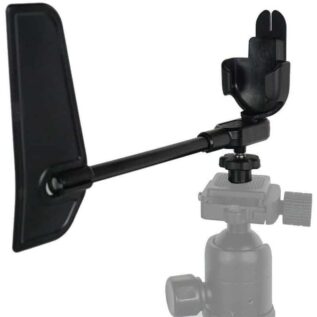 Kestrel Basic Series Vane Mount
Kestrel Basic Series Vane Mount 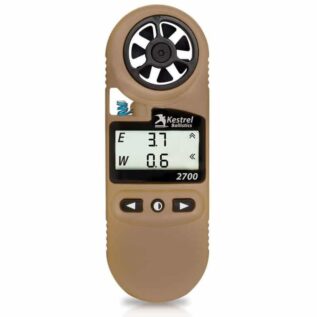 Kestrel 2700 Ballistics Weather Meter - Tan
Kestrel 2700 Ballistics Weather Meter - Tan 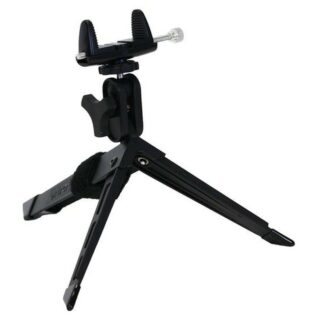 Kestrel Portable Tripod with Clamp
Kestrel Portable Tripod with Clamp 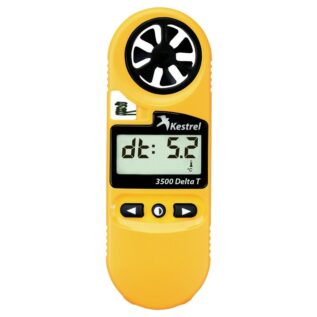 Kestrel 3500 Wind / Temp / RH / Baro / DT Meter
Kestrel 3500 Wind / Temp / RH / Baro / DT Meter 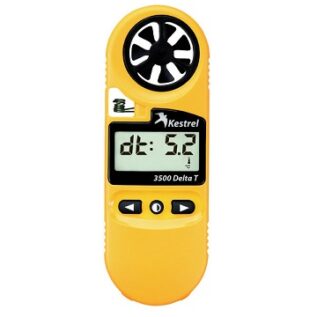 Kestrel Weather and Wind Meter - 3500 Delta T Meter
Kestrel Weather and Wind Meter - 3500 Delta T Meter 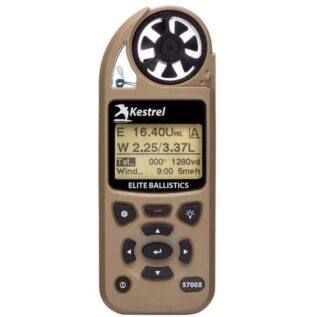 Kestrel 5700X Weather Meter With Applied Ballistics And LiNK - Tan
Kestrel 5700X Weather Meter With Applied Ballistics And LiNK - Tan 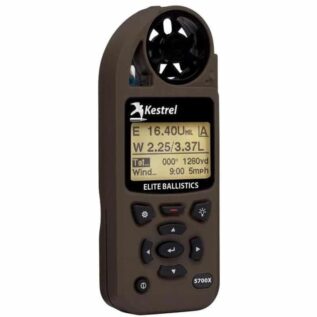 Kestrel 5700X Weather Meter With Applied Ballistics And LiNK - FDE
Kestrel 5700X Weather Meter With Applied Ballistics And LiNK - FDE 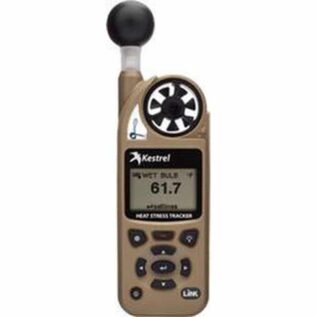 Kestrel 5400 Heat Stress WBGT Meter - Tan
Kestrel 5400 Heat Stress WBGT Meter - Tan 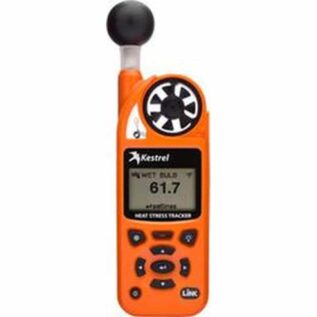 Kestrel 5400 Heat Stress WBGT Meter - Orange
Kestrel 5400 Heat Stress WBGT Meter - Orange 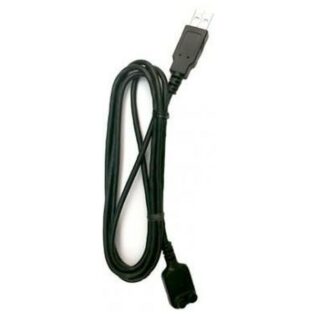 Kestrel USB Data Transfer Cable
Kestrel USB Data Transfer Cable 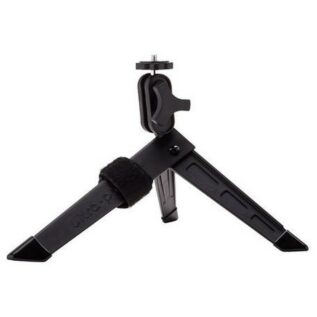 Kestrel Ultrapod Tripod
Kestrel Ultrapod Tripod 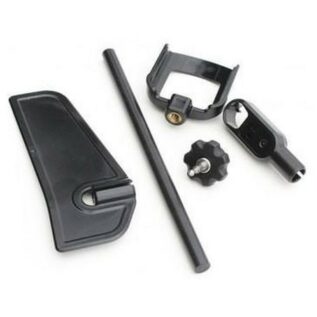 Kestrel Rotating Vane Mount and Carry Case
Kestrel Rotating Vane Mount and Carry Case 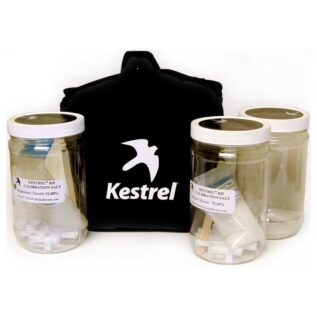 Kestrel Relative Humidity Calibration Kit
Kestrel Relative Humidity Calibration Kit 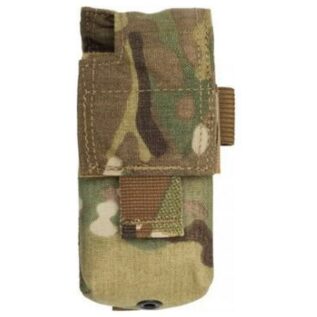 Kestrel Meters TYR Tactical Carry Case
Kestrel Meters TYR Tactical Carry Case 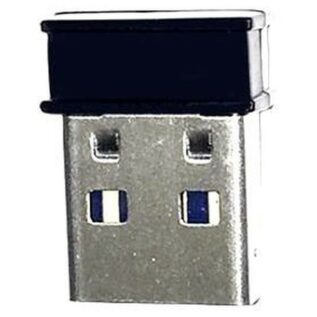 Kestrel LiNK Dongle (BTLE)
Kestrel LiNK Dongle (BTLE) 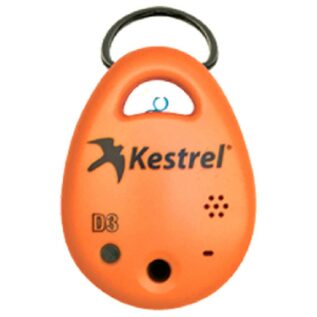 Kestrel Drop 3 Fire Weather Monitor
Kestrel Drop 3 Fire Weather Monitor 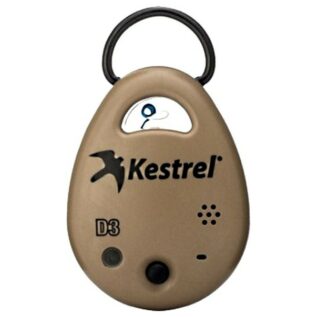 Kestrel Drop 3 Environmental Logger - Tan
Kestrel Drop 3 Environmental Logger - Tan 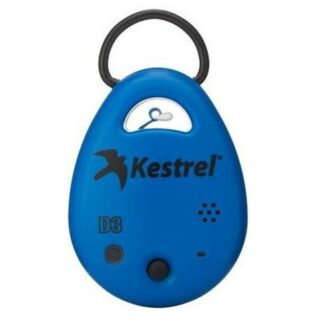 Kestrel Drop 3 Environmental Logger - Blue
Kestrel Drop 3 Environmental Logger - Blue 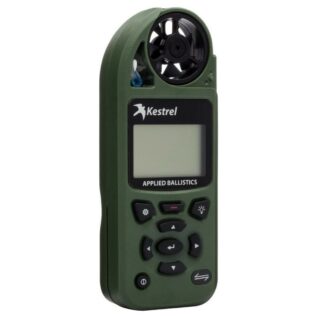 Kestrel 5700 Elite Applied Ballistics Weather Meter with LiNK - Olive
Kestrel 5700 Elite Applied Ballistics Weather Meter with LiNK - Olive 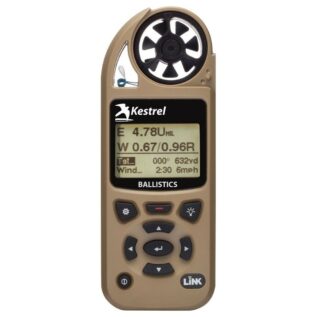 Kestrel 5700 Ballistics Weather Meter with LiNK - Tan
Kestrel 5700 Ballistics Weather Meter with LiNK - Tan 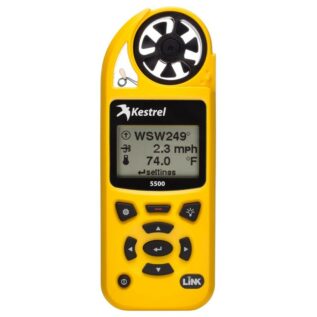 Kestrel 5500 Handheld Weather Meter with LiNK & Vane - Yellow
Kestrel 5500 Handheld Weather Meter with LiNK & Vane - Yellow 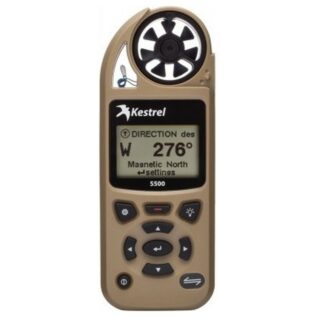 Kestrel 5500 Handheld Weather Meter with Bluetooth LiNK & Vane - Tan
Kestrel 5500 Handheld Weather Meter with Bluetooth LiNK & Vane - Tan 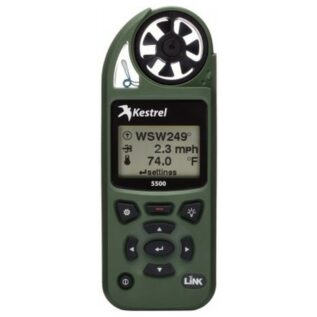 Kestrel 5500 Handheld Weather Meter with Bluetooth LiN - Olive
Kestrel 5500 Handheld Weather Meter with Bluetooth LiN - Olive 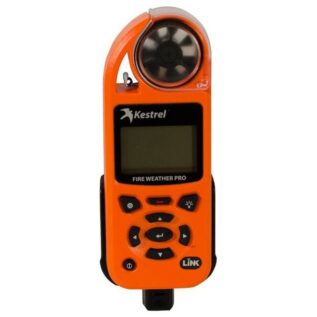 Kestrel 5500 Fire Weather Meter Pro with LiNK & Vane Mount
Kestrel 5500 Fire Weather Meter Pro with LiNK & Vane Mount 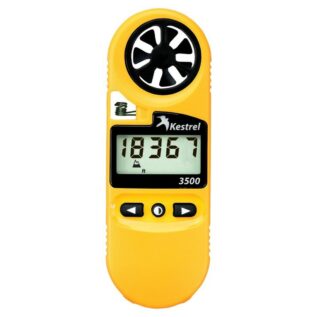 Kestrel 3500 Wind / Temp / RH / Baro Meter
Kestrel 3500 Wind / Temp / RH / Baro Meter 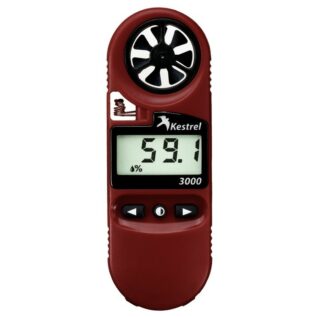 Kestrel 3000 Wind / Temp / RH Meter
Kestrel 3000 Wind / Temp / RH Meter 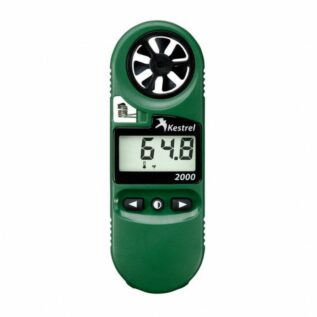 Kestrel 2000 Wind / Temperature Meter
Kestrel 2000 Wind / Temperature Meter 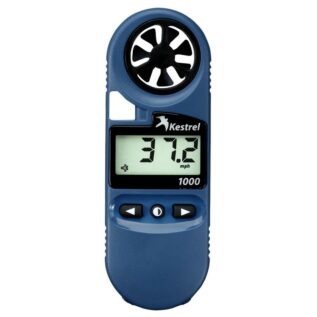 Kestrel 1000 Wind Meter
Kestrel 1000 Wind Meter 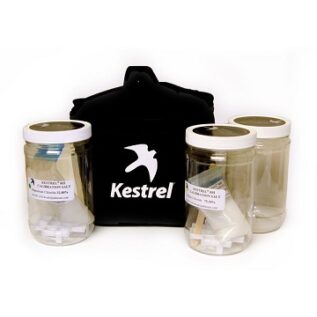 Kestrel Weather and Wind Meter - Humidity Calibration Kit
Kestrel Weather and Wind Meter - Humidity Calibration Kit 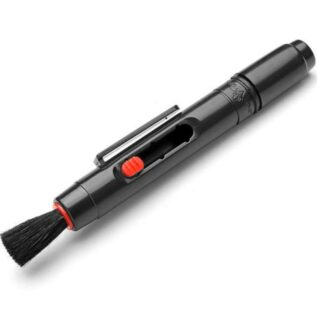 Air Chrony Cleaning Pen For Optics
Air Chrony Cleaning Pen For Optics 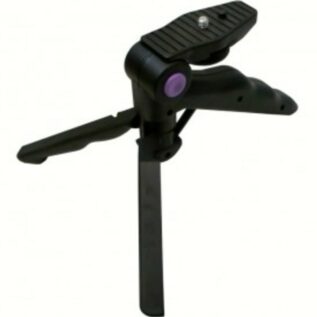 Air Chrony Star 37 Tripod
Air Chrony Star 37 Tripod 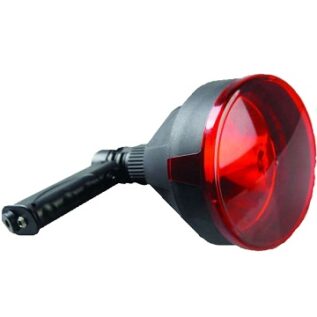 Gamepro Spotlight - Bubo XL - Rechargeable - 15W LED - 1040LUM (With Bag and Red Filter)
Gamepro Spotlight - Bubo XL - Rechargeable - 15W LED - 1040LUM (With Bag and Red Filter) 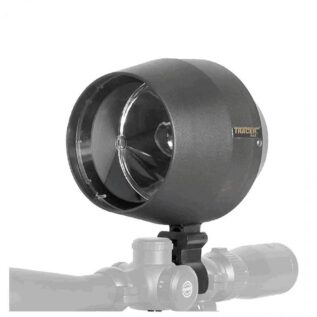 Tracer Mini Pro Lithium Polymer Gunlight Kit - 250m
Tracer Mini Pro Lithium Polymer Gunlight Kit - 250m 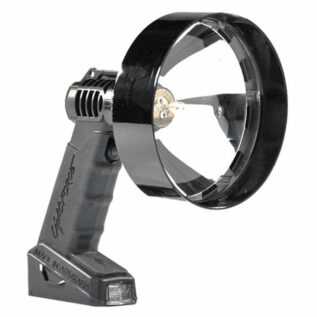 LightForce SpotLight - Hand Held Enforcer 140mm 75W with Cigarette Plug & Coil Cord
LightForce SpotLight - Hand Held Enforcer 140mm 75W with Cigarette Plug & Coil Cord 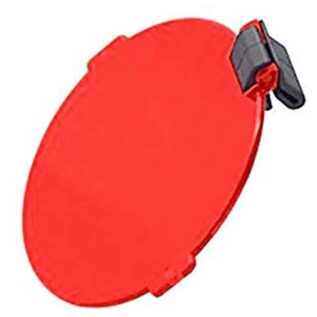 Tracer Tristar Red Spotlight Filter
Tracer Tristar Red Spotlight Filter 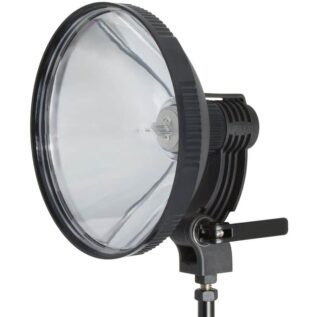 Tracer 180mm 12V Standard Remote Vehicle Mounted Spotlight - 650m
Tracer 180mm 12V Standard Remote Vehicle Mounted Spotlight - 650m 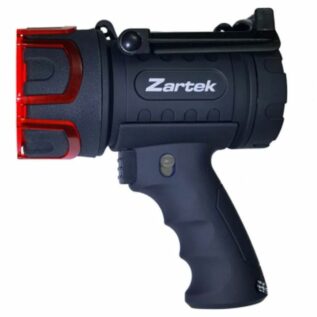 Zartek ZA-461 Rechargeable Spotlight
Zartek ZA-461 Rechargeable Spotlight 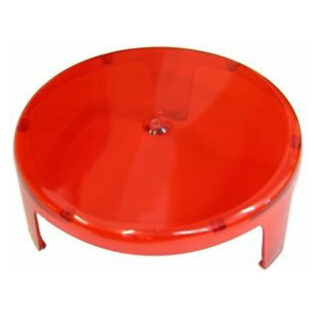 LightForce Striker 170mm Red Filter
LightForce Striker 170mm Red Filter 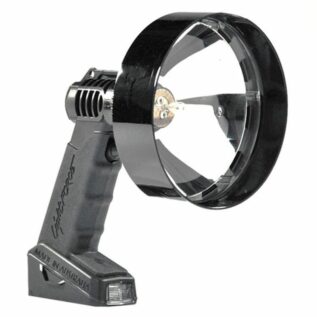 LightForce SpotLight - Hand Held Enforcer 170mm 100W with Coiled Cord
LightForce SpotLight - Hand Held Enforcer 170mm 100W with Coiled Cord 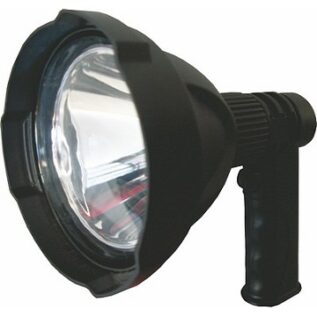 Gamepro Spotlight - Asio - Rechargeable - 5W LED - 300LUM (With Bag and Red Filter)
Gamepro Spotlight - Asio - Rechargeable - 5W LED - 300LUM (With Bag and Red Filter) 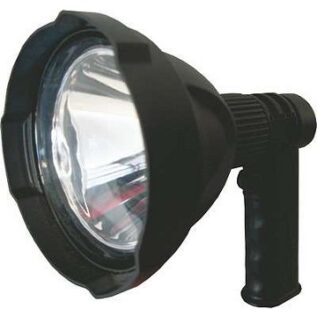 Gamepro Spotlight - Ninox - Rechargeable - 25W LED - 2000LUM (With Bag and Red Filter)
Gamepro Spotlight - Ninox - Rechargeable - 25W LED - 2000LUM (With Bag and Red Filter) 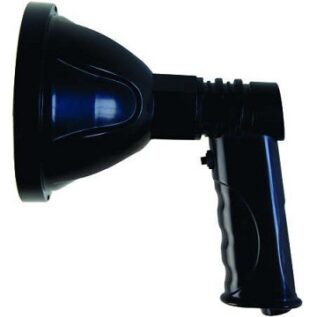 Gamepro Spotlight - Bubo - Rechargeable - 10W LED - 600LUM (With Bag and Red Lens)
Gamepro Spotlight - Bubo - Rechargeable - 10W LED - 600LUM (With Bag and Red Lens) 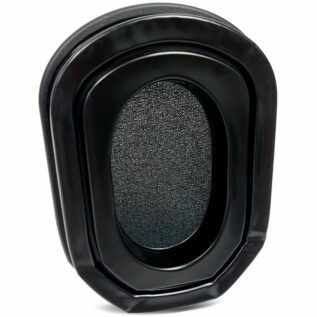 Walker's Gel Ear Pad
Walker's Gel Ear Pad 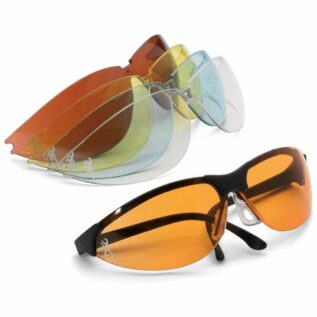 Browning Claymaster Shooting Glasses
Browning Claymaster Shooting Glasses 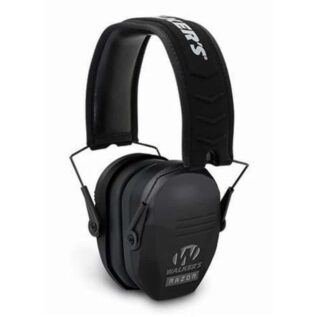 Walker's Razor Slim Passive Muff
Walker's Razor Slim Passive Muff 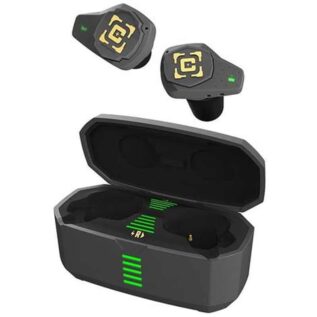 Caldwell E-MAX Shadows Pro Hearing Protection Earbuds
Caldwell E-MAX Shadows Pro Hearing Protection Earbuds 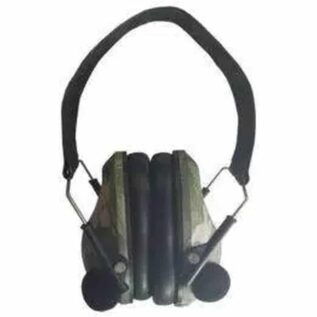 Ram Ear-Tect DS6026 Electronic Ear Muff - Camo
Ram Ear-Tect DS6026 Electronic Ear Muff - Camo 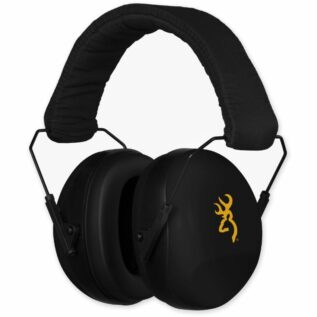 Browning Buckmark II Passive Hearing Protector - Black
Browning Buckmark II Passive Hearing Protector - Black 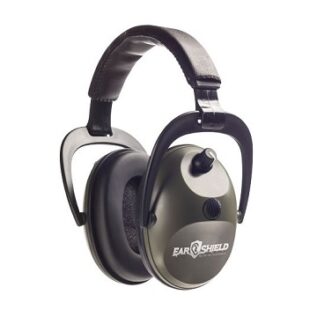 Sound Soldier Ear Muffs - Dual Muff
Sound Soldier Ear Muffs - Dual Muff 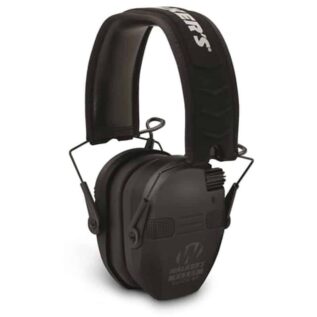 Walker's Razor Electronic Comm Muff With Bluetooth
Walker's Razor Electronic Comm Muff With Bluetooth 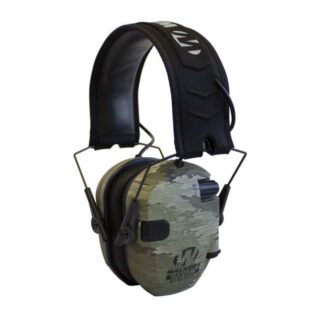 Walker's Razor Pro Digital Low Profile Ear Muff
Walker's Razor Pro Digital Low Profile Ear Muff 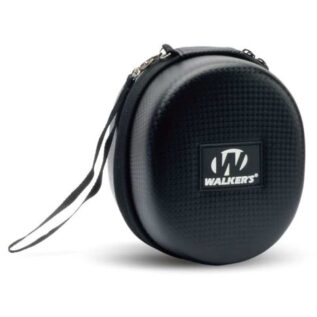 Walker's Muff Protective Case
Walker's Muff Protective Case 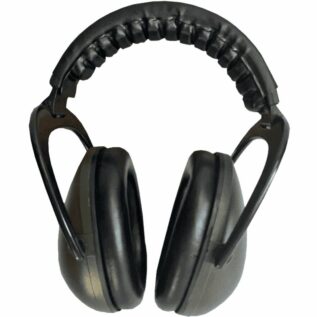 Ram Ear-Tect DS6001 Ear Muff - Black
Ram Ear-Tect DS6001 Ear Muff - Black 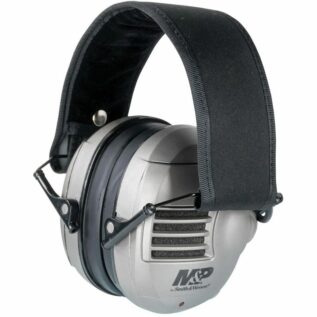 Smith & Wesson M&P Alpha Electronic Ear Muff
Smith & Wesson M&P Alpha Electronic Ear Muff 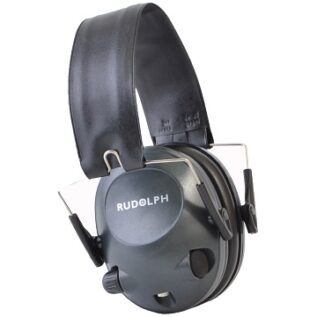 Rudolph Electronic Protective Ear Muffs
Rudolph Electronic Protective Ear Muffs 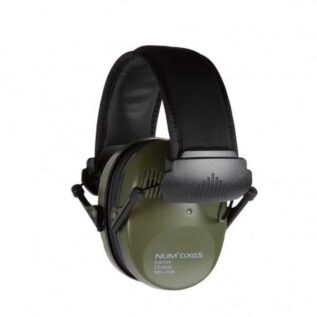 Num'Axes CAS1034 Electronic Hearing Protection
Num'Axes CAS1034 Electronic Hearing Protection 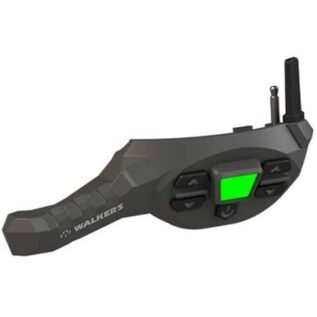 Walker's Firemax Muff Walkie Talkie Attachment
Walker's Firemax Muff Walkie Talkie Attachment 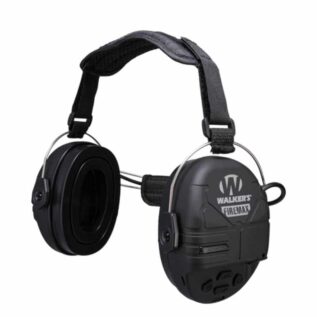 Walker's Firemax Behind The Neck Ear Muff
Walker's Firemax Behind The Neck Ear Muff 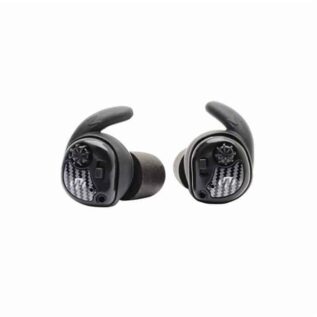 Walker's Silencer Ear Buds
Walker's Silencer Ear Buds 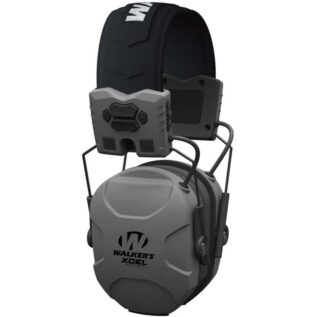 Walker's Xcel 500BT Digital Electronic Muff
Walker's Xcel 500BT Digital Electronic Muff 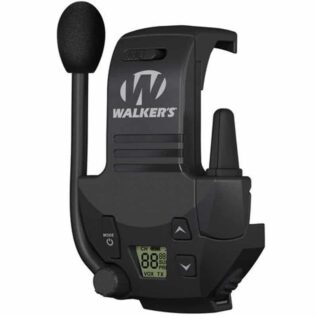 Walker's Razor Walkie Talkie Attachment
Walker's Razor Walkie Talkie Attachment 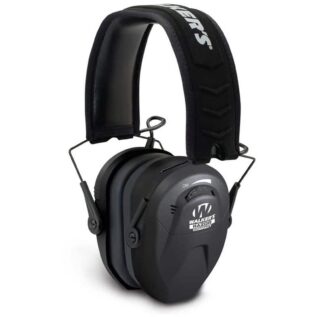 Walker's Razor Compact Electronic Muff
Walker's Razor Compact Electronic Muff 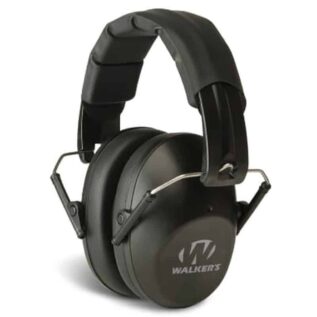 Walker's Low Profile Folding Muff
Walker's Low Profile Folding Muff 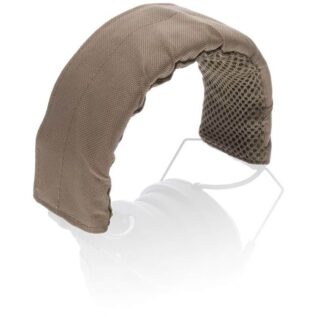 Walker's Razor FDE Headband Wrap
Walker's Razor FDE Headband Wrap 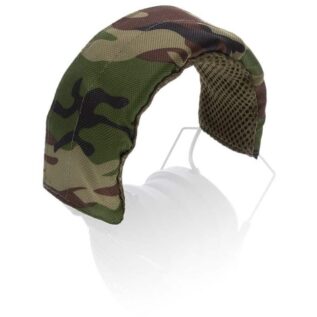 Walker's Razor Camo Headband Wrap With Hook & Loop
Walker's Razor Camo Headband Wrap With Hook & Loop 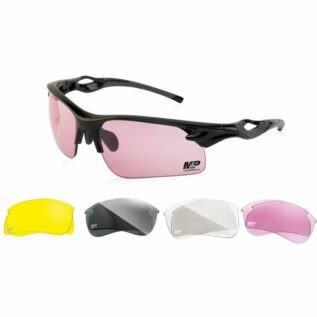 Smith & Wesson M&P Harrier Interchangeable Shooting Glasses
Smith & Wesson M&P Harrier Interchangeable Shooting Glasses 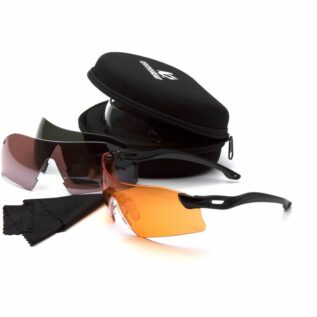 Pyramex Dropzone Multi-Lens Shooting Glasses With Black Frame
Pyramex Dropzone Multi-Lens Shooting Glasses With Black Frame 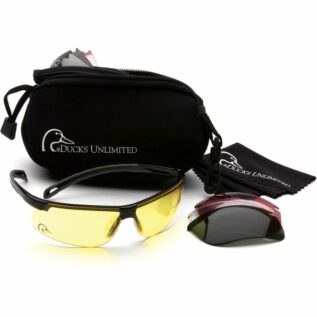 Pyramex Ducks Multi-Lens Shooting Glasses With Black Frame
Pyramex Ducks Multi-Lens Shooting Glasses With Black Frame 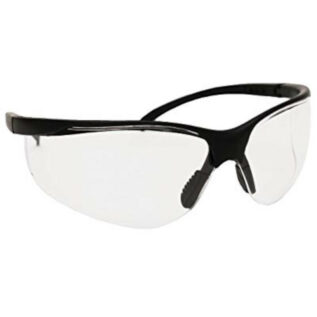 Caldwell Pro Range Clear Shooting Glasses
Caldwell Pro Range Clear Shooting Glasses 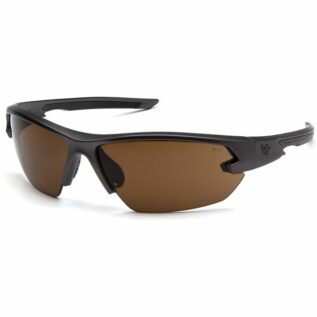 Pyramex V-Gear Semtex 2.0 Shooting Glasses - Gun Metal/Bronze
Pyramex V-Gear Semtex 2.0 Shooting Glasses - Gun Metal/Bronze 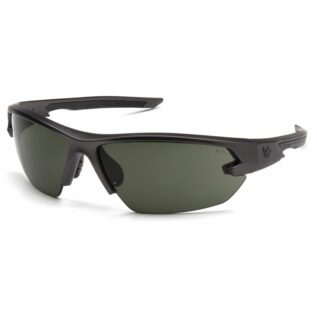 Pyramex V-Gear Semtex 2.0 Shooting Glasses - Gun Metal/Forest Gray
Pyramex V-Gear Semtex 2.0 Shooting Glasses - Gun Metal/Forest Gray 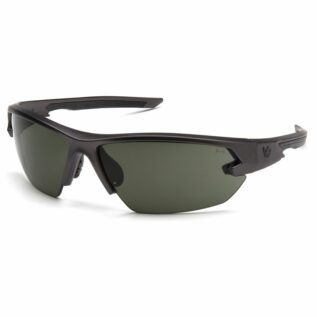 Pyramex V-Gear Semtex 2.0 Shooting Glasses - Tan
Pyramex V-Gear Semtex 2.0 Shooting Glasses - Tan 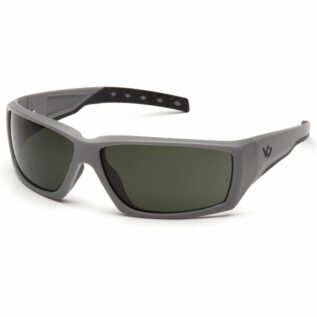 Pyramex V-Gear Overwatch Anti-Fog Shooting Glasses - Urban Grey
Pyramex V-Gear Overwatch Anti-Fog Shooting Glasses - Urban Grey 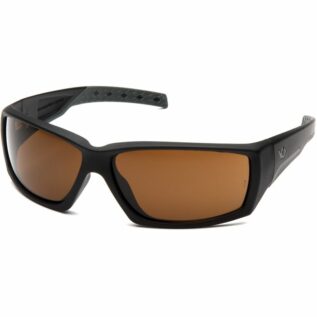 Pyramex V-Gear Overwatch Bronze Anti-Fog Shooting Glasses - Black
Pyramex V-Gear Overwatch Bronze Anti-Fog Shooting Glasses - Black 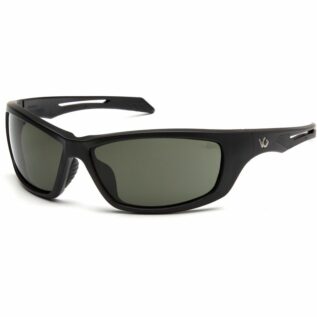 Pyramex V-Gear Howitzer Anti-Fog Shooting Glasses - Black
Pyramex V-Gear Howitzer Anti-Fog Shooting Glasses - Black 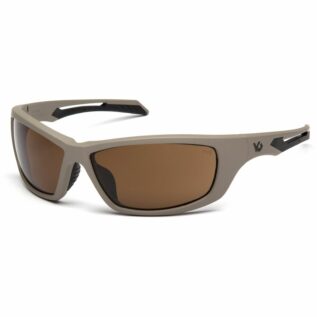 Pyramex V-Gear Howitzer Shooting Glasses - Tan
Pyramex V-Gear Howitzer Shooting Glasses - Tan 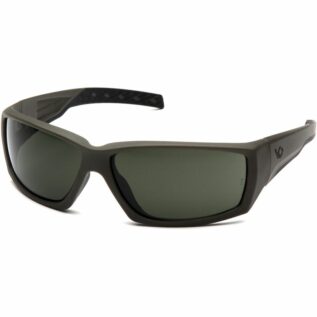 Pyramex Overwatch Anti-fog Shooting Glasses - Green
Pyramex Overwatch Anti-fog Shooting Glasses - Green 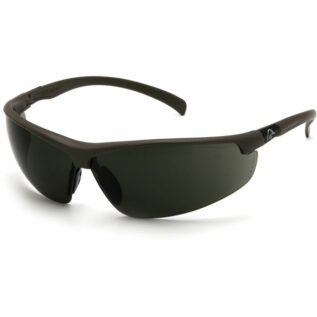 Pyramex Closeout Shooting Glasses - OD Green Frame
Pyramex Closeout Shooting Glasses - OD Green Frame 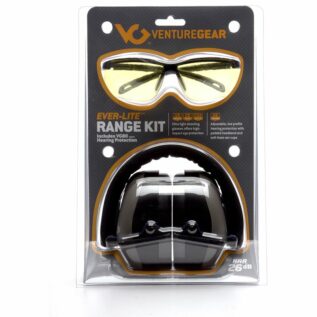 Pyramex Everlite PM80 Ear Muff & Glasses Combo - Yellow/Black
Pyramex Everlite PM80 Ear Muff & Glasses Combo - Yellow/Black 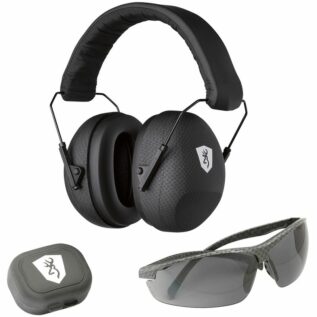 Browning Tactical Shooting Range Kit
Browning Tactical Shooting Range Kit 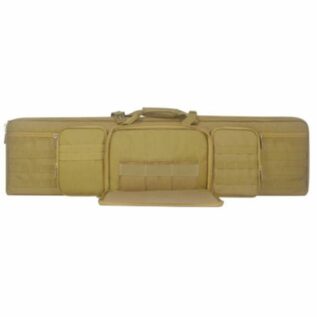 EcoEvo Pro Tactical 42" Gun Case - Tan
EcoEvo Pro Tactical 42" Gun Case - Tan 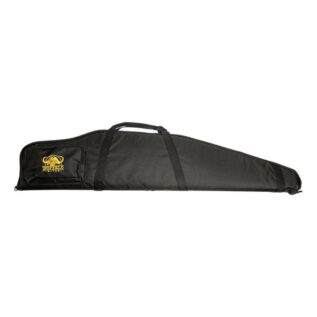 Buffalo River 52" Black Carry PRO II Shotgun Bag
Buffalo River 52" Black Carry PRO II Shotgun Bag 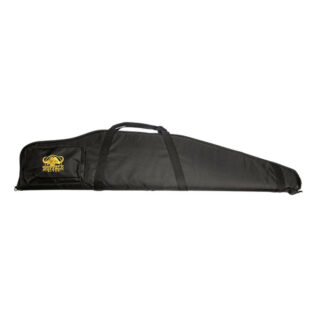 Buffalo River 48" Black Carry PRO Deluxe II Gun Bag
Buffalo River 48" Black Carry PRO Deluxe II Gun Bag 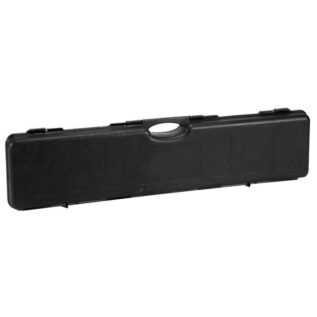 RAM Hardside Single Rifle Case
RAM Hardside Single Rifle Case 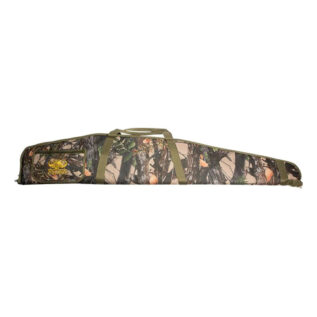 Buffalo River 52" Camo Carry PRO II Gun Bag
Buffalo River 52" Camo Carry PRO II Gun Bag 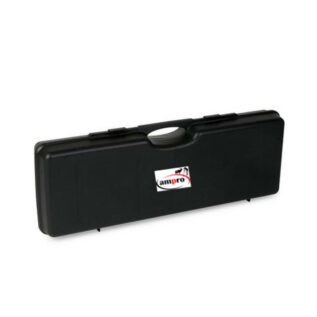 Ampro TF-B865F Break-down Shotgun Case
Ampro TF-B865F Break-down Shotgun Case 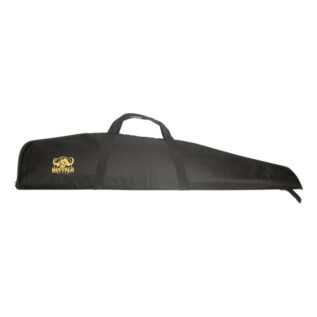 Buffalo River 52" Black Economy II Gun Bag
Buffalo River 52" Black Economy II Gun Bag 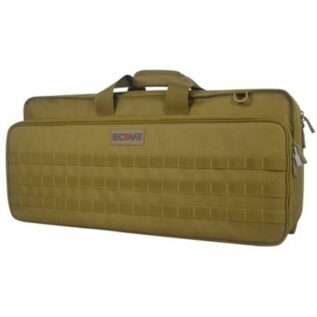 EcoEvo Pro Tactical 27" Gun Case - Tan
EcoEvo Pro Tactical 27" Gun Case - Tan 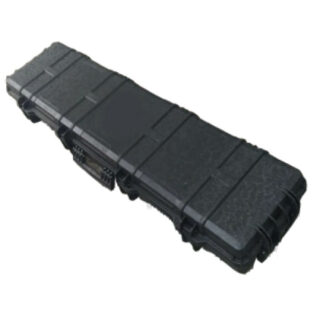 Ampro RG-D1308FW Double Waterproof Rifle Case with Easy-glide Wheels
Ampro RG-D1308FW Double Waterproof Rifle Case with Easy-glide Wheels 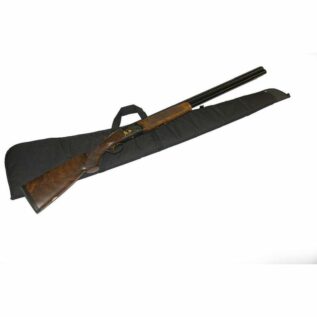 Maverick Tactical Deluxe Shotgun Bag
Maverick Tactical Deluxe Shotgun Bag 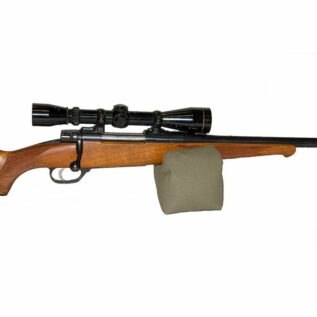 Maverick Tactical Mini Rifle Rest
Maverick Tactical Mini Rifle Rest 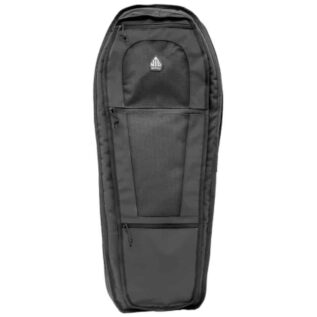 UTG 34" Black Alpha Battle Carrier Rapid Deployment Pack
UTG 34" Black Alpha Battle Carrier Rapid Deployment Pack 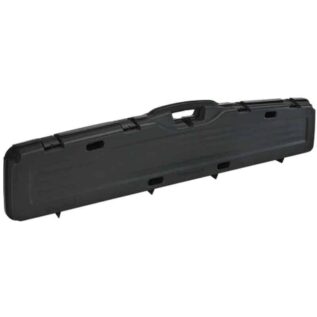 Plano Pro-Max Single Rifle Case
Plano Pro-Max Single Rifle Case 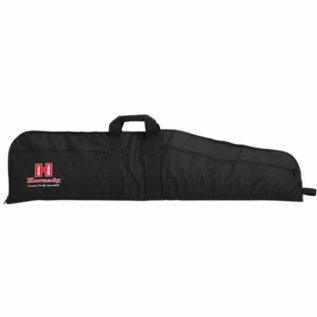 Hornady 99120 Soft Rifle Case
Hornady 99120 Soft Rifle Case 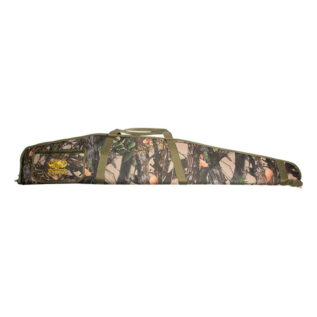 Buffalo River 48" Camo Carry PRO II Gun Bag
Buffalo River 48" Camo Carry PRO II Gun Bag 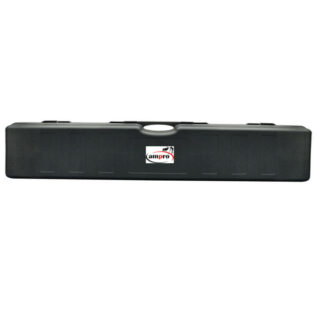 Ampro TF-S1210F Single Rifle Case
Ampro TF-S1210F Single Rifle Case 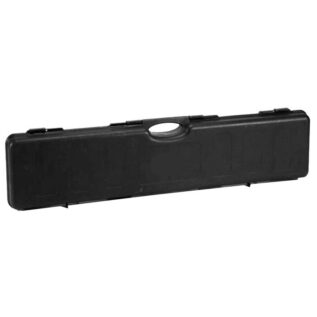 RAM Hardside Double Rifle Case
RAM Hardside Double Rifle Case 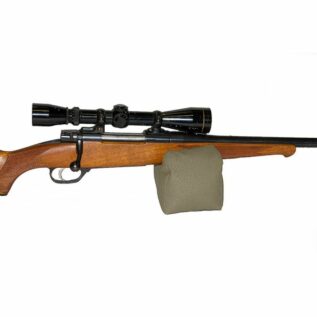 Maverick Tactical Large Rifle Rest
Maverick Tactical Large Rifle Rest 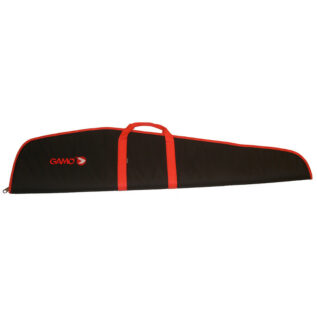 Gamo 120cm Rifle Bag
Gamo 120cm Rifle Bag 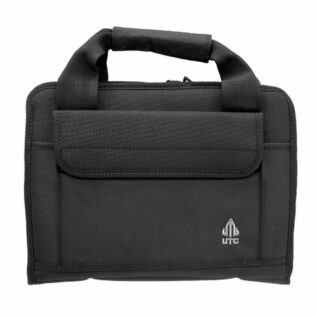 Leapers UTG Homeland Security Deluxe Single Pistol Case
Leapers UTG Homeland Security Deluxe Single Pistol Case 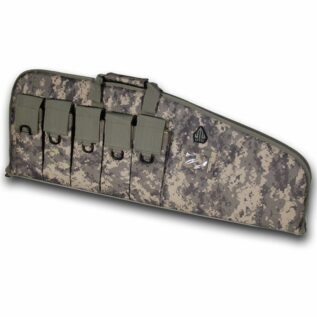 Leapers UTG 34" DC Deluxe Army Digital Tactical Gun Case
Leapers UTG 34" DC Deluxe Army Digital Tactical Gun Case 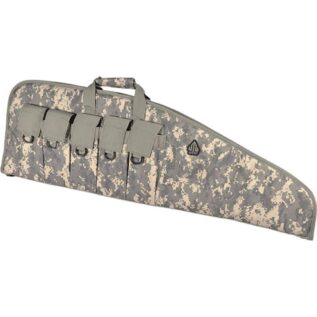 Leapers UTG 38" DC Deluxe Army Digital Tactical Gun Case
Leapers UTG 38" DC Deluxe Army Digital Tactical Gun Case 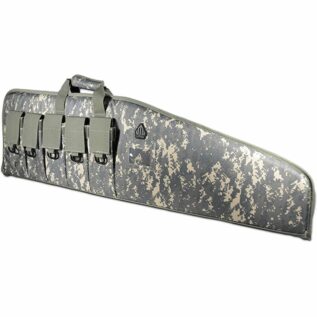 Leapers UTG 42" DC Deluxe Army Digital Tactical Gun Case
Leapers UTG 42" DC Deluxe Army Digital Tactical Gun Case 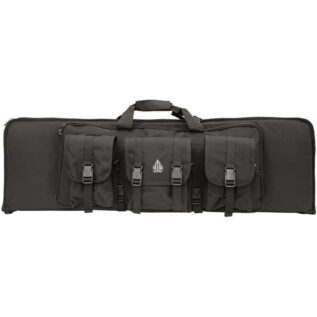 Leapers UTG 42" RC Combat Operation Web Gun Case
Leapers UTG 42" RC Combat Operation Web Gun Case 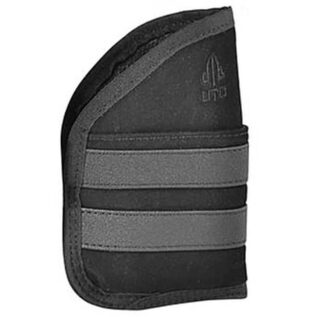 Leapers UTG 3.9" Ambidextrous Pocket Holster
Leapers UTG 3.9" Ambidextrous Pocket Holster 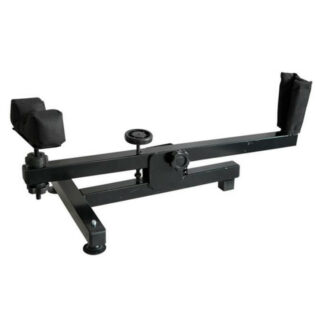 Ampro Bench Shooting Rest
Ampro Bench Shooting Rest 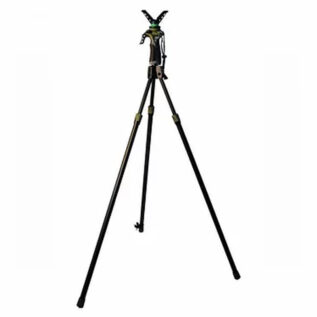 RAM Gen 3 Trigger Stick Tall Tripod
RAM Gen 3 Trigger Stick Tall Tripod 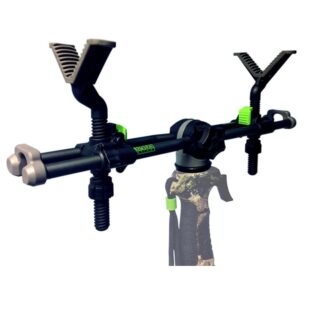 Primos 2 Point Gun Rest
Primos 2 Point Gun Rest 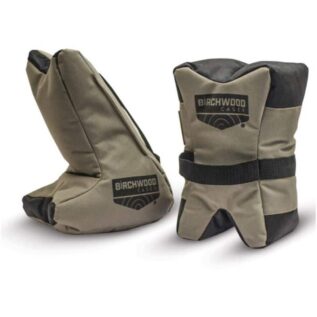 Birchwood Casey Tactical Tac-Match Set
Birchwood Casey Tactical Tac-Match Set 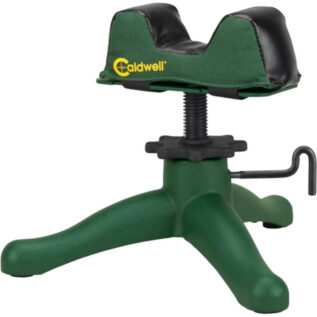 Caldwell Rock Jr. Front Shooting Rest
Caldwell Rock Jr. Front Shooting Rest 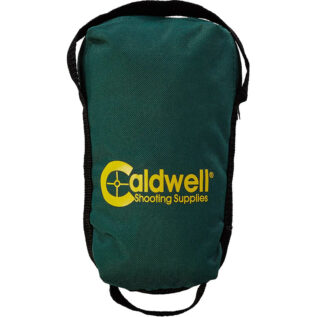 Caldwell Standard Lead Sled Weight Bag
Caldwell Standard Lead Sled Weight Bag 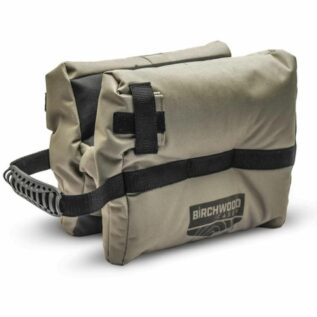 Birchwood Casey H-Bag Shooting Rest
Birchwood Casey H-Bag Shooting Rest 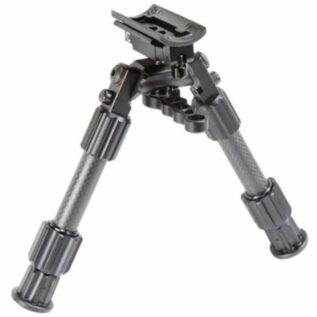 Caldwell Accumax 6"-9" Swivel Stud Bipod
Caldwell Accumax 6"-9" Swivel Stud Bipod 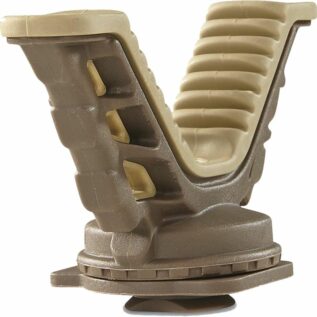 Primos Gen 3 Triggerstick V-Yoke
Primos Gen 3 Triggerstick V-Yoke 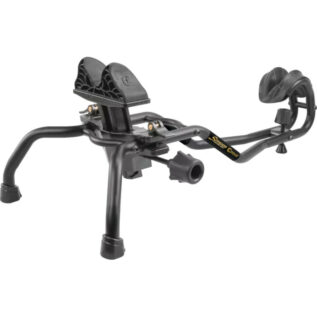 Caldwell Stinger Shooting Rest
Caldwell Stinger Shooting Rest 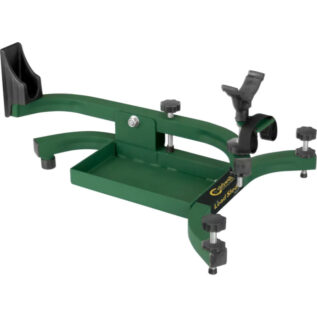 Caldwell Lead Sled Solo Shooting Rest
Caldwell Lead Sled Solo Shooting Rest 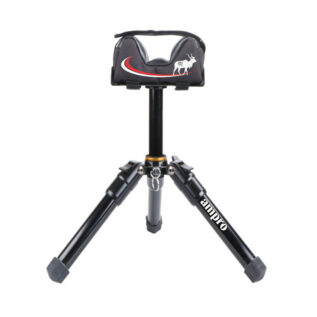 Ampro Portable Shooting Rest
Ampro Portable Shooting Rest 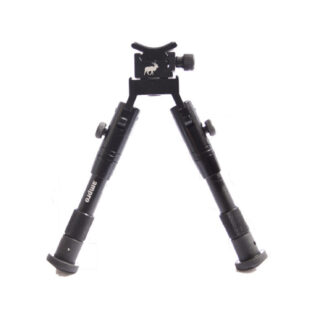 Ampro BG-0506 B-Great 5-6" Bi-Pod
Ampro BG-0506 B-Great 5-6" Bi-Pod 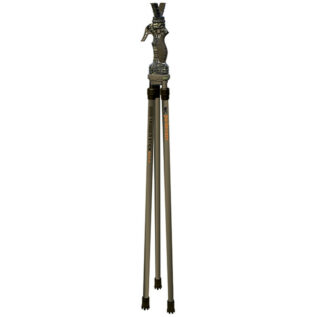 Primos Gen 3 Jimshockey Tall Tripod Trigger Stick
Primos Gen 3 Jimshockey Tall Tripod Trigger Stick 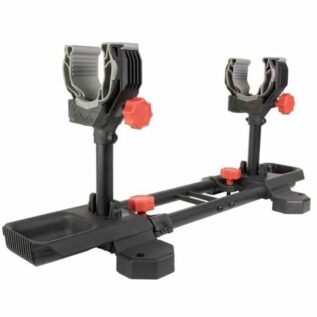 Birchwood Casey SecureLock Gun Vise
Birchwood Casey SecureLock Gun Vise 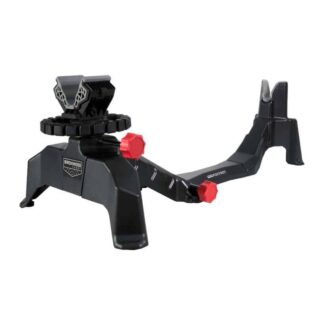 Birchwood Casey Foxtrot Rifle/Pistol Shooting Rest
Birchwood Casey Foxtrot Rifle/Pistol Shooting Rest 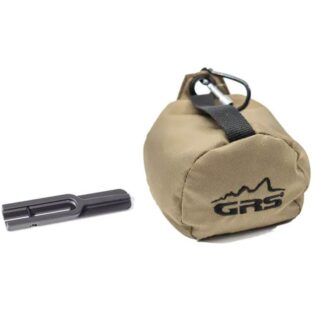 GRS Bag Rider Combo
GRS Bag Rider Combo 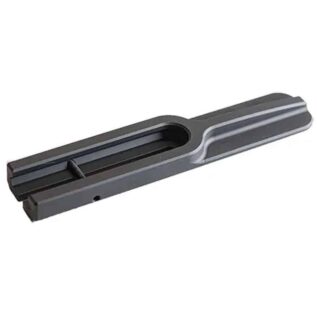 GRS Bag Rider
GRS Bag Rider 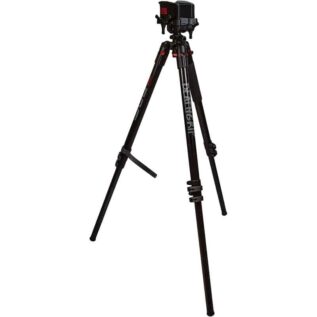 BOGgear DeathGrip Aluminium Tripod
BOGgear DeathGrip Aluminium Tripod 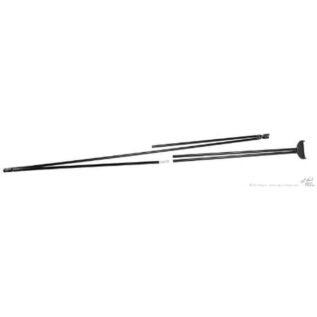 Stable Sticks Bush 837g Standing Shooting
Stable Sticks Bush 837g Standing Shooting 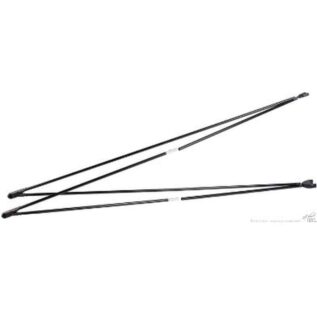 Stable Sticks Bush Light 649g Standing Shooting
Stable Sticks Bush Light 649g Standing Shooting 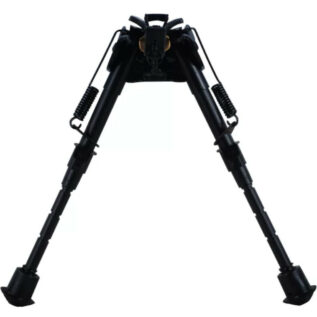 Caldwell 6-9" XLA Sling Swivel Stud Pivot Bipod
Caldwell 6-9" XLA Sling Swivel Stud Pivot Bipod 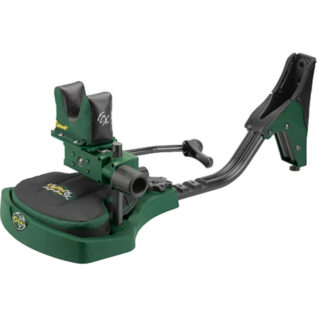 Caldwell Lead Sled FCX Shooting Rest
Caldwell Lead Sled FCX Shooting Rest 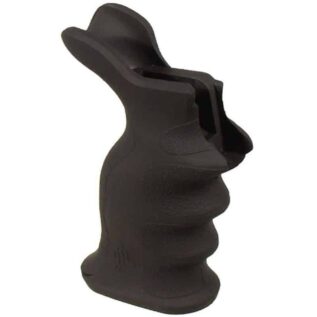 Leapers UTG RB-TPG172D AR15 Combat Sniper Pistol Grip
Leapers UTG RB-TPG172D AR15 Combat Sniper Pistol Grip 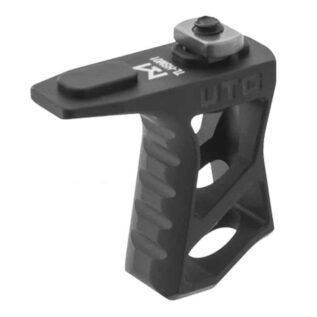 UTG M-LOK Ultra Slim Matte Black Handstop
UTG M-LOK Ultra Slim Matte Black Handstop 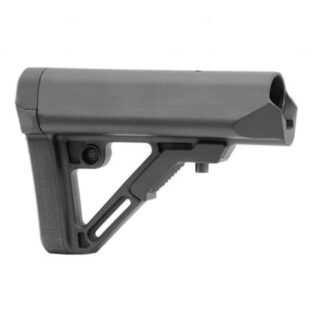 UTG Pro AR15 Ops Ready S1 Mil-Spec Stock Only
UTG Pro AR15 Ops Ready S1 Mil-Spec Stock Only 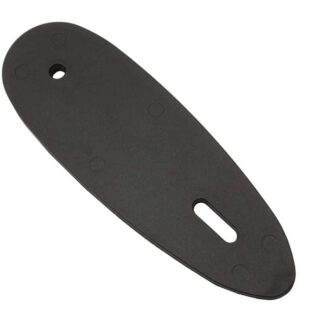 Cervellati Straight Pitch Spacer
Cervellati Straight Pitch Spacer 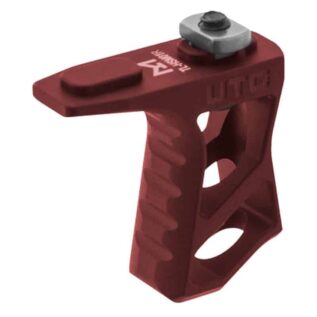 Leapers UTG TL-HSM01R M-LOK Ultra Slim Handstop
Leapers UTG TL-HSM01R M-LOK Ultra Slim Handstop 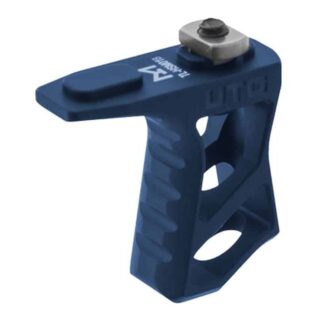 Leapers UTG TL-HSM01B M-LOK Ultra Slim Handstop
Leapers UTG TL-HSM01B M-LOK Ultra Slim Handstop 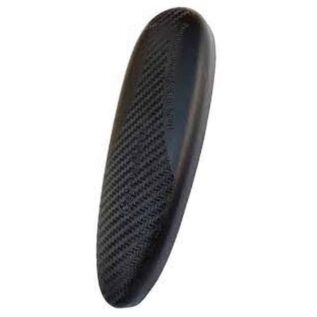 Cervellati 213110 92mm Soft Grind To Fit Microcell Recoil Pad - Black
Cervellati 213110 92mm Soft Grind To Fit Microcell Recoil Pad - Black 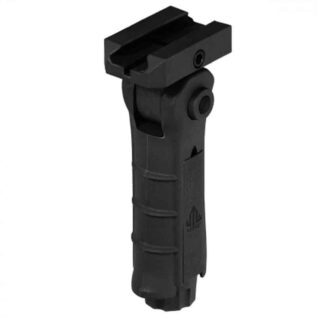 Leapers UTG Ambidextrous 5-Position Foldable Foregrip
Leapers UTG Ambidextrous 5-Position Foldable Foregrip 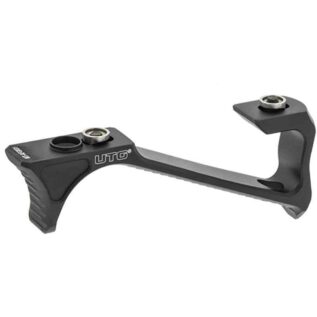 Leapers UTG Keymod Ultra Slim Angled Foregrip
Leapers UTG Keymod Ultra Slim Angled Foregrip 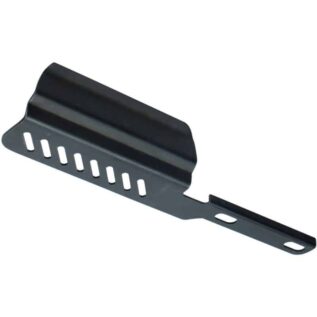 Leapers UTG SKS Shell Deflector
Leapers UTG SKS Shell Deflector 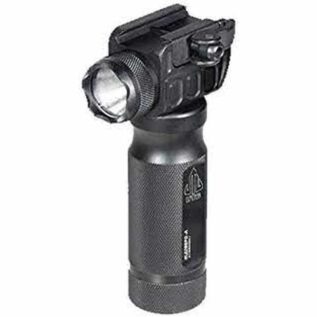 Leapers UTG 400 Lumen Quick Detach Grip Light
Leapers UTG 400 Lumen Quick Detach Grip Light 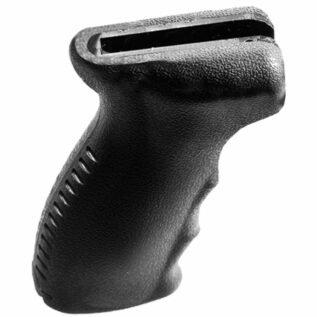 Leapers UTG AK47 Ergonomic Pistol Grip
Leapers UTG AK47 Ergonomic Pistol Grip 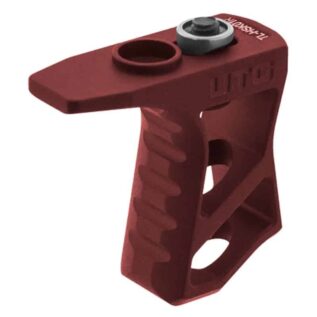 Leapers UTG TL-HSK01R Keymod Ultra Slim Handstop
Leapers UTG TL-HSK01R Keymod Ultra Slim Handstop 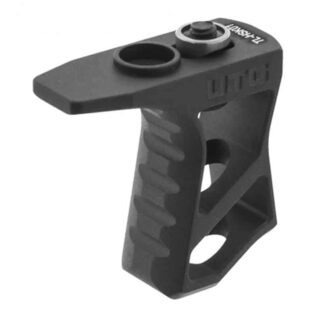 Leapers UTG TL-HSK01 Keymod Ultra Slim Handstop
Leapers UTG TL-HSK01 Keymod Ultra Slim Handstop 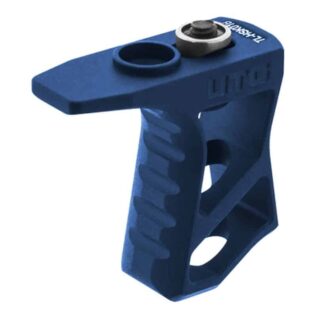 Leapers UTG TL-HSK01B Keymod Ultra Slim Handstop
Leapers UTG TL-HSK01B Keymod Ultra Slim Handstop 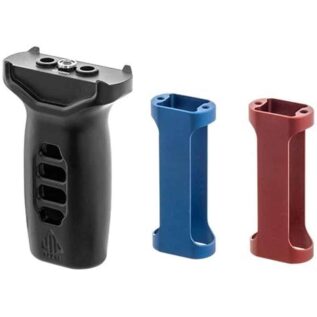 Leapers UTG MT-FGK01 Keymod Super Slim Vertical Foregrip
Leapers UTG MT-FGK01 Keymod Super Slim Vertical Foregrip 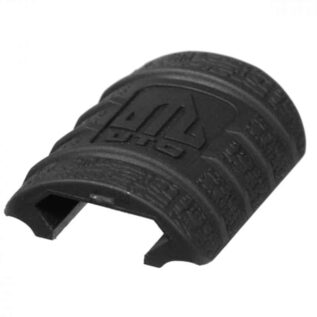 Leapers UTG Low Pro Rubber Rail Guard - 12 Piece
Leapers UTG Low Pro Rubber Rail Guard - 12 Piece 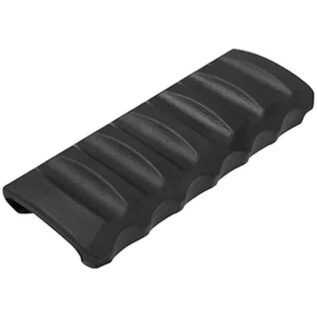 Leapers UTG 2.7" New Gen Rubber Rail Guard - 6 Piece
Leapers UTG 2.7" New Gen Rubber Rail Guard - 6 Piece 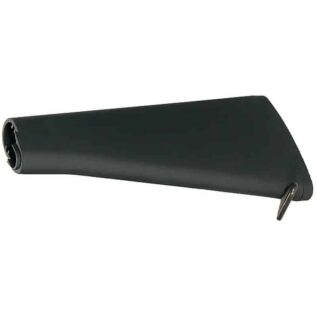 Leapers UTG AR15 A2 Fixed Stock Assembly
Leapers UTG AR15 A2 Fixed Stock Assembly 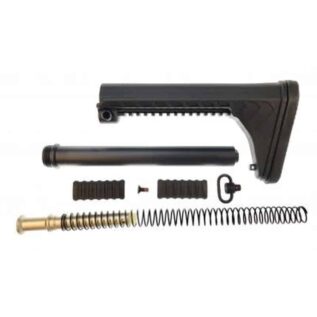 Leapers UTG PRO AR15 Ops Ready S5 Mil-Spec Stock
Leapers UTG PRO AR15 Ops Ready S5 Mil-Spec Stock 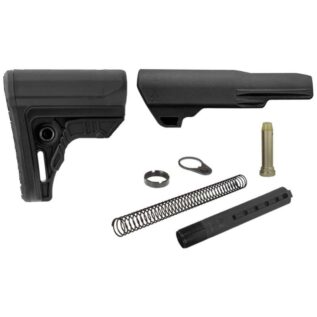 UTG Pro AR15 Ops Ready S4 Mil-Spec Stock Kit
UTG Pro AR15 Ops Ready S4 Mil-Spec Stock Kit 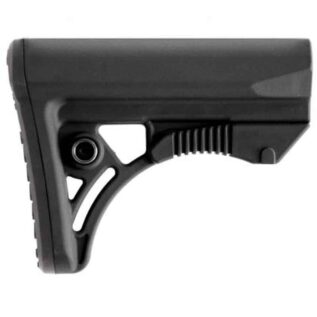 UTG Pro AR15 Ops Ready S3 Mil-Spec Stock Only
UTG Pro AR15 Ops Ready S3 Mil-Spec Stock Only 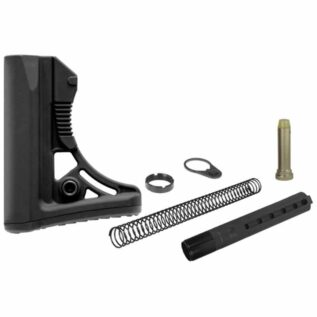 UTG Pro AR15 Ops Ready S3 Mil-Spec Stock Kit
UTG Pro AR15 Ops Ready S3 Mil-Spec Stock Kit 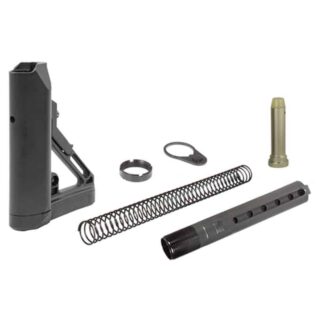 UTG Pro AR15 Ops Ready S1 Mil-Spec Stock Kit
UTG Pro AR15 Ops Ready S1 Mil-Spec Stock Kit 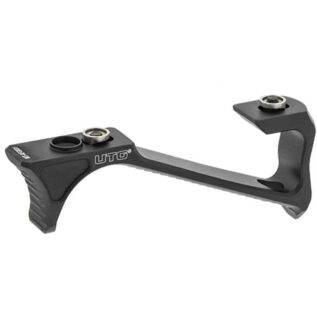 UTG Ultra Slim Keymod Angled Foregrip - Matte Black
UTG Ultra Slim Keymod Angled Foregrip - Matte Black 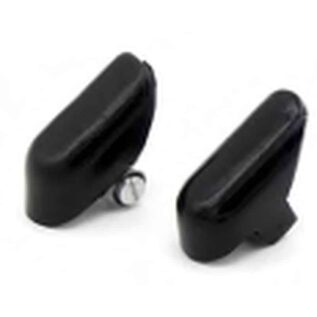 Cervellati Finger Trigger Guard
Cervellati Finger Trigger Guard 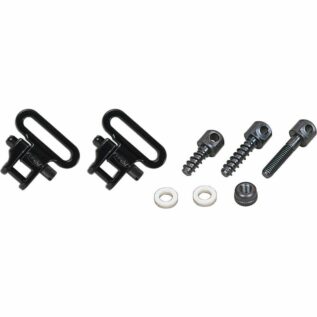 Allen Gun Sling Swivel Set for Bolt Action Rifle
Allen Gun Sling Swivel Set for Bolt Action Rifle 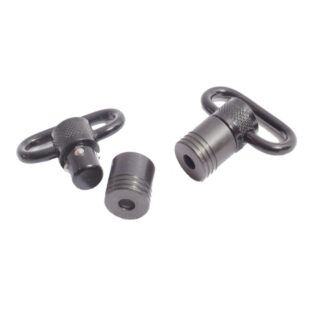 Ampro Push-Button Swivel with Screws
Ampro Push-Button Swivel with Screws 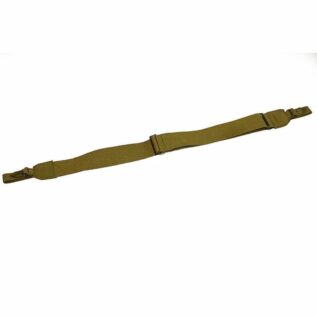 Maverick Tactical Canvas Rifle Sling
Maverick Tactical Canvas Rifle Sling 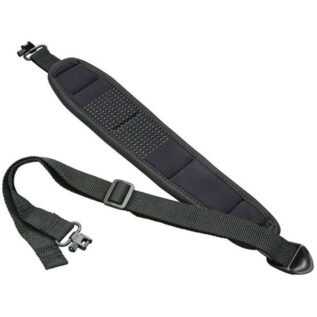 Butler Creek Comfort Stretch Black Rifle Sling with Swivels
Butler Creek Comfort Stretch Black Rifle Sling with Swivels 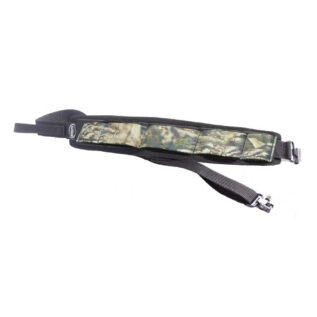 Ampro SL-60C Camo 60mm Rifle Sling with Swivels
Ampro SL-60C Camo 60mm Rifle Sling with Swivels 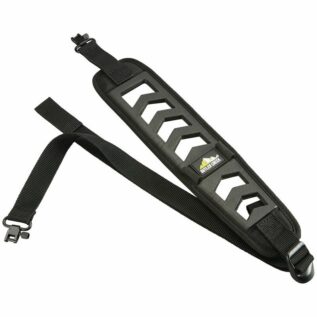 Butler Creek Featherlight Rifle Sling With Swivels - Black
Butler Creek Featherlight Rifle Sling With Swivels - Black 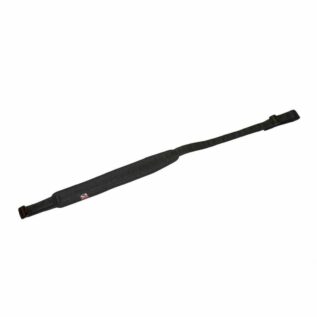 Maverick Tactical Non Slip Cobra Rifle Sling
Maverick Tactical Non Slip Cobra Rifle Sling 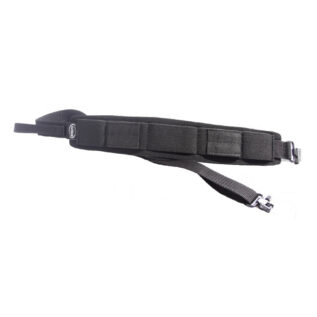 Ampro SL-60BK Black 60mm Rifle Sling with Swivels
Ampro SL-60BK Black 60mm Rifle Sling with Swivels 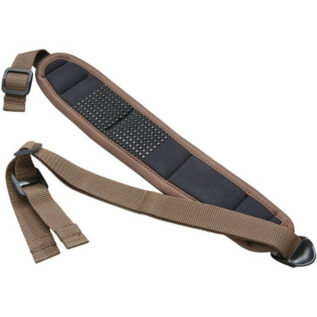 Butler Creek Comfort Stretch Brown Rifle Sling
Butler Creek Comfort Stretch Brown Rifle Sling 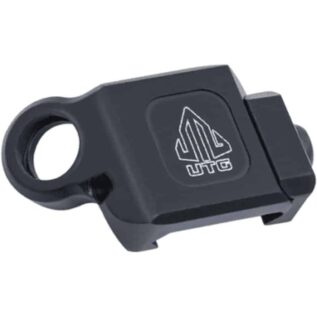 Leapers UTG Pro TL-SWPM01 Sporting Low QD Sling Swivel Adaptor
Leapers UTG Pro TL-SWPM01 Sporting Low QD Sling Swivel Adaptor 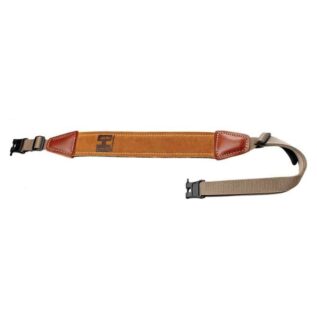 Hornady 99107 Universal Sling
Hornady 99107 Universal Sling 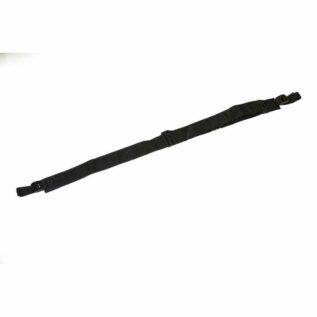 Maverick Tactical Nylon Cobra Rifle Sling
Maverick Tactical Nylon Cobra Rifle Sling  Leapers UTG Single Point Bungee Sling With QD Sling Swivel
Leapers UTG Single Point Bungee Sling With QD Sling Swivel 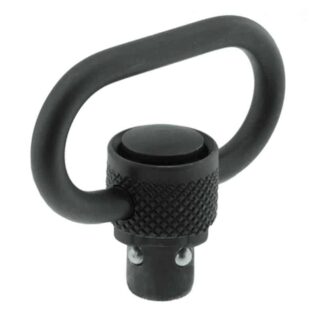 Leapers UTG Heavy Duty 1.4" Loop Steel QD Sling Swivel
Leapers UTG Heavy Duty 1.4" Loop Steel QD Sling Swivel 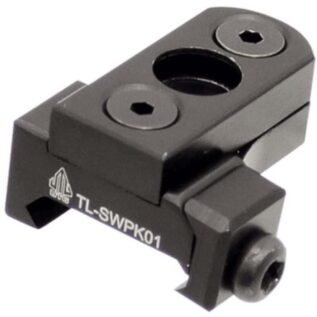 Leapers UTG Picatinny/Keymod Compatible Adaptor for QD Sling Swivel
Leapers UTG Picatinny/Keymod Compatible Adaptor for QD Sling Swivel 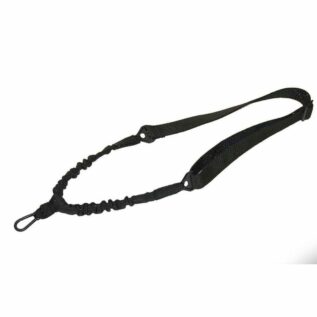 Maverick Tactical Single Point Sling
Maverick Tactical Single Point Sling 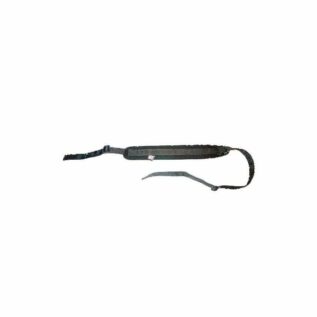 Maverick Tactical 8 Loop Cobra Rifle Sling
Maverick Tactical 8 Loop Cobra Rifle Sling 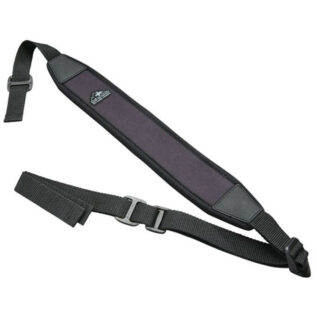 Butler Creek Easy Rider Black Rifle Sling
Butler Creek Easy Rider Black Rifle Sling 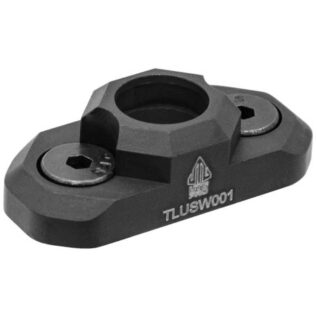 Leapers UTG PRO M-LOK QD Sling Swivel Adaptor
Leapers UTG PRO M-LOK QD Sling Swivel Adaptor 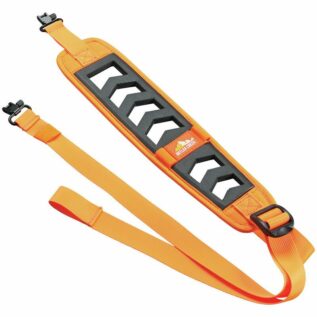 Butler Creek Featherlight Rifle Sling With Swivels - Blaze Orange
Butler Creek Featherlight Rifle Sling With Swivels - Blaze Orange 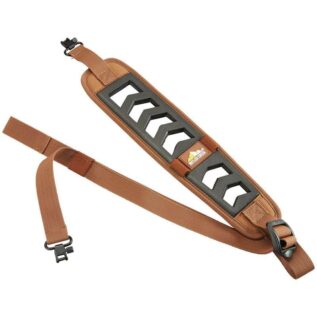 Butler Creek Featherlight Rifle Sling With Swivels - Black/Brown
Butler Creek Featherlight Rifle Sling With Swivels - Black/Brown 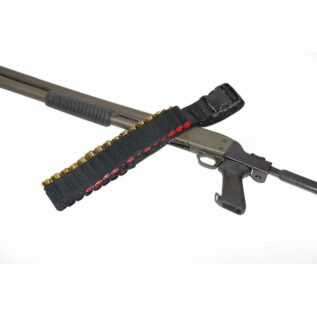 Maverick Tactical Shotgun Nylon 25 Loop Belt
Maverick Tactical Shotgun Nylon 25 Loop Belt 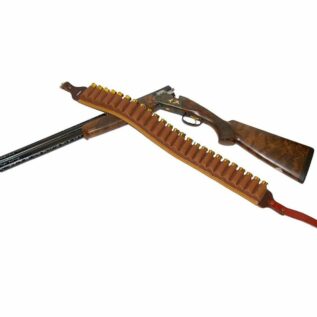 Maverick Tactical Shotgun Closed Bottom Leather Belt
Maverick Tactical Shotgun Closed Bottom Leather Belt 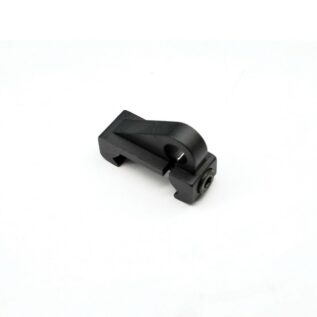 Pro-Defense Defender Sling Mount
Pro-Defense Defender Sling Mount 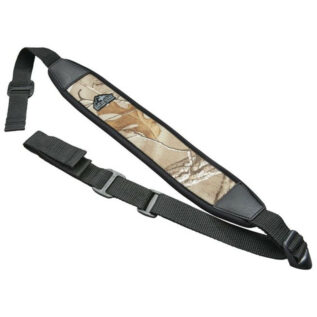 Butler Creek Easy Rider Realtree Hardwoods HD Rifle Sling
Butler Creek Easy Rider Realtree Hardwoods HD Rifle Sling 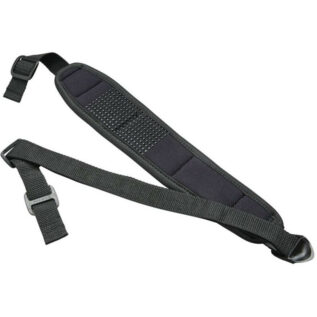 Butler Creek Comfort Stretch Black Rifle Sling
Butler Creek Comfort Stretch Black Rifle Sling 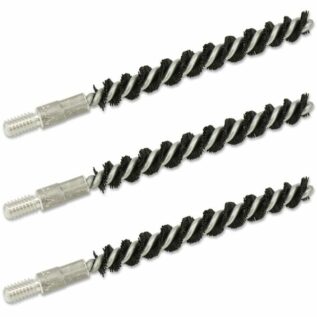 Bore Tech 6.5mm Nylon Rifle Brush - 3 Pack
Bore Tech 6.5mm Nylon Rifle Brush - 3 Pack 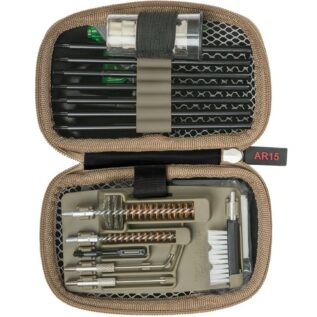 Real Avid Gun Boss AR-15 Cleaning Kit
Real Avid Gun Boss AR-15 Cleaning Kit 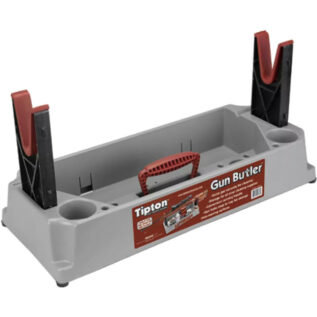 Tipton Gun Butler Cleaning & Maintenance Center
Tipton Gun Butler Cleaning & Maintenance Center 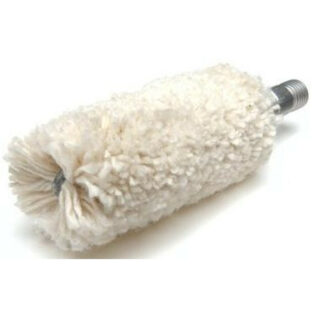 Hoppes .280/.32cal Rifle Cleaning Swab
Hoppes .280/.32cal Rifle Cleaning Swab 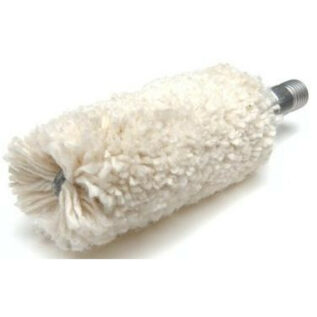 Hoppes .22/.270cal Rifle Cleaning Swab
Hoppes .22/.270cal Rifle Cleaning Swab 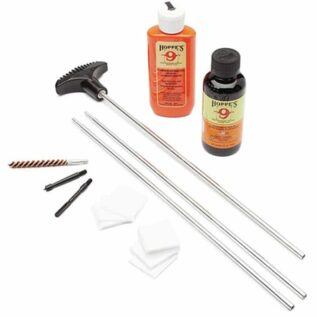 Hoppe’s Cleaning Kit - .38/.357/9mm Pistol
Hoppe’s Cleaning Kit - .38/.357/9mm Pistol 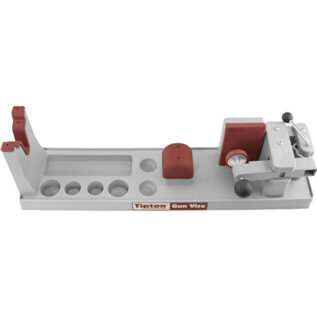 Tipton Gun Vise
Tipton Gun Vise 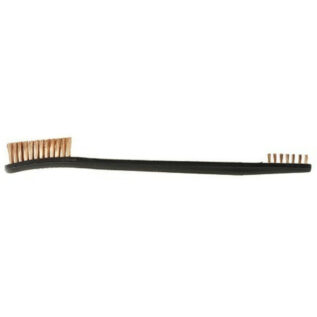 Hoppes Phosphor Bronze Utility Cleaning Brush
Hoppes Phosphor Bronze Utility Cleaning Brush 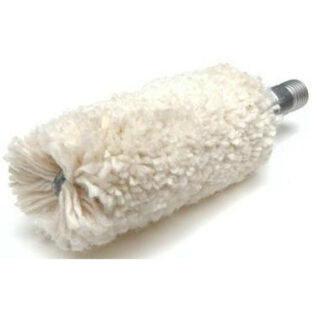 Hoppes 12ga Shotgun Cleaning Swab
Hoppes 12ga Shotgun Cleaning Swab  Shooter's Choice - Polymer Safe Quick Scrub - 355g
Shooter's Choice - Polymer Safe Quick Scrub - 355g 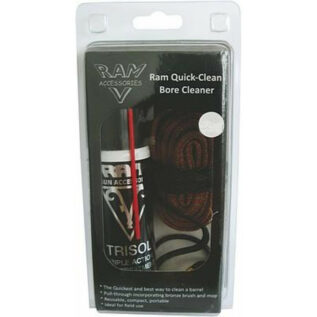 Ram 6.5mm Quick-Clean Bore Cleaner
Ram 6.5mm Quick-Clean Bore Cleaner 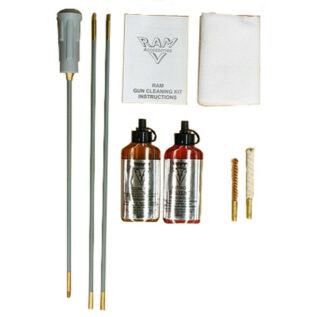 Ram .30 3 Piece Rifle Cleaning Kit
Ram .30 3 Piece Rifle Cleaning Kit 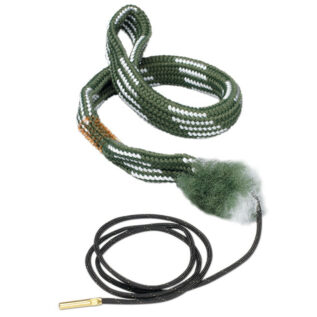 Hoppes .416, .44, .45-70, .458 and .460 cal Rifle Boresnake
Hoppes .416, .44, .45-70, .458 and .460 cal Rifle Boresnake 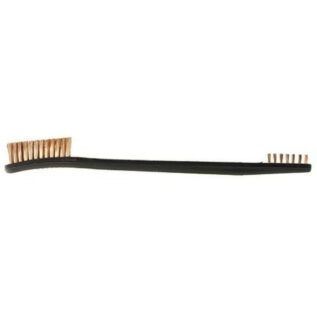 Hoppes Nylon Utility Cleaning Brush
Hoppes Nylon Utility Cleaning Brush 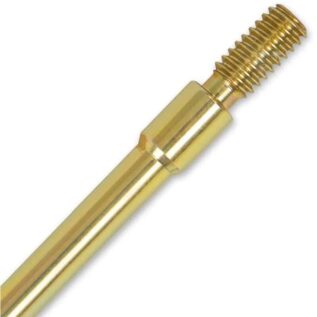 Bore Tech 25 Cal/6.5mm Proof Positive Patch Jag
Bore Tech 25 Cal/6.5mm Proof Positive Patch Jag 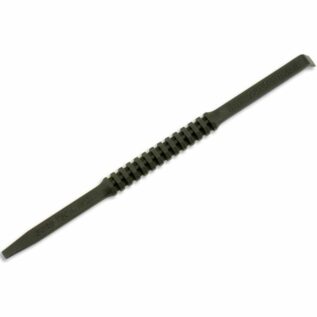 Bore Tech Polymer Cleaning Pick
Bore Tech Polymer Cleaning Pick 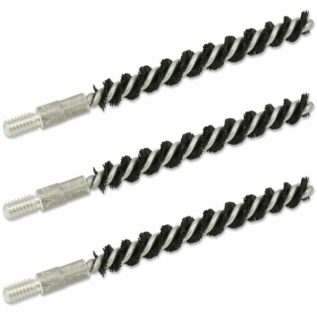 Bore Tech 6mm Nylon Rifle Brush - 3 Pack
Bore Tech 6mm Nylon Rifle Brush - 3 Pack 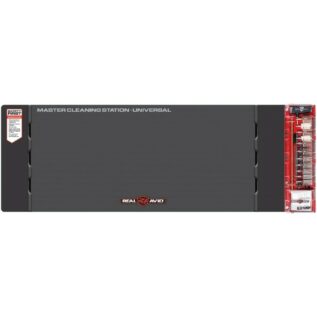 Real Avid Universal Master Cleaning Station
Real Avid Universal Master Cleaning Station 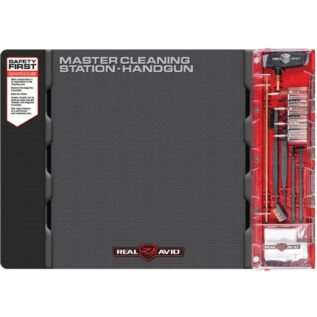 Real Avid Handgun Master Cleaning Station
Real Avid Handgun Master Cleaning Station 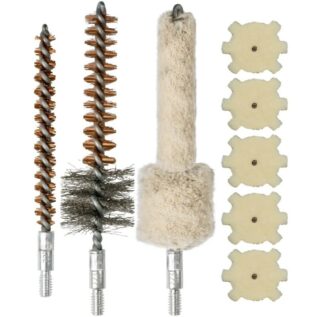 Real Avid AR-15 Brush Combo
Real Avid AR-15 Brush Combo  Ram 50mx100mm Fannel Roll
Ram 50mx100mm Fannel Roll 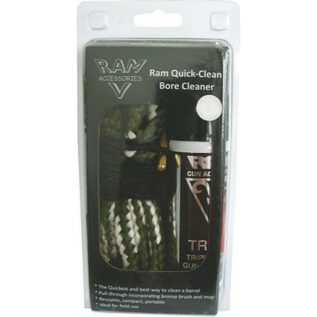 Ram 12ga Quick-Clean Bore Cleaner
Ram 12ga Quick-Clean Bore Cleaner 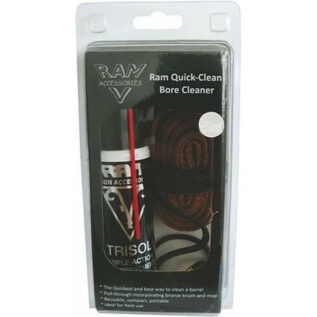 Ram .45 Quick-Clean Bore Cleaner
Ram .45 Quick-Clean Bore Cleaner 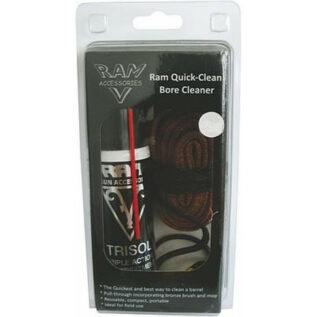 Ram .30 Quick-Clean Bore Cleaner
Ram .30 Quick-Clean Bore Cleaner 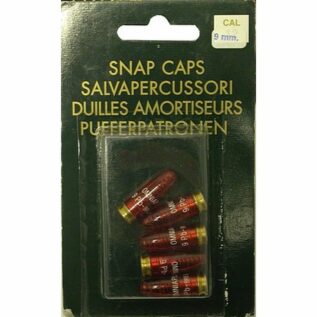 Ram 9mm Snap Caps - 5
Ram 9mm Snap Caps - 5 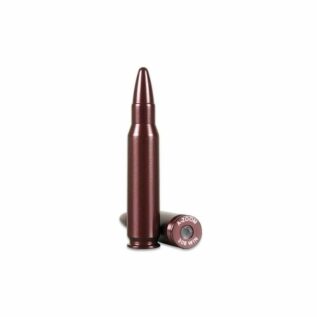 A-Zoom .308 Winchester Snap Cap - 2 Pack
A-Zoom .308 Winchester Snap Cap - 2 Pack 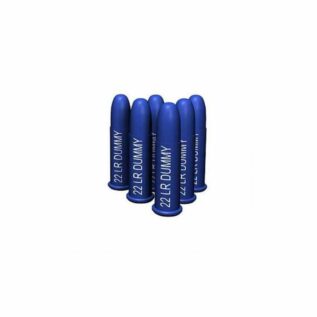 A-Zoom .22 LR Rimfire Action Proving Rounds - 6 Pack
A-Zoom .22 LR Rimfire Action Proving Rounds - 6 Pack 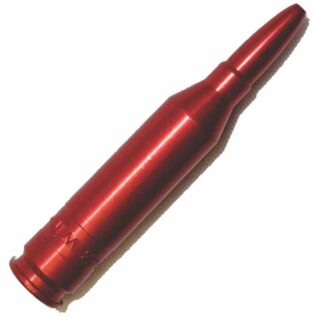 Ram .30-06 Red Aluminium Snap Cap
Ram .30-06 Red Aluminium Snap Cap 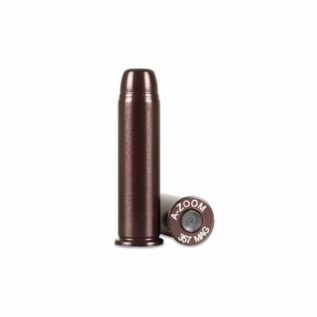 A-Zoom .357 Magnum Snap Cap - 6 Pack
A-Zoom .357 Magnum Snap Cap - 6 Pack 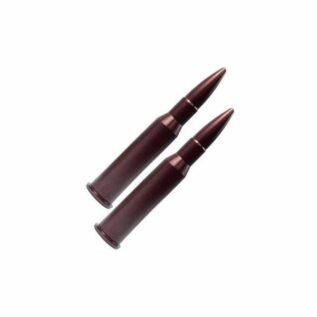 A-Zoom .300 WSM Snap Cap - 2 Pack
A-Zoom .300 WSM Snap Cap - 2 Pack 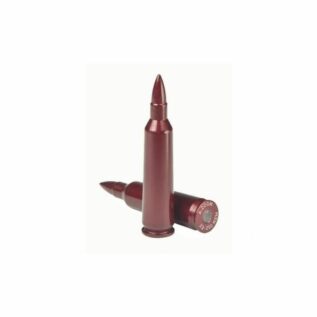 A-Zoom .22-250 Rem Snap Cap - 2 Pack
A-Zoom .22-250 Rem Snap Cap - 2 Pack 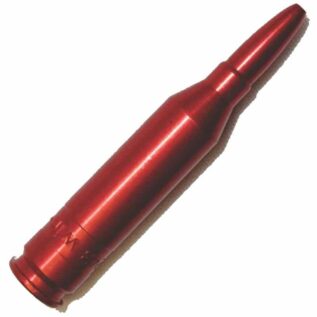 Ram .243 Winchester Red Aluminium Snap Cap
Ram .243 Winchester Red Aluminium Snap Cap 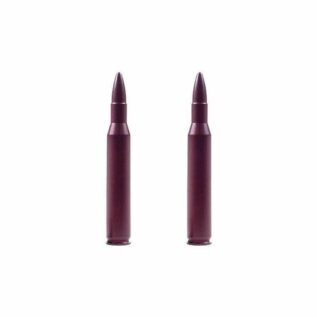 A-Zoom .270 Winchester Snap Cap - 2 Pack
A-Zoom .270 Winchester Snap Cap - 2 Pack 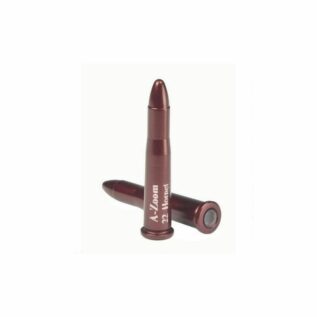 A-Zoom .22 Hornet Aluminum Snap Cap - 2 Pack
A-Zoom .22 Hornet Aluminum Snap Cap - 2 Pack 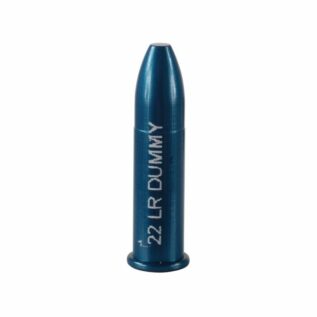 A-Zoom .22 Long Rifle Action Dummy Rounds - 12 Pack
A-Zoom .22 Long Rifle Action Dummy Rounds - 12 Pack 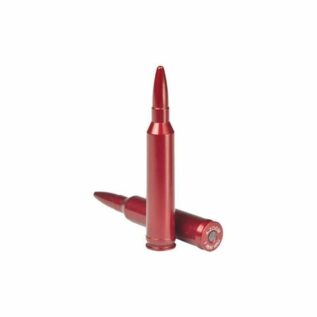 A-Zoom 7mm REM Snap Cap - 2 Pack
A-Zoom 7mm REM Snap Cap - 2 Pack 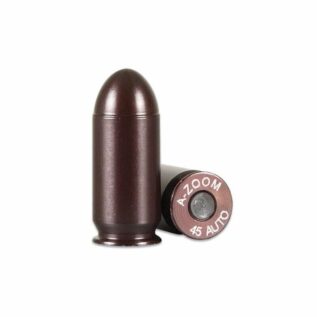 A-Zoom .45 Auto Snap Cap - 5 Pack
A-Zoom .45 Auto Snap Cap - 5 Pack 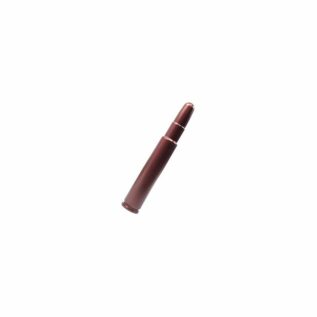 A-Zoom 416 Rigby Snap Cap - 1 Pack
A-Zoom 416 Rigby Snap Cap - 1 Pack 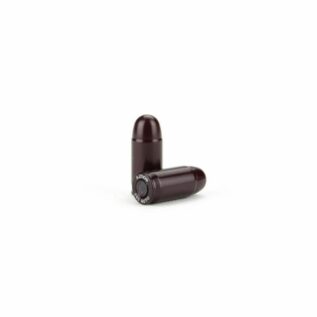 A-Zoom .40 S&W Snap Cap - 5 Pack
A-Zoom .40 S&W Snap Cap - 5 Pack 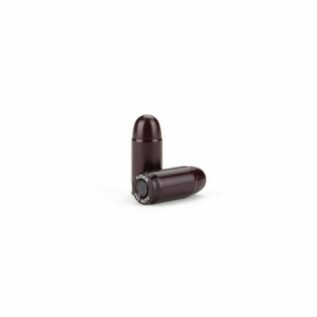 A-Zoom .380 Auto Snap Cap - 5 Pack
A-Zoom .380 Auto Snap Cap - 5 Pack 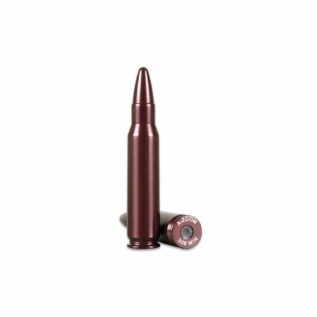 A-Zoom .338 Lapua Snap Cap - 2 Pack
A-Zoom .338 Lapua Snap Cap - 2 Pack 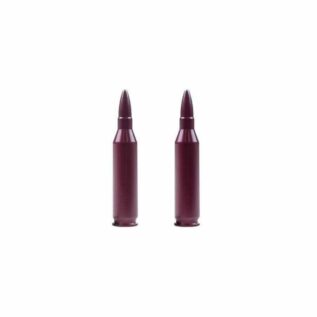 A-Zoom .260 Rem Snap Cap - 2 Pack
A-Zoom .260 Rem Snap Cap - 2 Pack 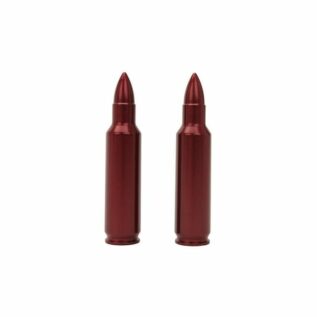 A-Zoom .223 WSSM Snap Cap - 2 Pack
A-Zoom .223 WSSM Snap Cap - 2 Pack 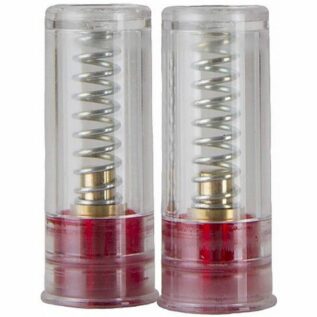 Ram 16G Snap Caps - 2
Ram 16G Snap Caps - 2 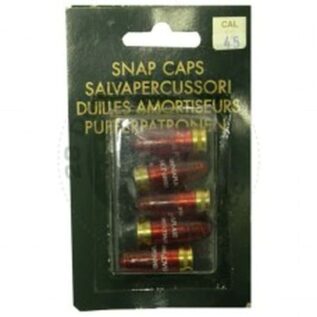 Ram .45 Snap Caps - 5
Ram .45 Snap Caps - 5 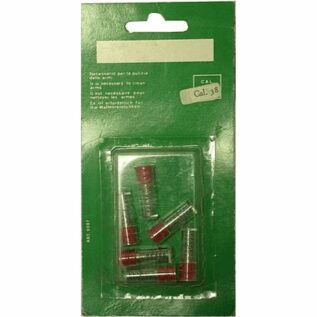 Ram .38 Snap Caps - 6
Ram .38 Snap Caps - 6 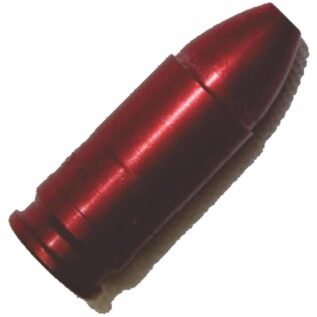 Ram .38 - .357 Red Aluminium Snap Cap
Ram .38 - .357 Red Aluminium Snap Cap 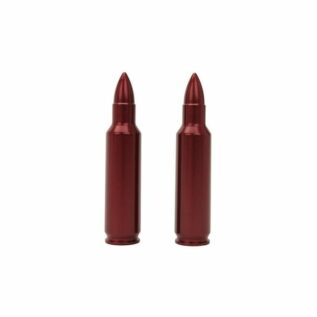 A-Zoom 9.3x74 Snap Cap - 2 Pack
A-Zoom 9.3x74 Snap Cap - 2 Pack 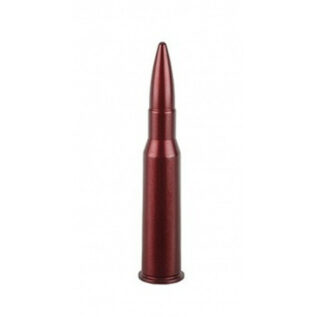 A-Zoom 600 NE Snap Cap
A-Zoom 600 NE Snap Cap 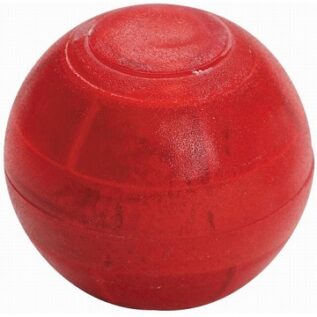 Ballistic Paintball Pepper Balls - Self Defense
Ballistic Paintball Pepper Balls - Self Defense 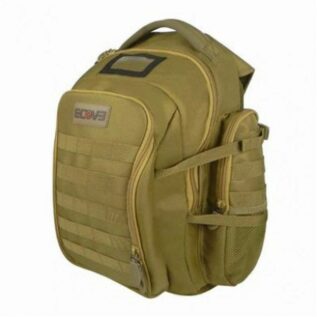 EcoEvo Tactical Backpack - Tan
EcoEvo Tactical Backpack - Tan 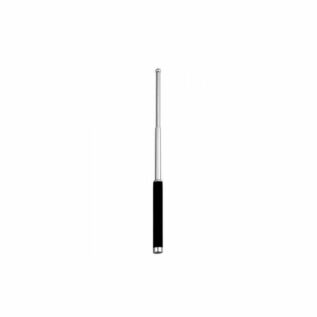 Steel Baton
Steel Baton 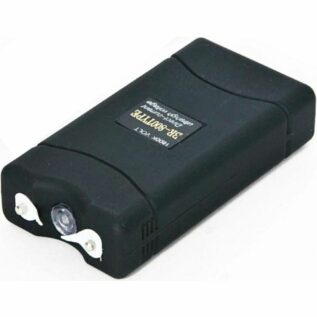 Taser 800
Taser 800 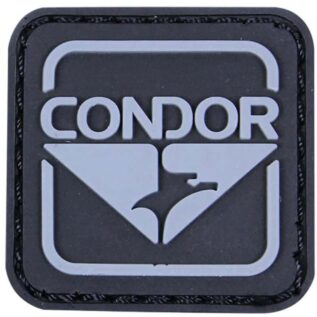 Condor Emblem PVC Patch
Condor Emblem PVC Patch 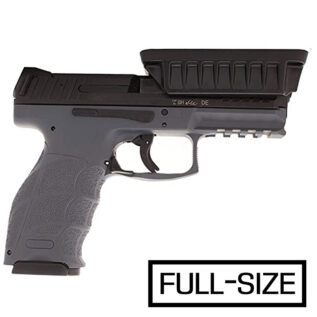 DEFCON Tactical QuickDraw Gun Magnet
DEFCON Tactical QuickDraw Gun Magnet 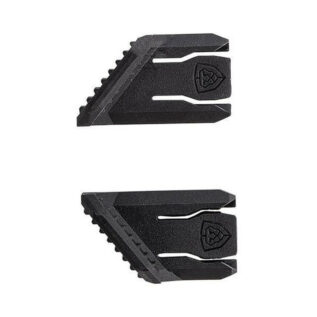 CAA Thumb Rests (Right & Left)
CAA Thumb Rests (Right & Left) 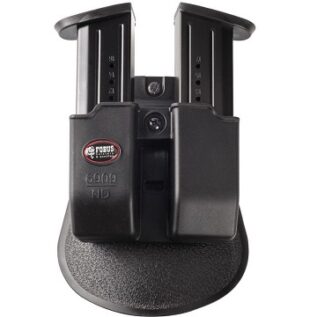 Fobus Magazine Pouch - Double - 6909ND
Fobus Magazine Pouch - Double - 6909ND  DuraMag .223 Rem Aluminium 30 Round AR Magazine
DuraMag .223 Rem Aluminium 30 Round AR Magazine 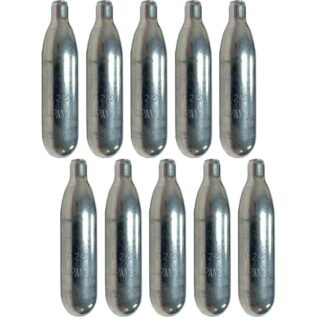 Byrna 12gram CO2 Cartridge - 10 Pack
Byrna 12gram CO2 Cartridge - 10 Pack 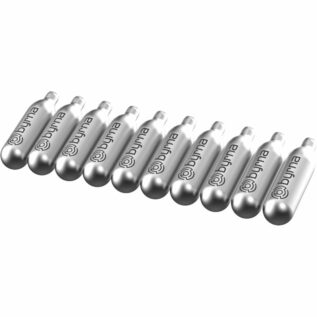 Byrna 8gram CO2 Cartridge - 10 Pack
Byrna 8gram CO2 Cartridge - 10 Pack 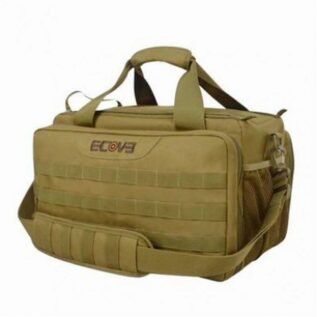 EcoEvo Pro Range Bag - Tan
EcoEvo Pro Range Bag - Tan 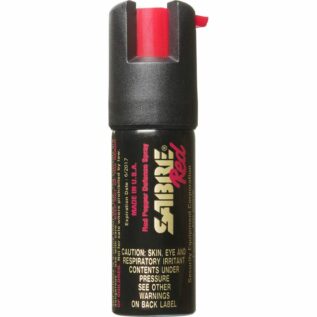 Sabre Black Pocket Pepper Spray Refill Canister
Sabre Black Pocket Pepper Spray Refill Canister 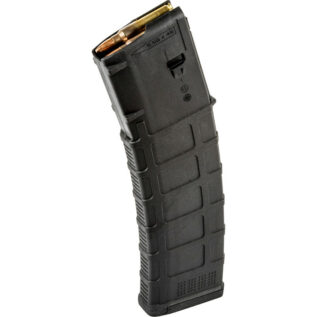 Magpul Black AR/M4 GEN M3 Nato 30 Round PMAG
Magpul Black AR/M4 GEN M3 Nato 30 Round PMAG 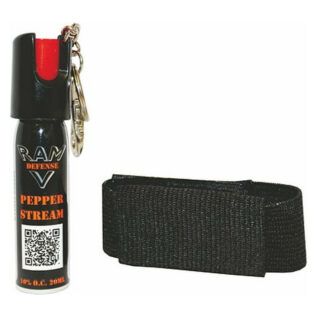 RAM Defense 20ml Fog Keyring Pepper Spray with Holster
RAM Defense 20ml Fog Keyring Pepper Spray with Holster 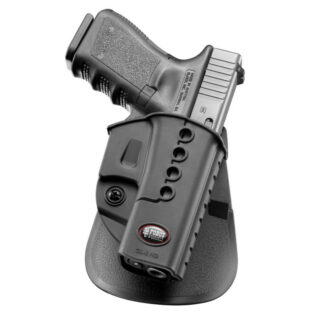 Fobus Glock 17/19 Rotating Paddle Holster
Fobus Glock 17/19 Rotating Paddle Holster 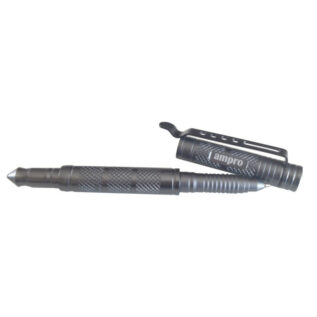 Ampro TP-06 Tactical Pen
Ampro TP-06 Tactical Pen 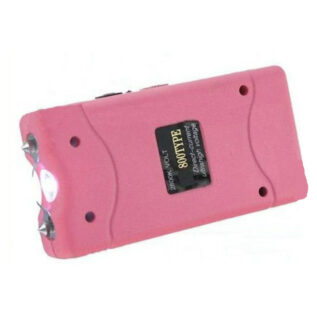 Yale JSJ-800 Pink Stun Gun
Yale JSJ-800 Pink Stun Gun 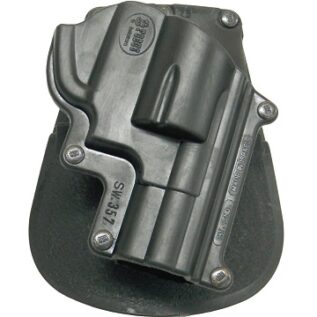 Fobus Holster - Paddle - RH - SW-357
Fobus Holster - Paddle - RH - SW-357 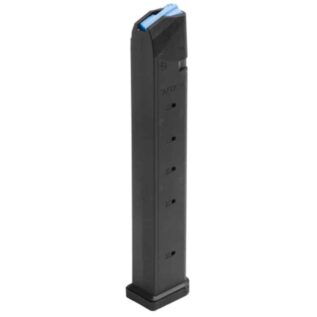 UTG GL933 33 Round 9mm Polymer Glock Magazine
UTG GL933 33 Round 9mm Polymer Glock Magazine 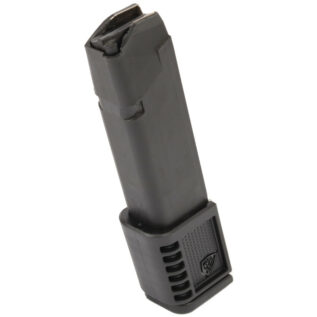 CAA Glock 17 10 Round Magazine Extension
CAA Glock 17 10 Round Magazine Extension 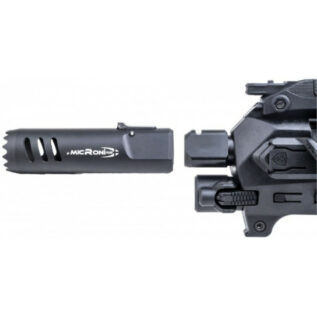 CAA Plus Muzzle Device for Micro Roni Gen 4
CAA Plus Muzzle Device for Micro Roni Gen 4 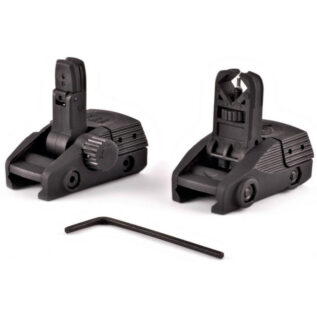 CAA Picatinny Front and Rear Flip-Up Sights (BGF + BGR)
CAA Picatinny Front and Rear Flip-Up Sights (BGF + BGR) 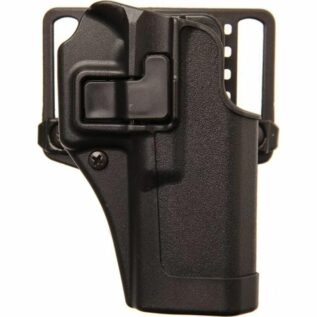 Blackhawk Serpa Glock 17,22,31 RH CQC Concealment Holster
Blackhawk Serpa Glock 17,22,31 RH CQC Concealment Holster 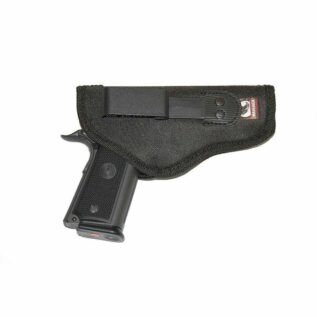 Maverick Tactical Tuck Away Holster
Maverick Tactical Tuck Away Holster 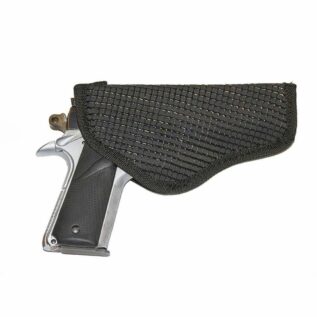 Maverick Tactical Clip-On Sticky Holster
Maverick Tactical Clip-On Sticky Holster 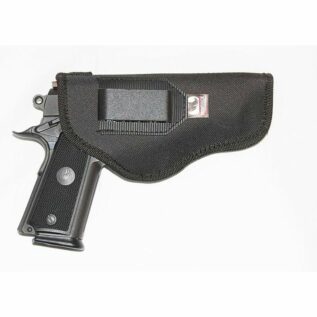 Maverick Tactical Inside High Back Clip-On
Maverick Tactical Inside High Back Clip-On 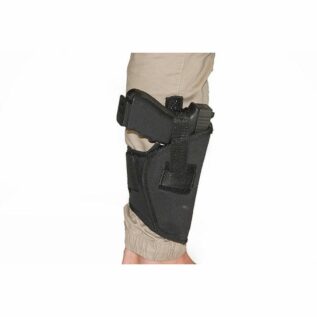 Maverick Tactical Ankle Holster
Maverick Tactical Ankle Holster 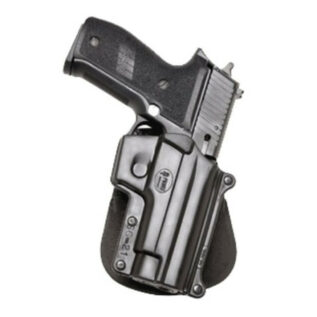 Fobus SG-21 Left Paddle Holster
Fobus SG-21 Left Paddle Holster 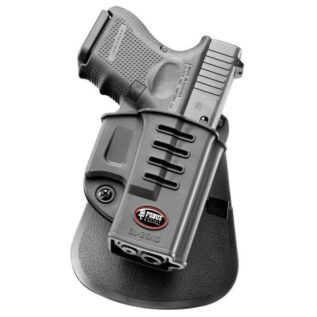 Fobus Glock 26 Rotating Variable Belt Holster
Fobus Glock 26 Rotating Variable Belt Holster 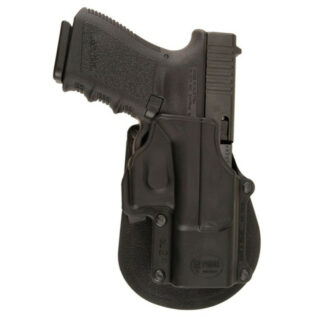 Fobus Glock 17/19 Belt Holster
Fobus Glock 17/19 Belt Holster 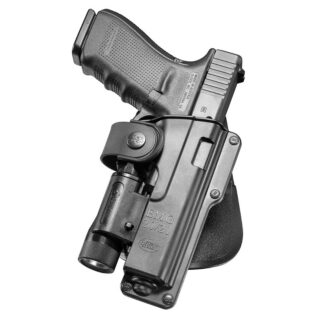 Fobus EMG20/21 Tactical Holster
Fobus EMG20/21 Tactical Holster 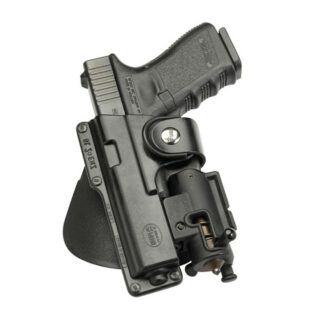 Fobus EM17 Left Tactical Holster
Fobus EM17 Left Tactical Holster 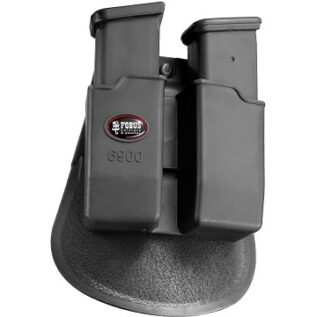 Fobus Magazine Pouch - Double - 6900
Fobus Magazine Pouch - Double - 6900 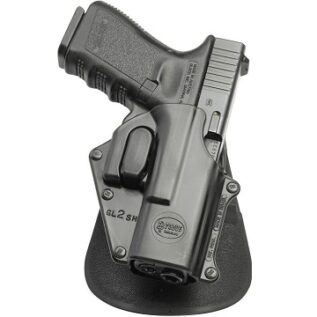 Fobus Holster - Safety - RH - GL-2 SH
Fobus Holster - Safety - RH - GL-2 SH 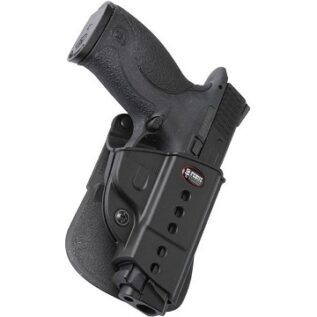 Fobus Holster - Paddle - RH - S&W M&P
Fobus Holster - Paddle - RH - S&W M&P 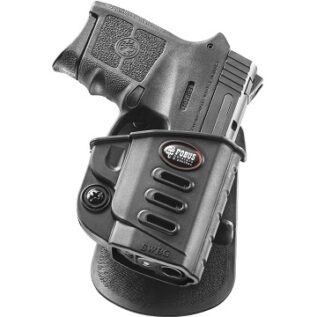 Fobus Holster - Paddle - RH - SWBG
Fobus Holster - Paddle - RH - SWBG 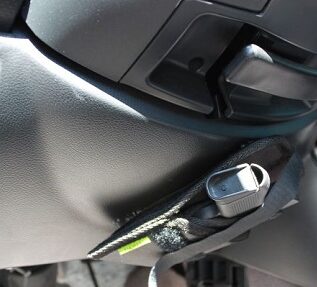 Sticky Holsters Accessory - Travel Mount Strips
Sticky Holsters Accessory - Travel Mount Strips 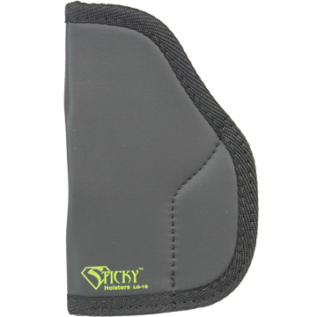 Sticky Holsters Holster - LG-2
Sticky Holsters Holster - LG-2 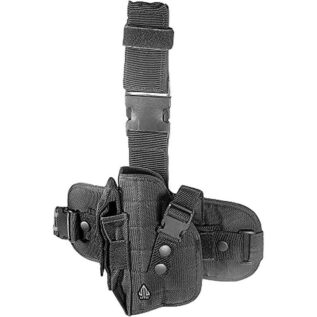 Leapers UTG Special Ops Tactical LH Thigh Holster
Leapers UTG Special Ops Tactical LH Thigh Holster 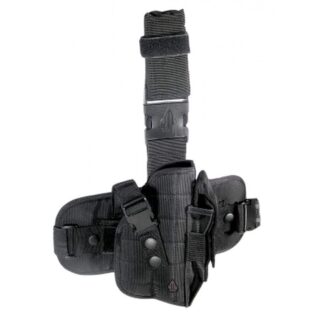 Leapers UTG Special Ops Tactical RH Thigh Holster
Leapers UTG Special Ops Tactical RH Thigh Holster 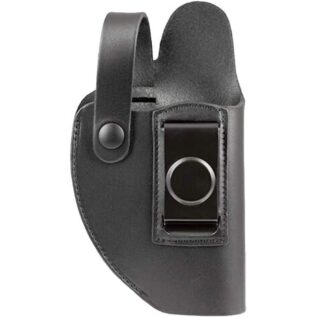 Phalanx H60170 RH Standard Leather Holster
Phalanx H60170 RH Standard Leather Holster 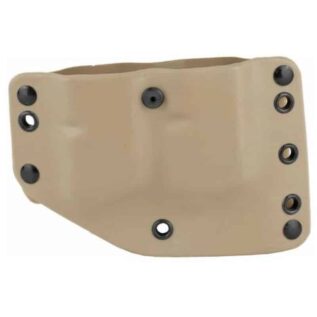 Phalanx H60053 RH Twin Mag Holster - Coyote
Phalanx H60053 RH Twin Mag Holster - Coyote 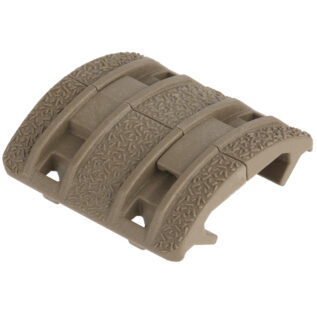 Magpul XTM Enhanced Rail Panels - 8 Sections Flat Dark Earth
Magpul XTM Enhanced Rail Panels - 8 Sections Flat Dark Earth 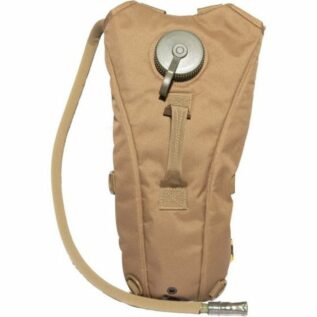 Nordiske Bladder Coyote - 2.5l
Nordiske Bladder Coyote - 2.5l 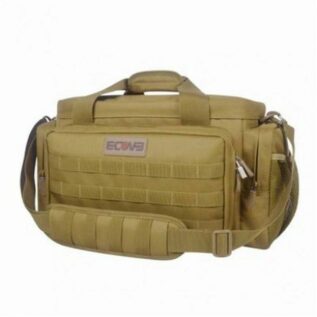 EcoEvo Light Weight Range Bag - Tan
EcoEvo Light Weight Range Bag - Tan 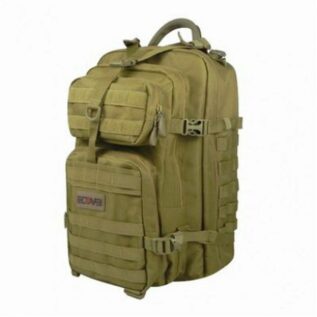 EcoEvo Assault XL Backpack - Tan
EcoEvo Assault XL Backpack - Tan 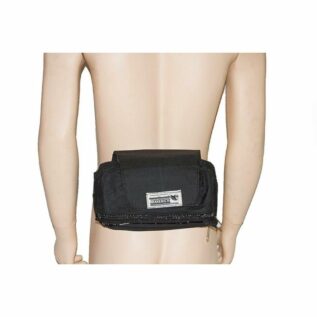 Maverick Tactical Bum Bag
Maverick Tactical Bum Bag 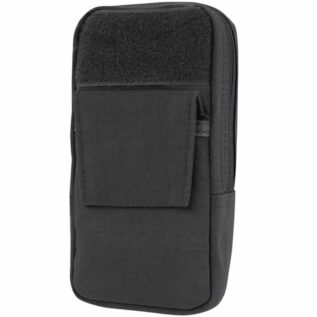 Condor GPS Pouch - Black
Condor GPS Pouch - Black 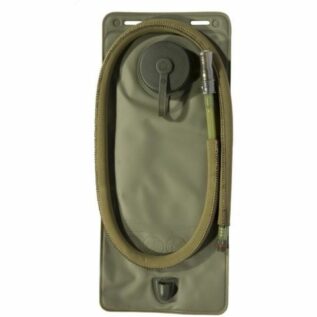 Nordiske Small Bladder - Olive
Nordiske Small Bladder - Olive 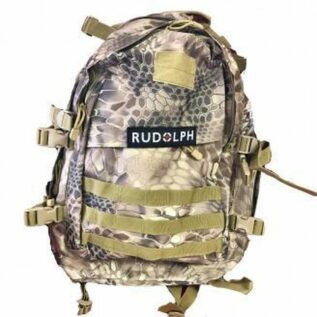 Rudolph Kryptek Mandrake Camo Tactical Bag
Rudolph Kryptek Mandrake Camo Tactical Bag 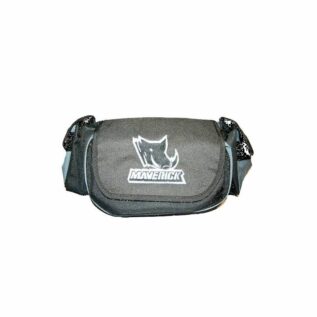 Maverick Tactical 7 Day Bum Bag
Maverick Tactical 7 Day Bum Bag 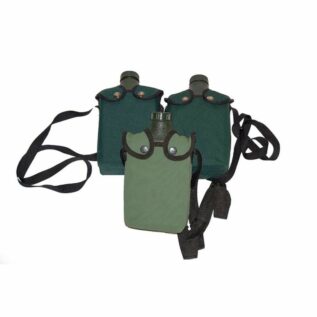 Maverick Tactical Military Water Bottle
Maverick Tactical Military Water Bottle 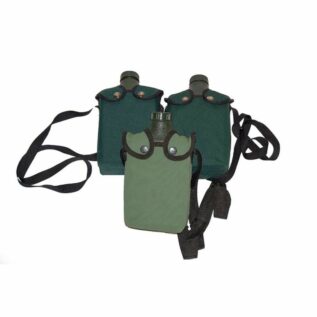 Maverick Tactical Camping Water Bottle
Maverick Tactical Camping Water Bottle 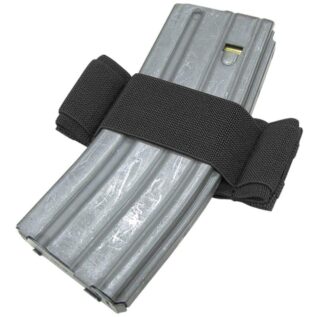 Condor Elastic Keeper - Black
Condor Elastic Keeper - Black 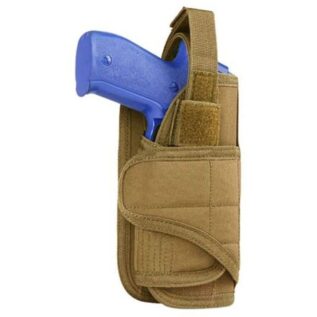 Condor VT Holster - Coyote
Condor VT Holster - Coyote 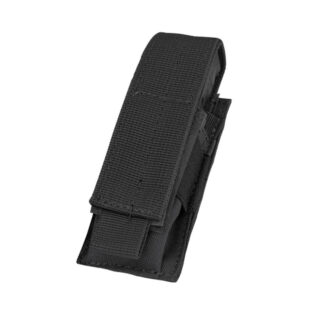 Condor Black Single Pistol Mag Pouch
Condor Black Single Pistol Mag Pouch 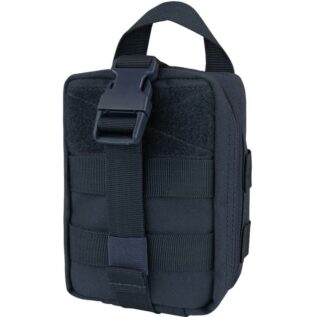 Condor Rip Away EMT Lite Pouch - Black
Condor Rip Away EMT Lite Pouch - Black 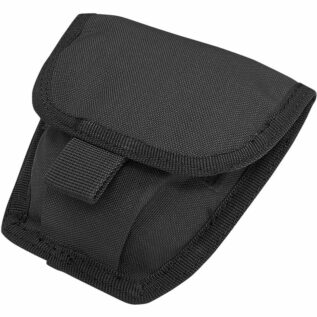 Condor Hand Cuff Pouch
Condor Hand Cuff Pouch 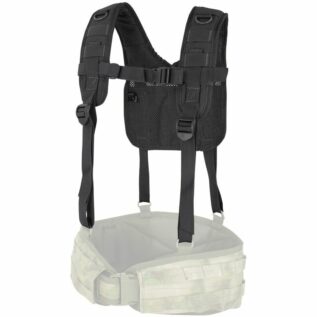 Condor H-Harness - Black
Condor H-Harness - Black 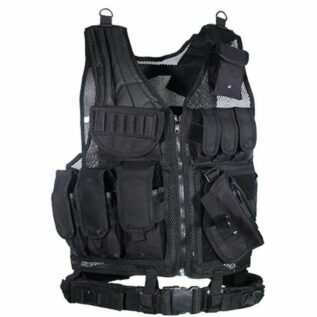 Leapers UTG Sportsman Tactical Scenario Vest
Leapers UTG Sportsman Tactical Scenario Vest 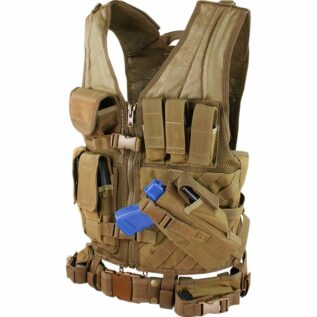 Condor (M/L) Cross Draw Vest - Coyote
Condor (M/L) Cross Draw Vest - Coyote 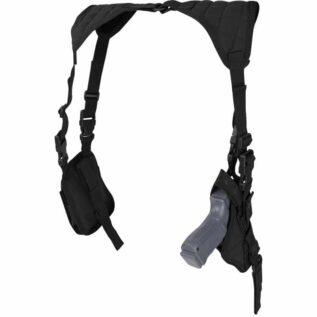 Condor Vertical Shoulder Holster - Black
Condor Vertical Shoulder Holster - Black 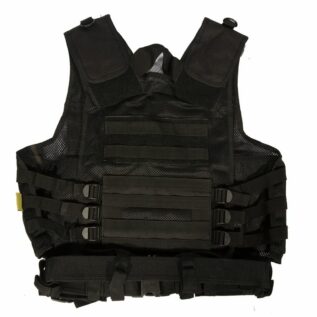 Nordiske Tactical Vest Black
Nordiske Tactical Vest Black  Maverick Tactical Pro Pistol Bag
Maverick Tactical Pro Pistol Bag 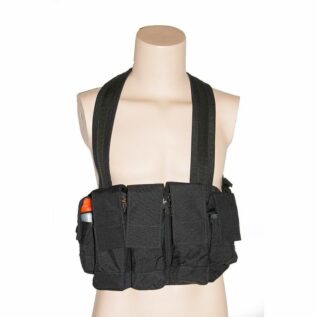 Maverick Tactical Chest Webbing
Maverick Tactical Chest Webbing 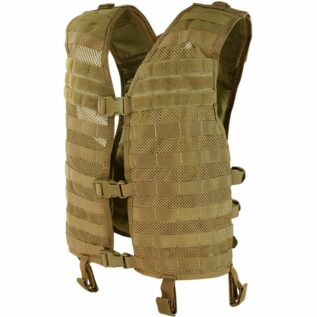 Condor Mesh Hydration Vest - Coyote
Condor Mesh Hydration Vest - Coyote 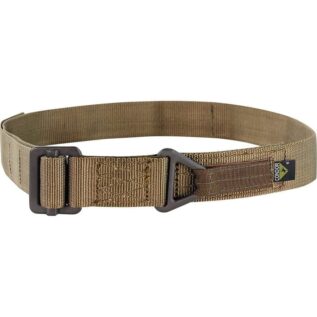 Condor M/L Rigger's Belt - Tan
Condor M/L Rigger's Belt - Tan 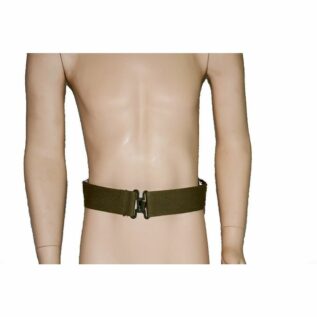 Maverick Tactical Military Web Belt
Maverick Tactical Military Web Belt 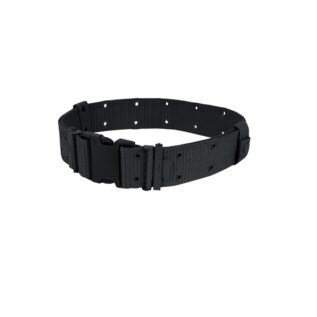 Condor Pistol Belt - Black
Condor Pistol Belt - Black 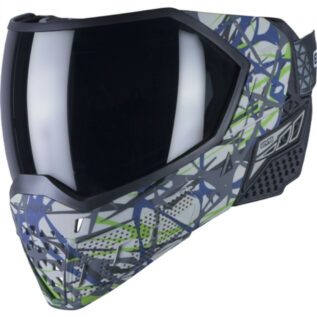 Empire LE Thornz EVS Thermal Clear Paintball Mask
Empire LE Thornz EVS Thermal Clear Paintball Mask 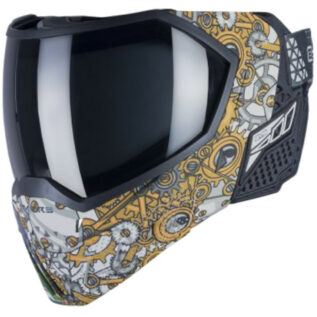 Empire LE Steampunk EVS Thermal Clear Paintball Mask
Empire LE Steampunk EVS Thermal Clear Paintball Mask 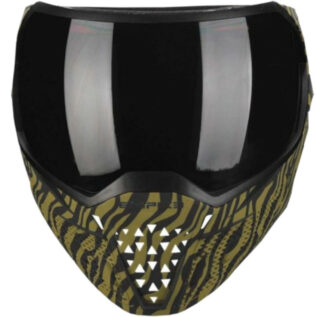 Empire Tiger Stripe EVS Thermal Clear Paintball Mask
Empire Tiger Stripe EVS Thermal Clear Paintball Mask 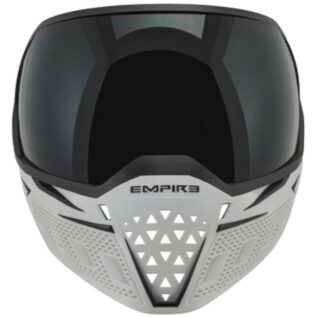 Empire White & Black EVS Thermal Clear Paintball Mask
Empire White & Black EVS Thermal Clear Paintball Mask 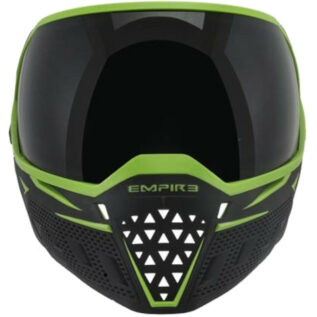 Empire Black & Lime EVS Thermal Clear Paintball Mask
Empire Black & Lime EVS Thermal Clear Paintball Mask 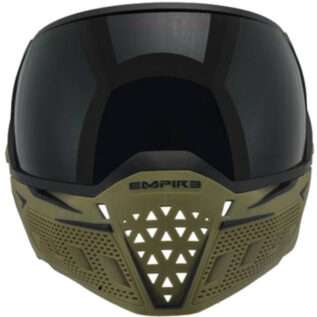 Empire Olive & Black EVS Thermal Clear Paintball Mask
Empire Olive & Black EVS Thermal Clear Paintball Mask 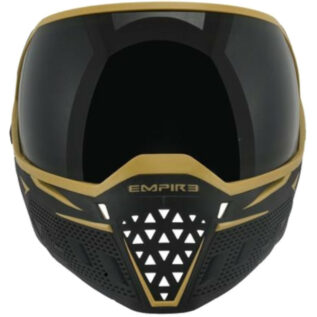 Empire Black & Gold EVS Thermal Clear Paintball Mask
Empire Black & Gold EVS Thermal Clear Paintball Mask 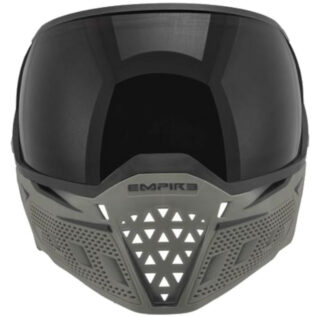 Empire Grey & Black EVS Thermal Clear Paintball Mask
Empire Grey & Black EVS Thermal Clear Paintball Mask 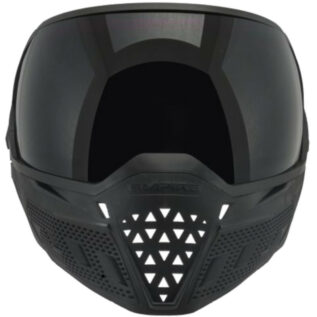 Empire Black EVS Thermal Clear Paintball Mask
Empire Black EVS Thermal Clear Paintball Mask 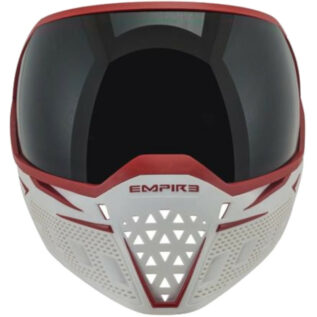 Empire White & Red EVS Thermal Clear Paintball Mask
Empire White & Red EVS Thermal Clear Paintball Mask 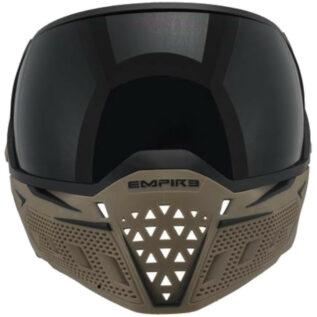 Empire Tan & Black EVS Thermal Clear Paintball Mask
Empire Tan & Black EVS Thermal Clear Paintball Mask 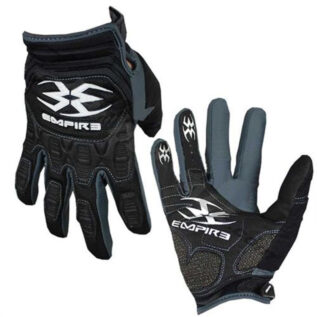 Empire Contact Zero Full Finger Paintball Gloves
Empire Contact Zero Full Finger Paintball Gloves 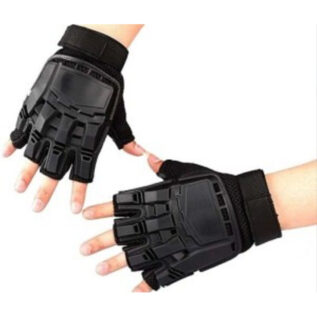 Ballistic Half Finger Hard Gloves
Ballistic Half Finger Hard Gloves 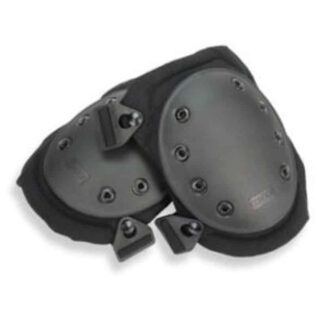 Condor Black Elbow Pads
Condor Black Elbow Pads 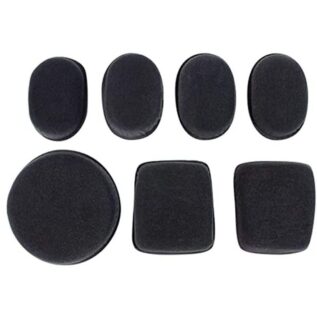 Condor Helmet Pad - Black
Condor Helmet Pad - Black 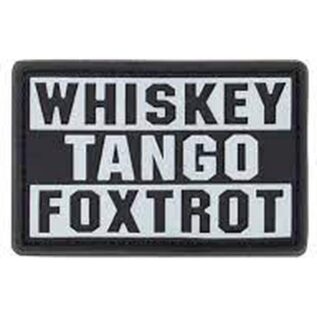 Condor Whiskey Foxtrot PVC Patch
Condor Whiskey Foxtrot PVC Patch 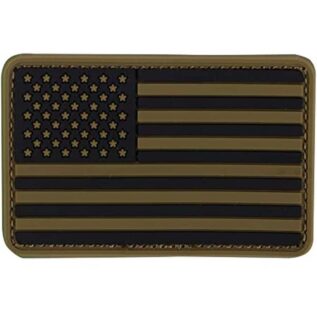 Condor PVC Flag Patch - Olive Drab
Condor PVC Flag Patch - Olive Drab  Condor Punisher PVC Patch
Condor Punisher PVC Patch  Hard Head Veterans Combat Helmet Bag - Black
Hard Head Veterans Combat Helmet Bag - Black 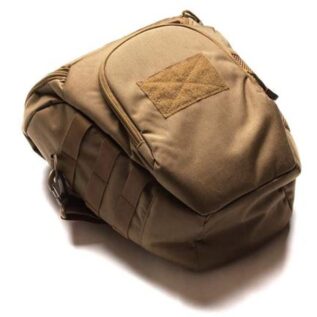 Hard Head Veterans Combat Helmet Bag - Tan
Hard Head Veterans Combat Helmet Bag - Tan 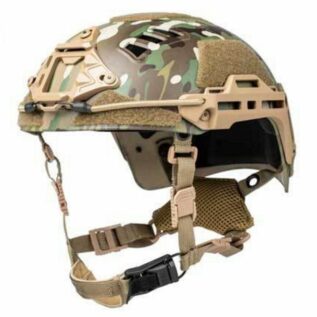 Hard Head Veterans Tactical ATE Bump Helmet - L-XL/Multicam
Hard Head Veterans Tactical ATE Bump Helmet - L-XL/Multicam 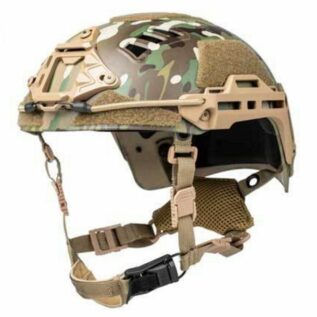 Hard Head Veterans Tactical ATE Bump Helmet - M-L/Multicam
Hard Head Veterans Tactical ATE Bump Helmet - M-L/Multicam 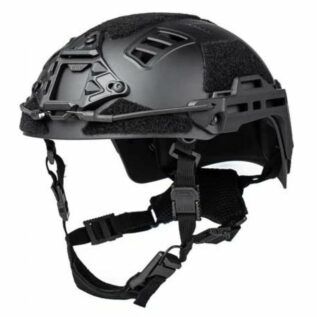 Hard Head Veterans Tactical ATE Bump Helmet - L-XL/Black
Hard Head Veterans Tactical ATE Bump Helmet - L-XL/Black 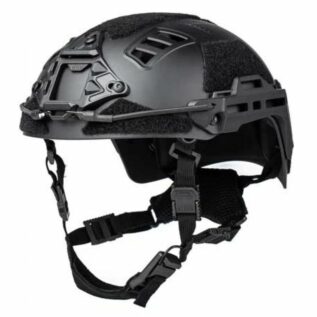 Hard Head Veterans Tactical ATE Bump Helmet - M-L/Black
Hard Head Veterans Tactical ATE Bump Helmet - M-L/Black 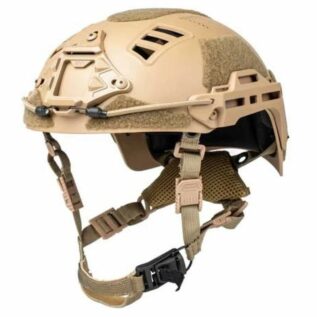 Hard Head Veterans Tactical ATE Bump Helmet - L-XL/Tan
Hard Head Veterans Tactical ATE Bump Helmet - L-XL/Tan 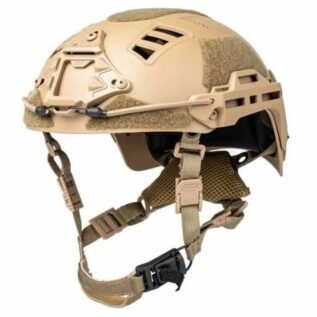 Hard Head Veterans Tactical ATE Bump Helmet - M-L/Tan
Hard Head Veterans Tactical ATE Bump Helmet - M-L/Tan 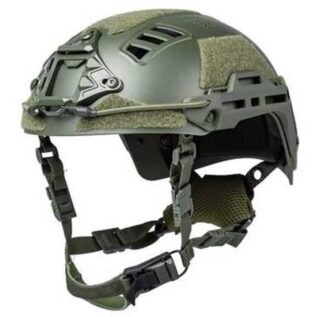 Hard Head Veterans Tactical ATE Bump Helmet - L-XL/Olive Dab
Hard Head Veterans Tactical ATE Bump Helmet - L-XL/Olive Dab 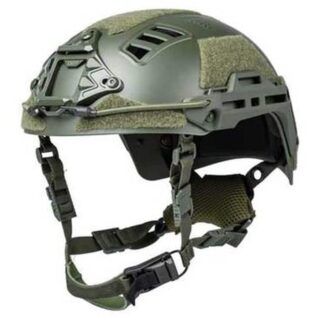 Hard Head Veterans Tactical ATE Bump Helmet - M-L/Olive Dab
Hard Head Veterans Tactical ATE Bump Helmet - M-L/Olive Dab 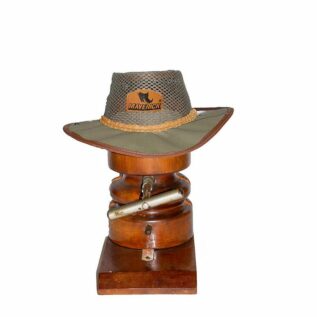 Maverick Tactical Panama Mesh Hat
Maverick Tactical Panama Mesh Hat 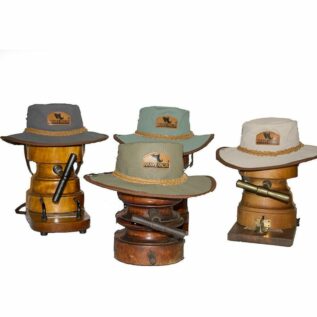 Maverick Tactical Canvas Bush Hat
Maverick Tactical Canvas Bush Hat 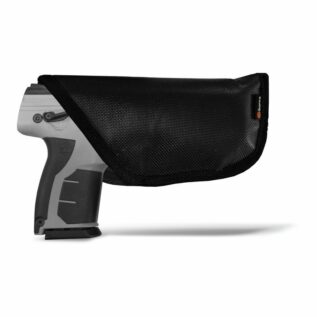 Byrna HD XL Concealed Holster
Byrna HD XL Concealed Holster 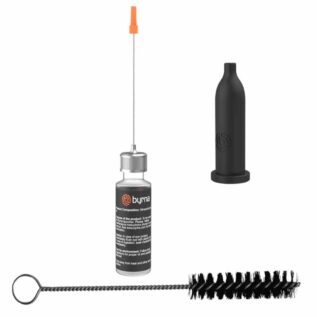 Byrna Maintenance Kit
Byrna Maintenance Kit 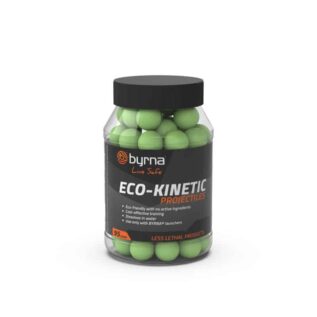 Byrna Eco-Kinetic Projectiles - 95 Count
Byrna Eco-Kinetic Projectiles - 95 Count 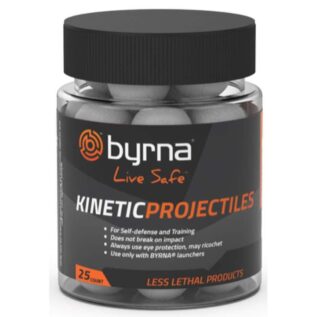 Byrna 25 .68 HD Kinetic Solid Projectiles
Byrna 25 .68 HD Kinetic Solid Projectiles 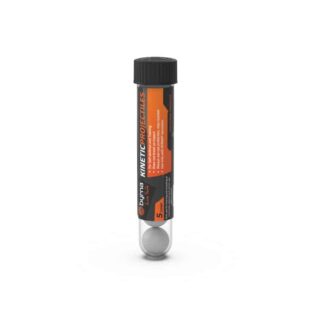 Byrna 5 .68 HD Kinetic Solid Projectiles
Byrna 5 .68 HD Kinetic Solid Projectiles 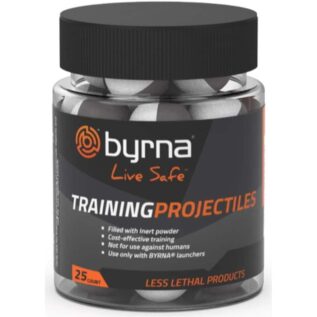 Byrna 25 .68 HD Inert Projectiles
Byrna 25 .68 HD Inert Projectiles 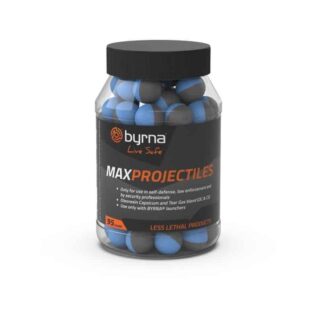 Byrna Max Projectiles - 95 Count
Byrna Max Projectiles - 95 Count 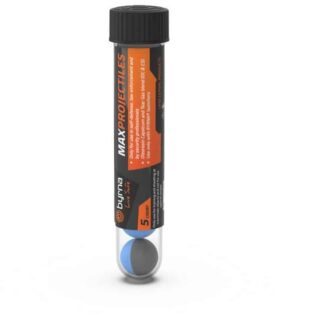 Byrna Max Projectiles - 5 Count
Byrna Max Projectiles - 5 Count 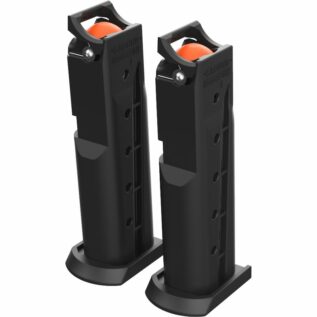 Byrna HD Spare Magazine - Set Of 2
Byrna HD Spare Magazine - Set Of 2 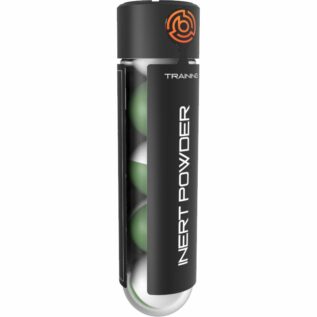 Byrna 5 .68 HD Inert Projectiles
Byrna 5 .68 HD Inert Projectiles 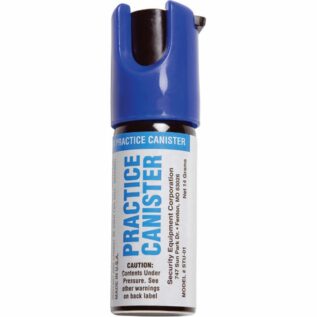 Sabre Practice Pepper Spray
Sabre Practice Pepper Spray 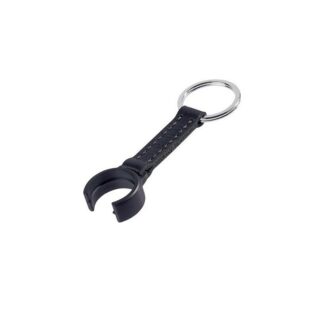 ASP Concealable Baton Keyring Clip
ASP Concealable Baton Keyring Clip 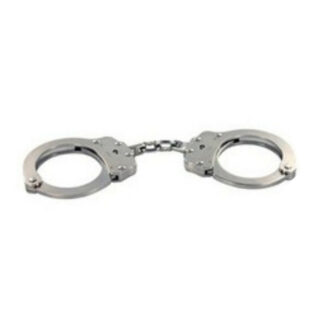 Yale Chain Handcuffs
Yale Chain Handcuffs 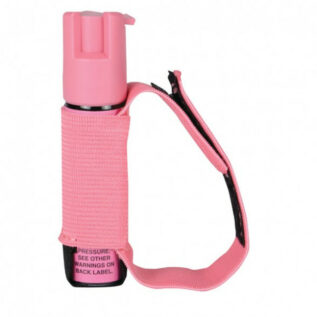 Sabre 0.75oz Pink Runner Pepper Spray Gel with Adjustable Hand Strap
Sabre 0.75oz Pink Runner Pepper Spray Gel with Adjustable Hand Strap 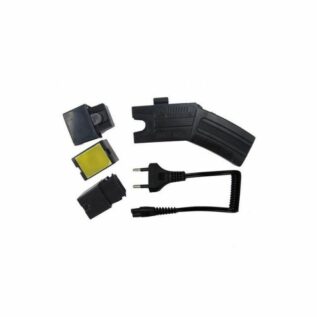 Shoot Out Taser
Shoot Out Taser 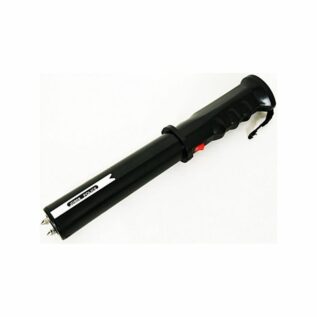 Taser 809
Taser 809 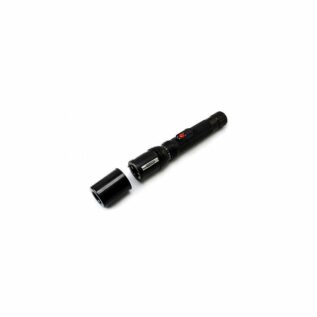 Taser 106 with Torch and Pouch
Taser 106 with Torch and Pouch 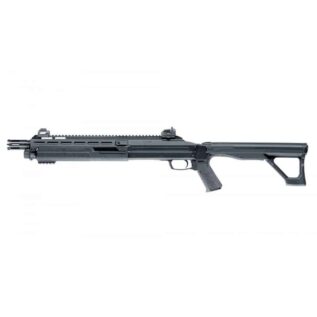 Umarex T4E HDX 68 Pump Action Training Marker - 40J
Umarex T4E HDX 68 Pump Action Training Marker - 40J 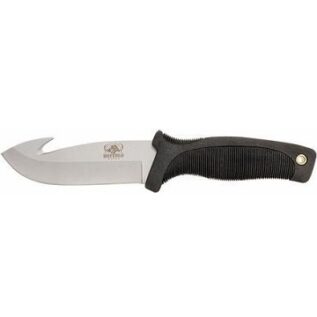 Buffalo River Hook Skinner - Maxim (4.5")
Buffalo River Hook Skinner - Maxim (4.5") 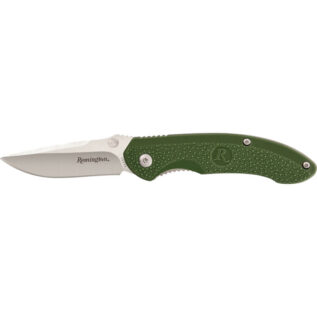 Remington 10005 Green Sportsman Series Folding Knife
Remington 10005 Green Sportsman Series Folding Knife 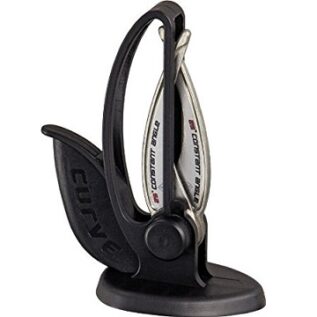 Warthog Knife Sharpener - Curve
Warthog Knife Sharpener - Curve 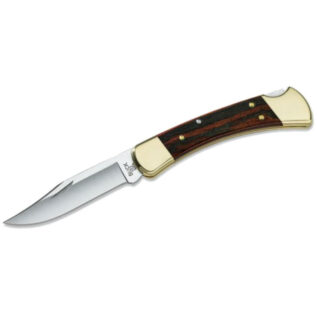 Buck 110 Hunter Folding Knife
Buck 110 Hunter Folding Knife 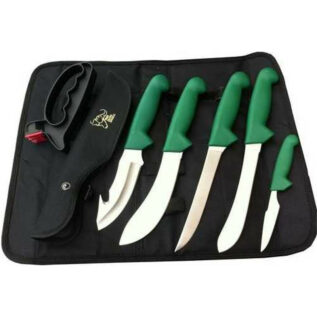 Buffalo River Slagbok 6 Hunting Knife Set
Buffalo River Slagbok 6 Hunting Knife Set 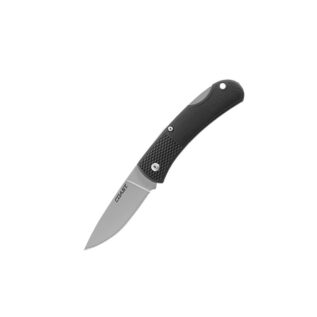 Coast BX213 Lock Back Small Folding Knife - Brown
Coast BX213 Lock Back Small Folding Knife - Brown 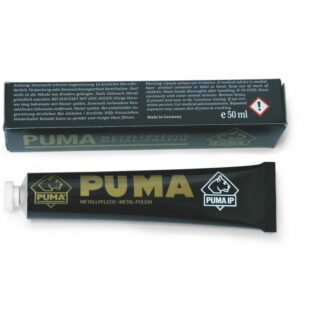 Puma Metal Polish
Puma Metal Polish 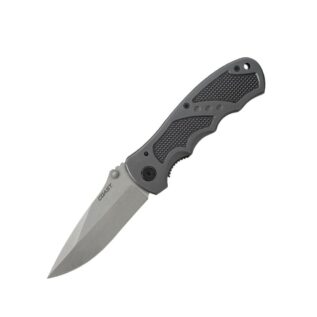 Coast DX320 Ghost II Double Lock Knife
Coast DX320 Ghost II Double Lock Knife 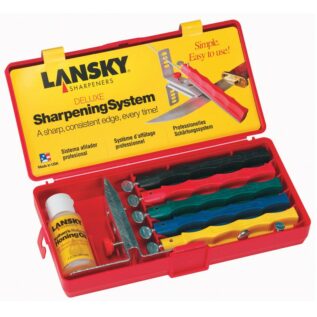 Lansky Deluxe Kit 5 Stone
Lansky Deluxe Kit 5 Stone 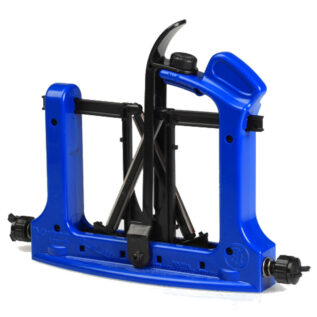 Warthog Knife Sharpener - V-Sharp Extreme Edge
Warthog Knife Sharpener - V-Sharp Extreme Edge 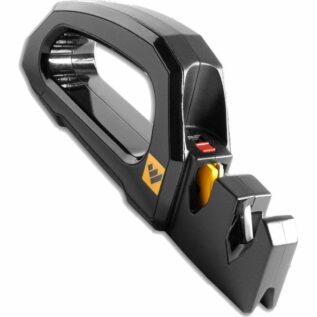 Work Sharp Pivot Pro Knife & Tool Sharpener
Work Sharp Pivot Pro Knife & Tool Sharpener 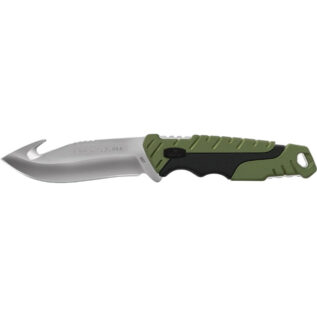 Buck 657 Green Large Persuit Knife with Guthook
Buck 657 Green Large Persuit Knife with Guthook 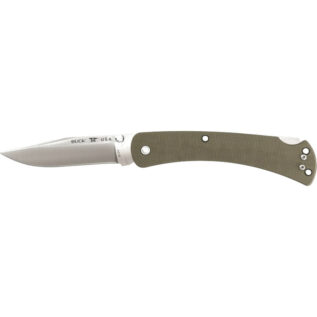 Buck 110 Green Slim Pro Folding Knife
Buck 110 Green Slim Pro Folding Knife 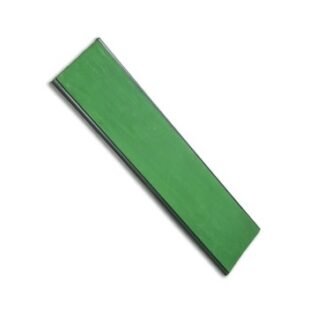 Warthog Knife Strop - Leather (220mm)
Warthog Knife Strop - Leather (220mm) 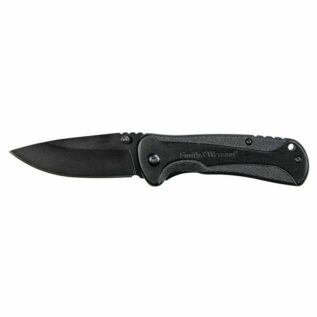 Smith & Wesson 1084305 Drop Point Folding Knife - Black
Smith & Wesson 1084305 Drop Point Folding Knife - Black 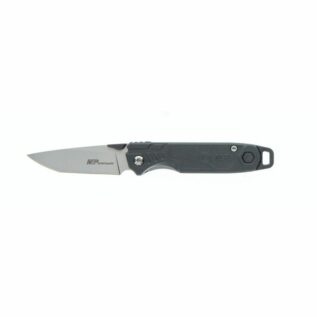 Smith & Wesson M&P Bodyguard Connect Tanto Folding Knife
Smith & Wesson M&P Bodyguard Connect Tanto Folding Knife 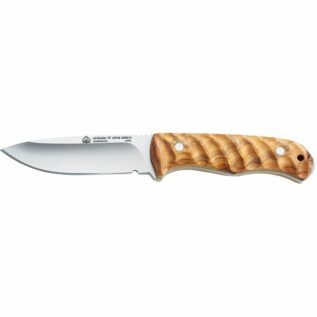 Puma IP La Ola Knife - Olive Wood
Puma IP La Ola Knife - Olive Wood 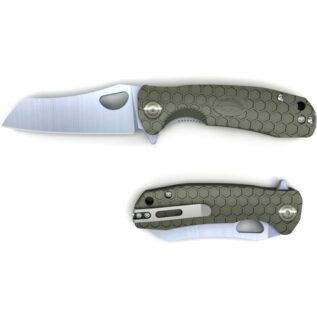 Honey Badger Small Wharncleaver Folding Knife - Green
Honey Badger Small Wharncleaver Folding Knife - Green 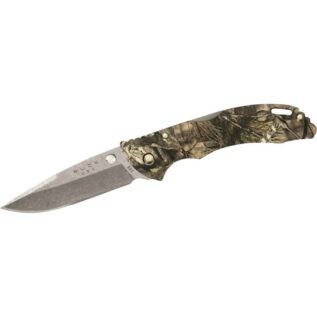 Buck 285 Mossy Oak Large Bantam Folding Knife
Buck 285 Mossy Oak Large Bantam Folding Knife 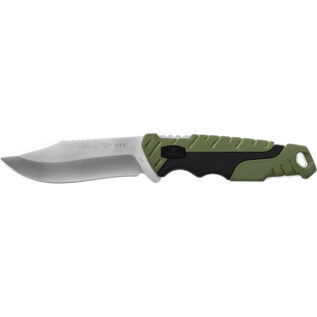 Buck 656 Green Large Persuit Knife
Buck 656 Green Large Persuit Knife 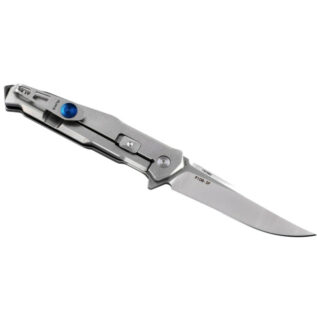 Ruike Silver BetaPlus P108-SF Pocket Knife
Ruike Silver BetaPlus P108-SF Pocket Knife 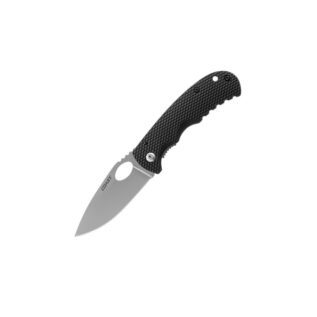 Coast LX237 Tuff-Task Folding Knife
Coast LX237 Tuff-Task Folding Knife 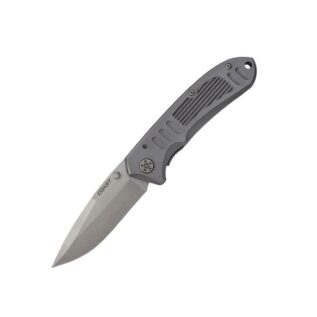 Coast DX315 Ghost I Double Knife
Coast DX315 Ghost I Double Knife 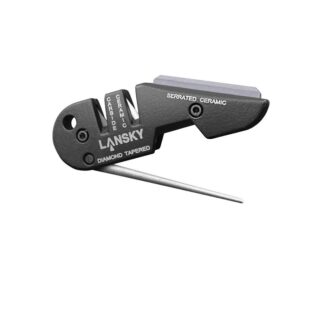 Lansky Blademedic Knife Sharpener
Lansky Blademedic Knife Sharpener 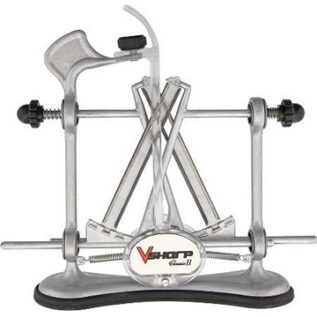 Warthog Knife Sharpener - Classic II
Warthog Knife Sharpener - Classic II 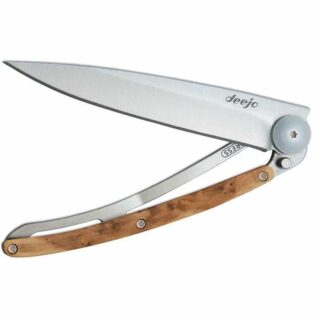 Deejo 37G Juniper Wood Pocket Knife
Deejo 37G Juniper Wood Pocket Knife 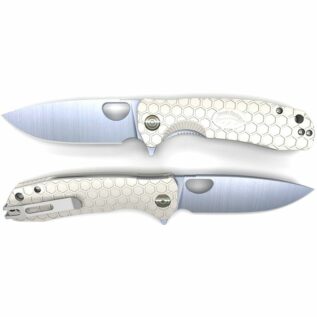 Honey Badger Flipper Folding Knife - White/Small
Honey Badger Flipper Folding Knife - White/Small 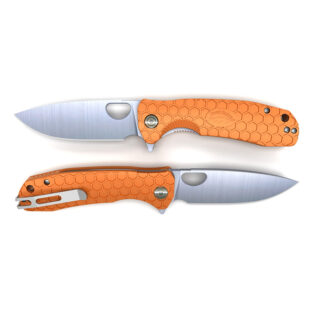 Honey Badger Flipper Plain Folding Knife - Orange/Small
Honey Badger Flipper Plain Folding Knife - Orange/Small 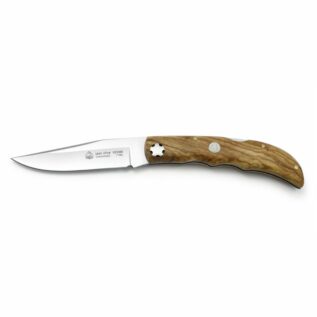 Puma IP Jaen Folding Knife
Puma IP Jaen Folding Knife 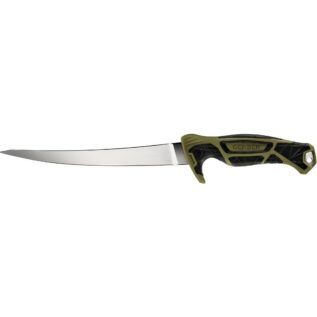 Controller 20cm Freshwater Fish Fillet & Boning Knife & Sheath with Built In Sharpener
Controller 20cm Freshwater Fish Fillet & Boning Knife & Sheath with Built In Sharpener 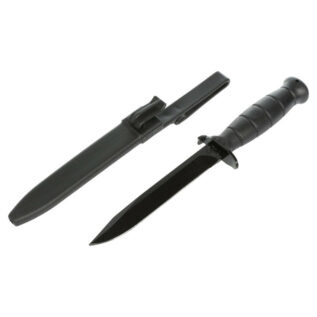 Glock Field Knife - FM78
Glock Field Knife - FM78 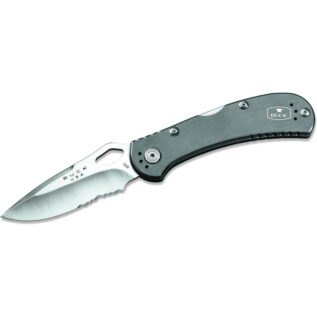 Buck 722 Grey Spitfire Folding Knife
Buck 722 Grey Spitfire Folding Knife 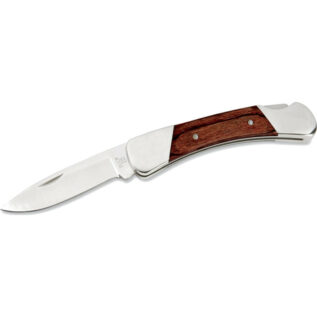 Buck 500 Rosewood Duke Folding Knife
Buck 500 Rosewood Duke Folding Knife 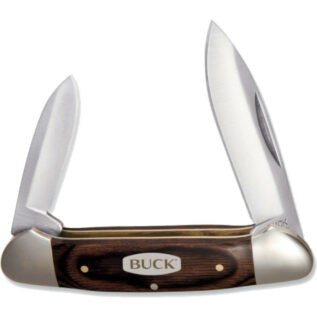 Buck 389 Woodgrain Canoe Pocket Knife
Buck 389 Woodgrain Canoe Pocket Knife 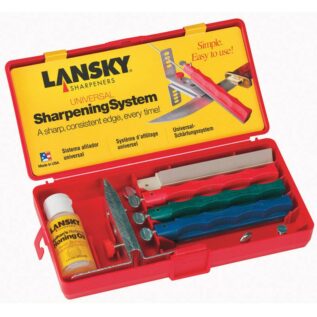 Lansky Universal Kit 4 Stone
Lansky Universal Kit 4 Stone 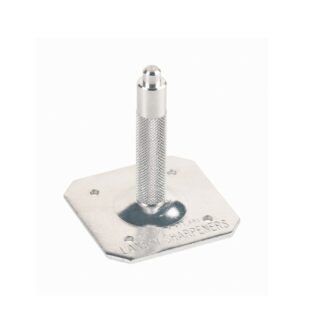 Lansky Universal Mount
Lansky Universal Mount 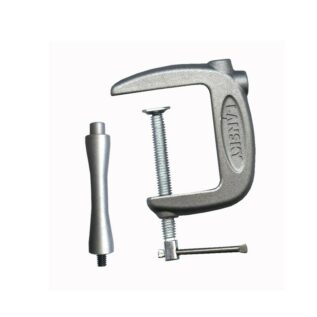 Lansky Super C-Clamp
Lansky Super C-Clamp 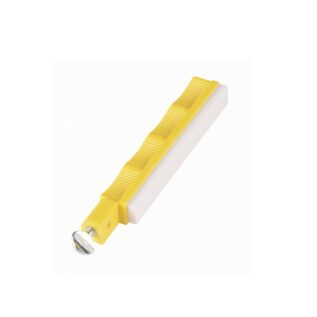 Lansky Ultra Fine Hone
Lansky Ultra Fine Hone 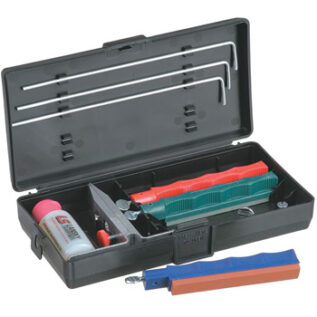 Lansky Sharpening System - Standard Controlled-Angle
Lansky Sharpening System - Standard Controlled-Angle 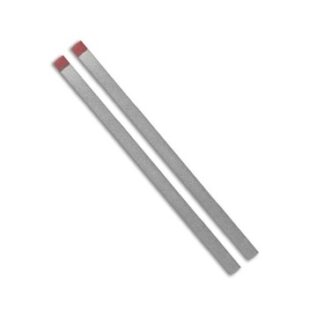 Warthog Knife Sharpener Stone - V-Sharp Classic II (Pair) - Course
Warthog Knife Sharpener Stone - V-Sharp Classic II (Pair) - Course 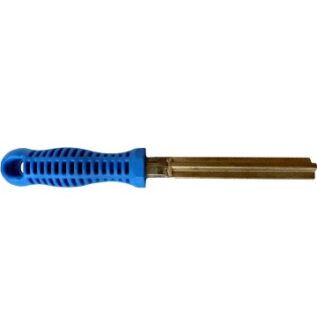 Warthog Knife Sharpener Stone - Serrated (with Handle)
Warthog Knife Sharpener Stone - Serrated (with Handle) 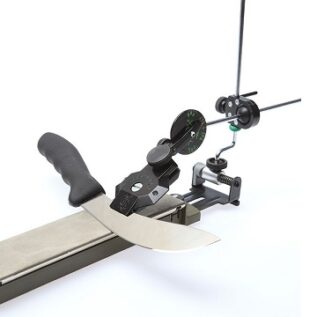 Warthog Knife Sharpener - Multi-Edge 220
Warthog Knife Sharpener - Multi-Edge 220  Warthog Knife Sharpener - V-Sharp Extreme Edge - Case
Warthog Knife Sharpener - V-Sharp Extreme Edge - Case 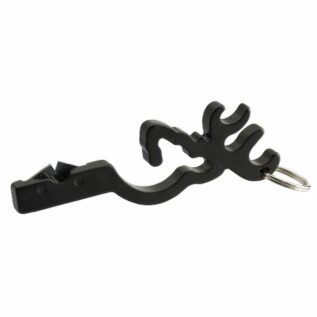 Browning 3220010 Knife Sharpener
Browning 3220010 Knife Sharpener 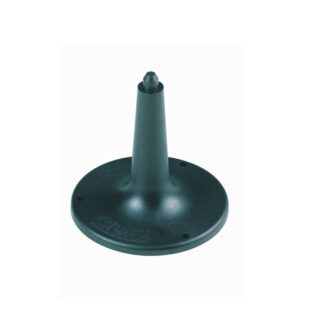 Lansky Pedestal Mount
Lansky Pedestal Mount 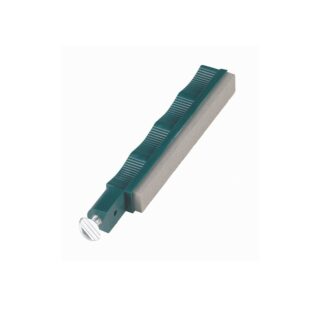 Lansky Medium Hone
Lansky Medium Hone 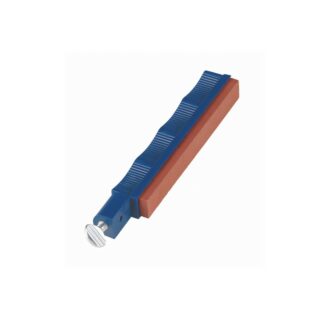 Lansky Fine Hone
Lansky Fine Hone 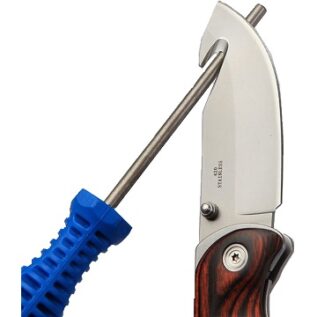 Warthog Knife Sharpener - Gut Hook
Warthog Knife Sharpener - Gut Hook 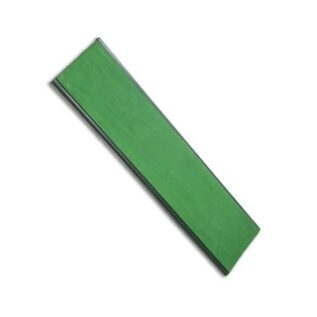 Warthog Knife Strop - Leather (150mm)
Warthog Knife Strop - Leather (150mm) 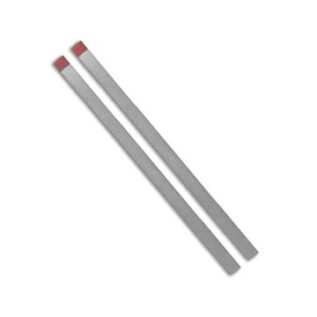 Warthog Knife Sharpener Stone - V-Sharp Extreme Edge (Pair)
Warthog Knife Sharpener Stone - V-Sharp Extreme Edge (Pair) 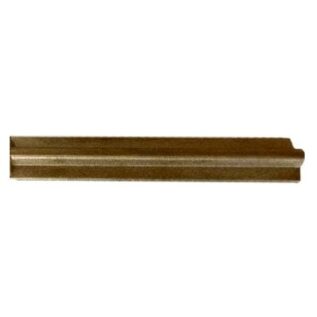 Warthog Knife Sharpener Stone - Serrated
Warthog Knife Sharpener Stone - Serrated 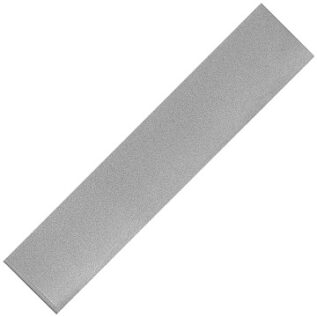 Warthog Knife Sharpener Stone - Multi-Edge - 220mm x 50mm
Warthog Knife Sharpener Stone - Multi-Edge - 220mm x 50mm 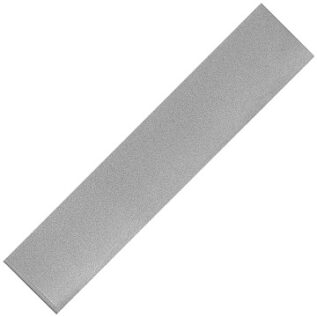 Warthog Knife Sharpener Stone - Multi-Edge - 150mm x 50mm
Warthog Knife Sharpener Stone - Multi-Edge - 150mm x 50mm  Warthog Knife Sharpener - Curve - Pouch
Warthog Knife Sharpener - Curve - Pouch 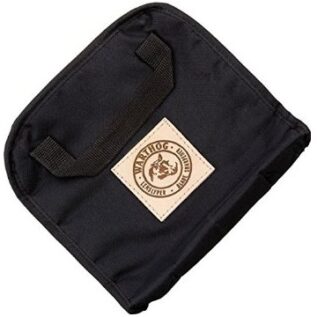 Warthog Knife Sharpener Pouch - Classic
Warthog Knife Sharpener Pouch - Classic 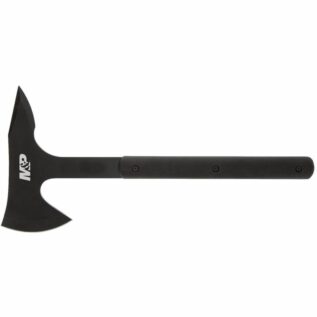 Smith & Wesson M&P Tactical Axe
Smith & Wesson M&P Tactical Axe 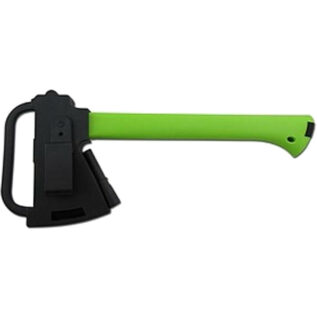 UltraEdge Green 352mm Axe & Saw
UltraEdge Green 352mm Axe & Saw 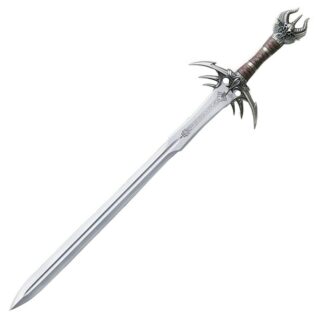 Kit Rae Anathar Sword of the Power
Kit Rae Anathar Sword of the Power 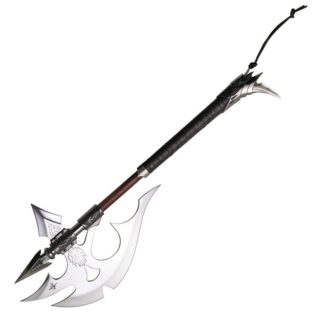 Kit Rae Black Legion War Axe
Kit Rae Black Legion War Axe 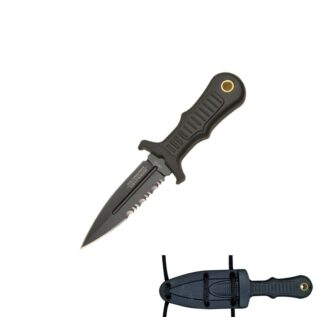 United Cutlery Combat Sub Commander Mini Boot Black Knife
United Cutlery Combat Sub Commander Mini Boot Black Knife 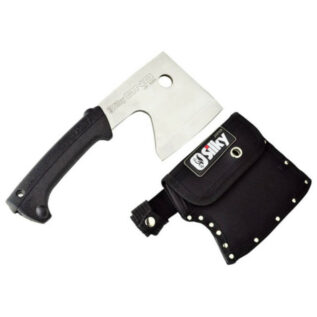 Silky Ono 120mm Axe
Silky Ono 120mm Axe 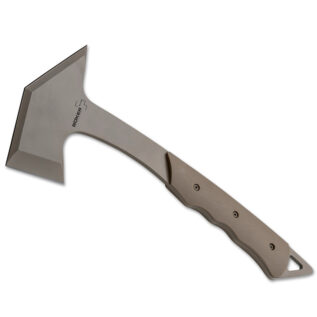 Boker Axe - Carnivore
Boker Axe - Carnivore 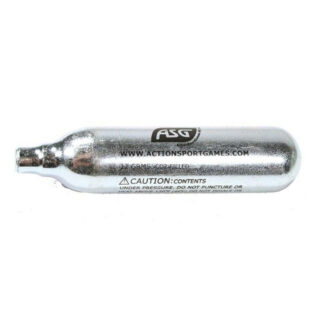 ASG 12g CO2 Cartridge
ASG 12g CO2 Cartridge 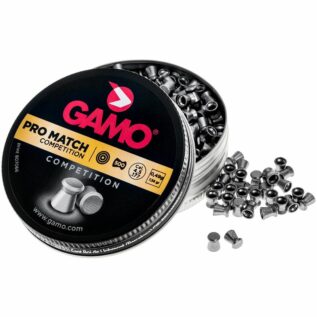 Gamo Pro-Match Pellets - 4.5mm (Pack of 500)
Gamo Pro-Match Pellets - 4.5mm (Pack of 500) 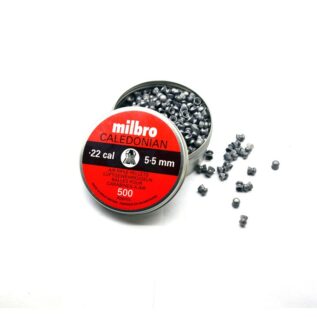 Milbro Caledonian .22 Pellets
Milbro Caledonian .22 Pellets 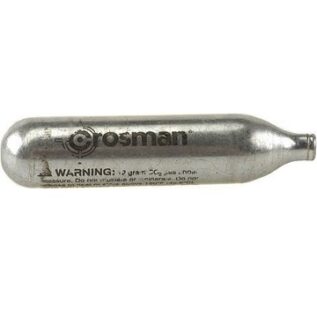 Crosman - CO2 Cylinder - 12g
Crosman - CO2 Cylinder - 12g 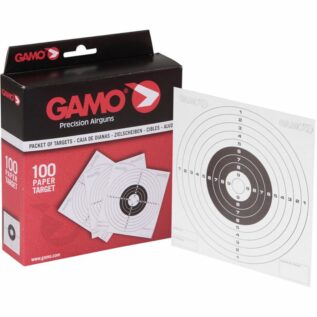 Gamo Standard Paper Targets (Pack of 100)
Gamo Standard Paper Targets (Pack of 100) 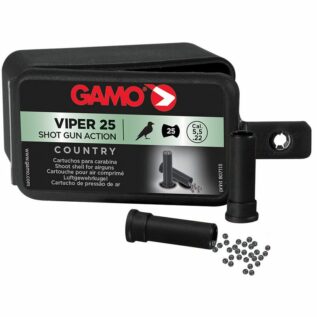 Gamo Viper Express 25 Pellets - 5.5mm
Gamo Viper Express 25 Pellets - 5.5mm 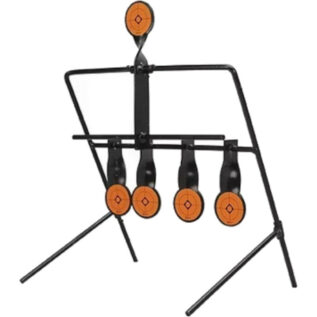 Caldwell Resetting Air Gun Target System
Caldwell Resetting Air Gun Target System 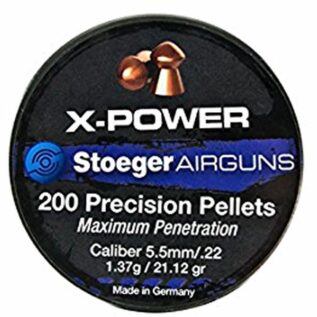 Stoeger X-Power Pellets - 5.5mm/200
Stoeger X-Power Pellets - 5.5mm/200 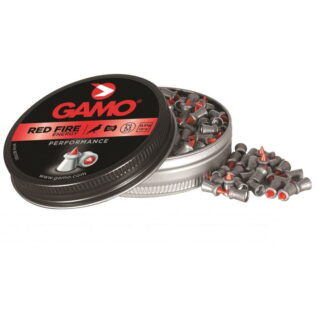 Gamo Redfire Pellets - 4.5mm (Pack of 125)
Gamo Redfire Pellets - 4.5mm (Pack of 125) 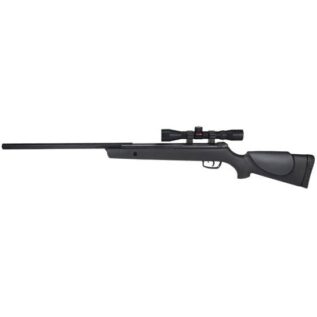 Gamo Big Cat 1250 Air Rifle - 4.5mm (With 4x32 Riflescope)
Gamo Big Cat 1250 Air Rifle - 4.5mm (With 4x32 Riflescope)  Stoeger X-Power Pellets - 4.5mm/500
Stoeger X-Power Pellets - 4.5mm/500 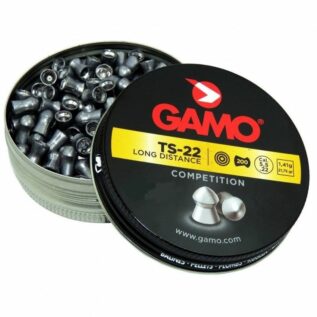 Gamo TS-22 Pellets - 5.5mm (Pack of 200)
Gamo TS-22 Pellets - 5.5mm (Pack of 200)  Gamo Pro-Match Pellets - 4.5mm (Pack of 250)
Gamo Pro-Match Pellets - 4.5mm (Pack of 250) 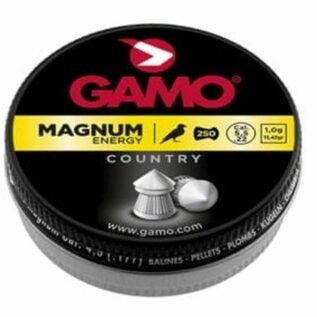 Gamo Magnum Pellets - 5.5mm (Pack of 250)
Gamo Magnum Pellets - 5.5mm (Pack of 250) 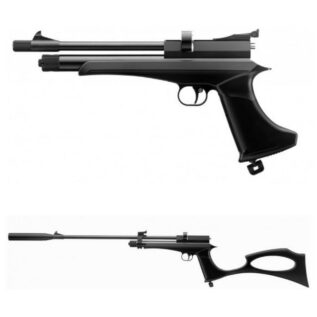 Artemis CP2 4.5mm Air Pistol - Black
Artemis CP2 4.5mm Air Pistol - Black 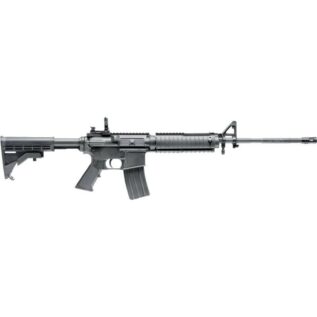 Umarex 4.5mm Colt M4 Air Rifle
Umarex 4.5mm Colt M4 Air Rifle 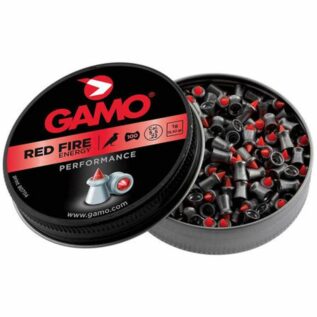 Gamo Red Fire Pellets - 5.5mm (Pack of 100)
Gamo Red Fire Pellets - 5.5mm (Pack of 100)  ASG 1000 4.5mm 13g Plastic BB Pellets
ASG 1000 4.5mm 13g Plastic BB Pellets 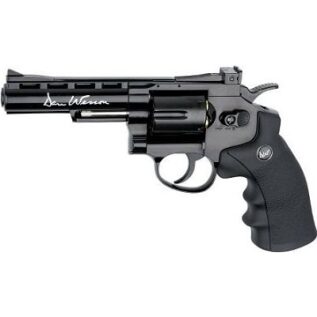 ASG Revolver - Dan Wesson (4")
ASG Revolver - Dan Wesson (4") 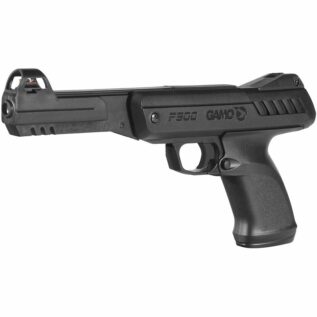 Gamo P-900 Air Pistol - 4.5mm
Gamo P-900 Air Pistol - 4.5mm  Umarex G19 Air Pistol Magazine
Umarex G19 Air Pistol Magazine 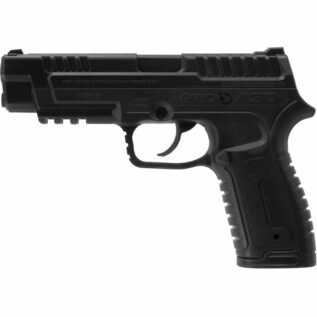 Gamo 4.5mm P430 CO2 Dual Ammo Air Pistol
Gamo 4.5mm P430 CO2 Dual Ammo Air Pistol 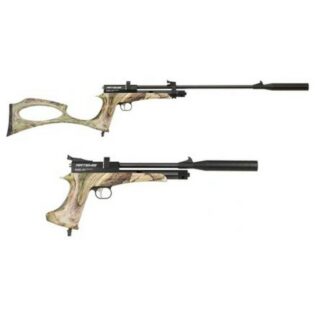 Artemis CP2 5.5mm Air Rifle - Air Pistol - Camo
Artemis CP2 5.5mm Air Rifle - Air Pistol - Camo 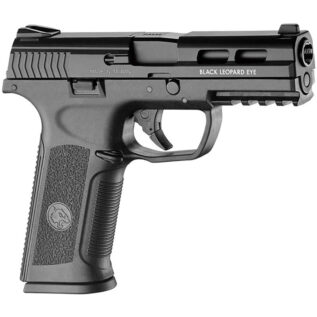 ICS BLE-006-SB XAE 6mm Air Pistol
ICS BLE-006-SB XAE 6mm Air Pistol 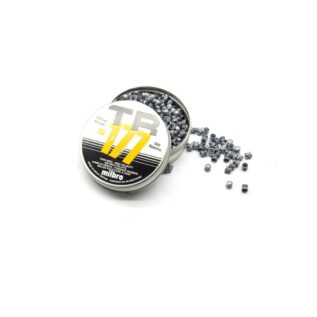 Milbro Twin Ring .177 Pellets
Milbro Twin Ring .177 Pellets 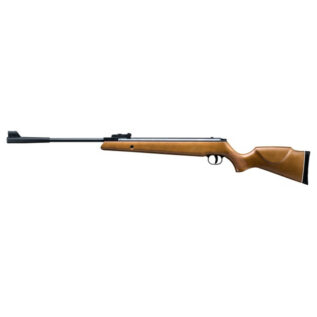 Artemis SR1250 5.5mm Air Rifle IGT
Artemis SR1250 5.5mm Air Rifle IGT 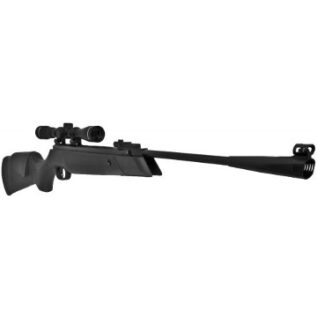 Cometa Airgun - Model 220 Galaxy .177
Cometa Airgun - Model 220 Galaxy .177 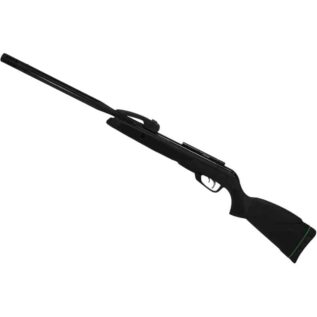 Gamo Swarm Maxxim 4.5mm Air Rifle
Gamo Swarm Maxxim 4.5mm Air Rifle 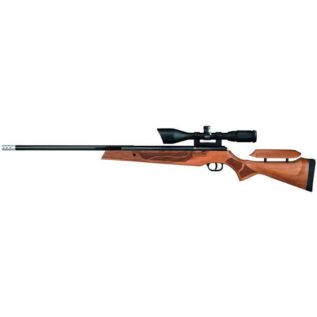 Cometa Fusion 4.5mm Air Rifle With 3-9X40 Mildot Riflescope
Cometa Fusion 4.5mm Air Rifle With 3-9X40 Mildot Riflescope 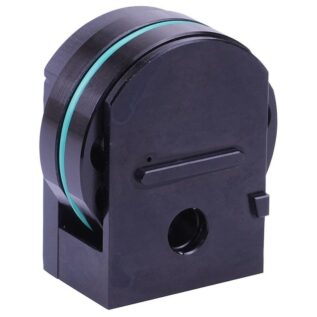 Artemis M11 5.5mm M22 Air Rifle Spare Magazine
Artemis M11 5.5mm M22 Air Rifle Spare Magazine 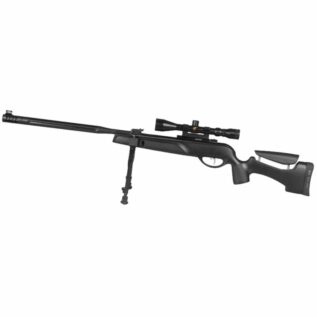 Gamo HPA Mi-Maxxim IGT 4.5mm Air Rifle (With 3-9x40WR Riflescope)
Gamo HPA Mi-Maxxim IGT 4.5mm Air Rifle (With 3-9x40WR Riflescope) 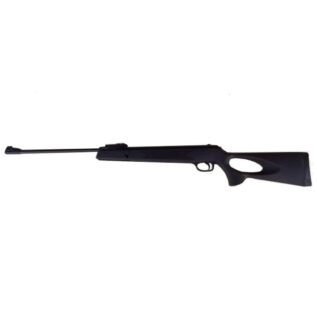 SPA B11P 5.5mm Air Rifle
SPA B11P 5.5mm Air Rifle 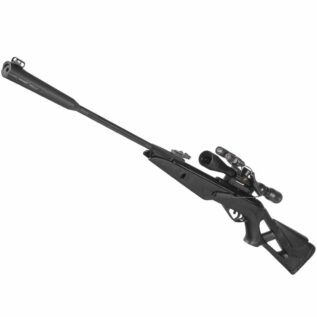 Gamo Whisper-X Vampir 4.5mm Air Rifle (With 3-9X40 WR Riflescope)
Gamo Whisper-X Vampir 4.5mm Air Rifle (With 3-9X40 WR Riflescope) 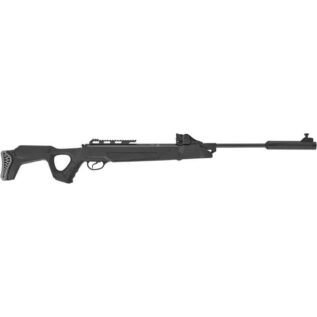 Hatsan Speedfire 1250 5.5mm Air Rifle
Hatsan Speedfire 1250 5.5mm Air Rifle 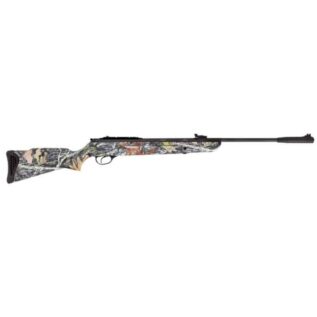 Hatsan MOD 125 5.5mm Camo Air Rifle
Hatsan MOD 125 5.5mm Camo Air Rifle 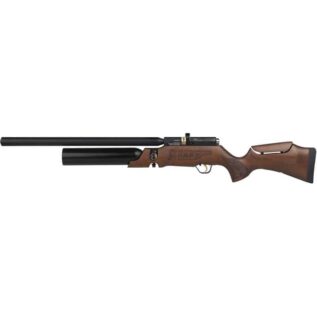 Cometa Lynx V10 4.5mm PCP Air Rifle
Cometa Lynx V10 4.5mm PCP Air Rifle 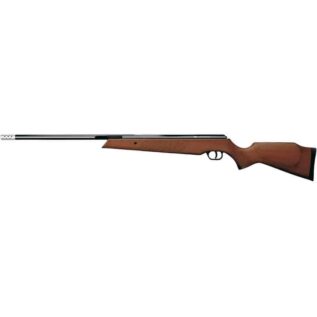 Cometa Fusion 4.5mm Air Rifle
Cometa Fusion 4.5mm Air Rifle 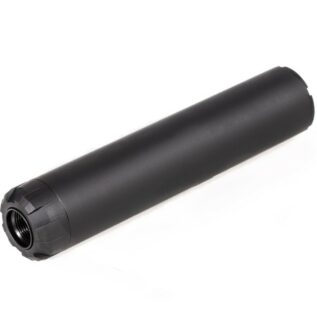 Tango Rimfire Silencers 1/2x28
Tango Rimfire Silencers 1/2x28  Littleton MK65 Shot Maker
Littleton MK65 Shot Maker 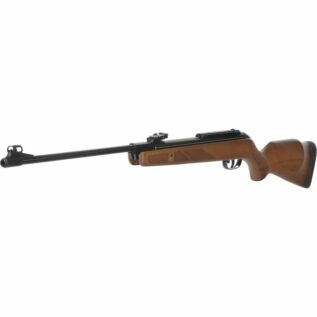 Gamo Hunter 440 Air Rifle - 4.5mm
Gamo Hunter 440 Air Rifle - 4.5mm 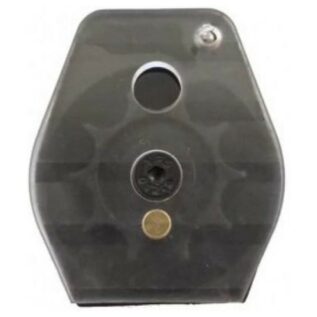 Artemis P15 5.5mm Air Rifle Magazine
Artemis P15 5.5mm Air Rifle Magazine 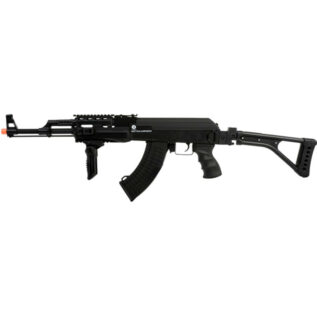 Palco Sports Kalashnikov 60th Anniversary AK-47 Air Rifle
Palco Sports Kalashnikov 60th Anniversary AK-47 Air Rifle 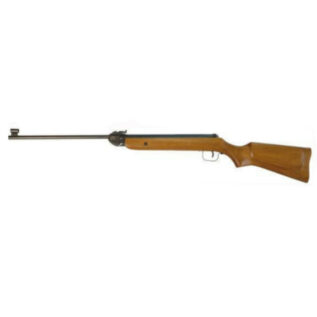 SPA B11 4.5mm Air Rifle
SPA B11 4.5mm Air Rifle 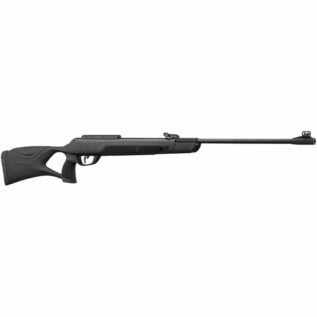 Gamo G-Magnum 1250 4.5mm Air Rifle
Gamo G-Magnum 1250 4.5mm Air Rifle 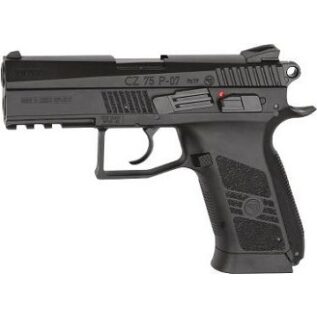 ASG Air Pistol - CZ 75 P-07 Duty
ASG Air Pistol - CZ 75 P-07 Duty 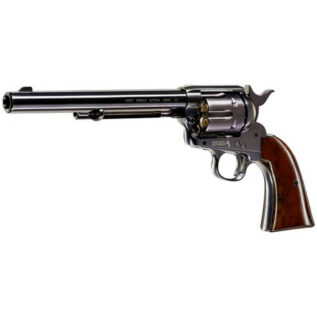 Umarex ASG Colt SAA .45 Replica 4.5mm Air Pistol
Umarex ASG Colt SAA .45 Replica 4.5mm Air Pistol 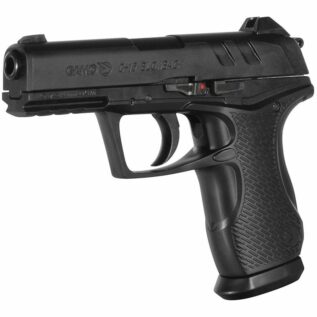 Gamo C-15 Blowback Air Pistol - 4.5mm
Gamo C-15 Blowback Air Pistol - 4.5mm 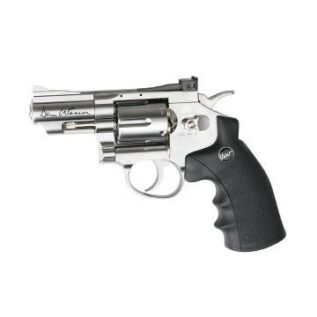 ASG Revolver - Dan Wesson (2.5")
ASG Revolver - Dan Wesson (2.5") 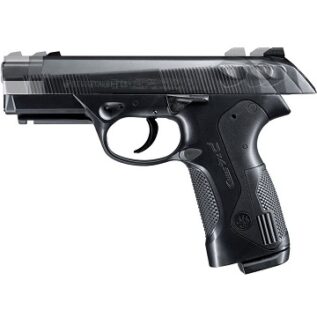 Umarex Air Pistol - Walther PX4 Storm 377fps
Umarex Air Pistol - Walther PX4 Storm 377fps  Umarex Colt Special Combat Classic BB Pistol - 4.5mm
Umarex Colt Special Combat Classic BB Pistol - 4.5mm 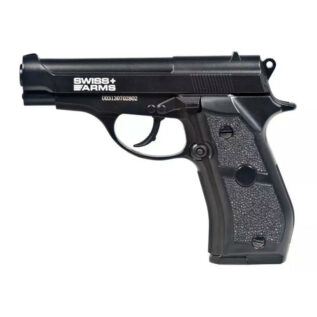 Swiss Arms P84 4.5mm Blowback CO2 Pistol
Swiss Arms P84 4.5mm Blowback CO2 Pistol 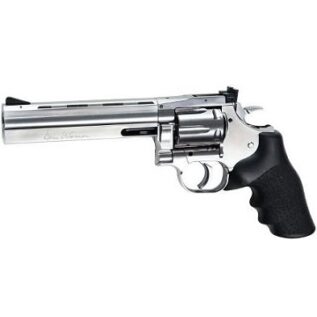 ASG Air Pistol - DW 715 (6")
ASG Air Pistol - DW 715 (6") 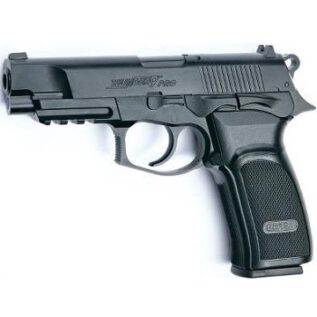 ASG Air Pistol - Bersa Thunder - 9 Pro
ASG Air Pistol - Bersa Thunder - 9 Pro 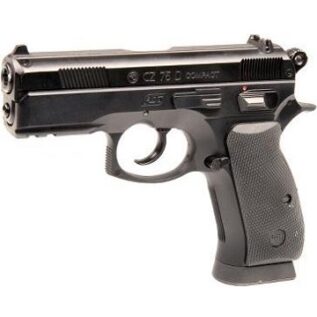 ASG Air Pistol - CZ 75D Compact
ASG Air Pistol - CZ 75D Compact 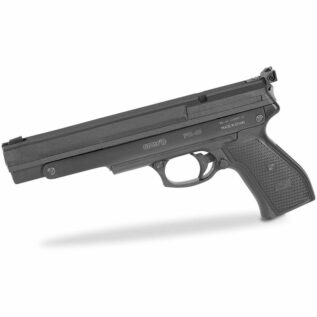 Gamo PR-45 4.5mm Air Pistol
Gamo PR-45 4.5mm Air Pistol  Umarex G17 Air Pistol Magazine
Umarex G17 Air Pistol Magazine 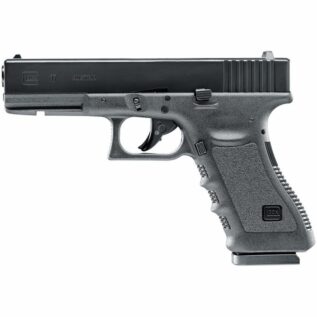 Umarex Glock 17 CO2 BB Air Pistol - 4.5mm
Umarex Glock 17 CO2 BB Air Pistol - 4.5mm 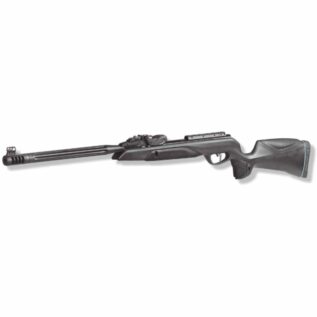 Gamo Speedster 10X Gen 2 IGT Air Rifle - 5.5mm
Gamo Speedster 10X Gen 2 IGT Air Rifle - 5.5mm 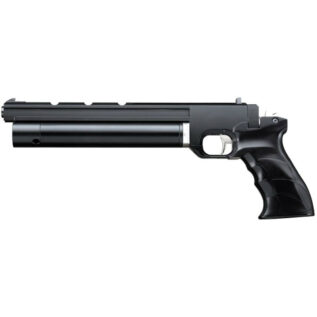 Artemis PP700S-A 5.5mm Air Pistol
Artemis PP700S-A 5.5mm Air Pistol 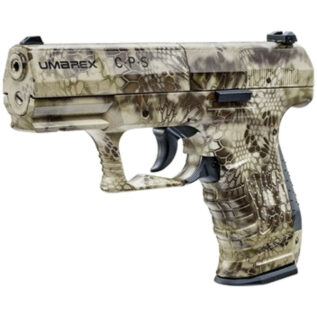 Umarex Walther Camo CP99 Kryptec 4.5mm Air Pistol
Umarex Walther Camo CP99 Kryptec 4.5mm Air Pistol 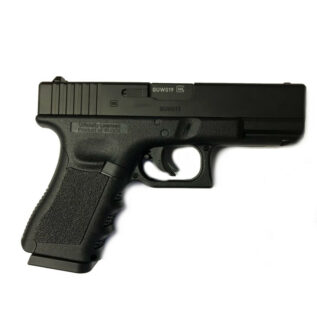 Umarex Glock 19 Replica 4.5mm Air Pistol
Umarex Glock 19 Replica 4.5mm Air Pistol 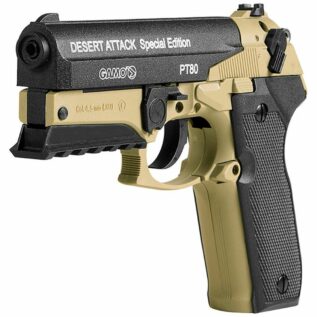 Gamo PT-80 Desert Attack CO2 Air Pistol - 4.5mm
Gamo PT-80 Desert Attack CO2 Air Pistol - 4.5mm 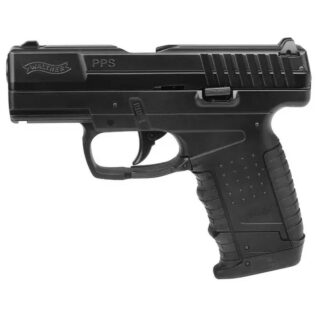 Umarex Air Pistol Walther PPS M2
Umarex Air Pistol Walther PPS M2 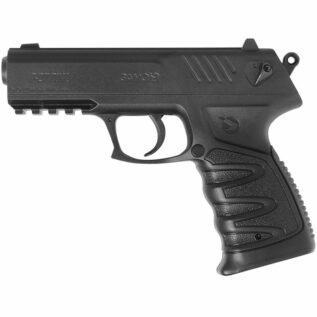 Gamo P-27 CO2 Air Pistol - 4.5mm
Gamo P-27 CO2 Air Pistol - 4.5mm 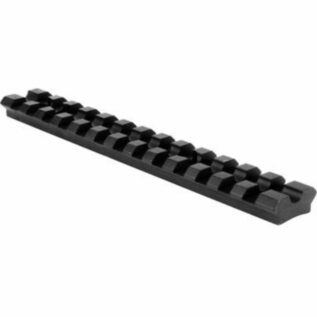 Gamo Riflescope Rail Weaver-Picatinny
Gamo Riflescope Rail Weaver-Picatinny 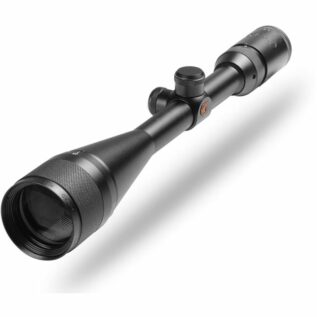 Gamo 6-24x50 MDAO Riflescope
Gamo 6-24x50 MDAO Riflescope 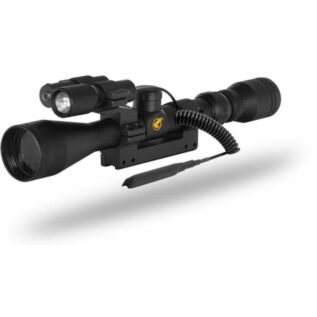 Gamo 3-9x40 Vampir Riflescope (With Rings)
Gamo 3-9x40 Vampir Riflescope (With Rings) 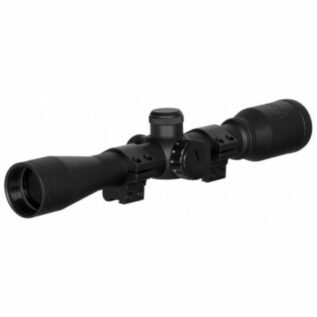 Gamo 4x32 IR Riflescope (With Rings)
Gamo 4x32 IR Riflescope (With Rings) 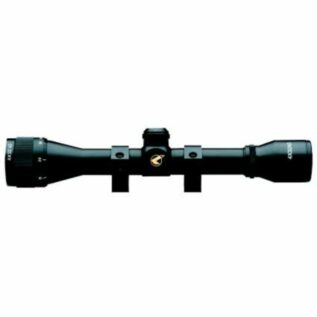 Gamo 4x32 AO Riflescope (With Rings)
Gamo 4x32 AO Riflescope (With Rings) 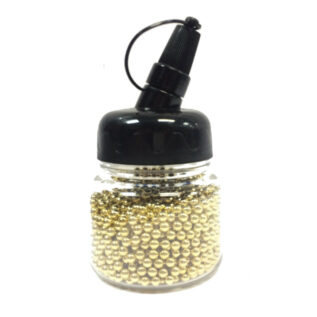 ASG 1500 4.5mm Gold Steel BB Pellets
ASG 1500 4.5mm Gold Steel BB Pellets 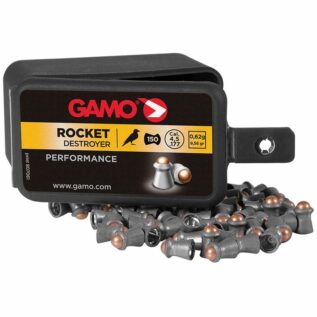 Gamo Rocket Pellets - 4.5mm (Pack of 150)
Gamo Rocket Pellets - 4.5mm (Pack of 150) 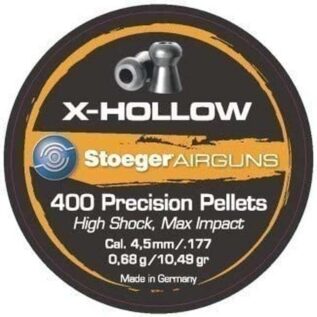 Stoeger X-Hollow Pellets - 4.5mm/400
Stoeger X-Hollow Pellets - 4.5mm/400 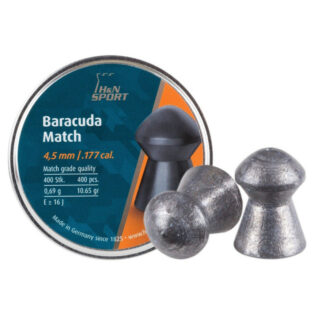 H&N 4.5mm 400 Baracuda Match Pellets
H&N 4.5mm 400 Baracuda Match Pellets 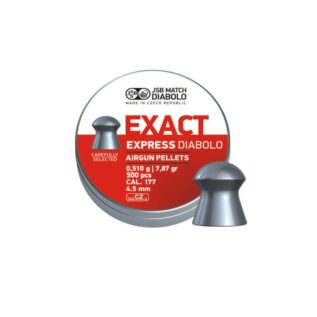 JSB Match Diabolo Express .177 Pellets
JSB Match Diabolo Express .177 Pellets  Milbro Select .22 Pellets
Milbro Select .22 Pellets  Milbro Twin Ring .22 Pellets
Milbro Twin Ring .22 Pellets 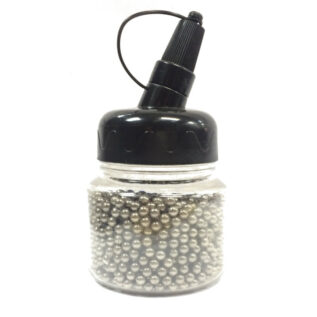 ASG 1500 4.5mm Gun Metal BB Pellets
ASG 1500 4.5mm Gun Metal BB Pellets 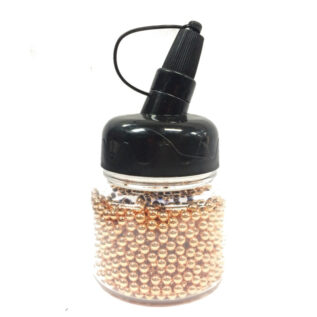 ASG 1500 4.5mm Copper Steel BB Pellets
ASG 1500 4.5mm Copper Steel BB Pellets 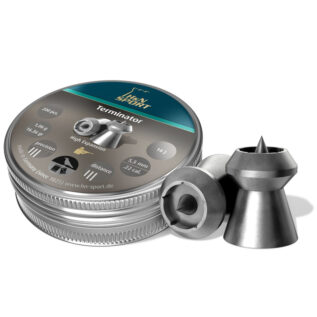 H&N Sports Terminator 4.5mm Pellets
H&N Sports Terminator 4.5mm Pellets 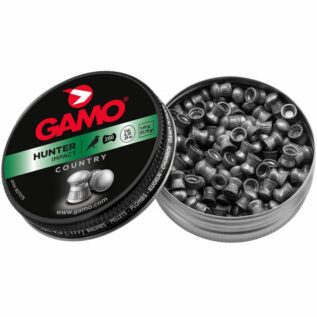 Gamo Hunter Pellets - 6.35mm (Pack of 200)
Gamo Hunter Pellets - 6.35mm (Pack of 200) 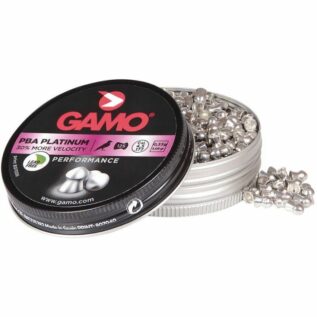 Gamo PBA Platinum Pellets - 5.5mm (Pack of 75)
Gamo PBA Platinum Pellets - 5.5mm (Pack of 75) 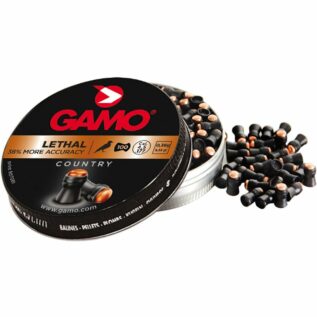 Gamo Lethal Pellets - 4.5mm (Pack of 100)
Gamo Lethal Pellets - 4.5mm (Pack of 100)  Gamo 4.5mm Hollow Point Pellets - (Pack of 500)
Gamo 4.5mm Hollow Point Pellets - (Pack of 500) 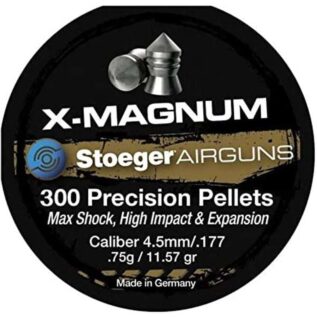 Stoeger X-Magnum Pellets - 5.5mm/200
Stoeger X-Magnum Pellets - 5.5mm/200 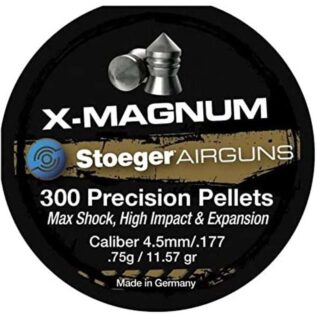 Stoeger X-Magnum Pellets - 4.5mm/300
Stoeger X-Magnum Pellets - 4.5mm/300 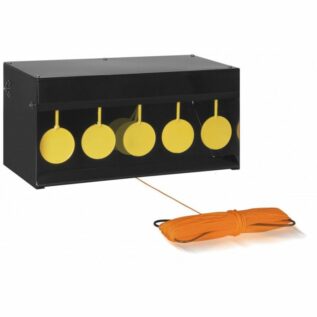 Gamo 5 Circle Pellet Trap
Gamo 5 Circle Pellet Trap  Garipani Springbok Target - 10 Pack
Garipani Springbok Target - 10 Pack 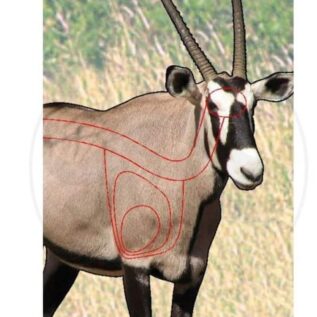 Garipani Gemsbok Target - 10 Pack
Garipani Gemsbok Target - 10 Pack  Garipani Rooibok .22 Target - 10 Pack
Garipani Rooibok .22 Target - 10 Pack  Garipani Chasa .22 Target - 10 Pack
Garipani Chasa .22 Target - 10 Pack  Garipani Blesbok Target - 10 Pack
Garipani Blesbok Target - 10 Pack 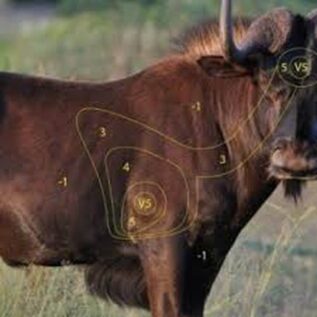 Garipani Blouwildebees Target - 10 Pack
Garipani Blouwildebees Target - 10 Pack 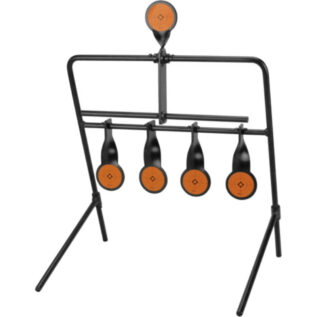 Caldwell Resetting 22 Caliber Rimfire Target System
Caldwell Resetting 22 Caliber Rimfire Target System 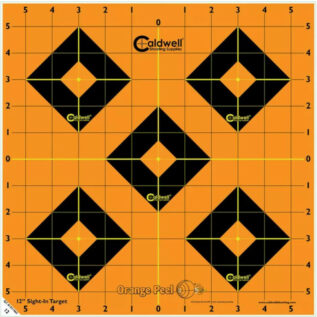 Caldwell Orange Peel 5-Pack 30cm Sight-in Target
Caldwell Orange Peel 5-Pack 30cm Sight-in Target 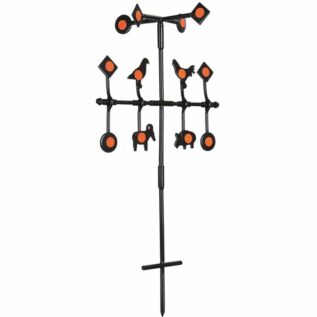 Gamo Spinner Deluxe Target
Gamo Spinner Deluxe Target 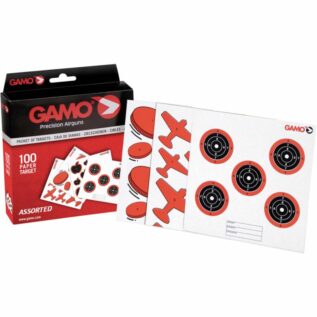 Gamo Assorted Targets (Pack of 100)
Gamo Assorted Targets (Pack of 100) 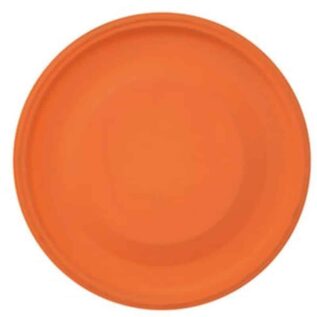 CCI Auto Rabbit Clay Targets - 150 Case
CCI Auto Rabbit Clay Targets - 150 Case 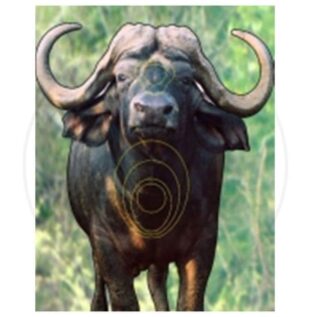 Garipani Buffalo Target - 10 Pack
Garipani Buffalo Target - 10 Pack 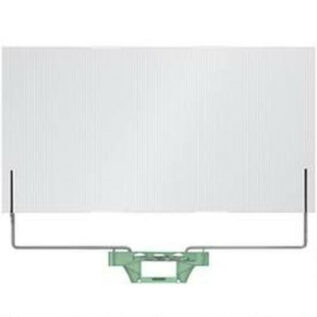 Caldwell 2-Pack Ultimate Target Stand Replacement Backer
Caldwell 2-Pack Ultimate Target Stand Replacement Backer 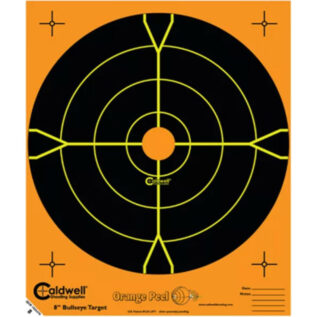 Caldwell Orange Peel 25-Pack 20cm Bullseye Target
Caldwell Orange Peel 25-Pack 20cm Bullseye Target 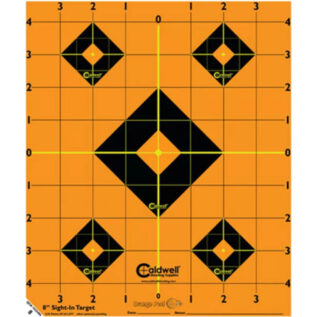 Caldwell Orange Peel 5-Pack 20cm Sight-in Target
Caldwell Orange Peel 5-Pack 20cm Sight-in Target 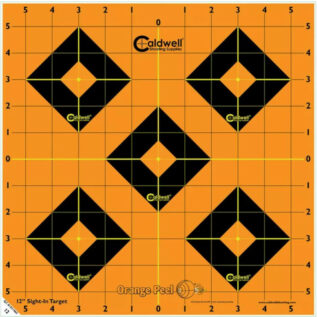 Caldwell Orange Peel 10-Pack 10cm Bullseye Target
Caldwell Orange Peel 10-Pack 10cm Bullseye Target 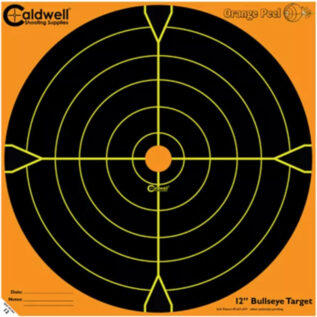 Caldwell Orange Peel 10-Pack 30cm Bullseye Target
Caldwell Orange Peel 10-Pack 30cm Bullseye Target 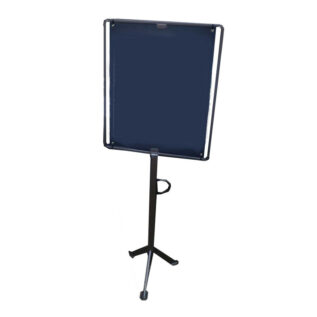 Yale Target Stand
Yale Target Stand 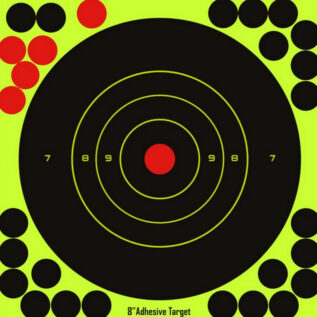 Ampro 8" Round 20 Reactive Splatter Target - 50 Pack
Ampro 8" Round 20 Reactive Splatter Target - 50 Pack 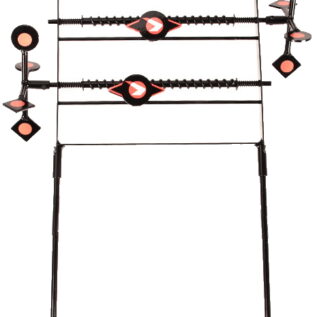 Gamo Corkscrew Competition Target
Gamo Corkscrew Competition Target 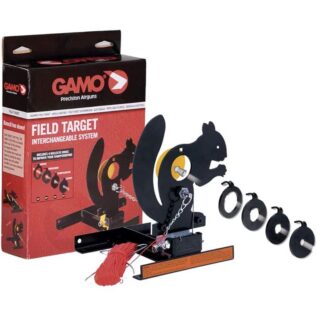 Gamo Squirrel Field Target Trap
Gamo Squirrel Field Target Trap 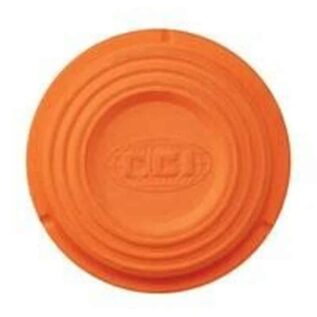 CCI Supermini Clay Targets - 250 Case
CCI Supermini Clay Targets - 250 Case 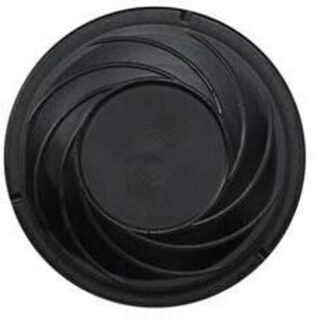 CCI Midi Clay Targets - 150 Case
CCI Midi Clay Targets - 150 Case 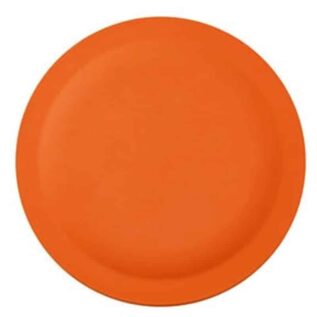 CCI Battue Clay Targets - 180 Case
CCI Battue Clay Targets - 180 Case 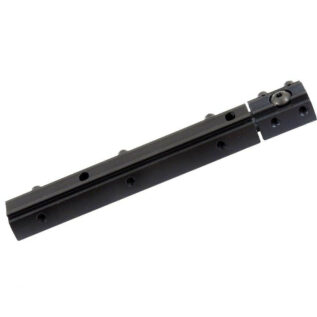 Gamo Recoil Reduction Rail
Gamo Recoil Reduction Rail 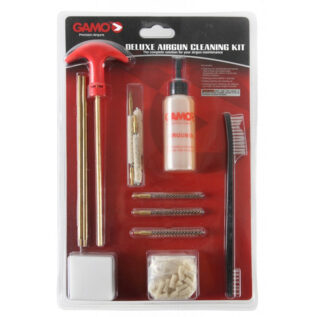 Gamo Gun Cleaning Kit
Gamo Gun Cleaning Kit 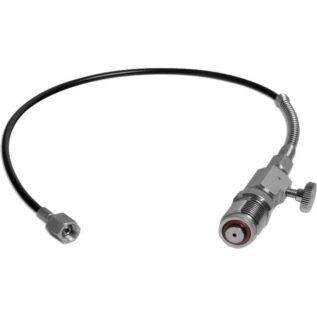 Gamo Scuba Charging Kit
Gamo Scuba Charging Kit 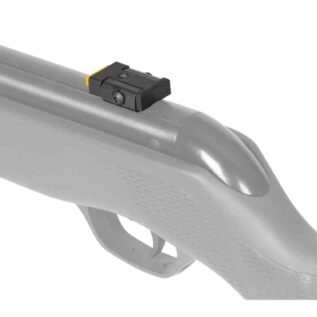 Shock Absorbing Scope Block
Shock Absorbing Scope Block 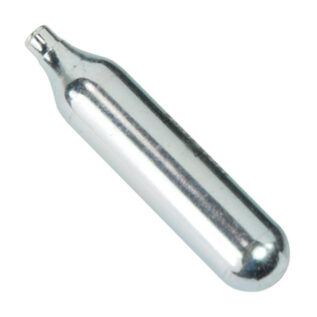 Yale 100 Pack 12g CO2 Cartridges
Yale 100 Pack 12g CO2 Cartridges 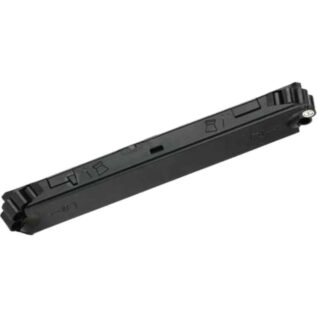 Gamo P-25 + PT-85 Blowback Magazine
Gamo P-25 + PT-85 Blowback Magazine 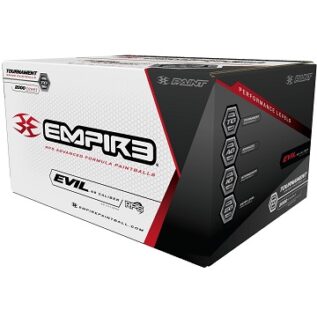 Empire - Evil Paintballs
Empire - Evil Paintballs 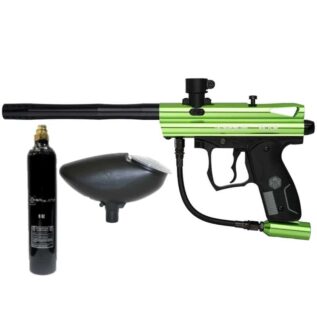 Spyder Victor Paintball Marker Combo - Green
Spyder Victor Paintball Marker Combo - Green 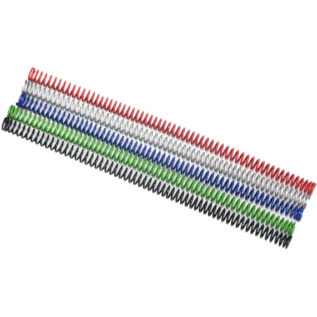 Tippmann Custom Replacement Springs 4 Pack
Tippmann Custom Replacement Springs 4 Pack 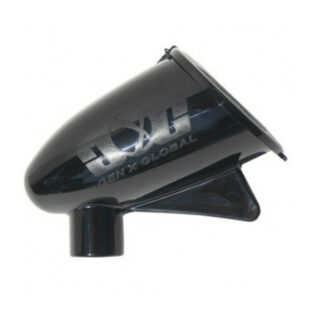 Gen-X Global 50 Round Hopper
Gen-X Global 50 Round Hopper 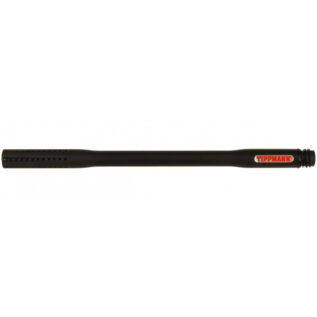 Tippmann Paintball Barrel - Sniper 16"
Tippmann Paintball Barrel - Sniper 16" 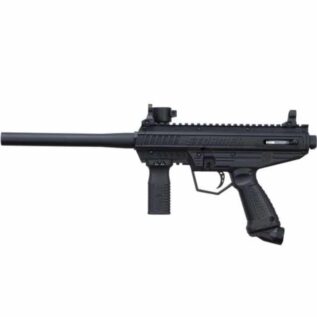 Tippmann Stormer Basic Marker .68 Cal
Tippmann Stormer Basic Marker .68 Cal 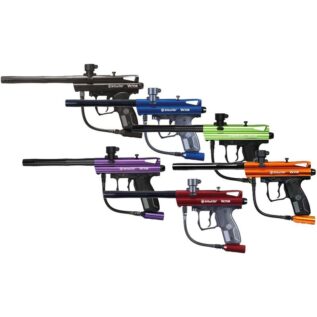 Spyder Victor Paintball Markers - Various Colour 7 Pack
Spyder Victor Paintball Markers - Various Colour 7 Pack 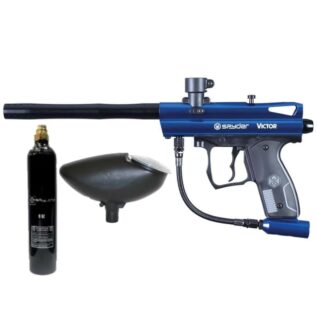 Spyder Victor Paintball Marker Combo - Blue
Spyder Victor Paintball Marker Combo - Blue 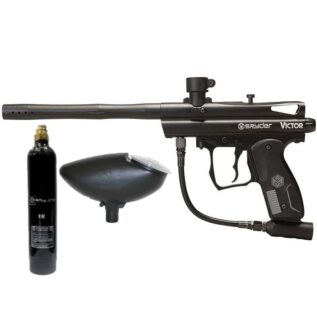 Spyder Victor Paintball Marker Combo - Black
Spyder Victor Paintball Marker Combo - Black  Spyder Victor Paintball Marker Combo - White
Spyder Victor Paintball Marker Combo - White 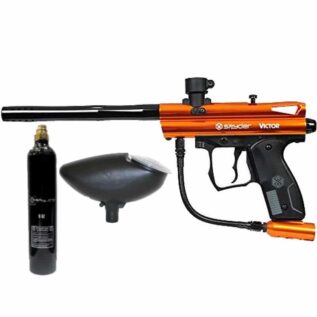 Spyder Victor Paintball Marker Combo - Orange
Spyder Victor Paintball Marker Combo - Orange 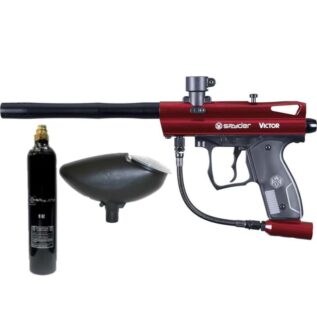 Spyder Victor Paintball Marker Combo - Red
Spyder Victor Paintball Marker Combo - Red 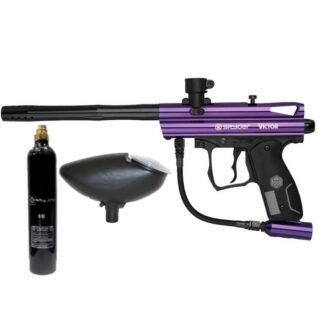 Spyder Victor Paintball Marker Combo - Purple
Spyder Victor Paintball Marker Combo - Purple 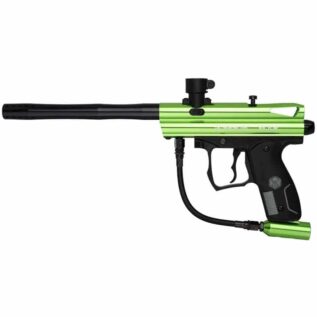 Spyder Victor Paintball Marker - Green
Spyder Victor Paintball Marker - Green 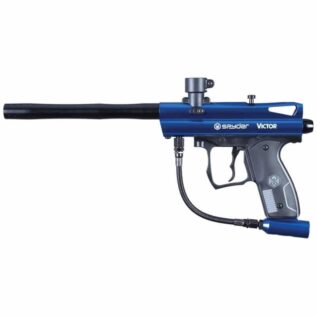 Spyder Victor Paintball Marker - Blue
Spyder Victor Paintball Marker - Blue 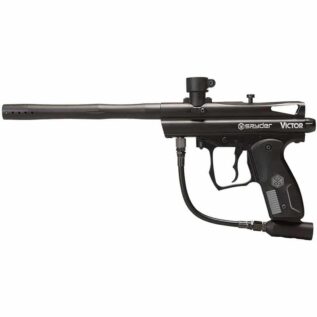 Spyder Victor Paintball Marker - Black
Spyder Victor Paintball Marker - Black  Spyder Victor Paintball Marker - White
Spyder Victor Paintball Marker - White 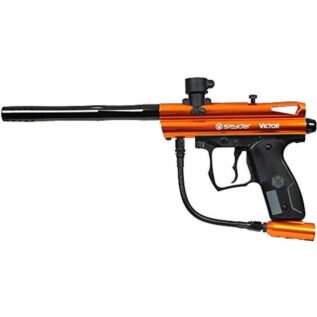 Spyder Victor Paintball Marker - Orange
Spyder Victor Paintball Marker - Orange 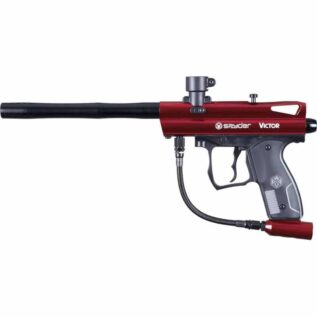 Spyder Victor Paintball Marker - Red
Spyder Victor Paintball Marker - Red 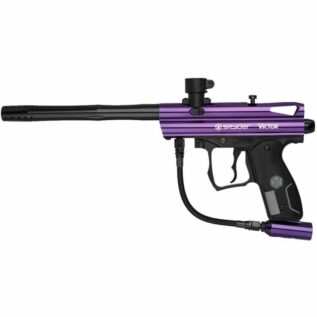 Spyder Victor Paintball Marker - Purple
Spyder Victor Paintball Marker - Purple 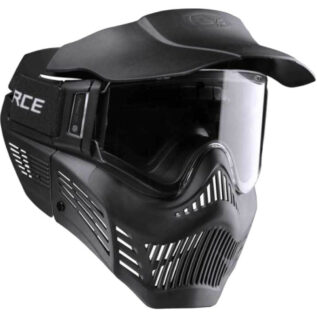 VForce Armor Field Vision Gen3 Paintball Mask
VForce Armor Field Vision Gen3 Paintball Mask 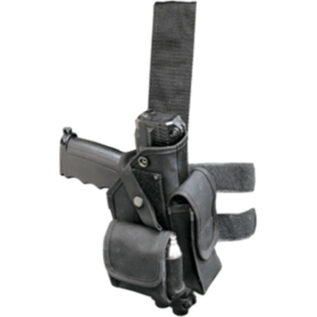 TipX paintball Pistol Leg Holster
TipX paintball Pistol Leg Holster 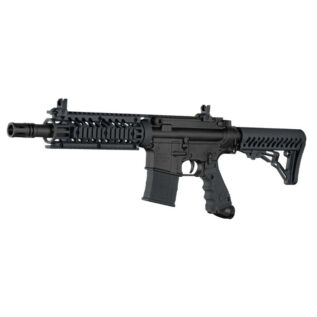 Tippmann TMC Magfed and Hopper Fed Paintball Marker
Tippmann TMC Magfed and Hopper Fed Paintball Marker 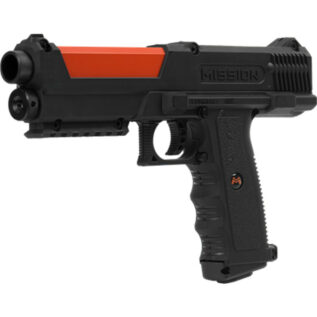 Mission TPR Semi-Auto Pepper Pistol
Mission TPR Semi-Auto Pepper Pistol 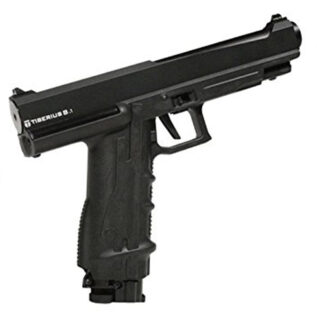 Tiberius Paintball Marker - Tac 8.1
Tiberius Paintball Marker - Tac 8.1 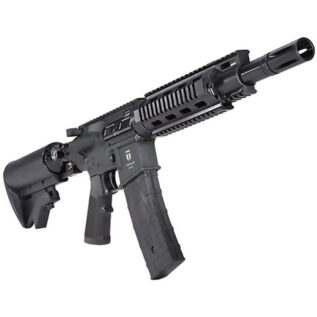 Tiberius Paintball Marker - T15
Tiberius Paintball Marker - T15 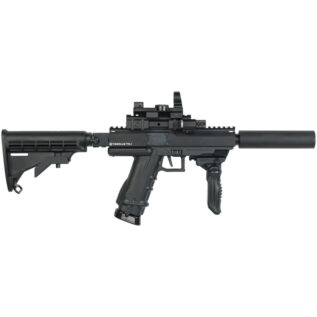 Tiberius Paintball Marker - 9.1 CQB
Tiberius Paintball Marker - 9.1 CQB 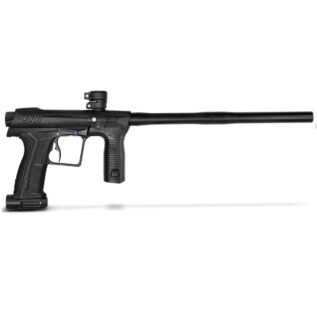 Planet Eclipse Paintball Marker - Etha 2 Black
Planet Eclipse Paintball Marker - Etha 2 Black 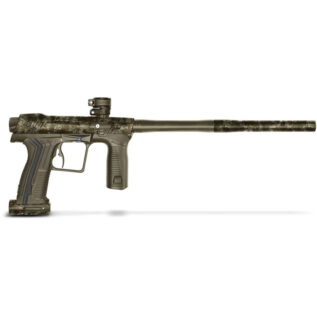 Planet Eclipse Paintball Marker - Etha 2 HDE Earth
Planet Eclipse Paintball Marker - Etha 2 HDE Earth 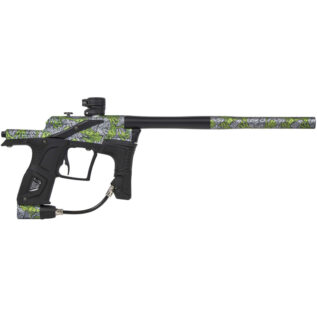 Planet Eclipse Paintball Marker - Etek 5 Stretch Poison
Planet Eclipse Paintball Marker - Etek 5 Stretch Poison 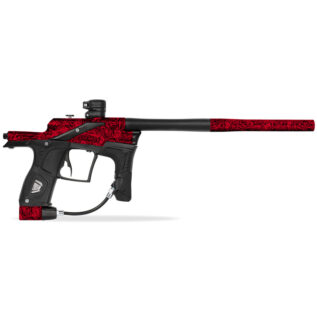 Planet Eclipse Paintball Marker - Etek 5 Stretch Fire
Planet Eclipse Paintball Marker - Etek 5 Stretch Fire 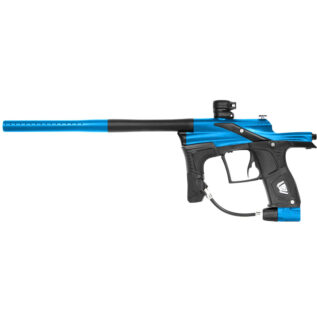 Planet Eclipse Paintball Marker - Etek 5
Planet Eclipse Paintball Marker - Etek 5 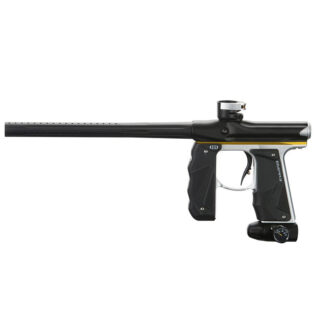 Empire Paintball Marker - GS Mini Dust Grey and Orange
Empire Paintball Marker - GS Mini Dust Grey and Orange 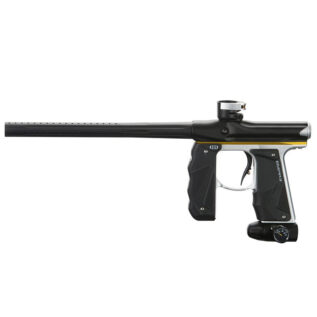 Empire Paintball Marker - GS Mini Dust Silver and Yellow
Empire Paintball Marker - GS Mini Dust Silver and Yellow 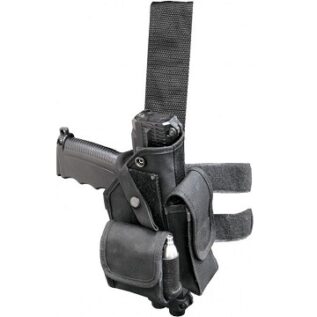 Tippmann TiPX Paintball Pistol Holster
Tippmann TiPX Paintball Pistol Holster 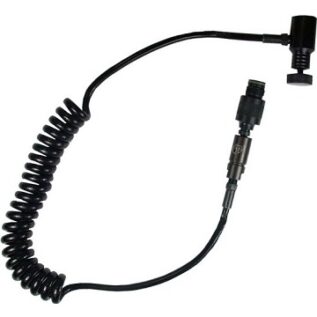 Tippmann Paintball Ammo - Connex Remote Line
Tippmann Paintball Ammo - Connex Remote Line 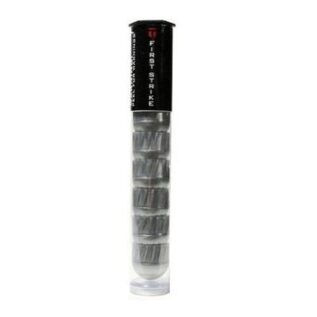 Tiberius Paintball Rounds - First Strike (8)
Tiberius Paintball Rounds - First Strike (8)  Tiberius Paintball Rounds - First Strike (40CT)
Tiberius Paintball Rounds - First Strike (40CT)  Tiberius Paintball Rounds - First Strike (100CT)
Tiberius Paintball Rounds - First Strike (100CT)  Ballistic Paintball Solid Balls - Self Defense
Ballistic Paintball Solid Balls - Self Defense 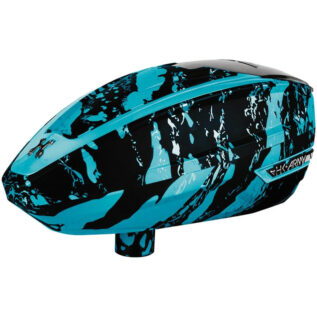 HK Army Fracture Arctic TFX Paintball Hopper Loader
HK Army Fracture Arctic TFX Paintball Hopper Loader 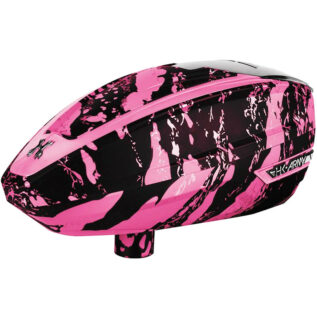 HK Army Fracture Vivid TFX Paintball Hopper Loader
HK Army Fracture Vivid TFX Paintball Hopper Loader 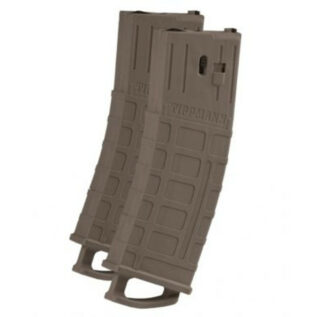 Tippmann Tan TMC Paintball Gun Magazines - 2 Pack
Tippmann Tan TMC Paintball Gun Magazines - 2 Pack  Gen-X Global 200 Round Hopper
Gen-X Global 200 Round Hopper 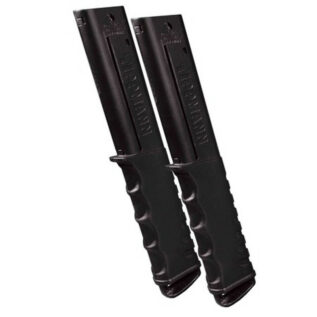 Tippmann Trufeed 12 Ball Extended Magazines
Tippmann Trufeed 12 Ball Extended Magazines 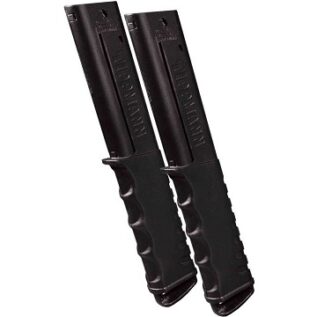 Tippmann TiPX Paintball Pistol Extended Magazines (2 Pack)
Tippmann TiPX Paintball Pistol Extended Magazines (2 Pack) 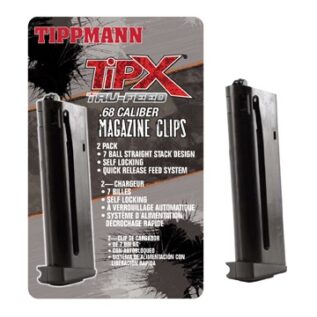 Tippmann TiPX Paintball Pistol Spare Magazines (2 Pack)
Tippmann TiPX Paintball Pistol Spare Magazines (2 Pack) 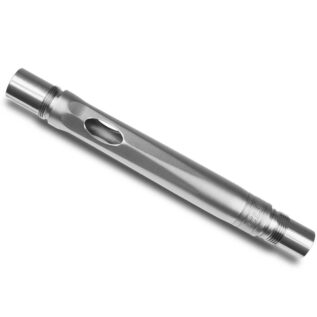 Planet Eclipse Paintball Barrel - FR Back Piece Silver
Planet Eclipse Paintball Barrel - FR Back Piece Silver 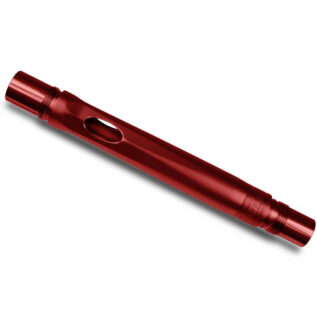 Planet Eclipse Paintball Barrel - FR Back Piece Red
Planet Eclipse Paintball Barrel - FR Back Piece Red 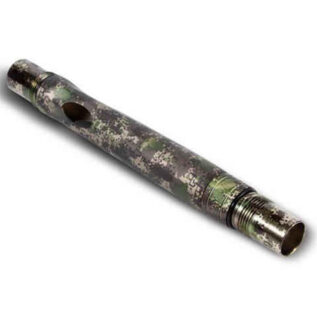 Planet Eclipse Paintball Barrel - FR Back Piece Earth
Planet Eclipse Paintball Barrel - FR Back Piece Earth 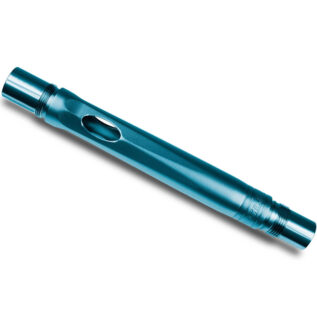 Planet Eclipse Paintball Barrel - FR Back Piece Blue
Planet Eclipse Paintball Barrel - FR Back Piece Blue 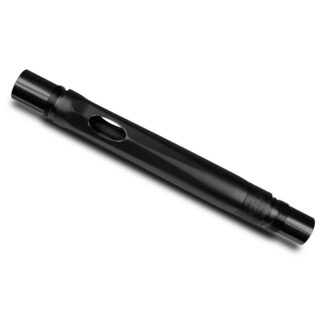 Planet Eclipse Paintball Barrel - FR Back Piece Black
Planet Eclipse Paintball Barrel - FR Back Piece Black 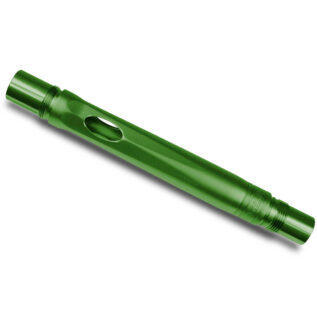 Planet Eclipse Paintball Barrel - FR Back Piece Green
Planet Eclipse Paintball Barrel - FR Back Piece Green 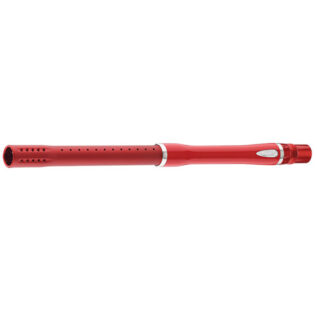 DYE Paintball Barrel - Glass Fiber Boomstick Red
DYE Paintball Barrel - Glass Fiber Boomstick Red 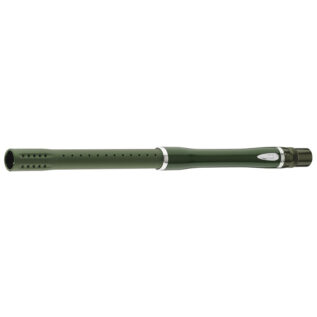 DYE Paintball Barrel - Glass Fiber Boomstick Olive
DYE Paintball Barrel - Glass Fiber Boomstick Olive 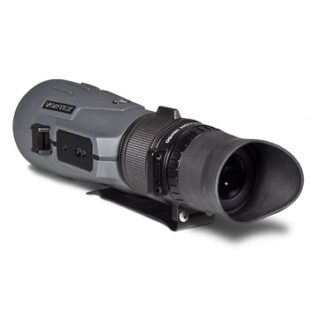 Vortex Recon - Tactical Scope 15x50
Vortex Recon - Tactical Scope 15x50 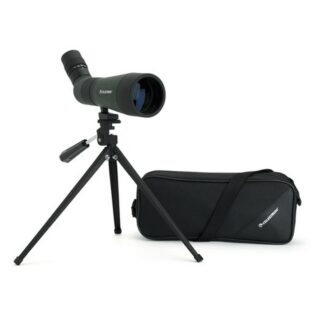 Celestron LandScout 60 Spotting Scope
Celestron LandScout 60 Spotting Scope 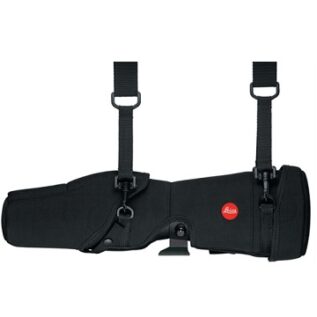 Leica Spotting Scope - Straight Scope Case 65
Leica Spotting Scope - Straight Scope Case 65 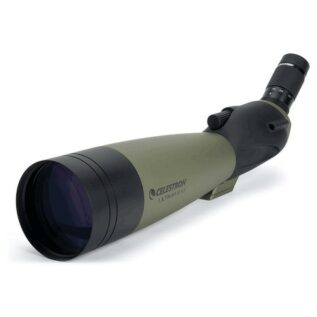 Celestron Ultima 100 Spotting Scope
Celestron Ultima 100 Spotting Scope 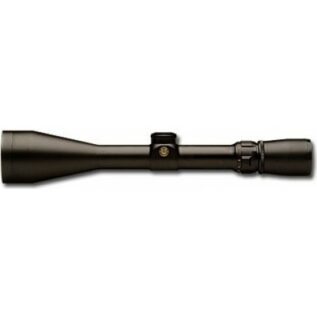 Lynx Riflescope - LX2 3.5-10x50mm - SA Hunters
Lynx Riflescope - LX2 3.5-10x50mm - SA Hunters 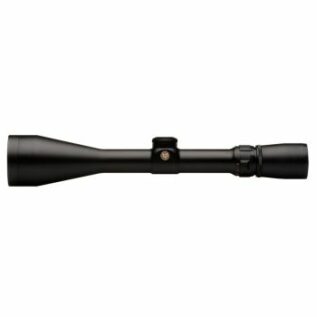 Lynx Riflescope - LX 3-9x38D - Professional Series
Lynx Riflescope - LX 3-9x38D - Professional Series 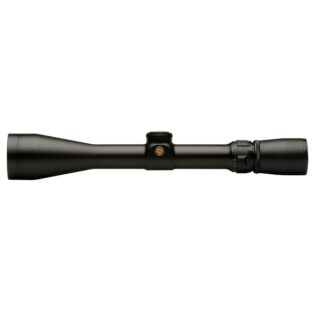 Lynx Riflescope - LX2 3-9x40 - Plex
Lynx Riflescope - LX2 3-9x40 - Plex 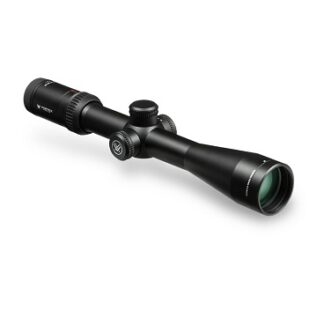 Vortex Riflescope - Viper HS 4-16x44 BDC-2
Vortex Riflescope - Viper HS 4-16x44 BDC-2 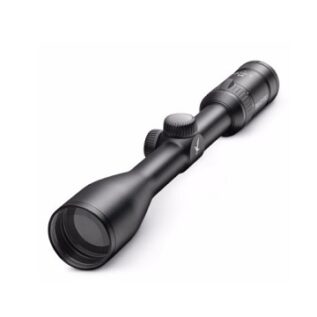 Swarovski Riflescope - Z3 3-10x42 4A
Swarovski Riflescope - Z3 3-10x42 4A 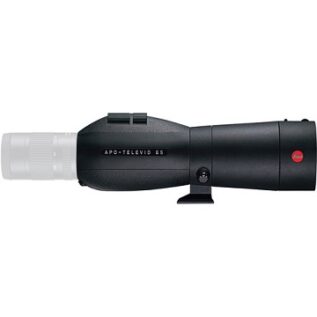 Leica Spotting Scope - Televid 65mm Straight
Leica Spotting Scope - Televid 65mm Straight 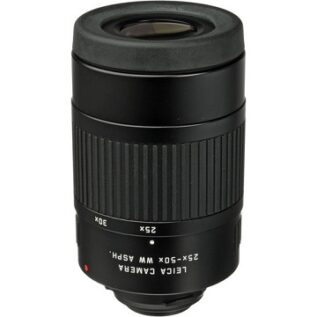 Leica Spotting Scope - Televid 25-50x Eyepiece
Leica Spotting Scope - Televid 25-50x Eyepiece 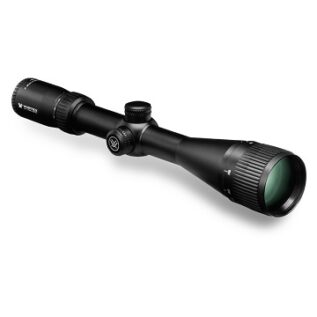 Vortex Rifle Scope - Crossfire II 4-16x50 AO Dead-Hold BDC (MOA)
Vortex Rifle Scope - Crossfire II 4-16x50 AO Dead-Hold BDC (MOA) 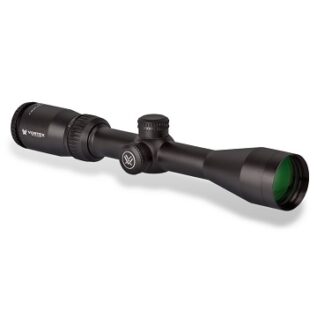 Vortex Rifle Scope - Crossfire II 3-9x40 V-Brite
Vortex Rifle Scope - Crossfire II 3-9x40 V-Brite 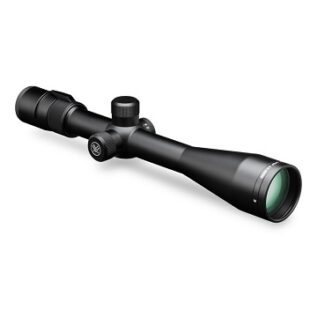 Vortex Rifle Scope - Viper PA 6.5-20x50 Mil Dot
Vortex Rifle Scope - Viper PA 6.5-20x50 Mil Dot 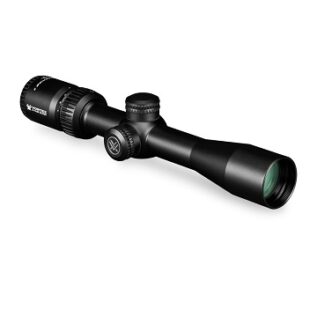 Vortex Rifle Scope - Crossfire II 2-7x32 Scout V-Plex
Vortex Rifle Scope - Crossfire II 2-7x32 Scout V-Plex 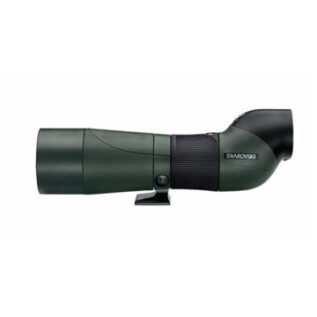 Swarovski Spotting Scope - STS 65
Swarovski Spotting Scope - STS 65 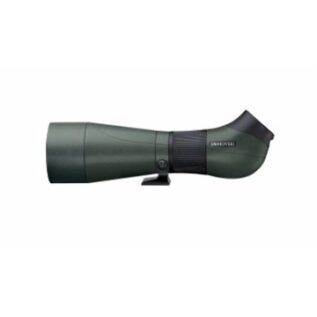 Swarovski Spotting Scope - ATS 80
Swarovski Spotting Scope - ATS 80 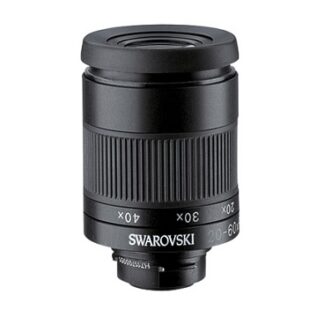 Swarovski Spotting Scope - Eyepiece 20-60x
Swarovski Spotting Scope - Eyepiece 20-60x 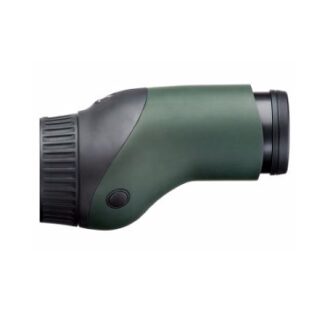 Swarovski Spotting Scope - STX Eyepiece Module
Swarovski Spotting Scope - STX Eyepiece Module 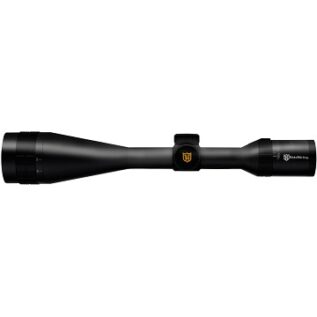 Nikko Stirling Scope - Panamax - 6-18x50mm - HMD
Nikko Stirling Scope - Panamax - 6-18x50mm - HMD 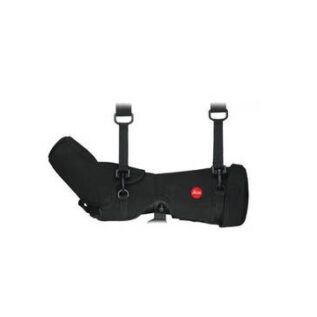 Leica Spotting Scope - Angled Scope Case 82
Leica Spotting Scope - Angled Scope Case 82 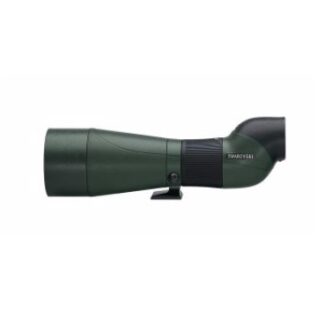 Swarovski Spotting Scope - STS 80
Swarovski Spotting Scope - STS 80 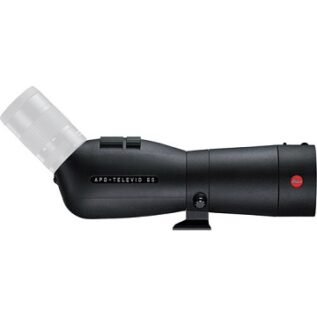 Leica Spotting Scope - Televid 65mm Angled
Leica Spotting Scope - Televid 65mm Angled 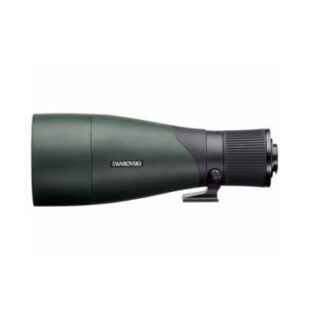 Swarovski Spotting Scope - 95mm Objective Module 30-70x
Swarovski Spotting Scope - 95mm Objective Module 30-70x 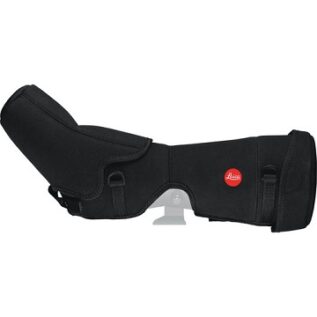 Leica Spotting Scope - Angled Scope Case 65
Leica Spotting Scope - Angled Scope Case 65 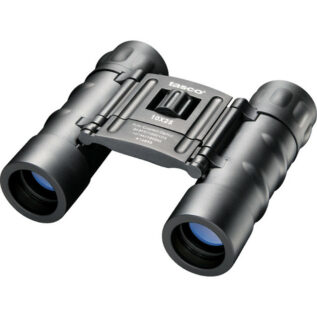 Tasco Essentials 10x25mm Black Binocular
Tasco Essentials 10x25mm Black Binocular 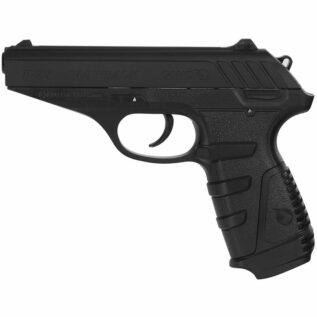 Gamo P-25 Blowback Air Pistol - 4.5mm
Gamo P-25 Blowback Air Pistol - 4.5mm 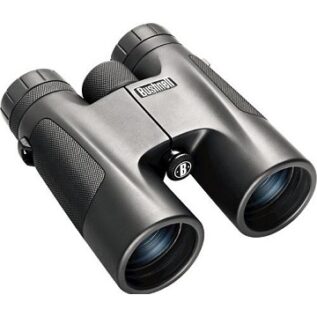 Bushnell Binocular - PowerView (10mm x 42mm)
Bushnell Binocular - PowerView (10mm x 42mm) 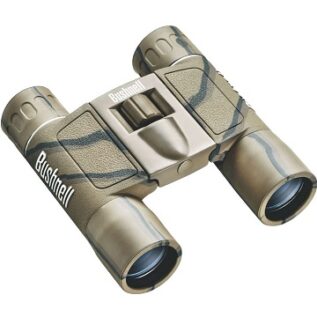 Bushnell Binocular - PowerView (10mm x 25mm)
Bushnell Binocular - PowerView (10mm x 25mm) 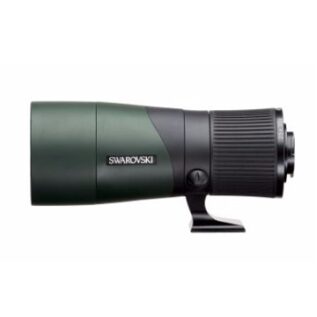 Swarovski Spotting Scope - 65mm Objective Module 25-60x
Swarovski Spotting Scope - 65mm Objective Module 25-60x 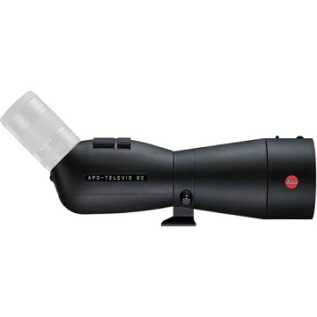 Leica Spotting Scope - Televid 82mm Angled
Leica Spotting Scope - Televid 82mm Angled 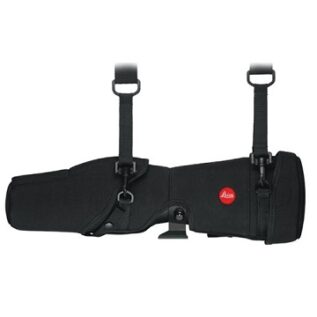 Leica Spotting Scope - Straight Scope Case 82
Leica Spotting Scope - Straight Scope Case 82 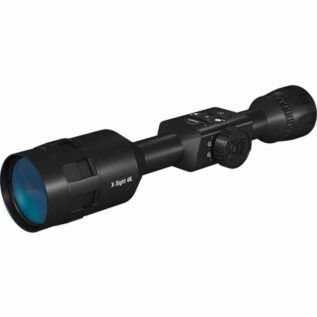 ATN 3-14x X-Sight 4K HD Pro Digital Night Vision Riflescope
ATN 3-14x X-Sight 4K HD Pro Digital Night Vision Riflescope 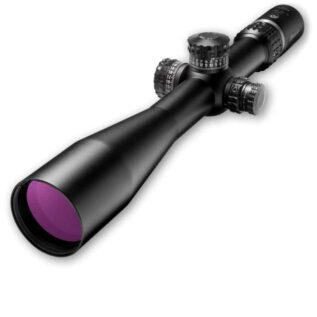 Burris XTR II 5-25x50mm Riflescope - Illuminated SCR MOA
Burris XTR II 5-25x50mm Riflescope - Illuminated SCR MOA 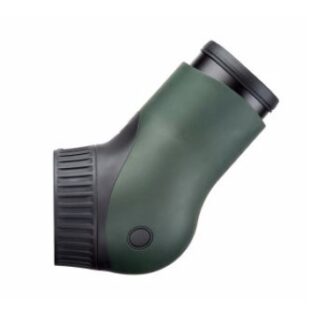 Swarovski Spotting Scope - ATX Eyepiece Module
Swarovski Spotting Scope - ATX Eyepiece Module 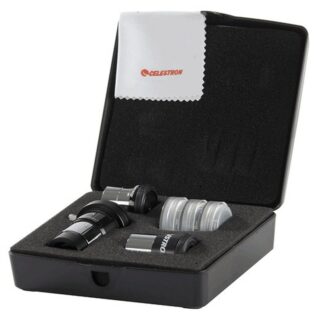 Celestron AstroMaster Accessory Kit (1.25″)
Celestron AstroMaster Accessory Kit (1.25″) 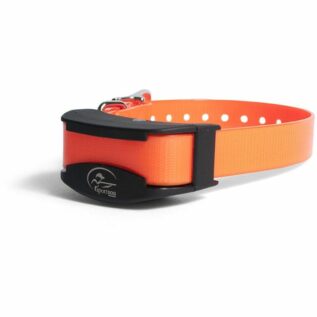 SportDOG SportTrainer 450 m / 700 m Add-A-Dog Collar
SportDOG SportTrainer 450 m / 700 m Add-A-Dog Collar 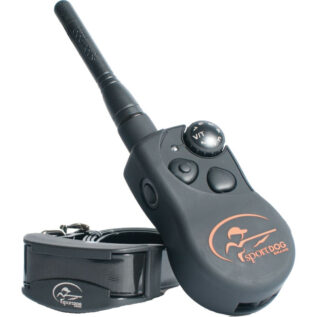 SportDOG SportTrainer 700m Remote Dog Trainer
SportDOG SportTrainer 700m Remote Dog Trainer 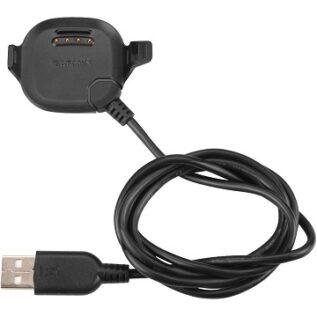 Garmin Forerunner 15 - Charging/Data Clip
Garmin Forerunner 15 - Charging/Data Clip 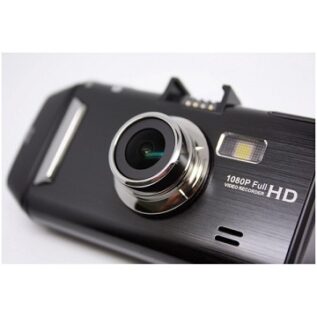 Eagleye Dash Cam v2 - Full HD with GPS
Eagleye Dash Cam v2 - Full HD with GPS 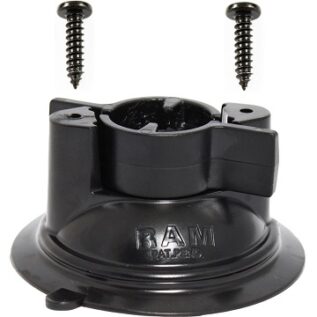 RAM 8cm Diameter Suction Cup Base with Twist Lock
RAM 8cm Diameter Suction Cup Base with Twist Lock 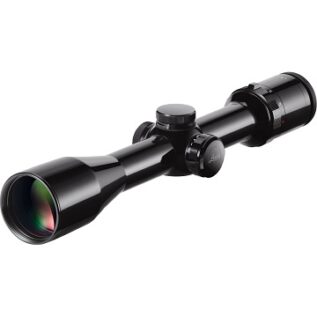 Leica Riflecope - Visus iLW L-4A (3-12x50)
Leica Riflecope - Visus iLW L-4A (3-12x50) 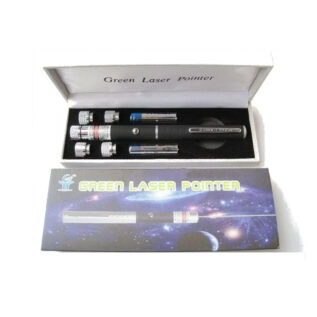 Green Laser - <1000mW
Green Laser - <1000mW 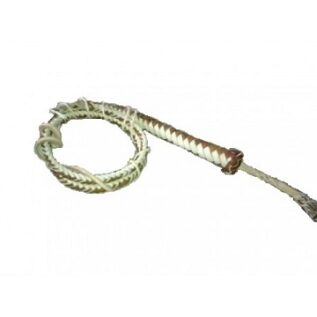 BullWhip Long Handle
BullWhip Long Handle 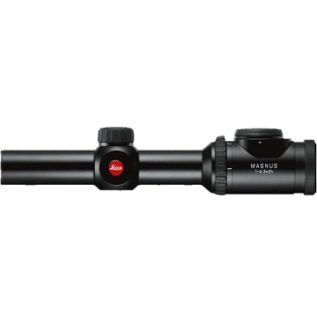 Leica Riflecope - Magnus i L-PLEX (1-6.3x24)
Leica Riflecope - Magnus i L-PLEX (1-6.3x24) 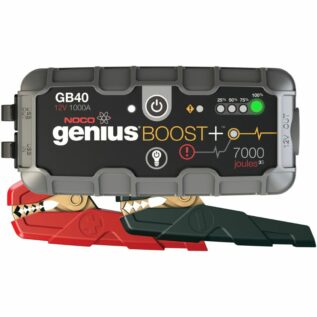 Noco Jump Starter - Boost Plus - Ultrasafe Lithium Battery - 12V 1000A
Noco Jump Starter - Boost Plus - Ultrasafe Lithium Battery - 12V 1000A 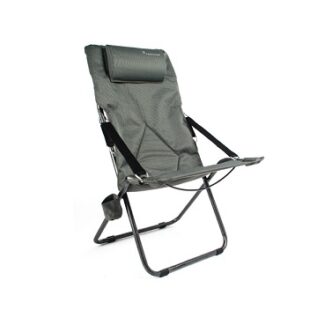 Kaufmann Chair - Deluxe Outdoor
Kaufmann Chair - Deluxe Outdoor 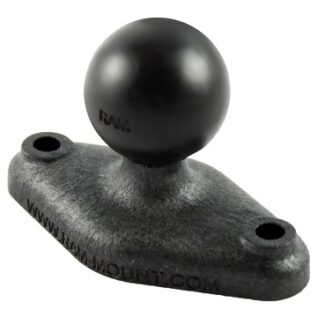 RAM 6cm x 3cm Composite Diamond Base with 2cm Ball
RAM 6cm x 3cm Composite Diamond Base with 2cm Ball 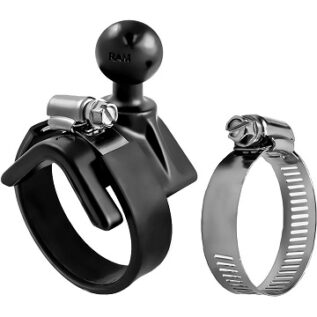 RAM V-Shape Base with 2cm Ball for Rails and Yokes
RAM V-Shape Base with 2cm Ball for Rails and Yokes 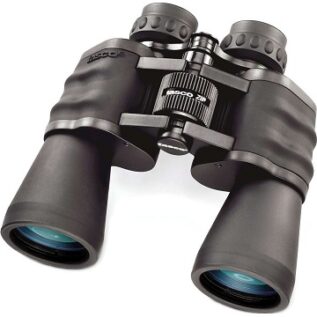 Tasco Binocular - Essentials - 10mm x 50mm
Tasco Binocular - Essentials - 10mm x 50mm 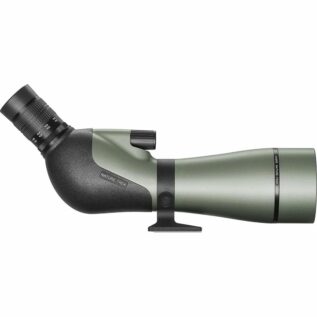 Hawke Nature-Trek 20-60x80mm Spotting Scope
Hawke Nature-Trek 20-60x80mm Spotting Scope 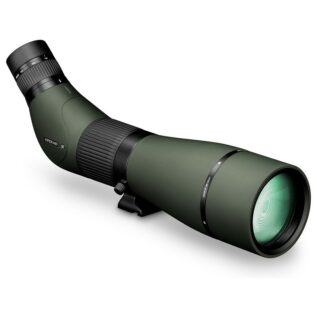 Vortex Viper HD 20-60 X 85 (Angled) Spotting Scope
Vortex Viper HD 20-60 X 85 (Angled) Spotting Scope 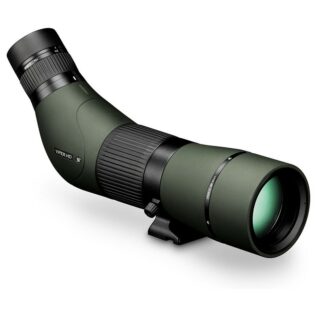 Vortex Viper HD 15-45x65 (Angled) Spotting Scope
Vortex Viper HD 15-45x65 (Angled) Spotting Scope 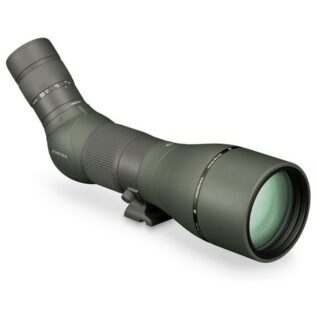 Vortex Razor HD 27-60x85 Spotting Scope
Vortex Razor HD 27-60x85 Spotting Scope 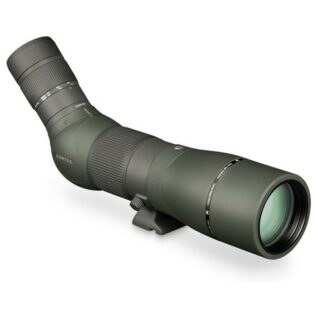 Vortex Razor HD 22-48x65 Spotting Scope
Vortex Razor HD 22-48x65 Spotting Scope 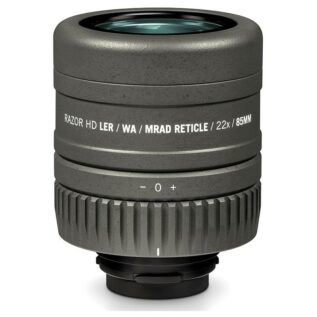 Vortex Razor HD Reticle Eyepiece with Ranging Reticle MRAD
Vortex Razor HD Reticle Eyepiece with Ranging Reticle MRAD 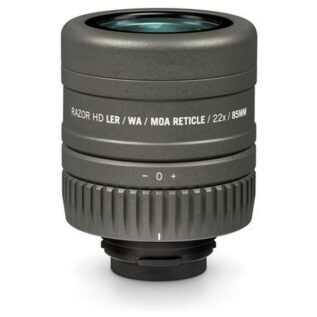 Vortex Razor HD Reticle Eyepiece with Ranging Reticle MOA
Vortex Razor HD Reticle Eyepiece with Ranging Reticle MOA 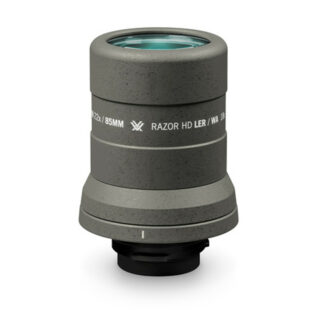 Vortex Razor HD 18x/23x Wide LER Eyepiece
Vortex Razor HD 18x/23x Wide LER Eyepiece 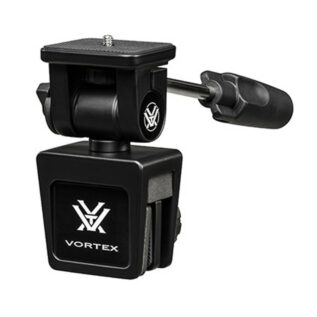 Vortex Car Window Mount
Vortex Car Window Mount 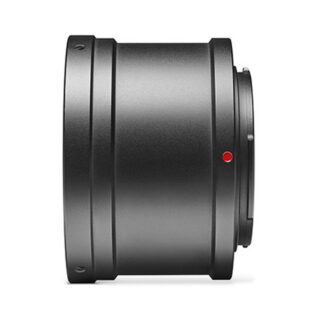 Swarovski T2 Sony Camera Adapter
Swarovski T2 Sony Camera Adapter 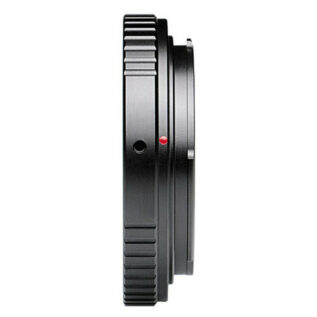 Swarovski T2 Nikon Camera Adapter
Swarovski T2 Nikon Camera Adapter 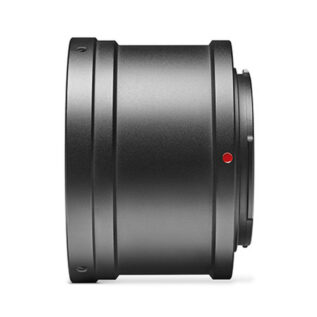 Swarovski T2 Micro 4/3 Camera Adapter
Swarovski T2 Micro 4/3 Camera Adapter 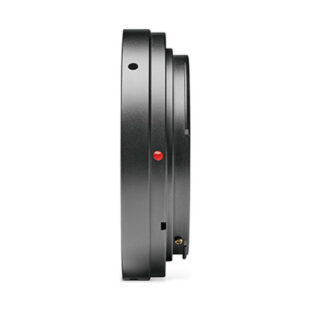 Swarovski T2 Canon Camera Adapter
Swarovski T2 Canon Camera Adapter 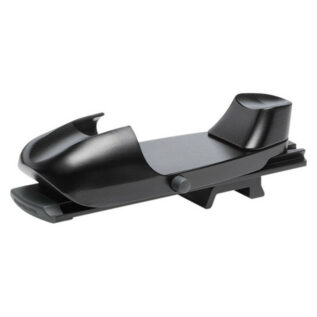 Swarovski Spotting Scope Rail II
Swarovski Spotting Scope Rail II 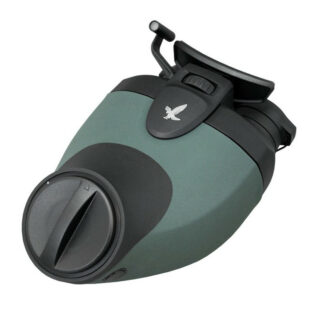 Swarovski BTX Spotting Scope Eyepiece Module
Swarovski BTX Spotting Scope Eyepiece Module 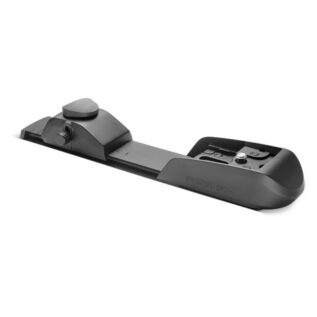 Swarovski Spotting Scope Balance Rail
Swarovski Spotting Scope Balance Rail 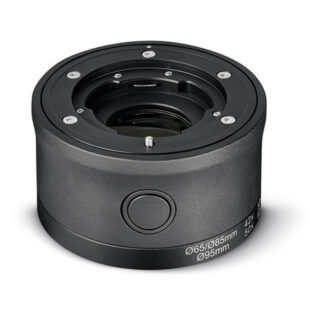 Swarovski Spotting Scope 1.7x Magnification Extender
Swarovski Spotting Scope 1.7x Magnification Extender 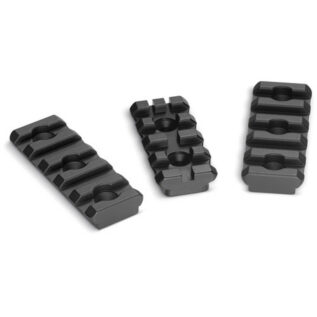 Swarovski STR 80 Spotting Scope MRS Picatinny Mounting Rail Set
Swarovski STR 80 Spotting Scope MRS Picatinny Mounting Rail Set 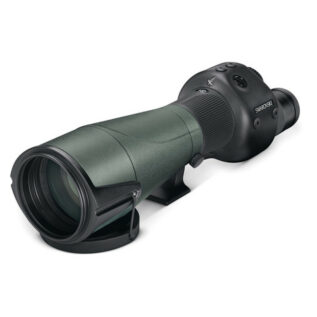 Swarovski 25-50x80mm STR 80 Spotting Scope
Swarovski 25-50x80mm STR 80 Spotting Scope 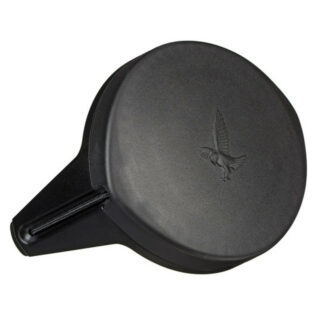 Swarovski 80mm Spotting Scope Cap
Swarovski 80mm Spotting Scope Cap 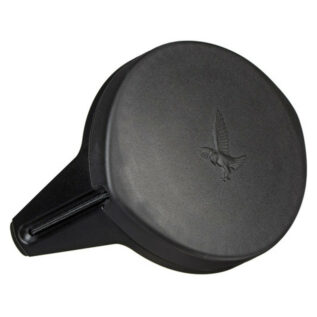 Swarovski 65mm Spotting Scope Cap
Swarovski 65mm Spotting Scope Cap 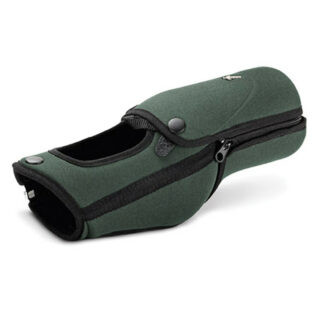 Swarovski STX Ocular Spotting Scope Eyepiece Stay On Case
Swarovski STX Ocular Spotting Scope Eyepiece Stay On Case 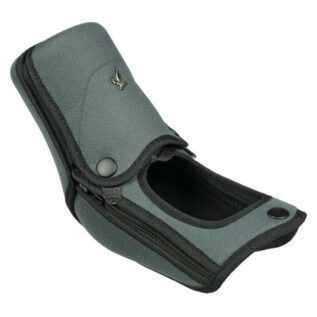 Swarovski ATX Ocular Spotting Scope Eyepiece Stay On Case
Swarovski ATX Ocular Spotting Scope Eyepiece Stay On Case 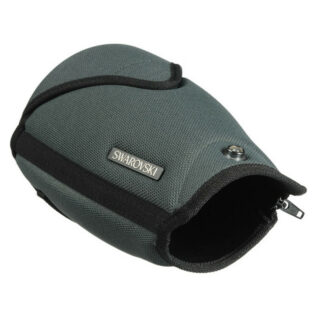 Swarovski 95mm Objective Spotting Scope Eyepiece Stay On Case
Swarovski 95mm Objective Spotting Scope Eyepiece Stay On Case 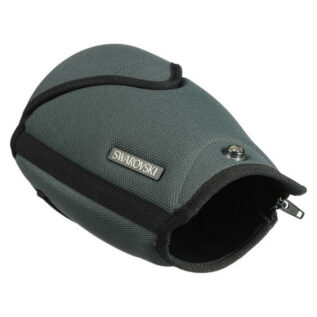 Swarovski 85mm Objective Spotting Scope Eyepiece Stay On Case
Swarovski 85mm Objective Spotting Scope Eyepiece Stay On Case 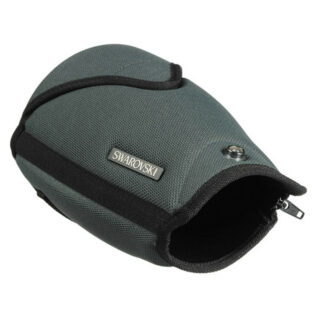 Swarovski 65mm Objective Spotting Scope Eyepiece Stay On Case
Swarovski 65mm Objective Spotting Scope Eyepiece Stay On Case 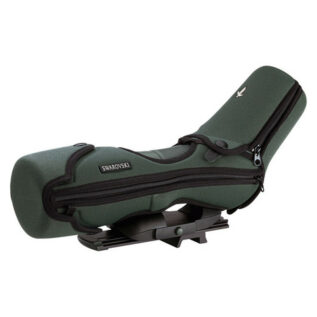 Swarovski ATS 65 Spotting Scope Eyepiece Stay On Case
Swarovski ATS 65 Spotting Scope Eyepiece Stay On Case 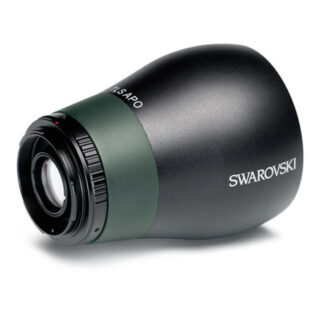 Swarovski 23mm ATX Spotting Scope Digiscoping Lens
Swarovski 23mm ATX Spotting Scope Digiscoping Lens 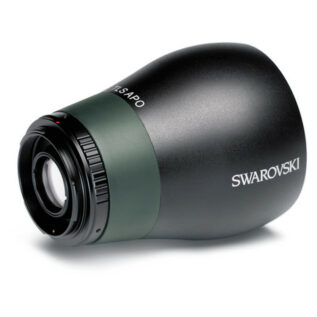 Swarovski 23mm ATS Spotting Scope Digiscoping Lens
Swarovski 23mm ATS Spotting Scope Digiscoping Lens 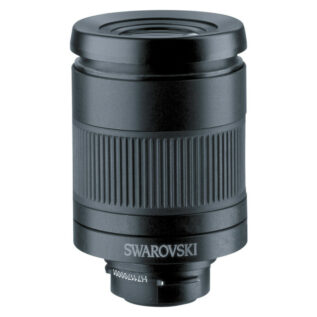 Swarovski 25-50x Spotting Scope Wide-Angle Zoom Eyepiece
Swarovski 25-50x Spotting Scope Wide-Angle Zoom Eyepiece 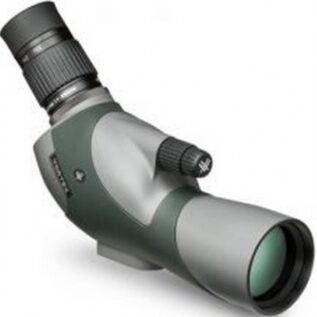 Vortex Spotting Scope - Razor HD 11-33-x50
Vortex Spotting Scope - Razor HD 11-33-x50 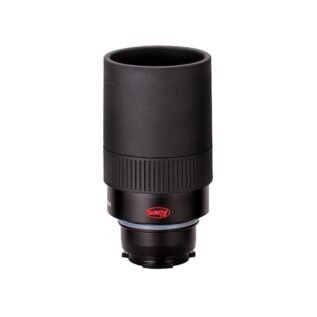 Kowa Spotting Scope - Eyepiece 25x
Kowa Spotting Scope - Eyepiece 25x 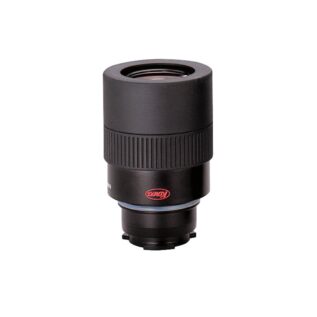 Kowa Spotting Scope - Eyepiece Wide Angle 30x
Kowa Spotting Scope - Eyepiece Wide Angle 30x 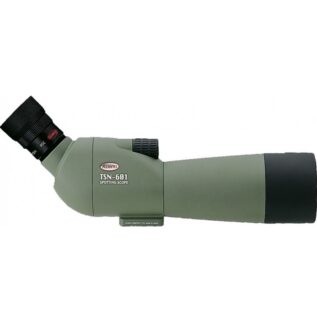 Kowa Spotting Scope - Straight Through Eyepiece Mount - Diameter Lens 60mm 45°
Kowa Spotting Scope - Straight Through Eyepiece Mount - Diameter Lens 60mm 45° 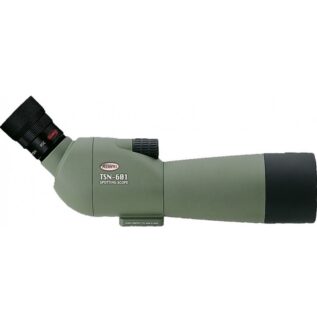 Kowa Spotting Scope - Viewing Eyepiece Mount - Diameter Lens 60mm 45°
Kowa Spotting Scope - Viewing Eyepiece Mount - Diameter Lens 60mm 45° 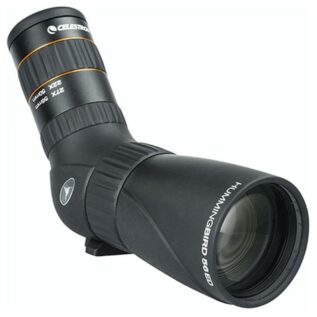 Celestron Hummingbird 9-27×56 ED Micro Spotting Scope
Celestron Hummingbird 9-27×56 ED Micro Spotting Scope 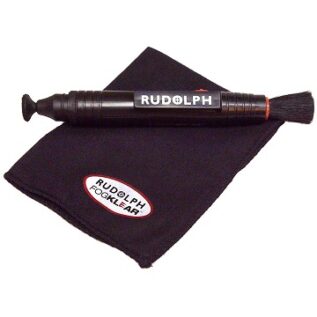 Rudolph Optics - Lens Pen Cleaner
Rudolph Optics - Lens Pen Cleaner 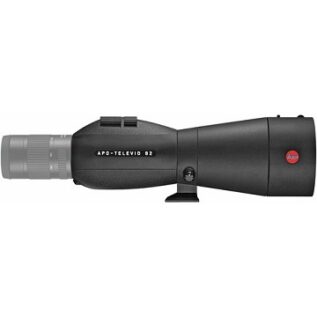 Leica Spotting Scope - Televid 82mm Straight
Leica Spotting Scope - Televid 82mm Straight 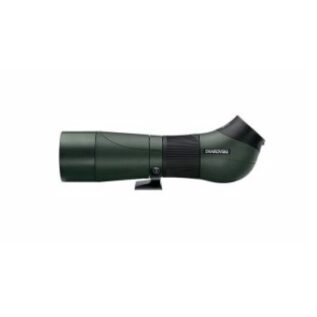 Swarovski Spotting Scope - ATS 65
Swarovski Spotting Scope - ATS 65 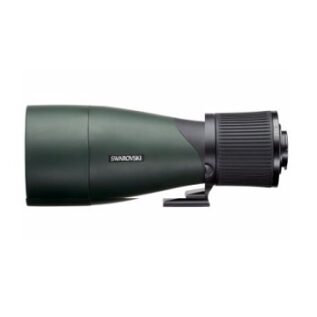 Swarovski Spotting Scope - 85mm Objective Module 25-60x
Swarovski Spotting Scope - 85mm Objective Module 25-60x 